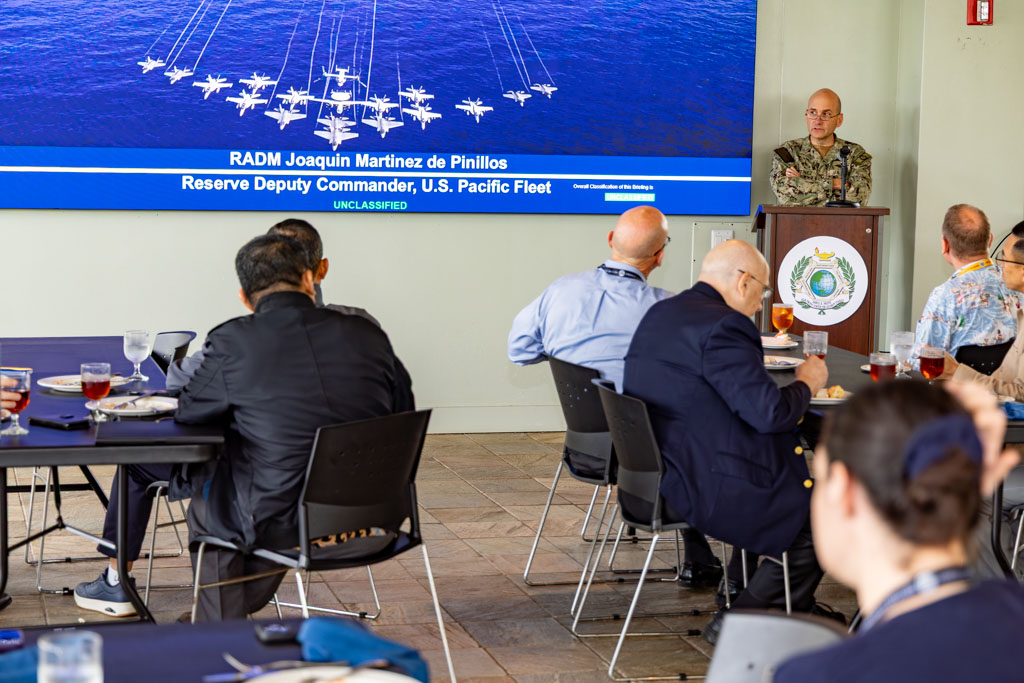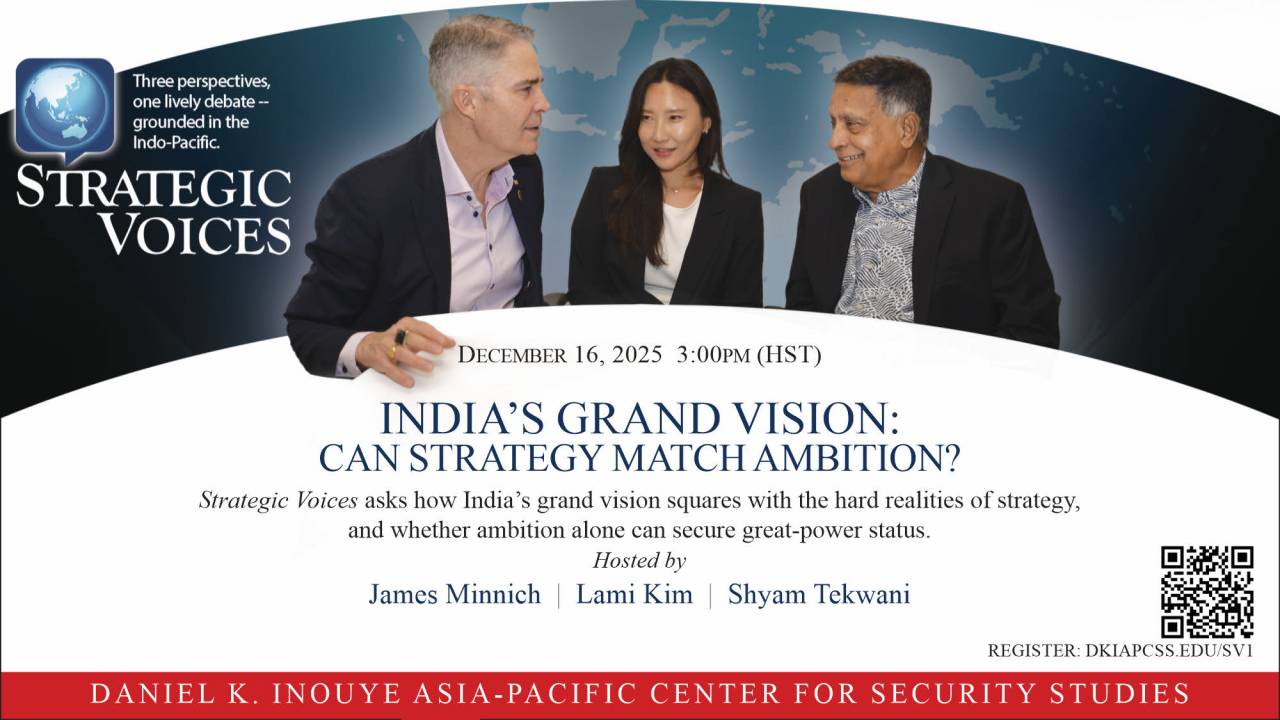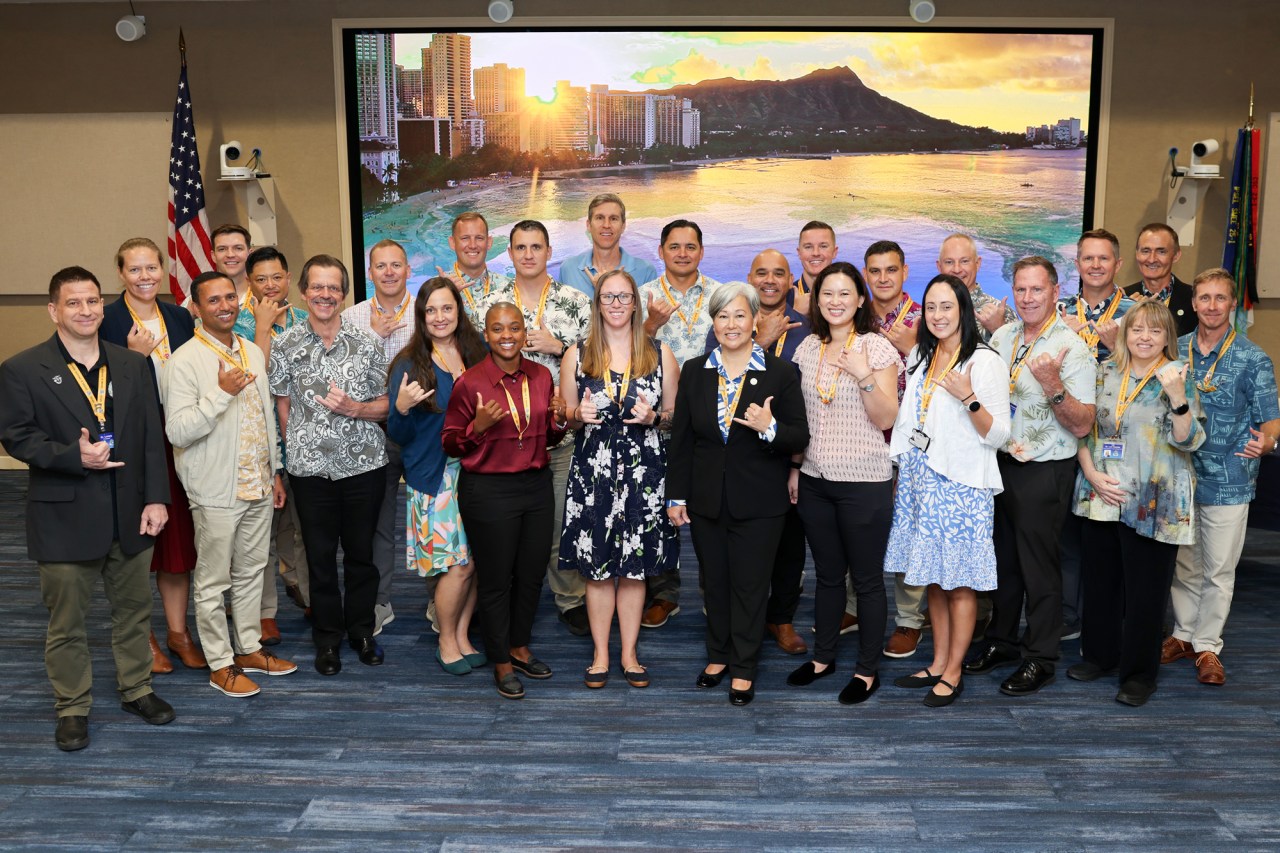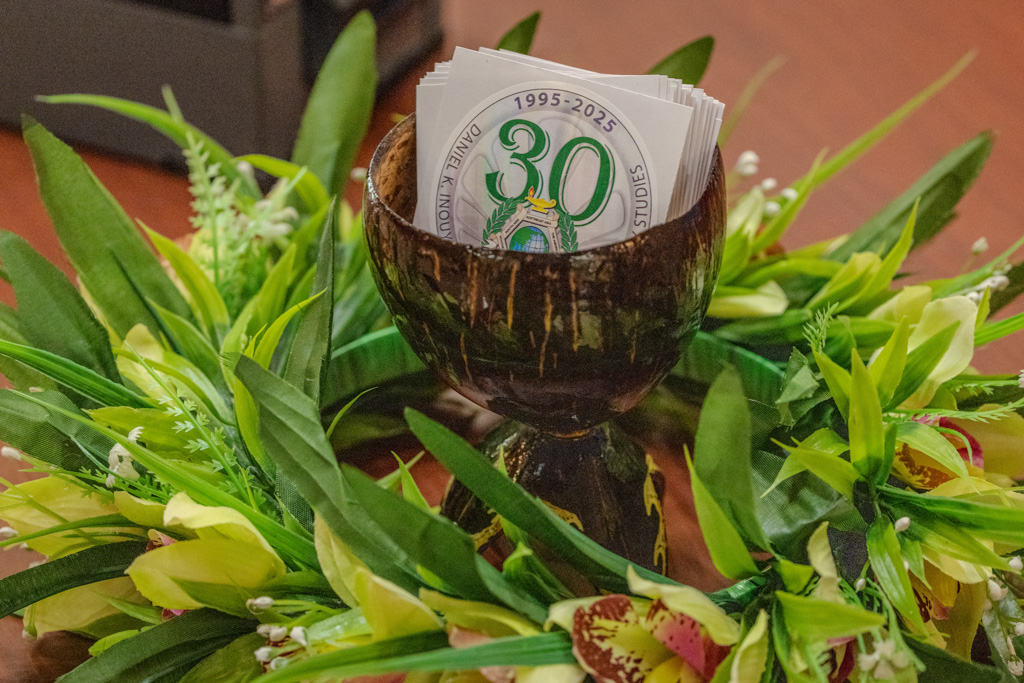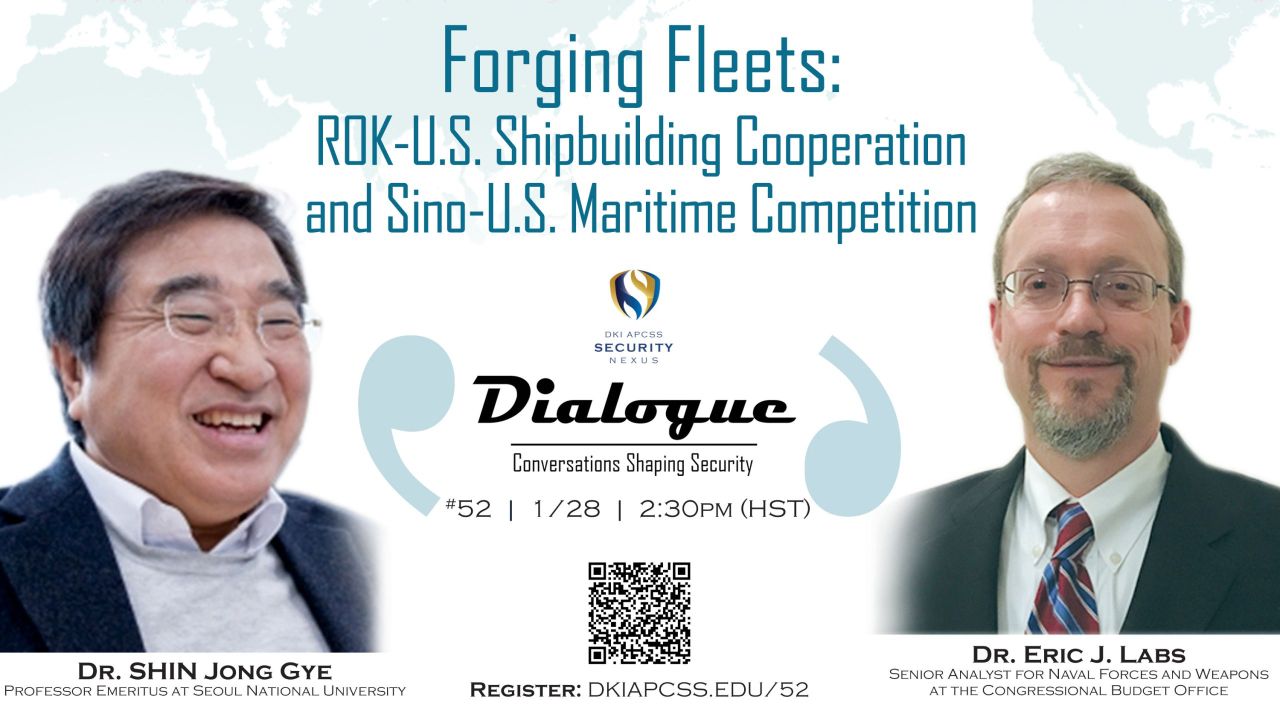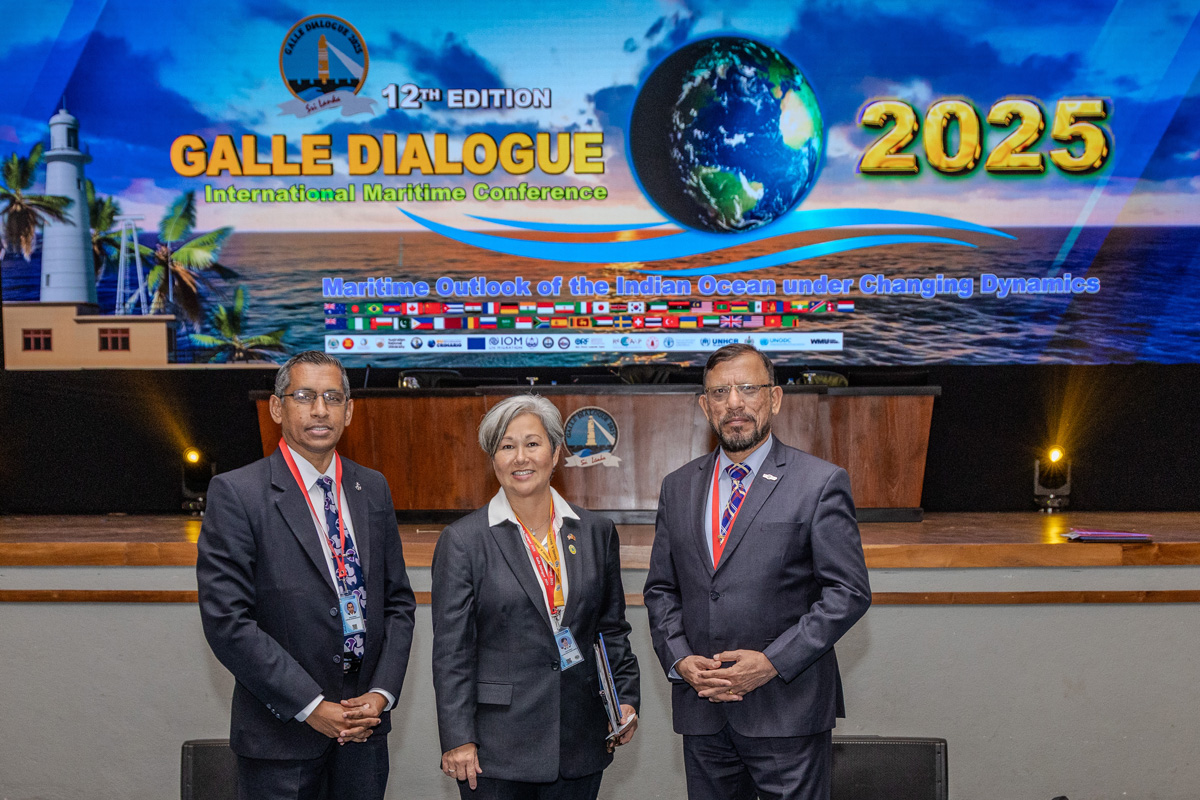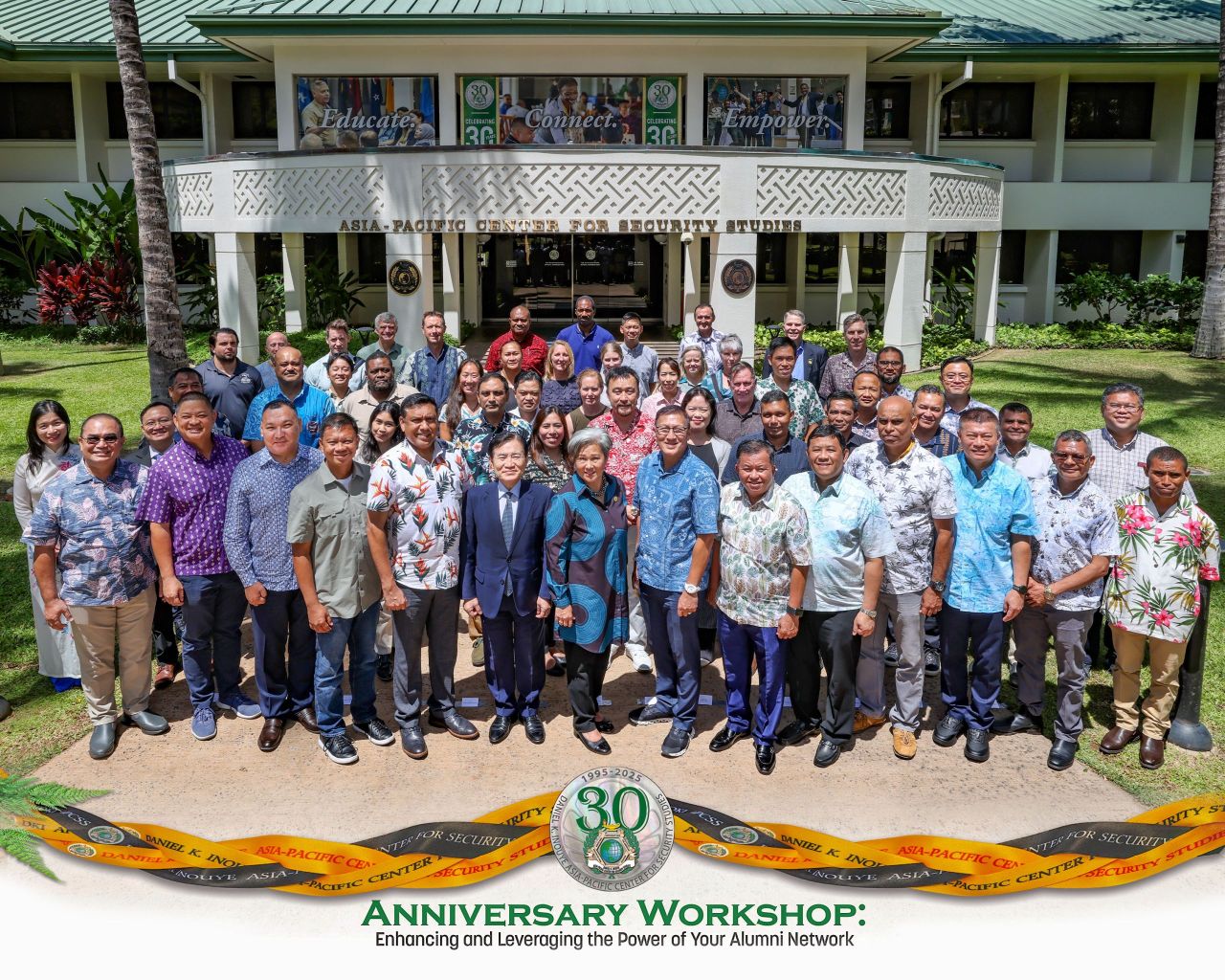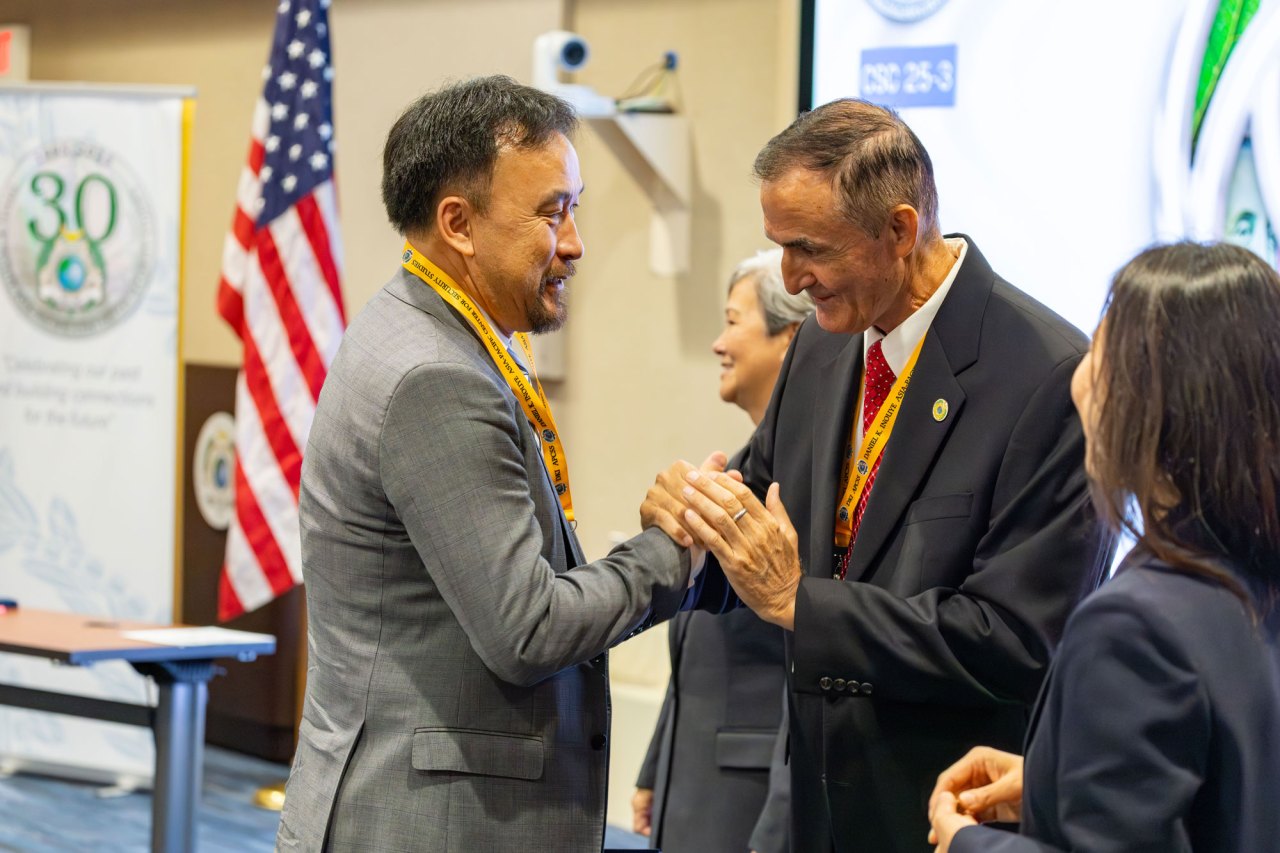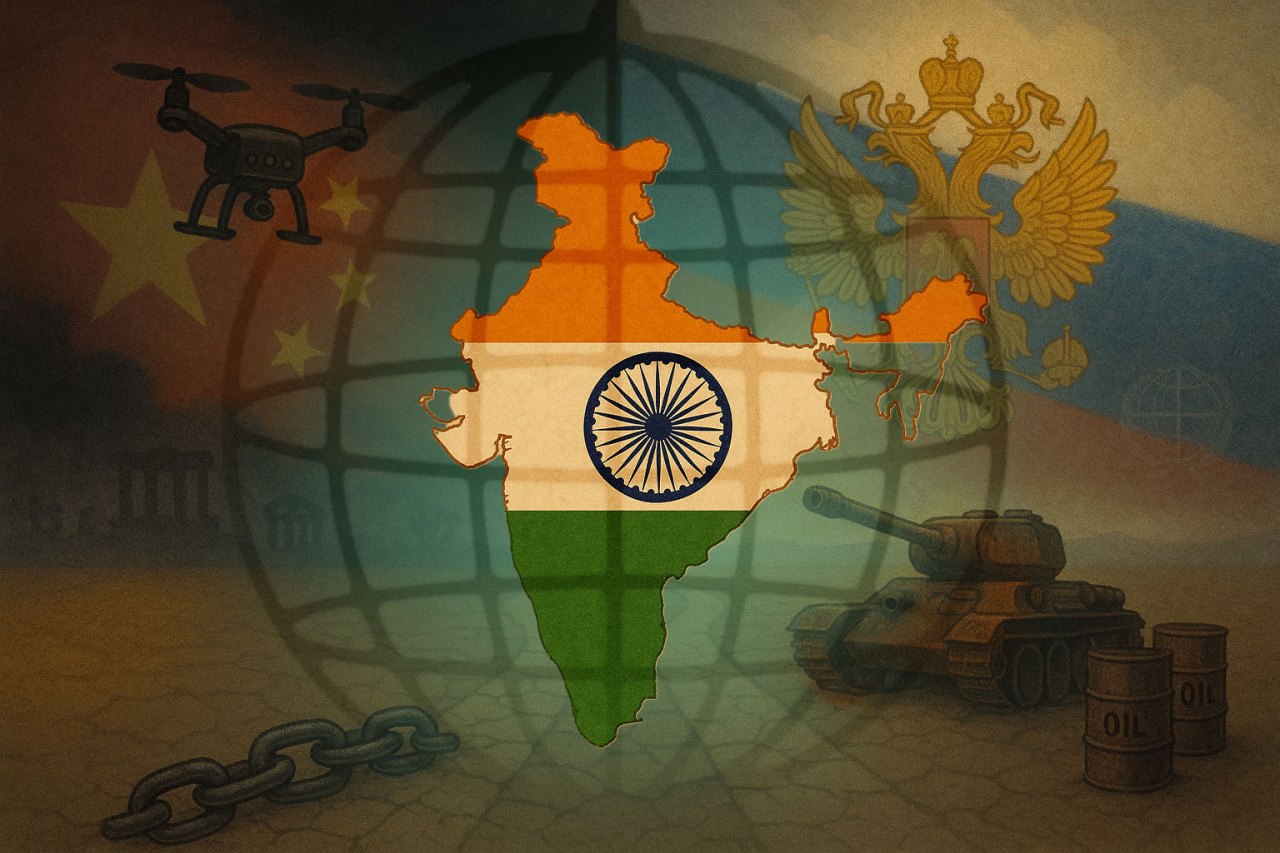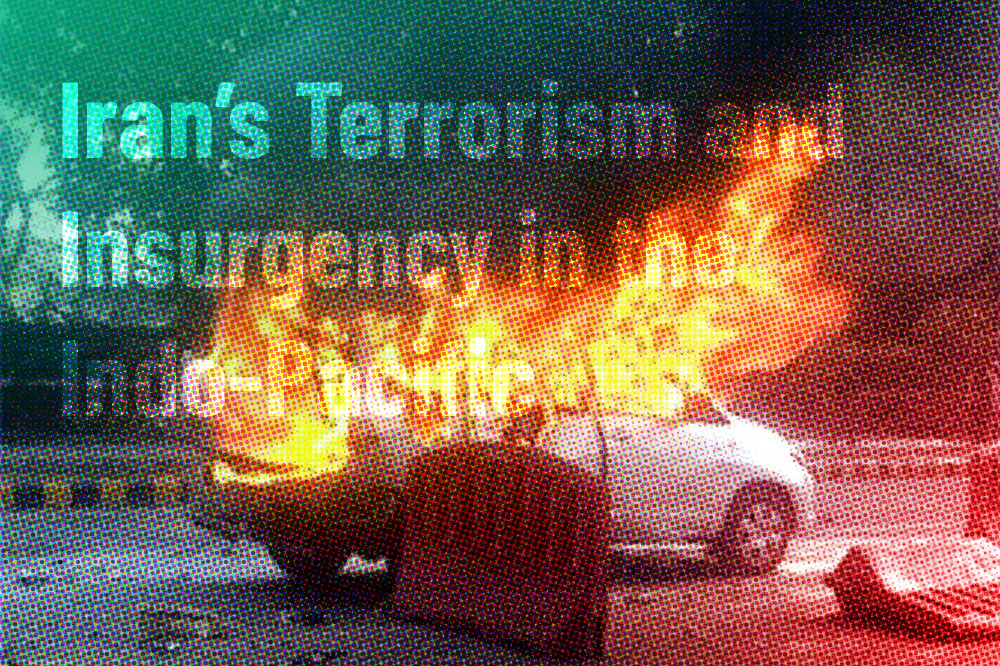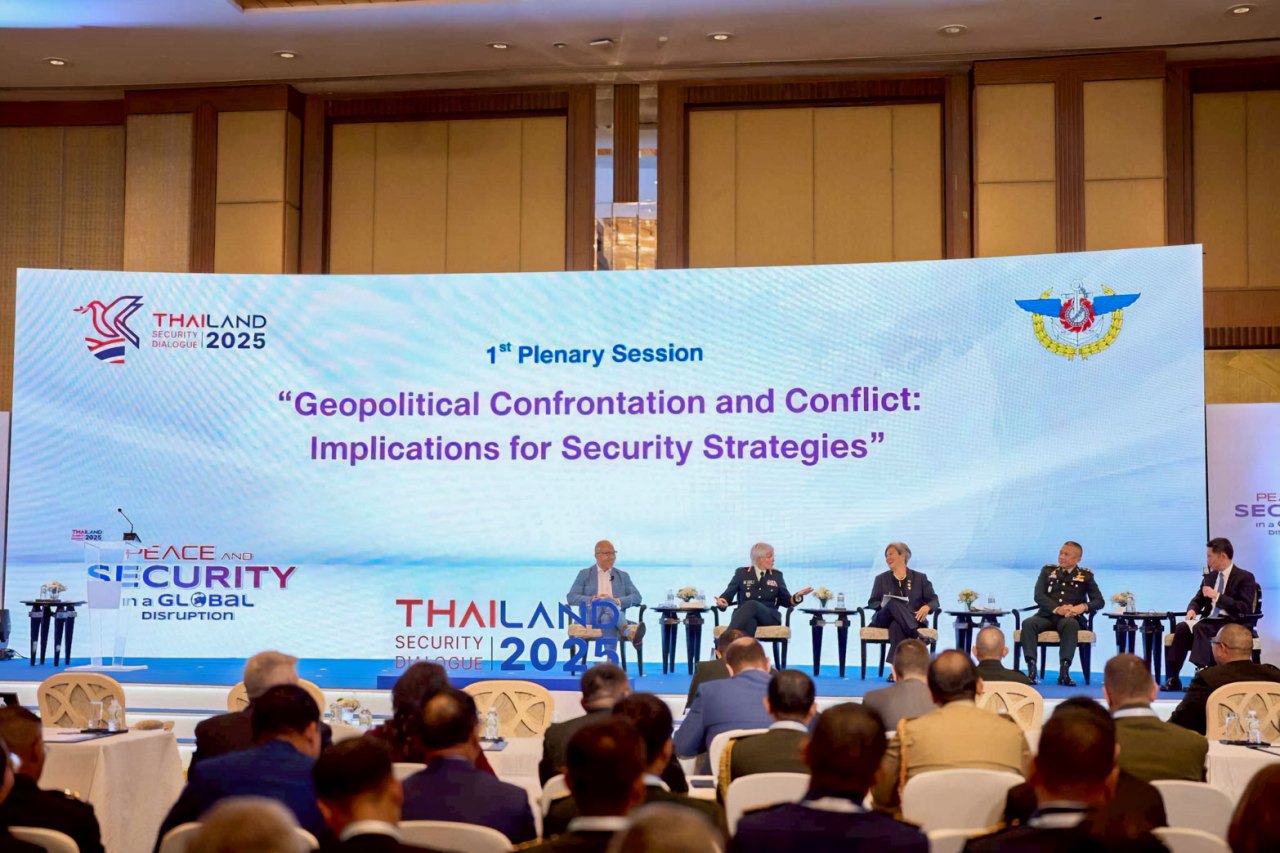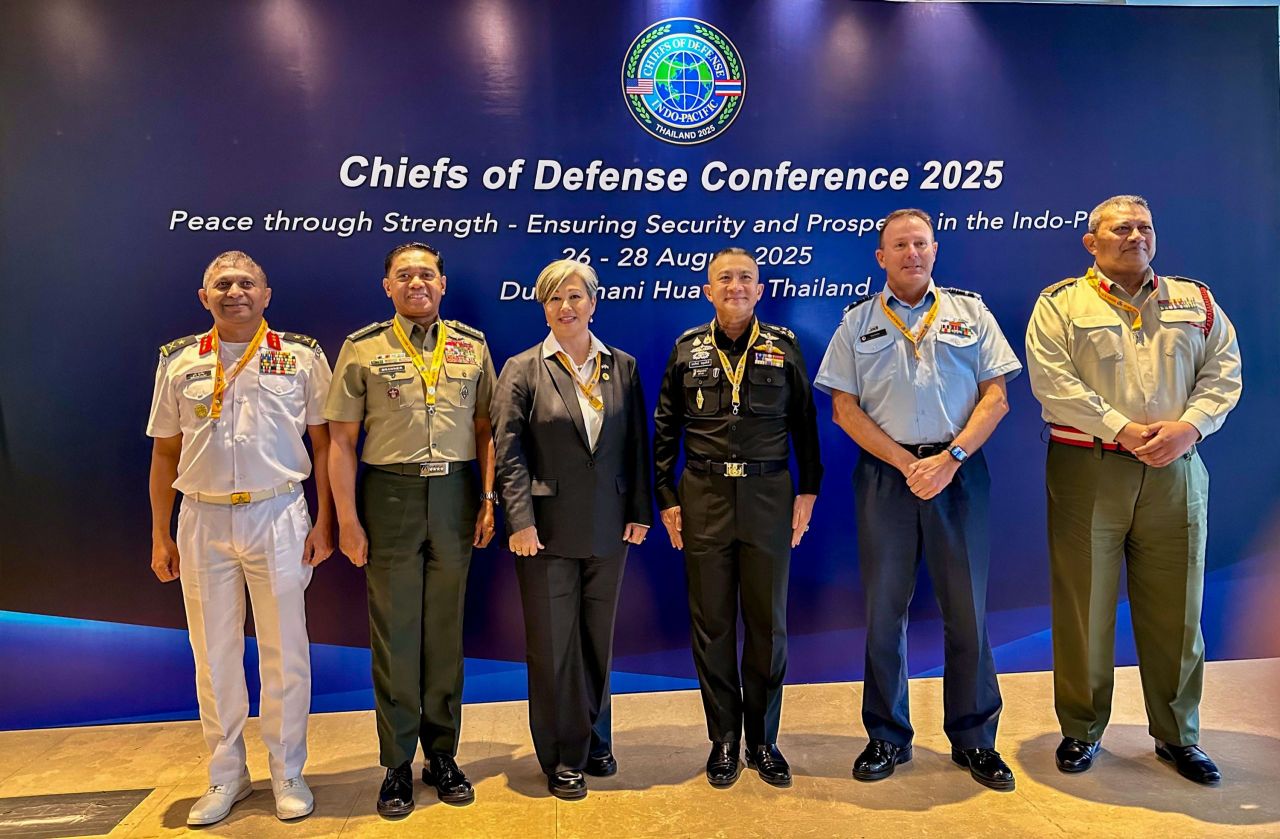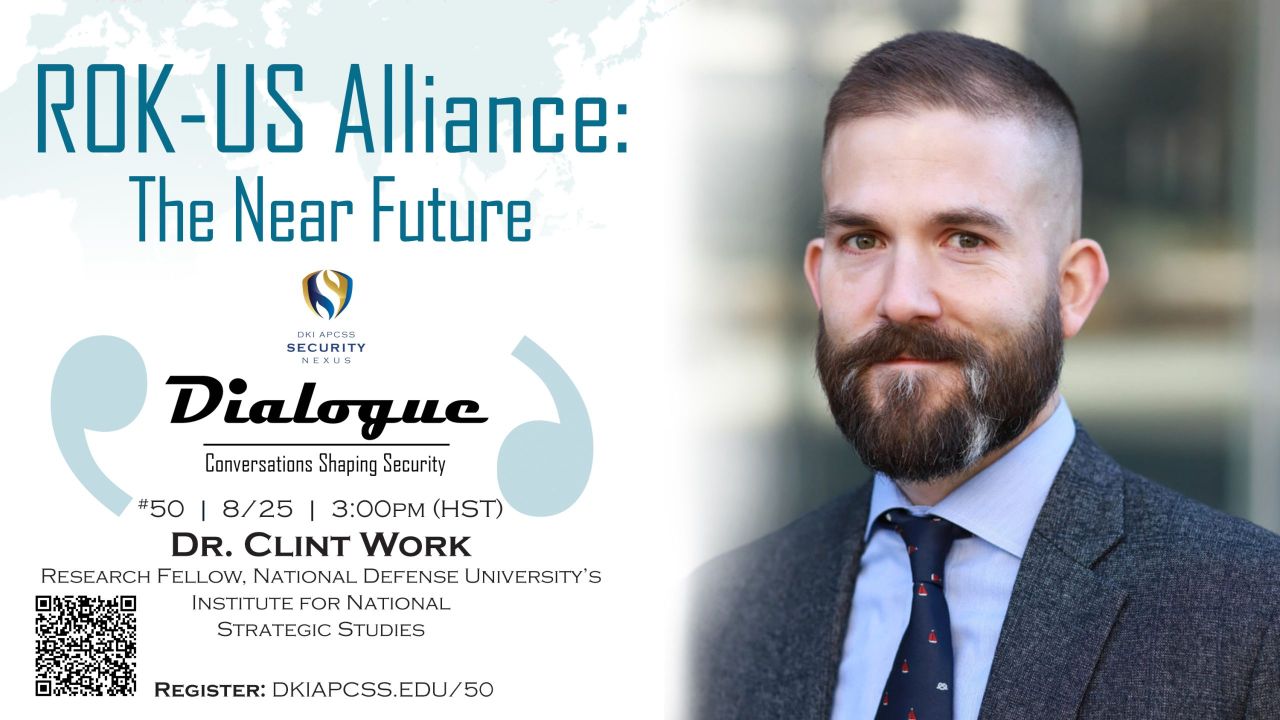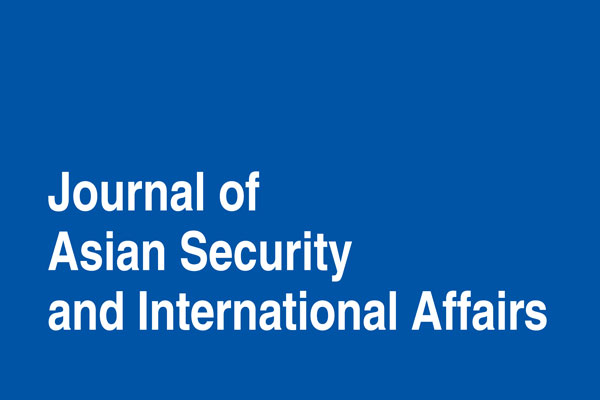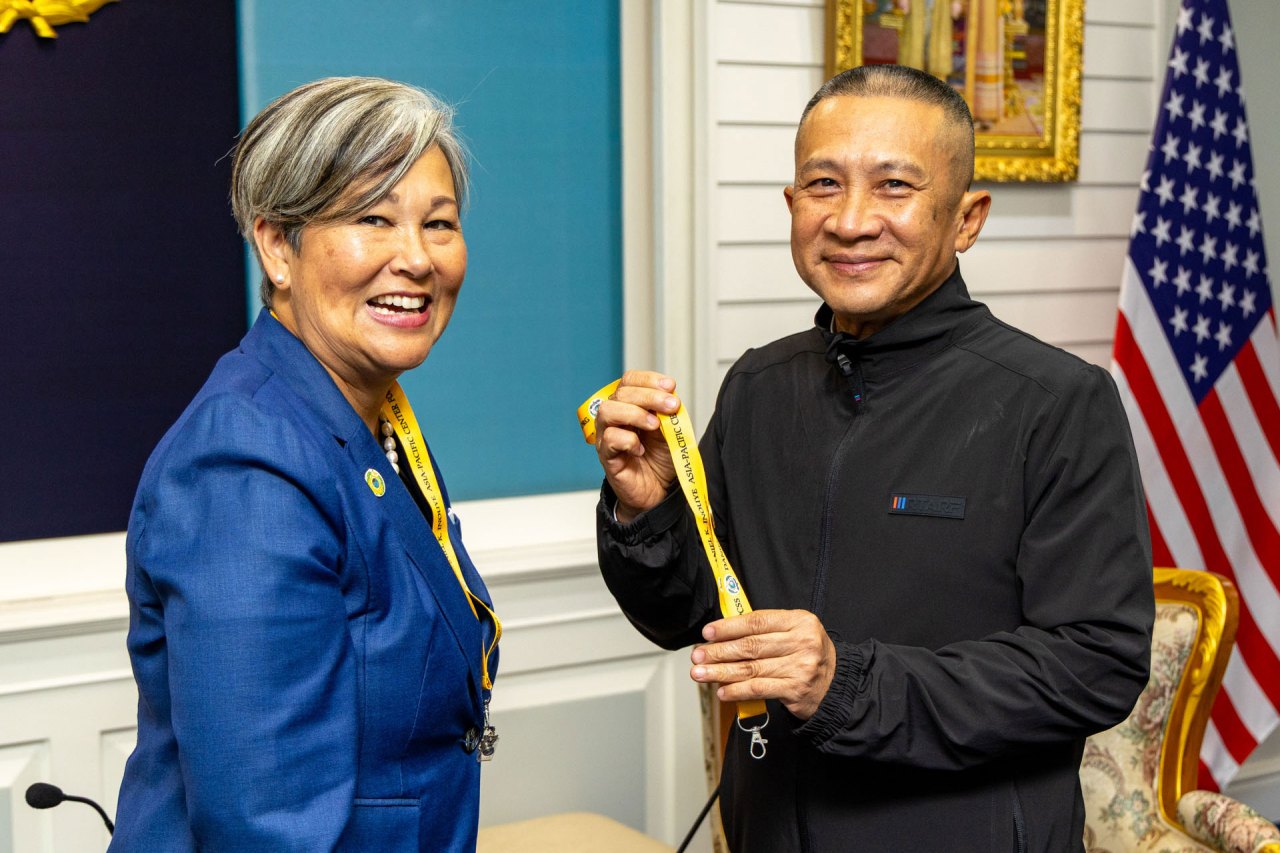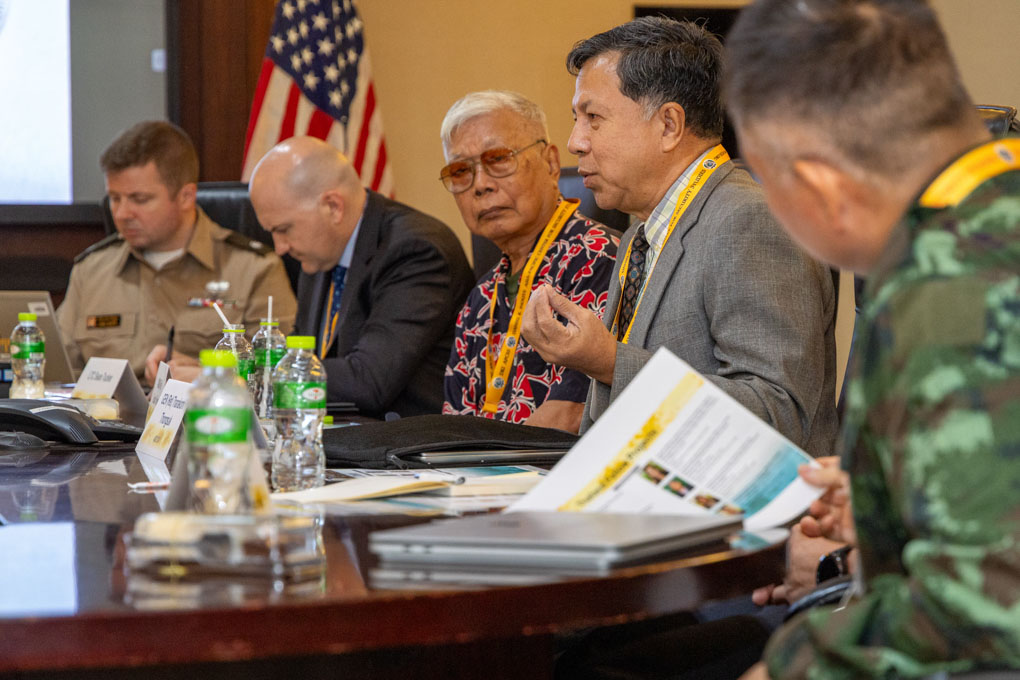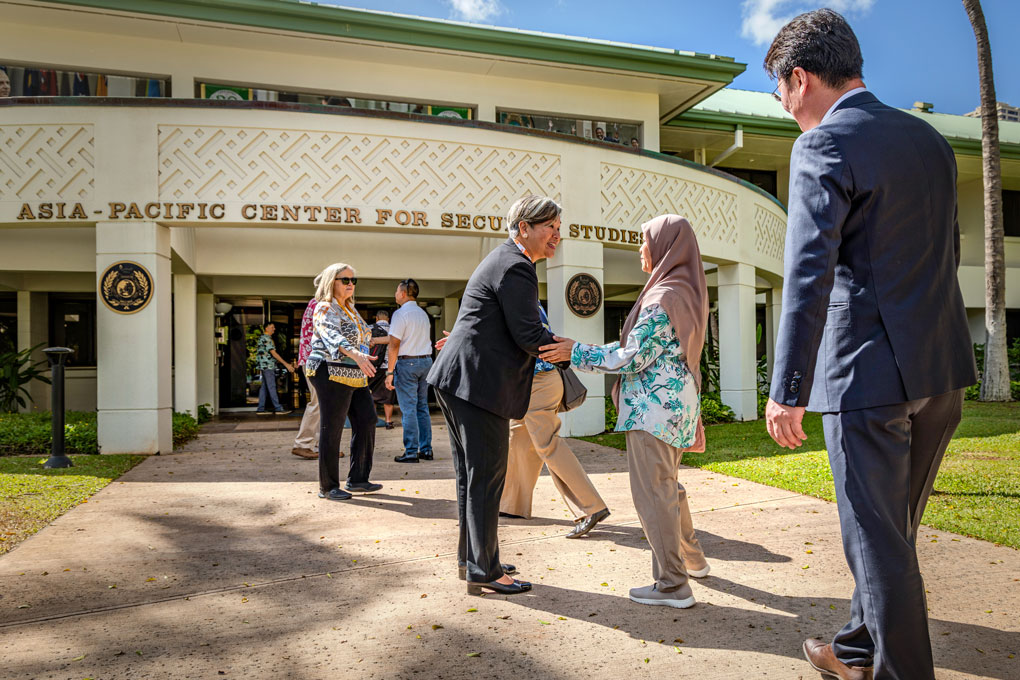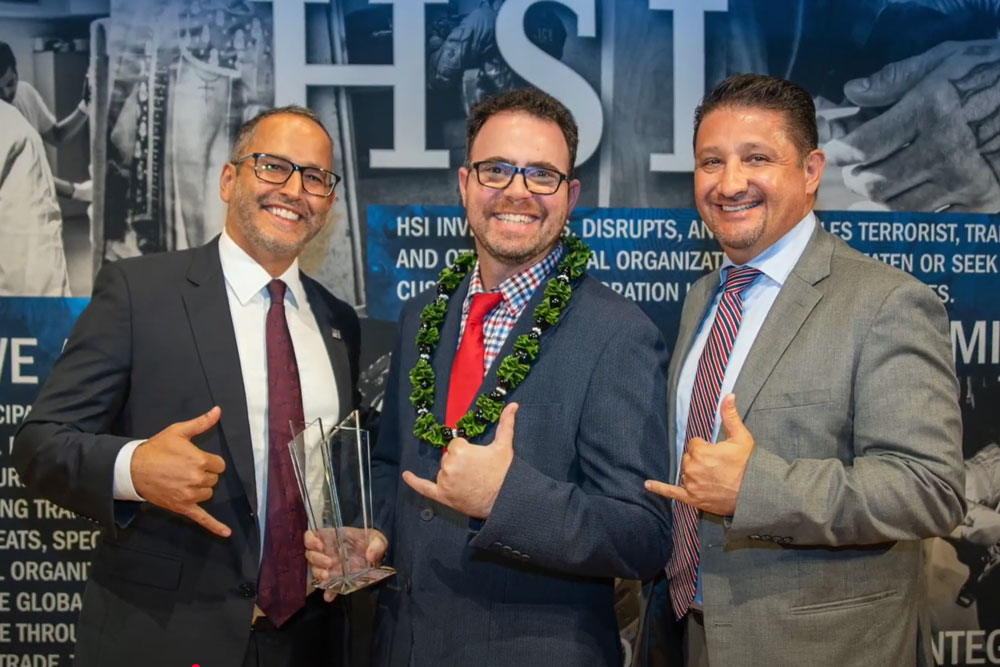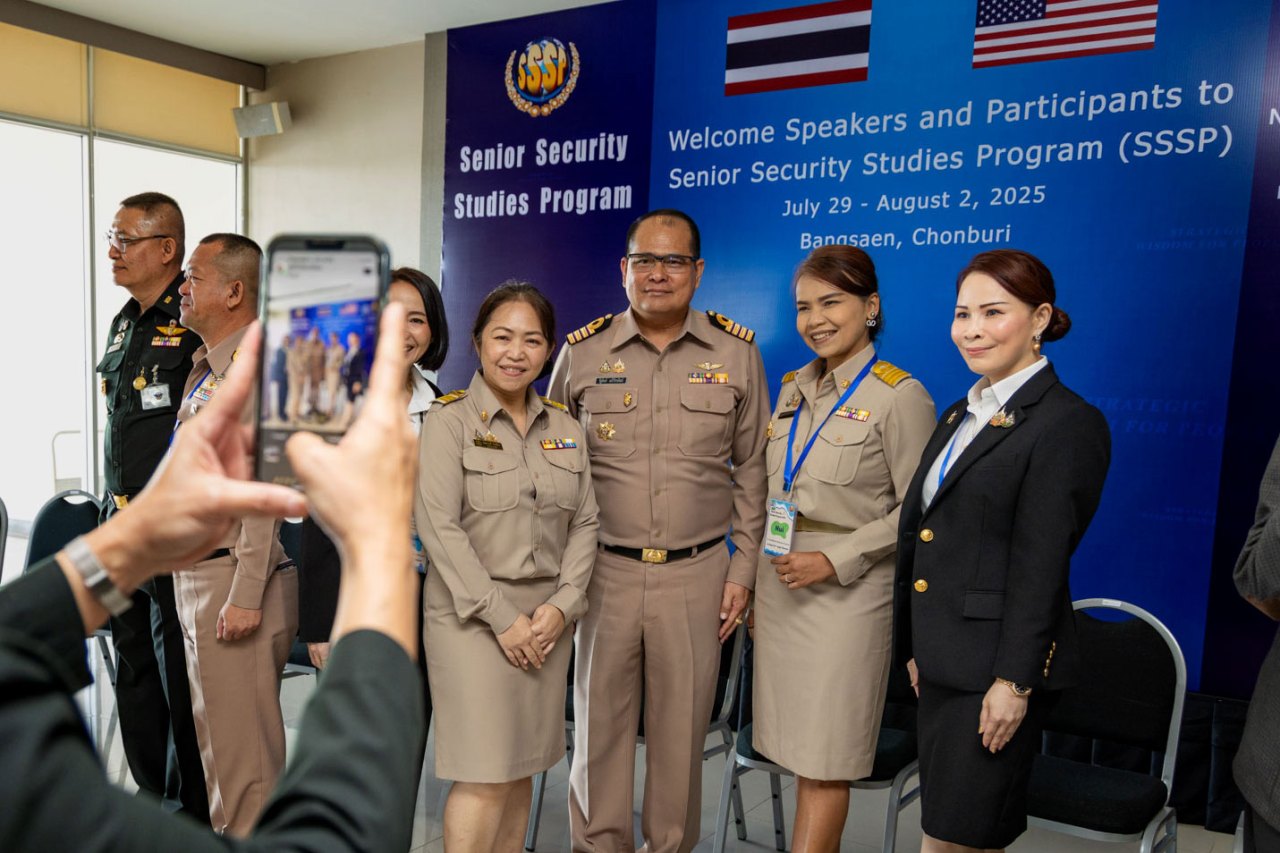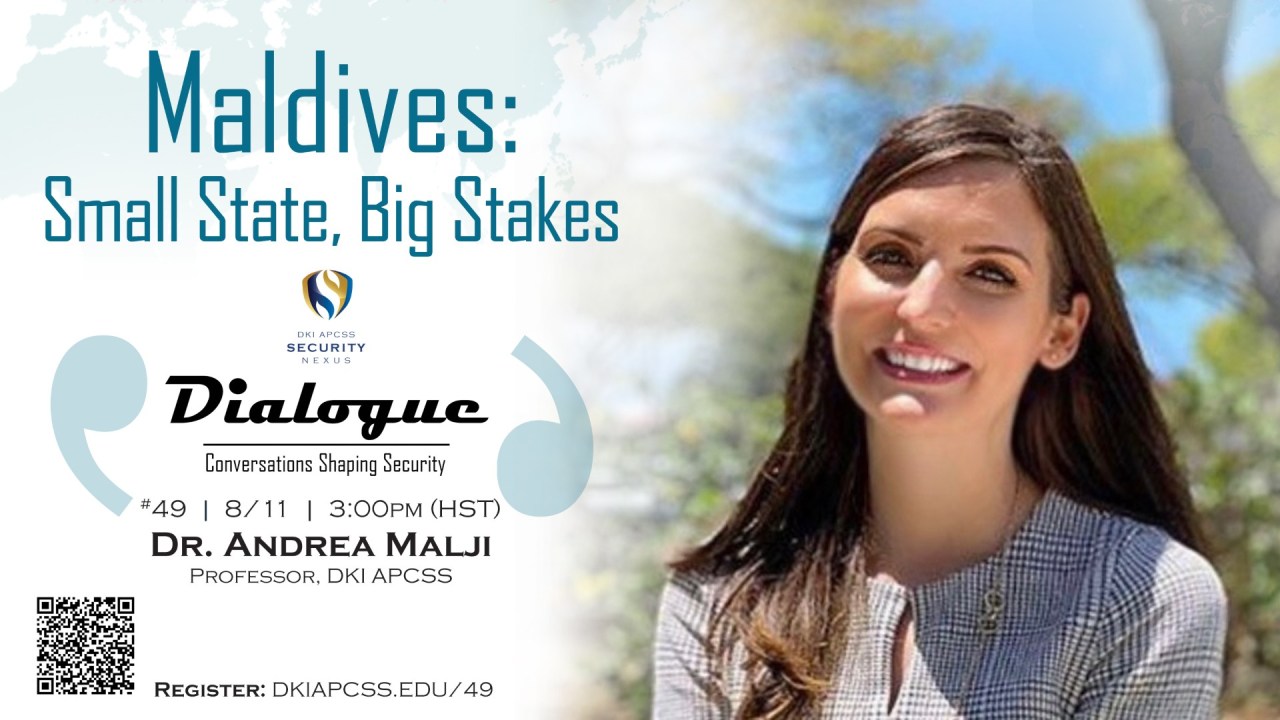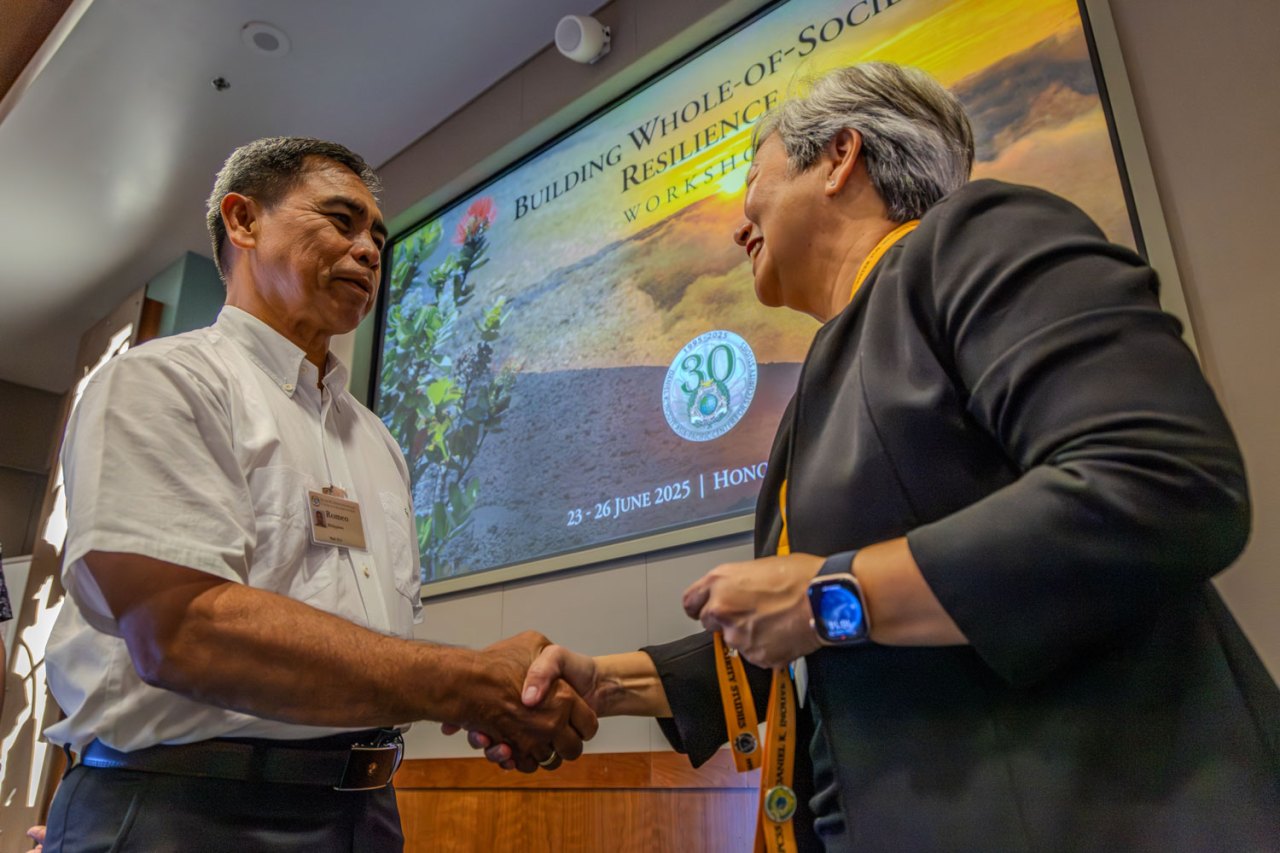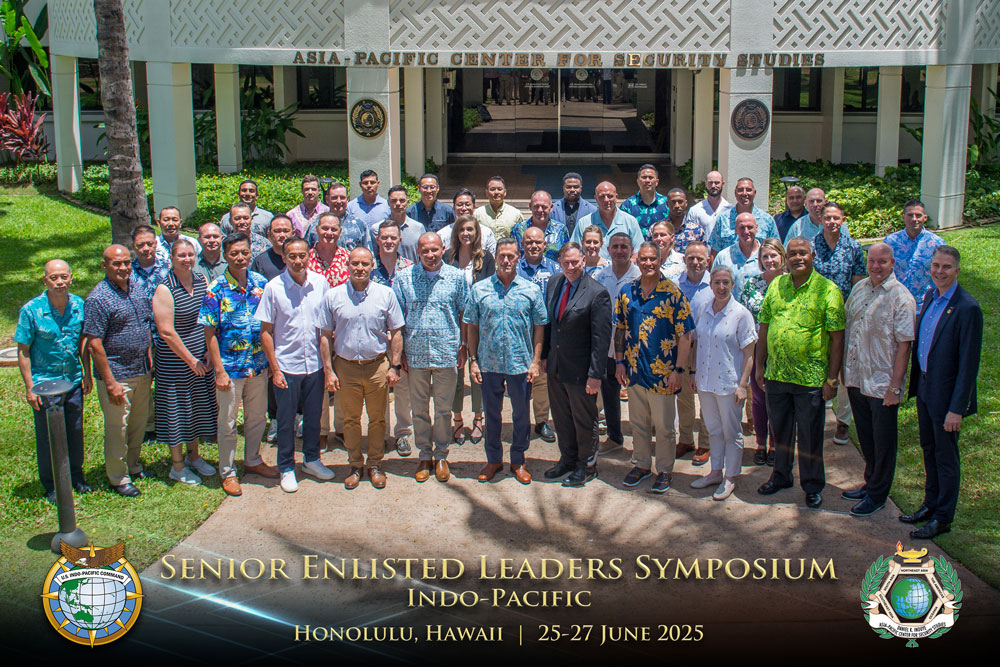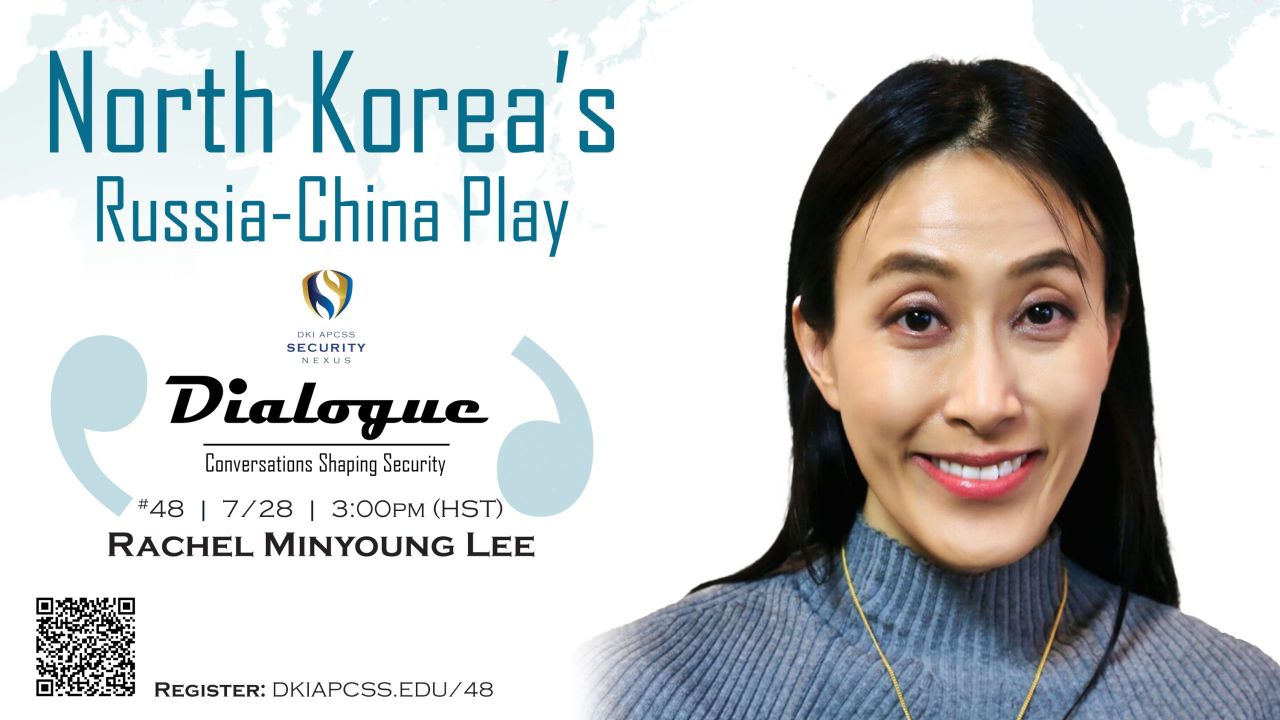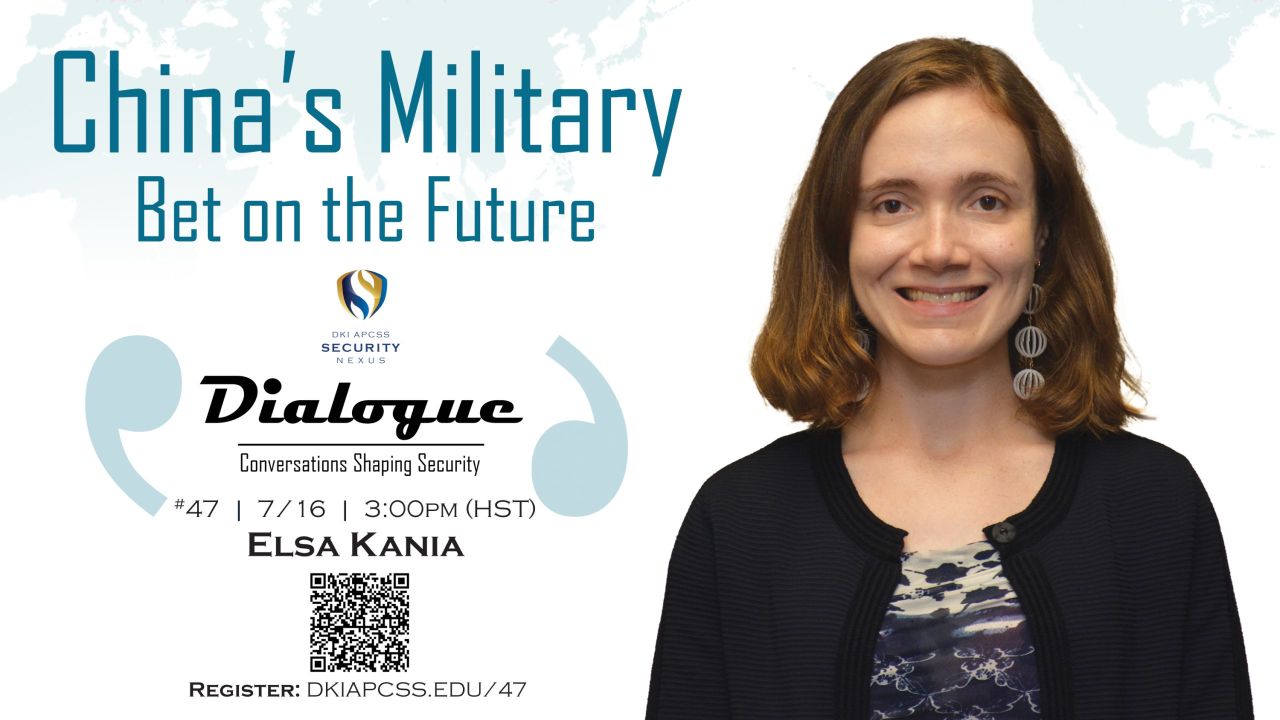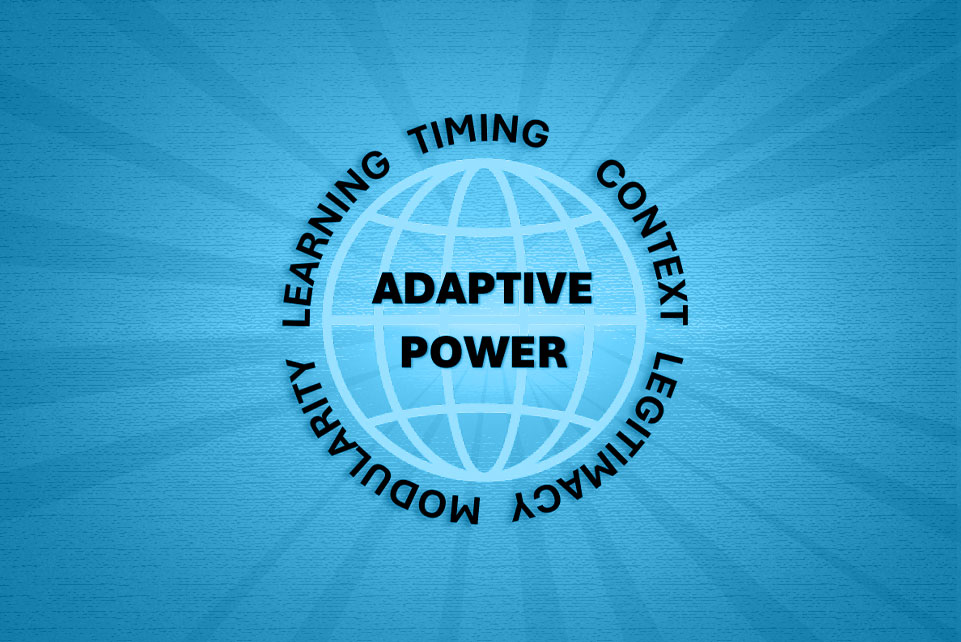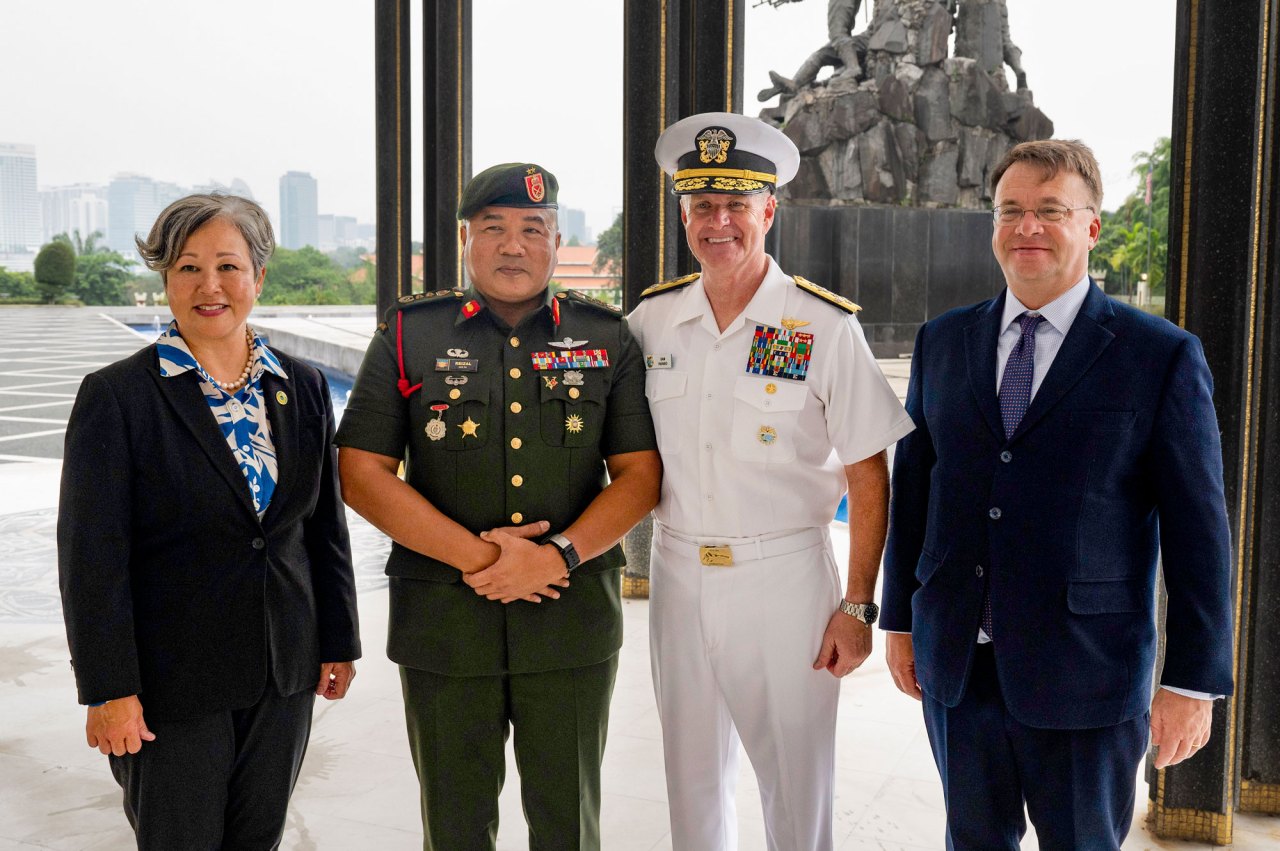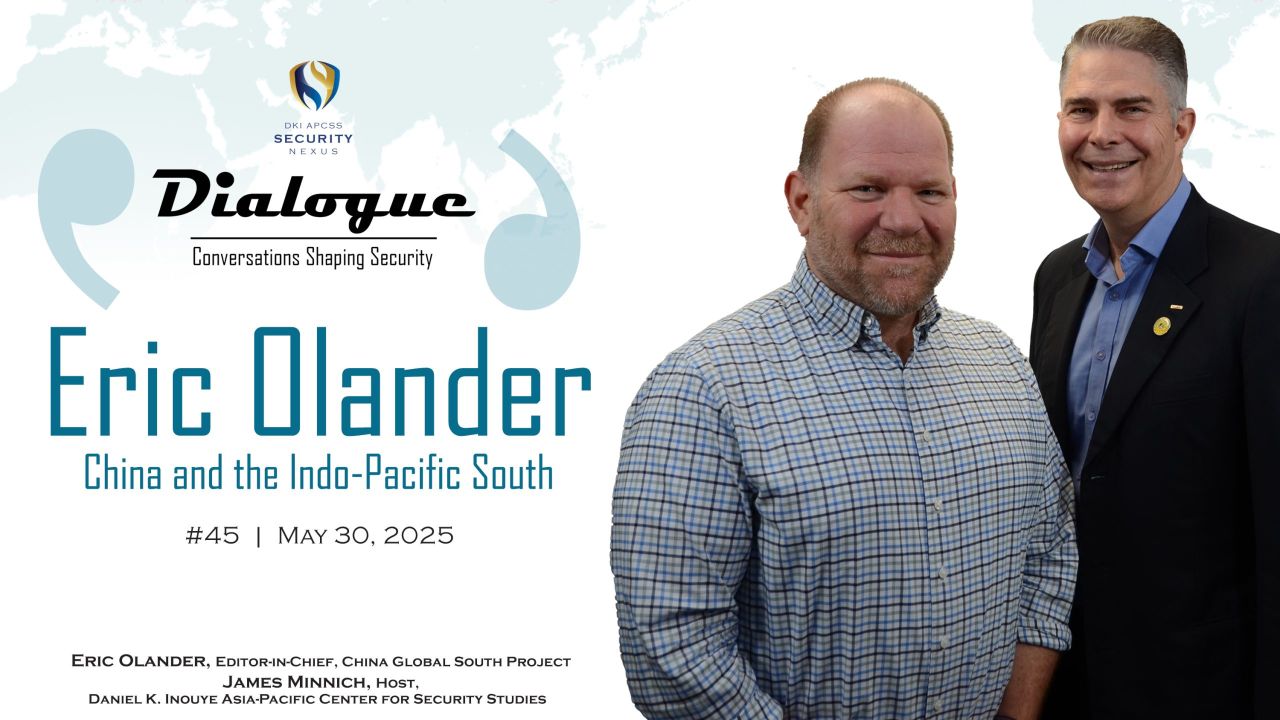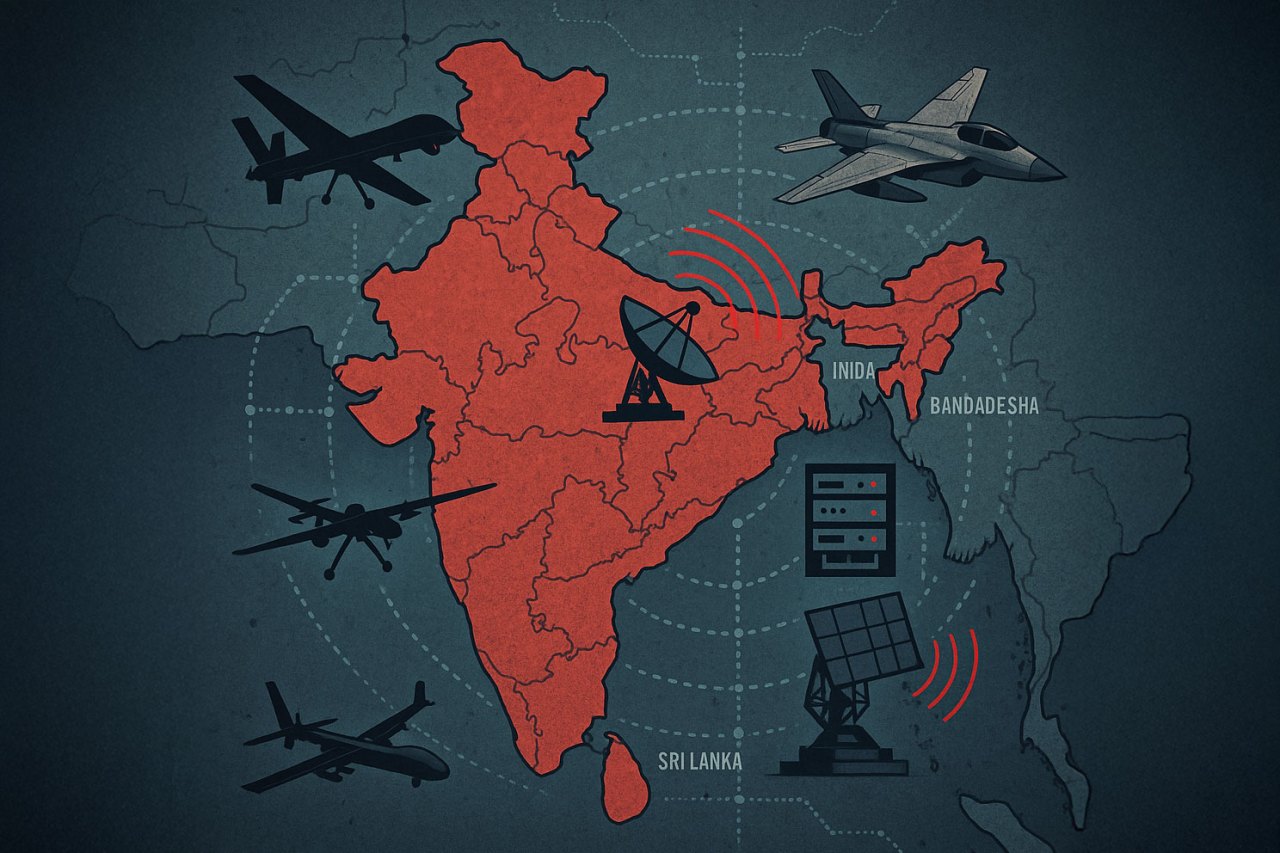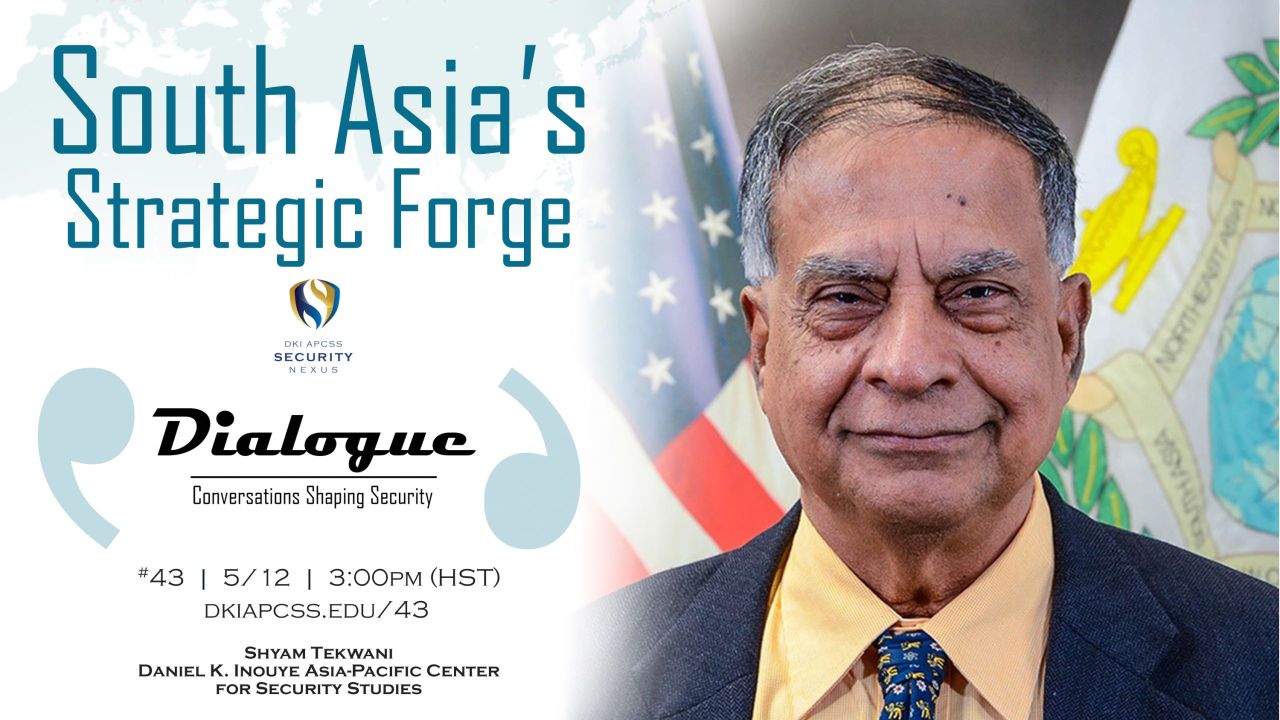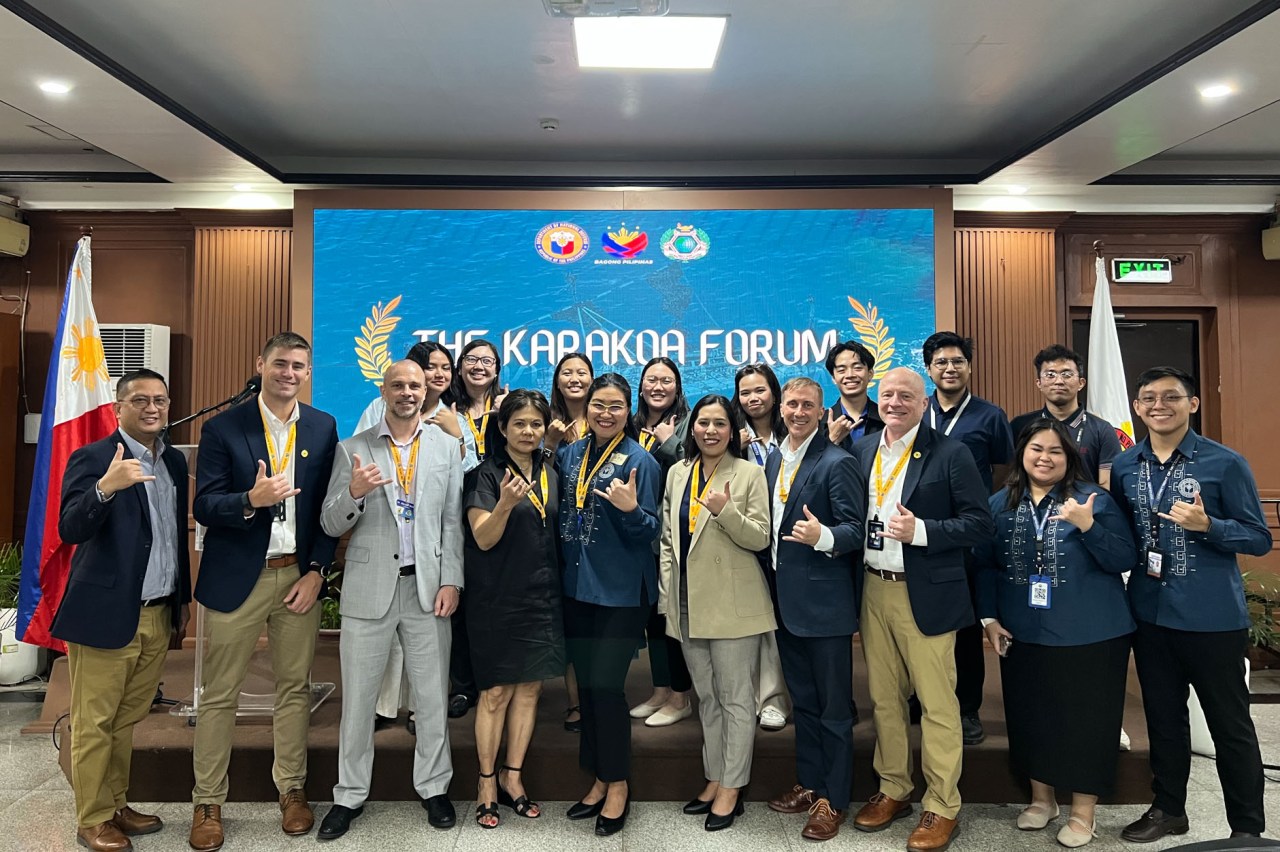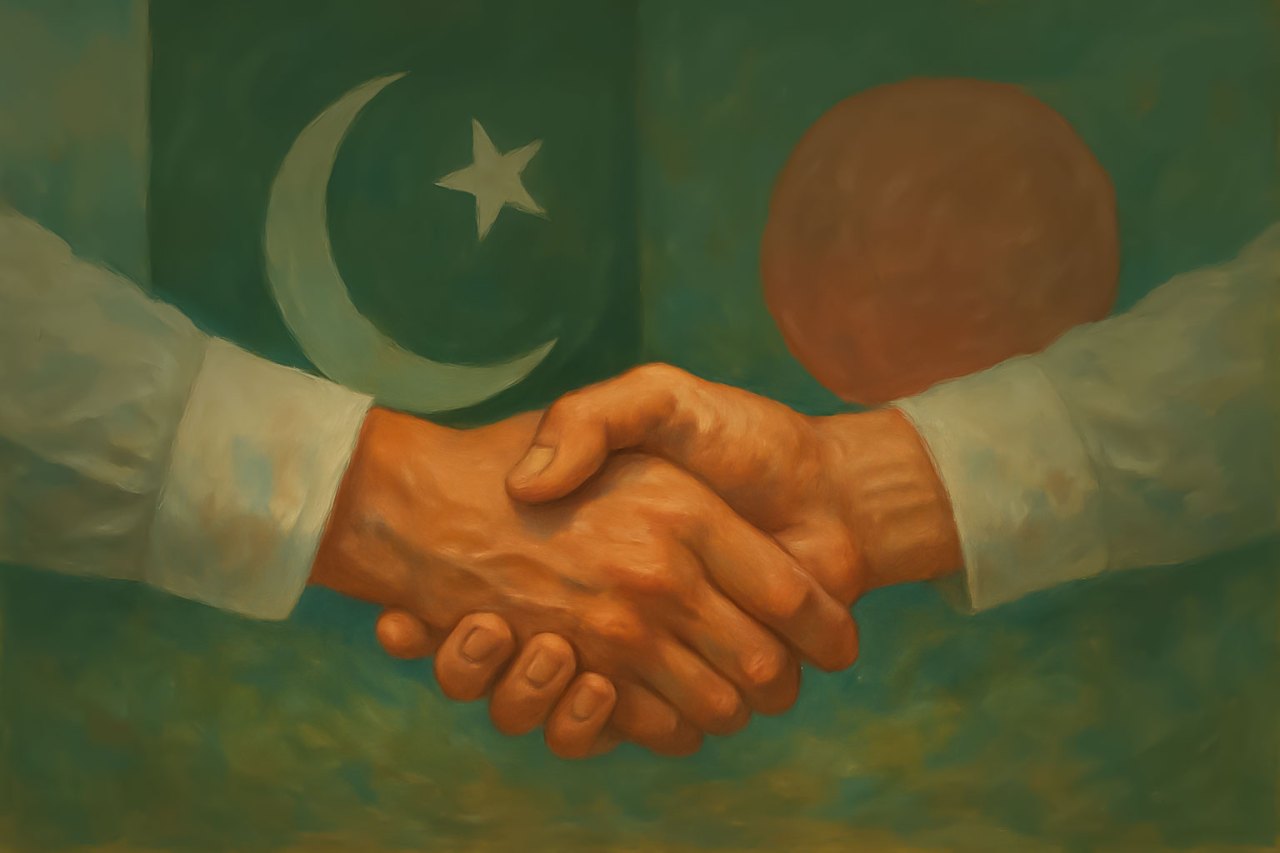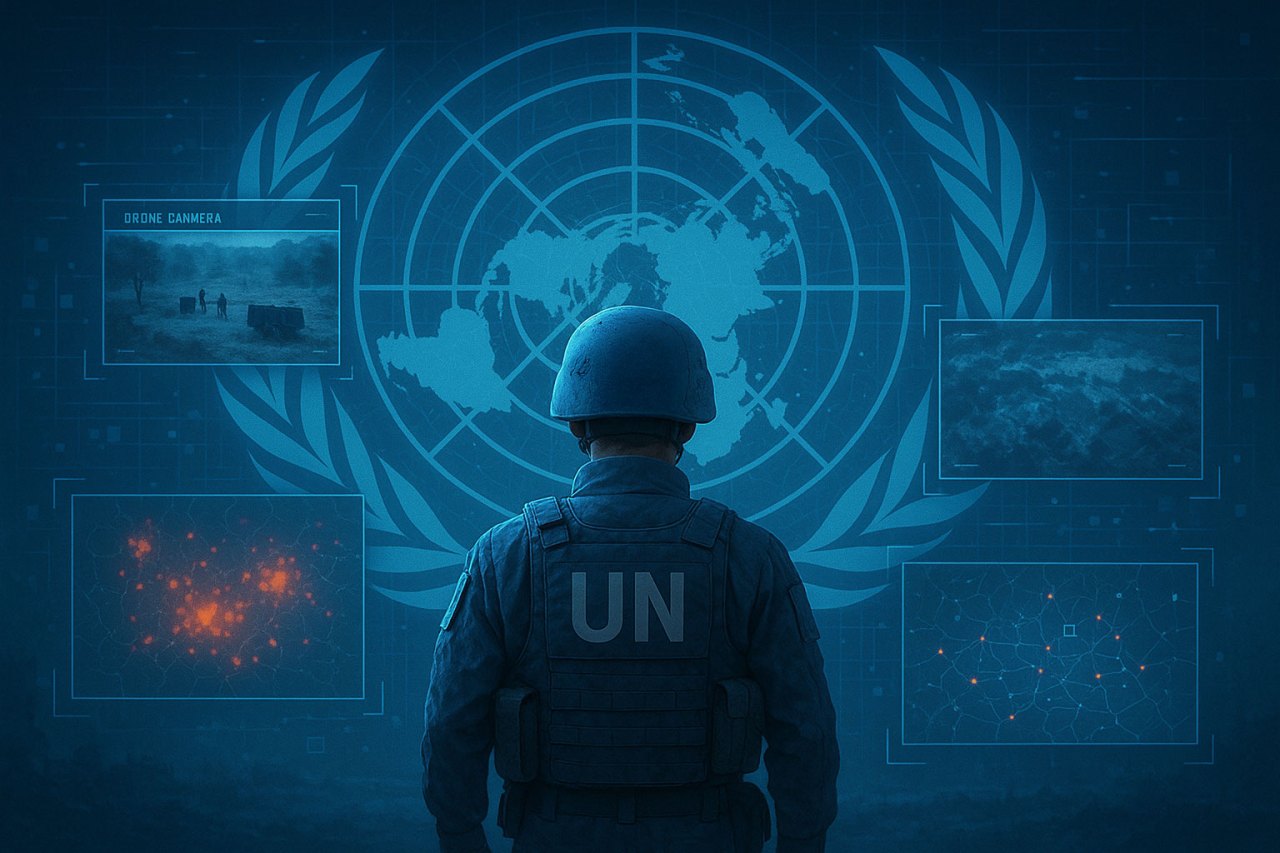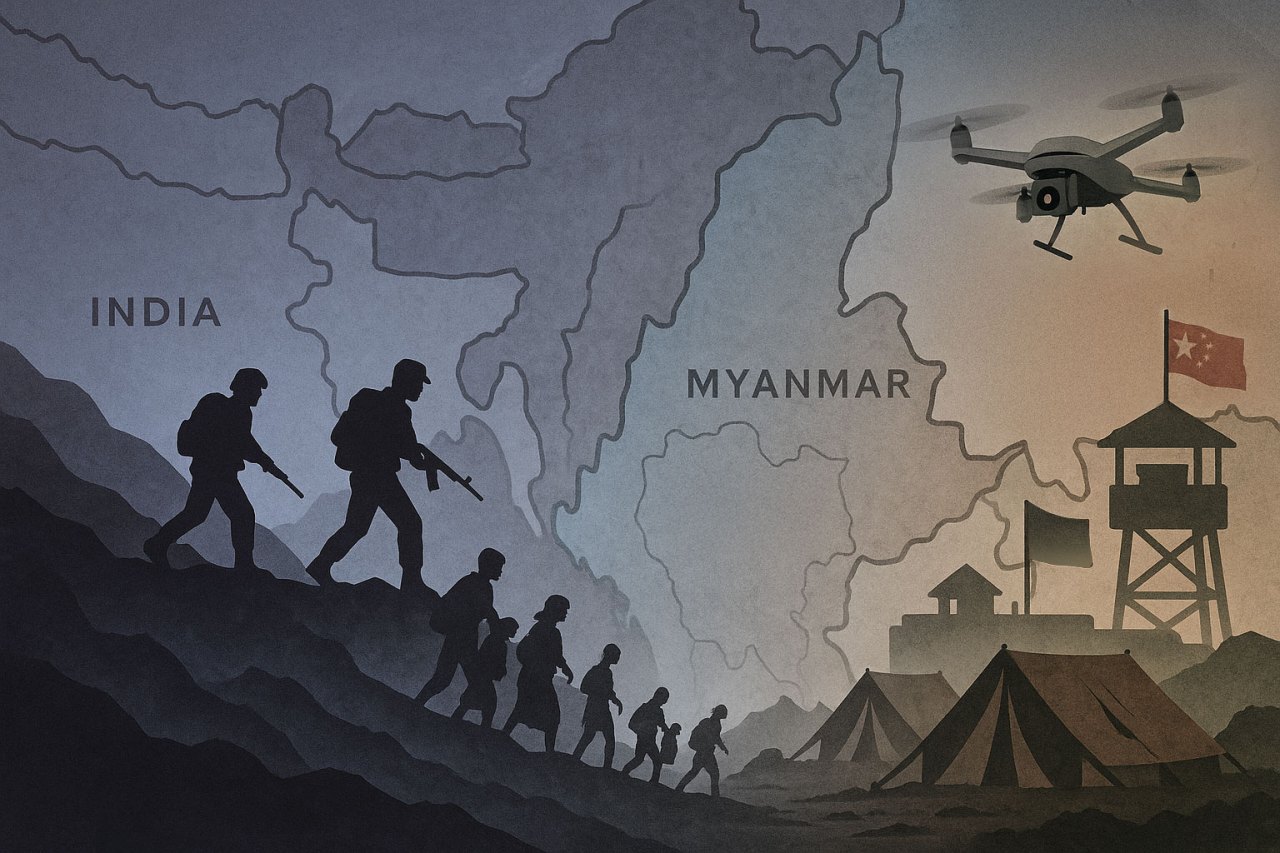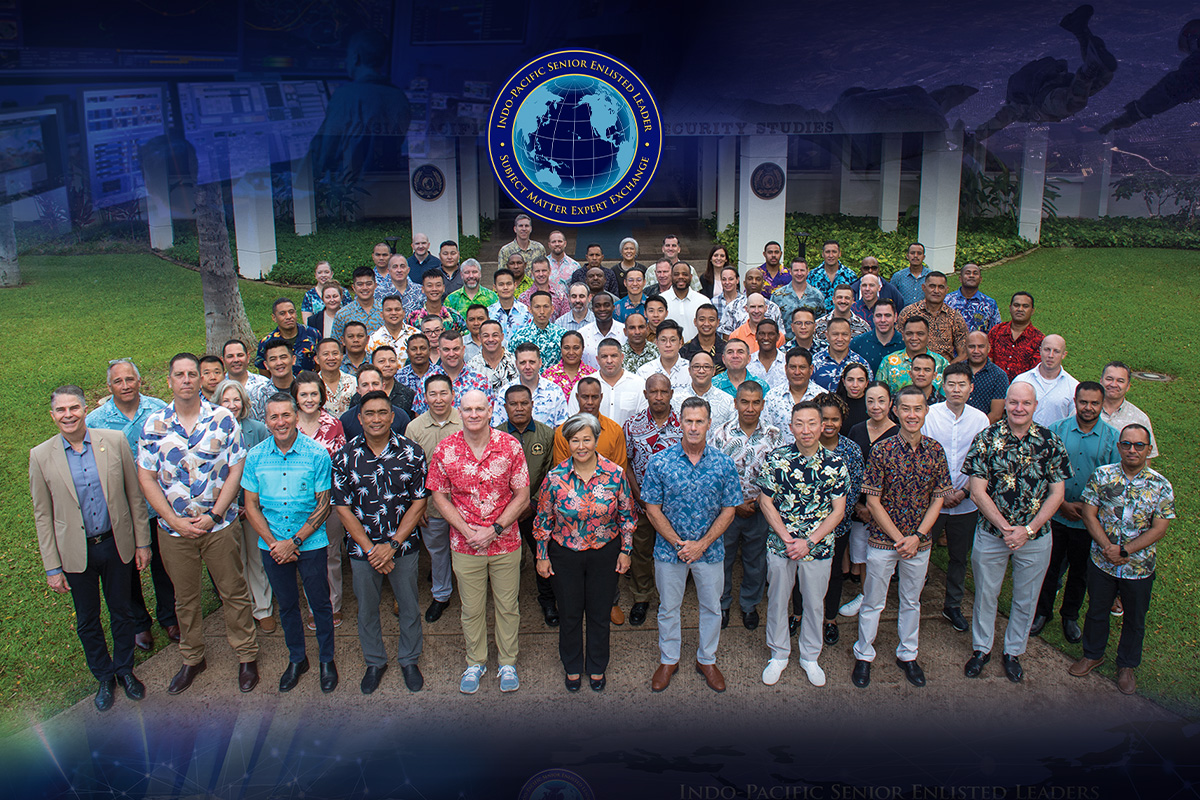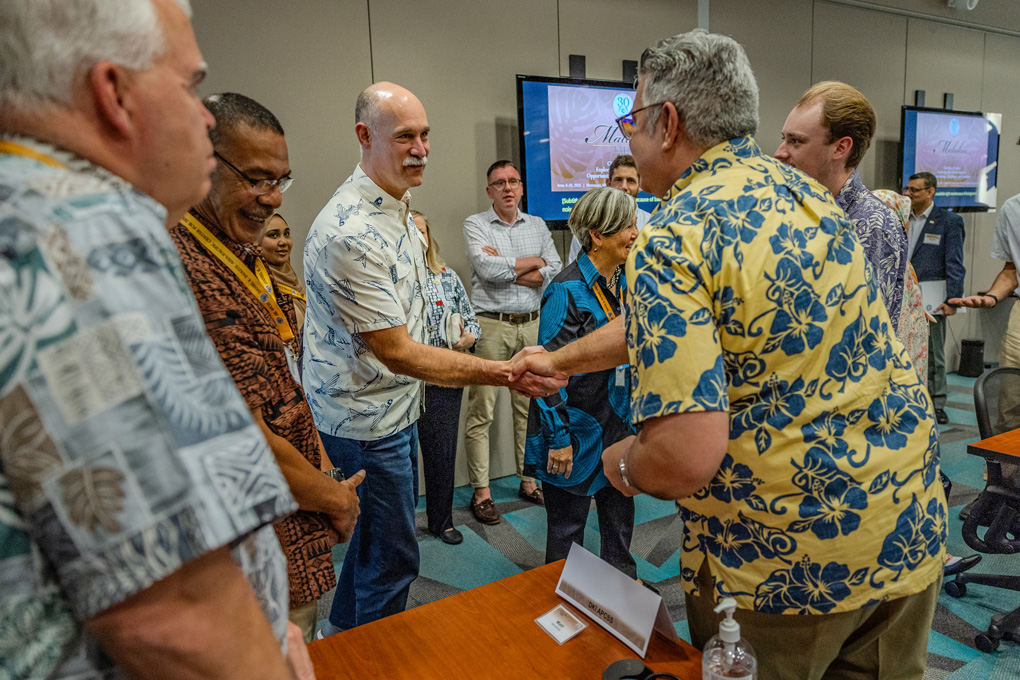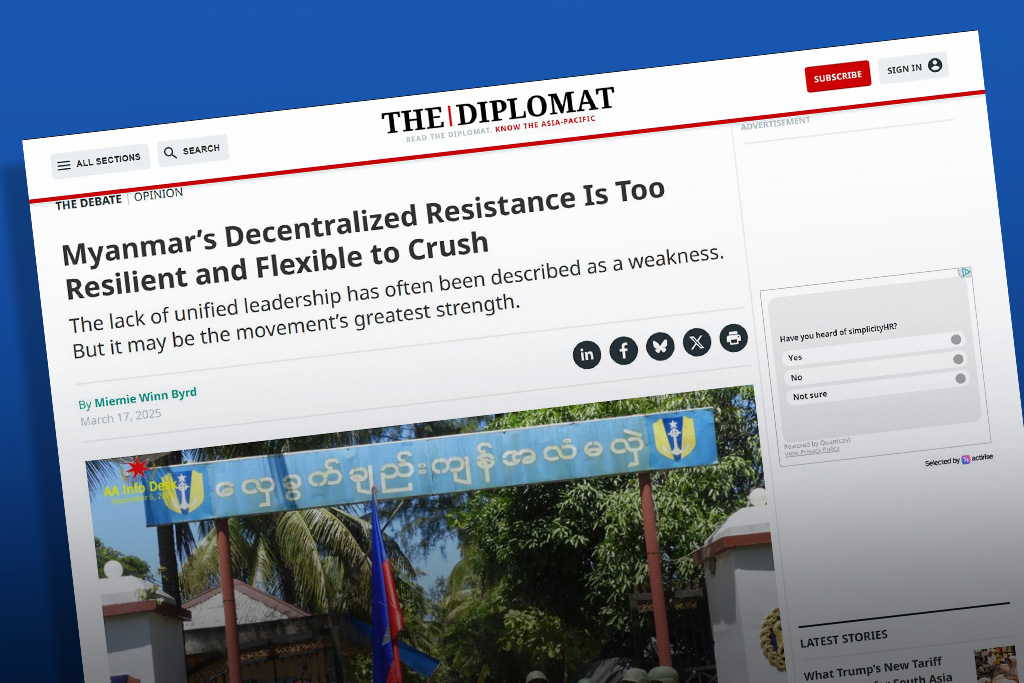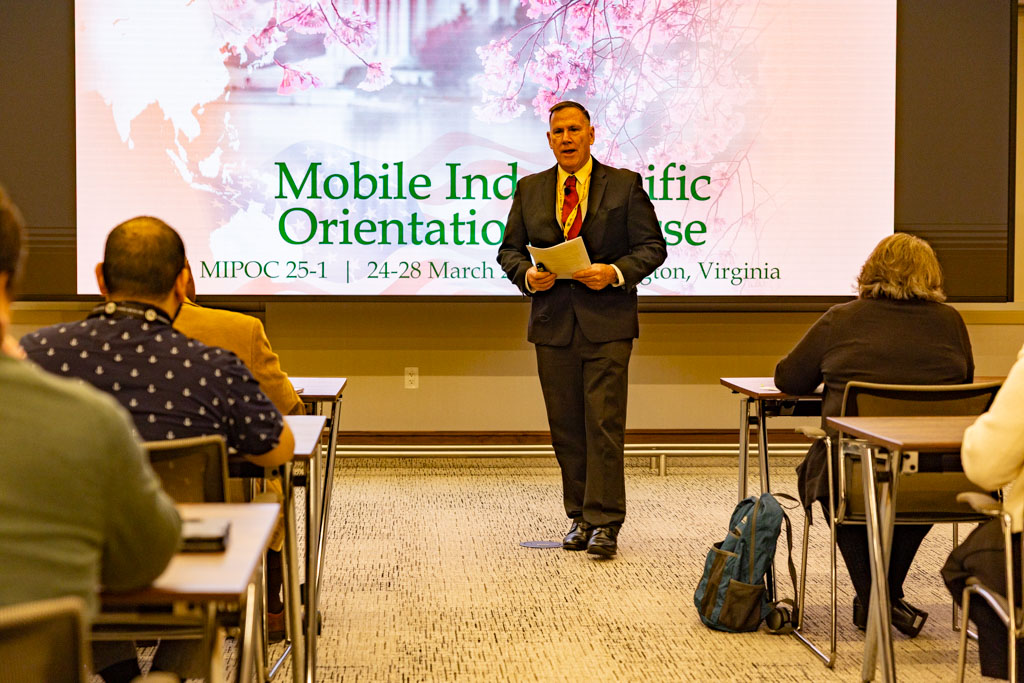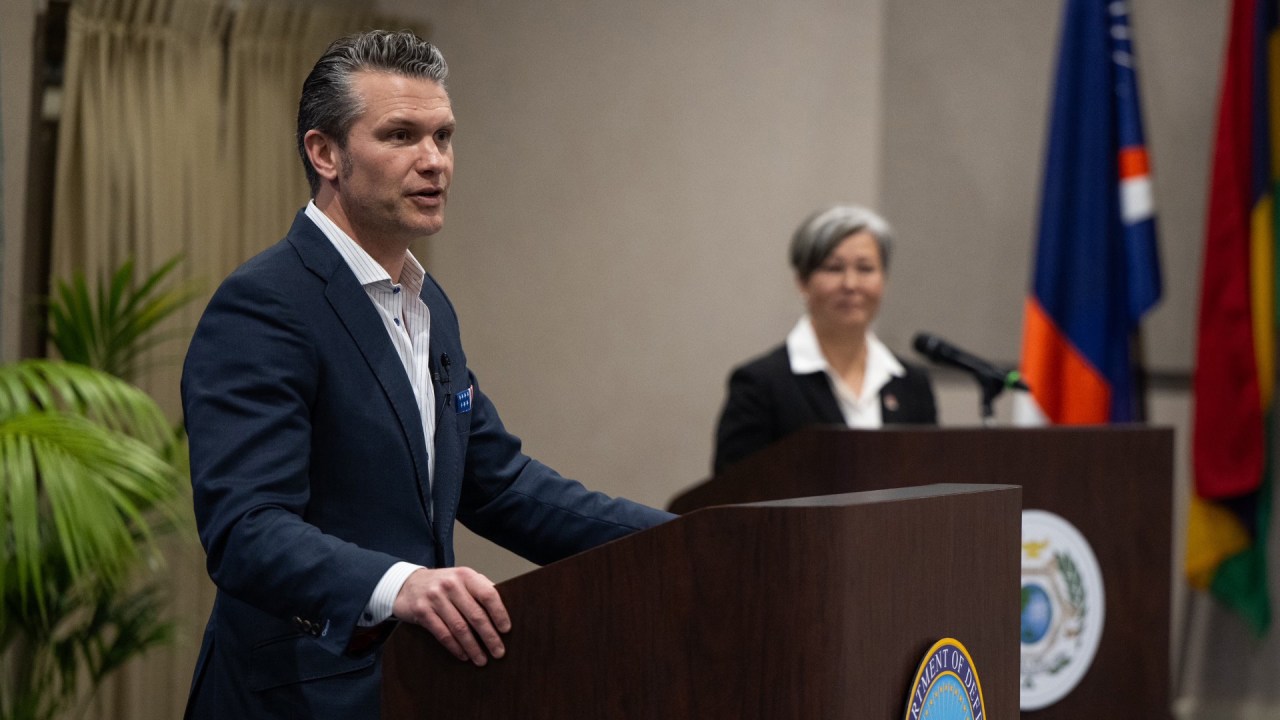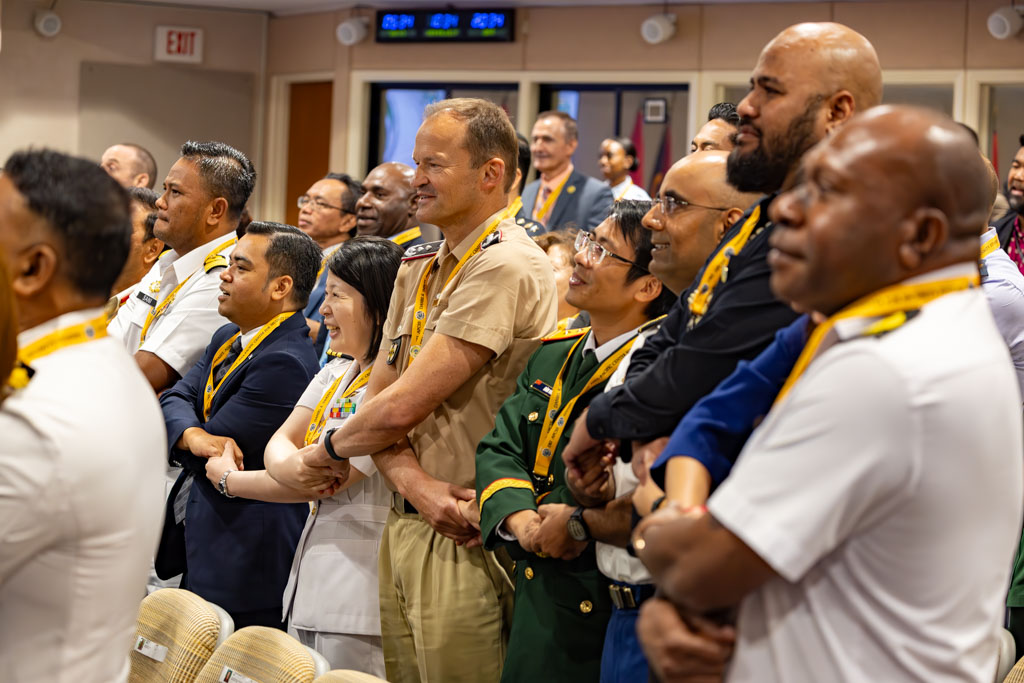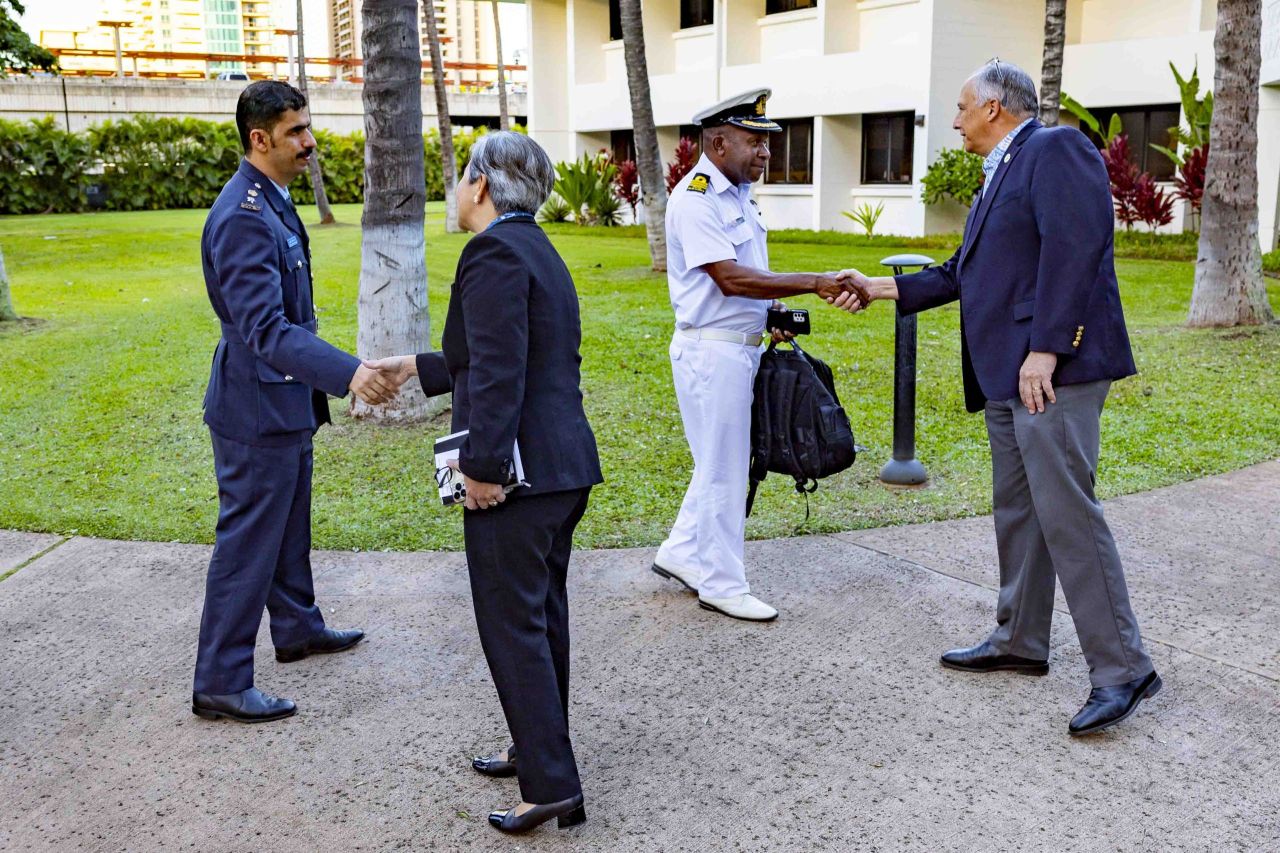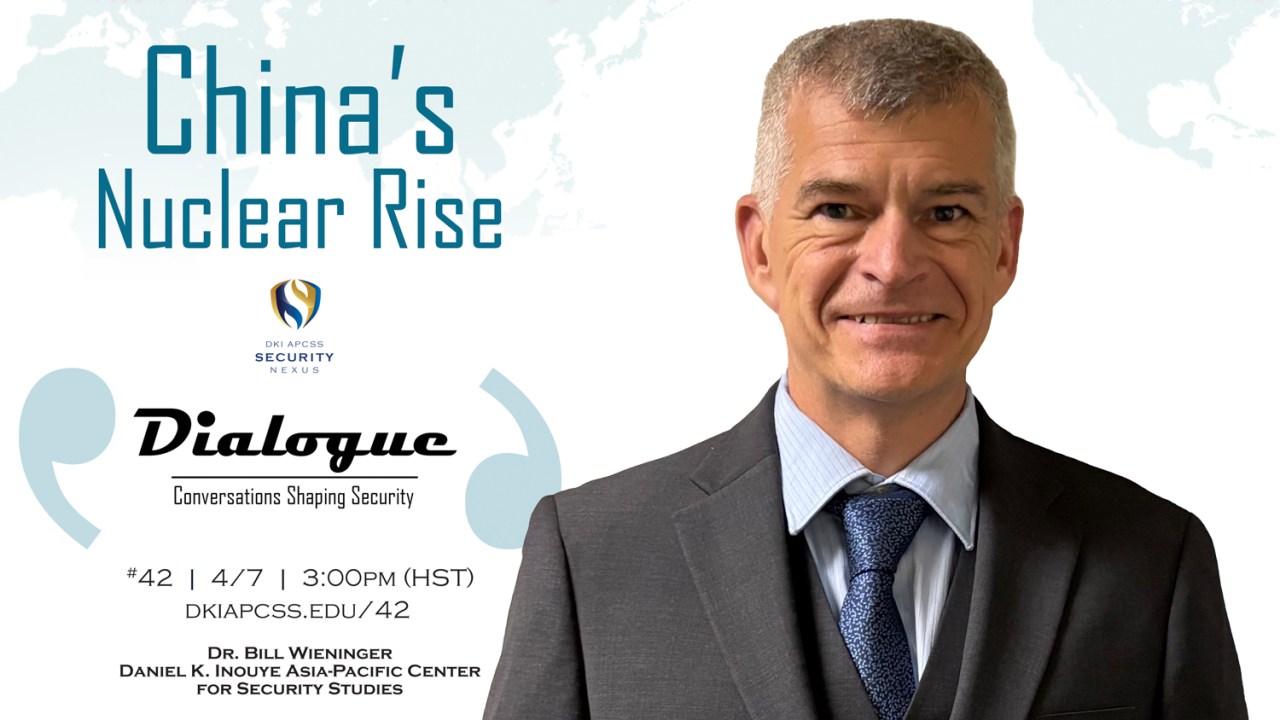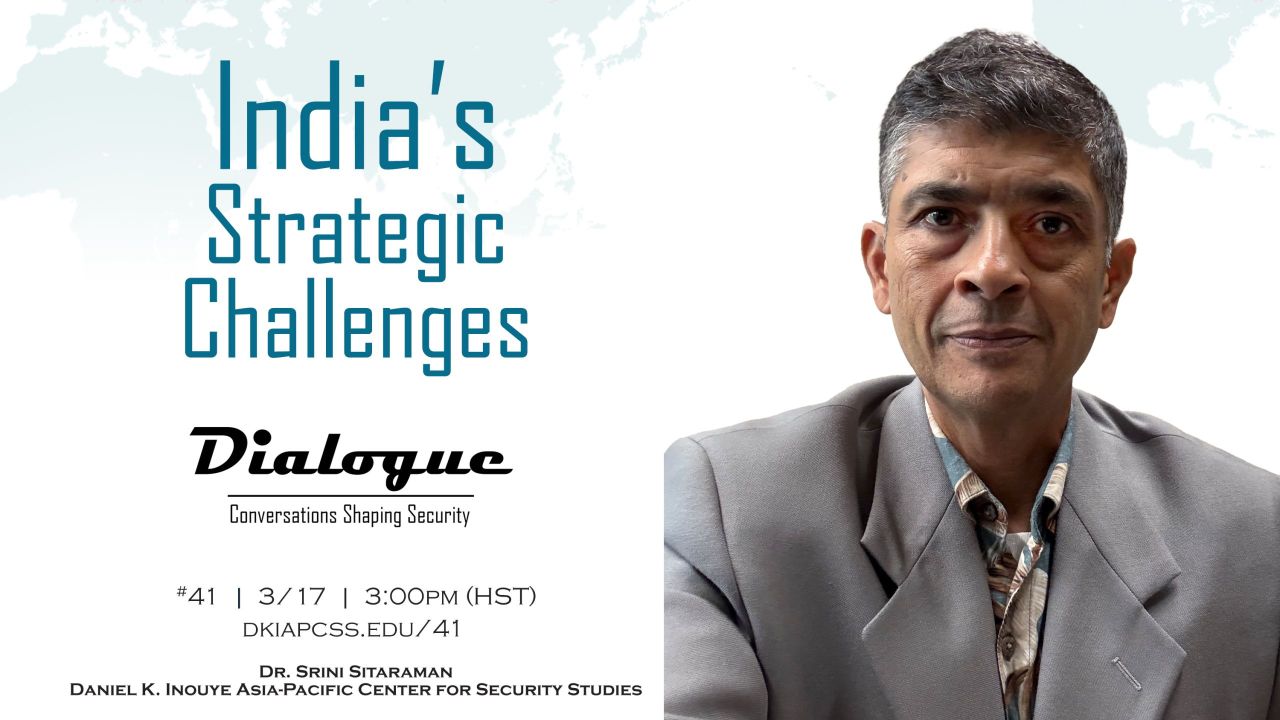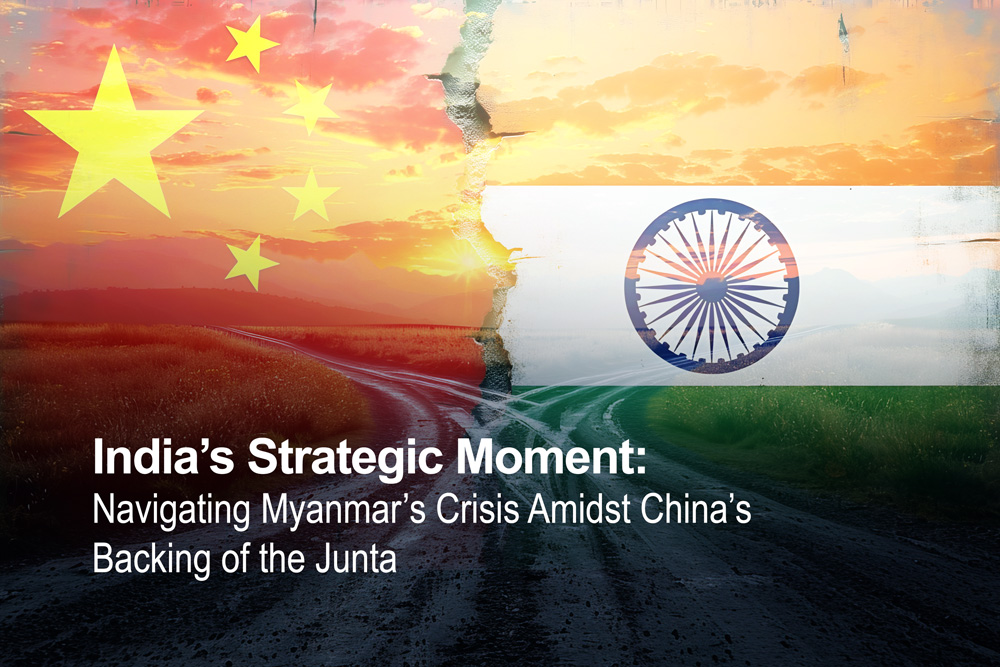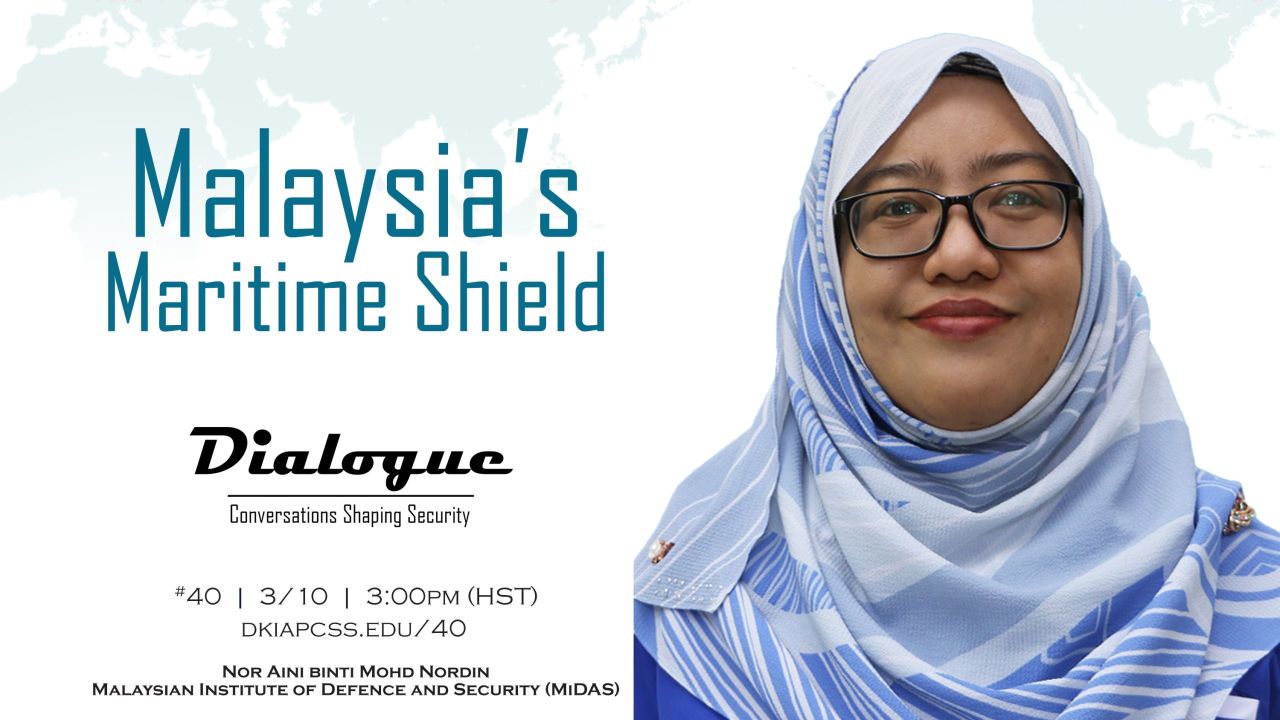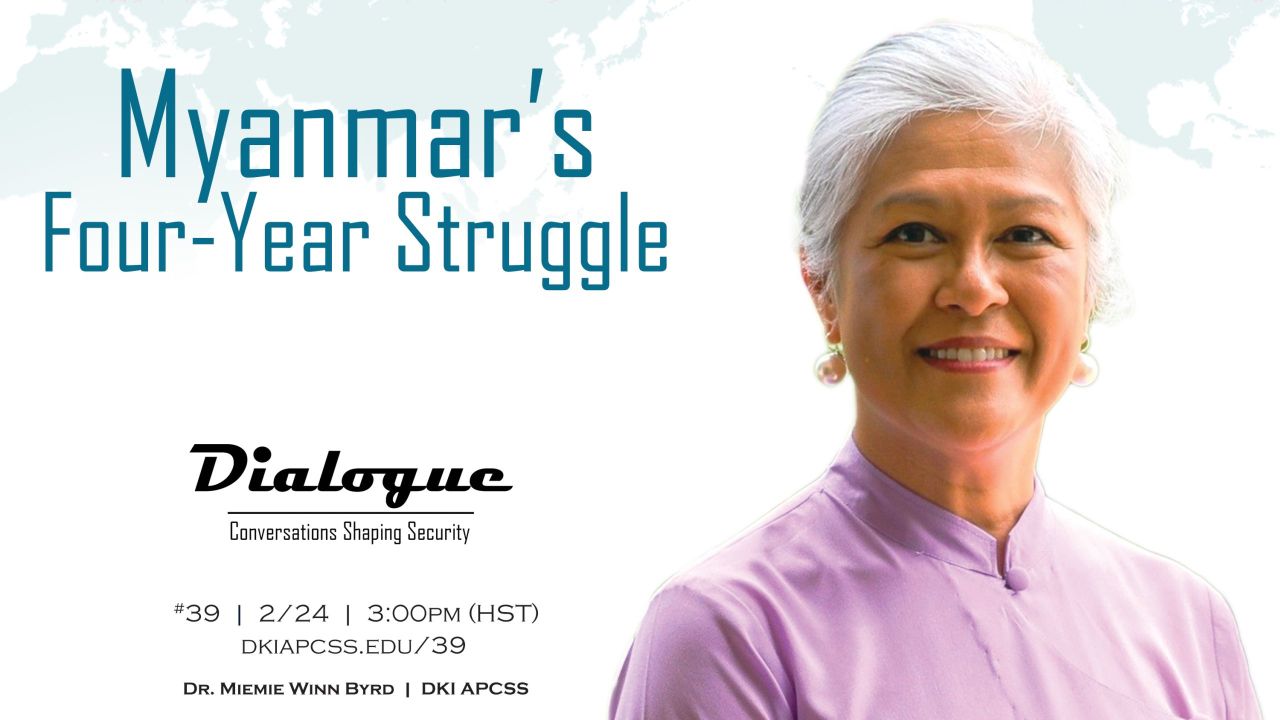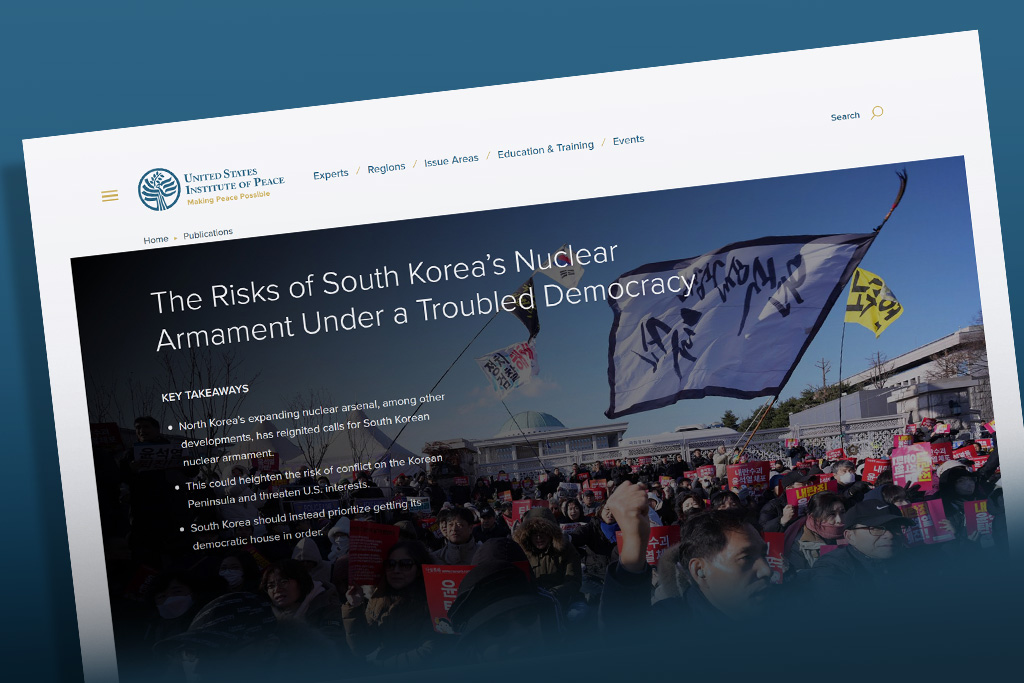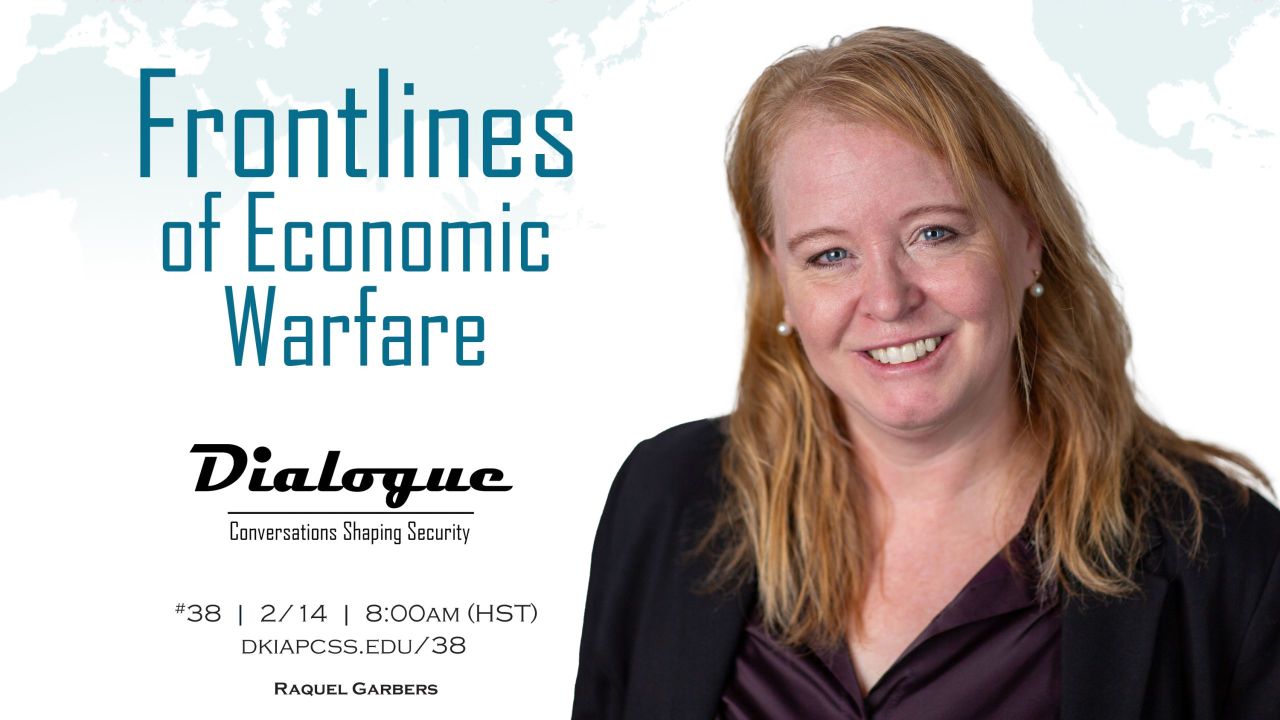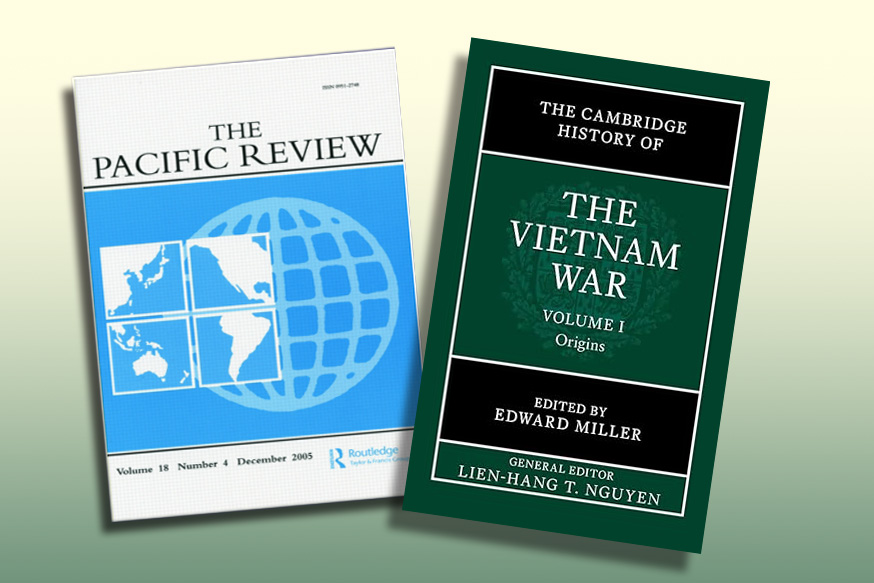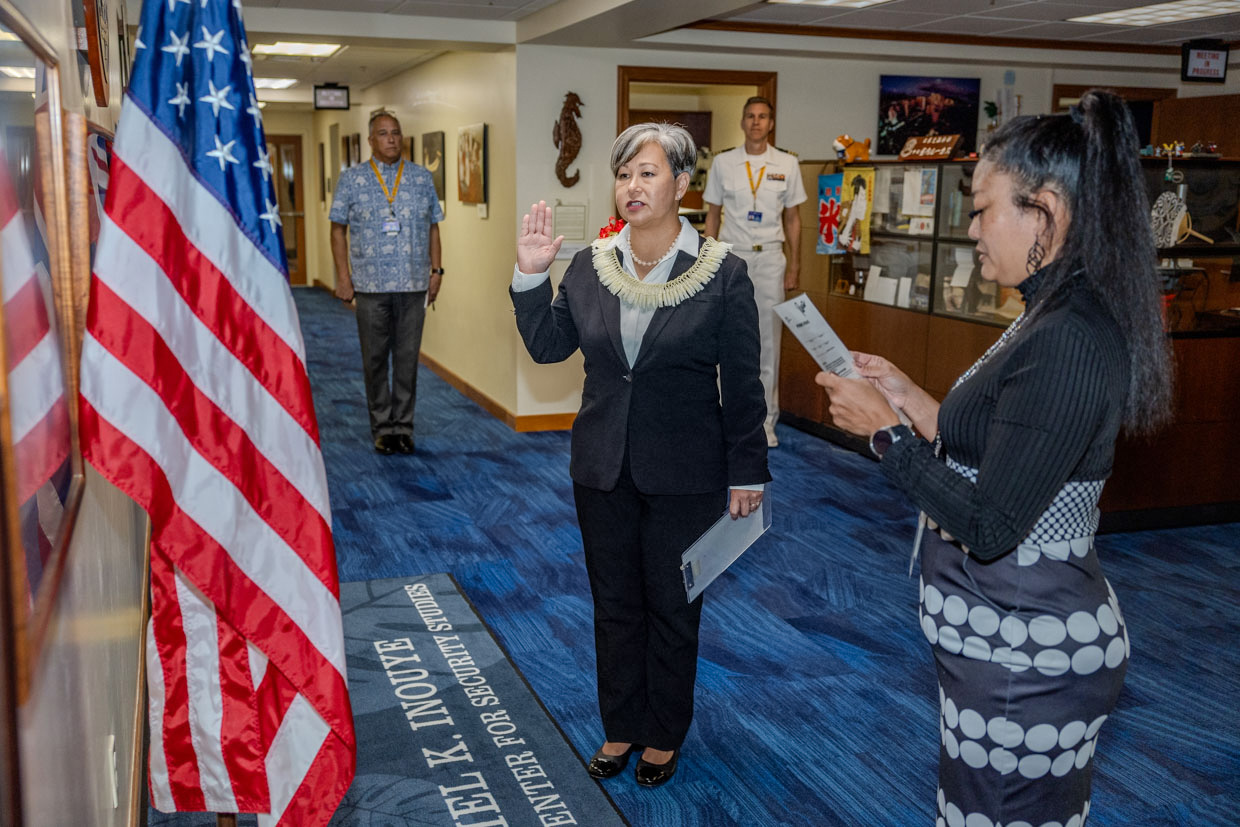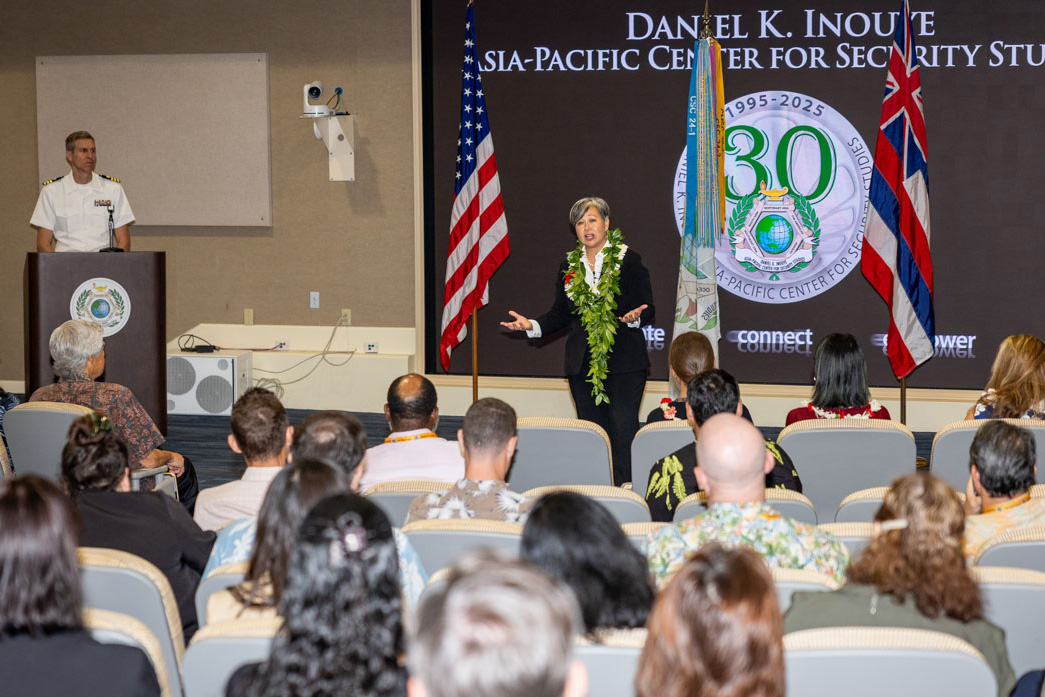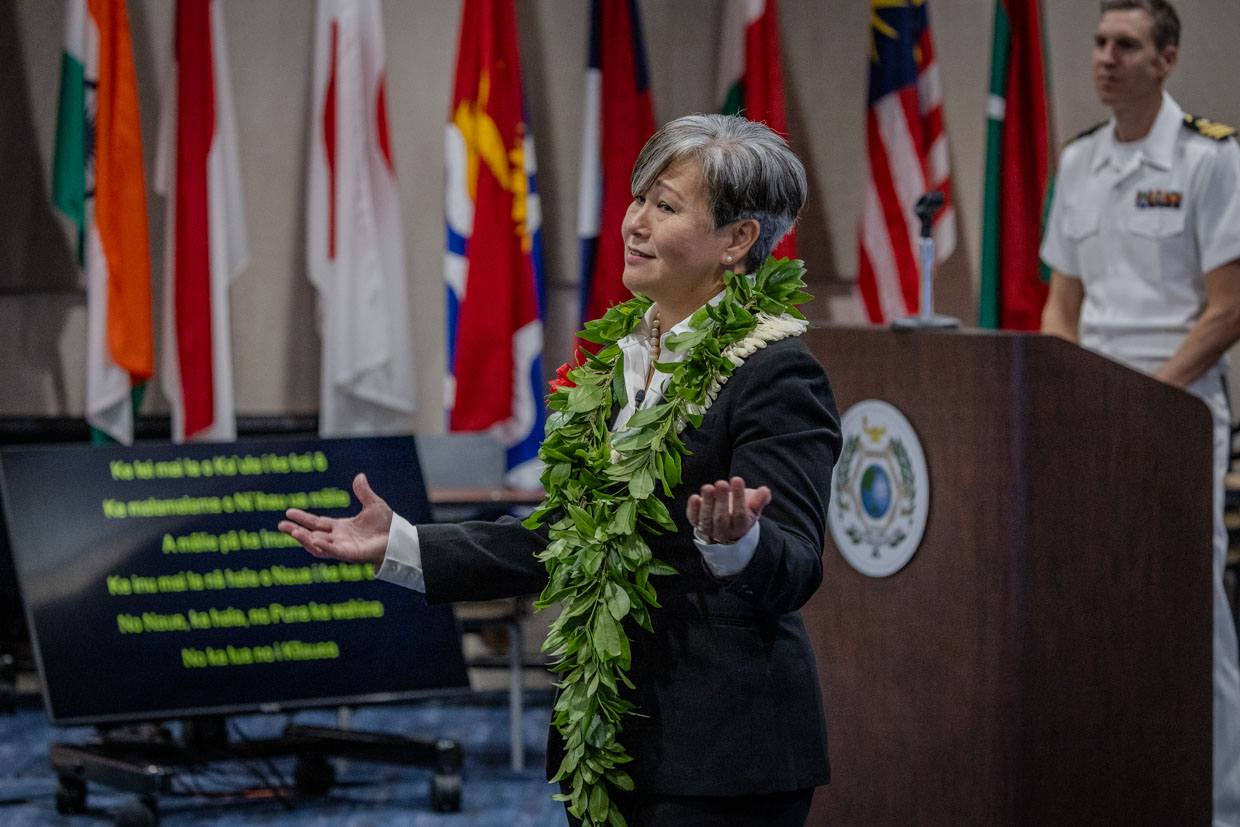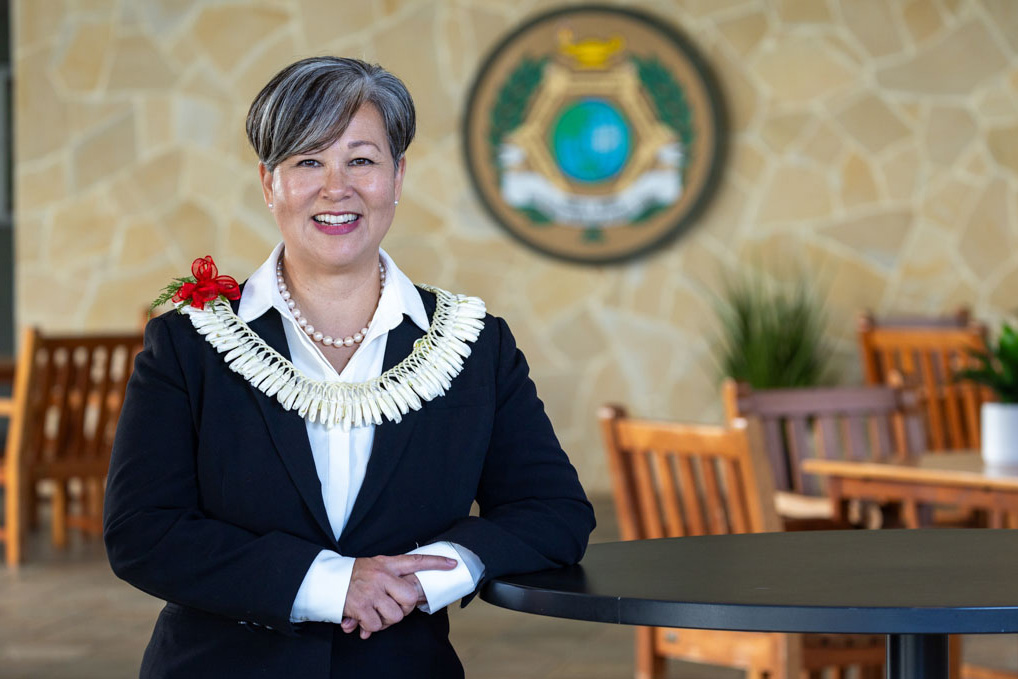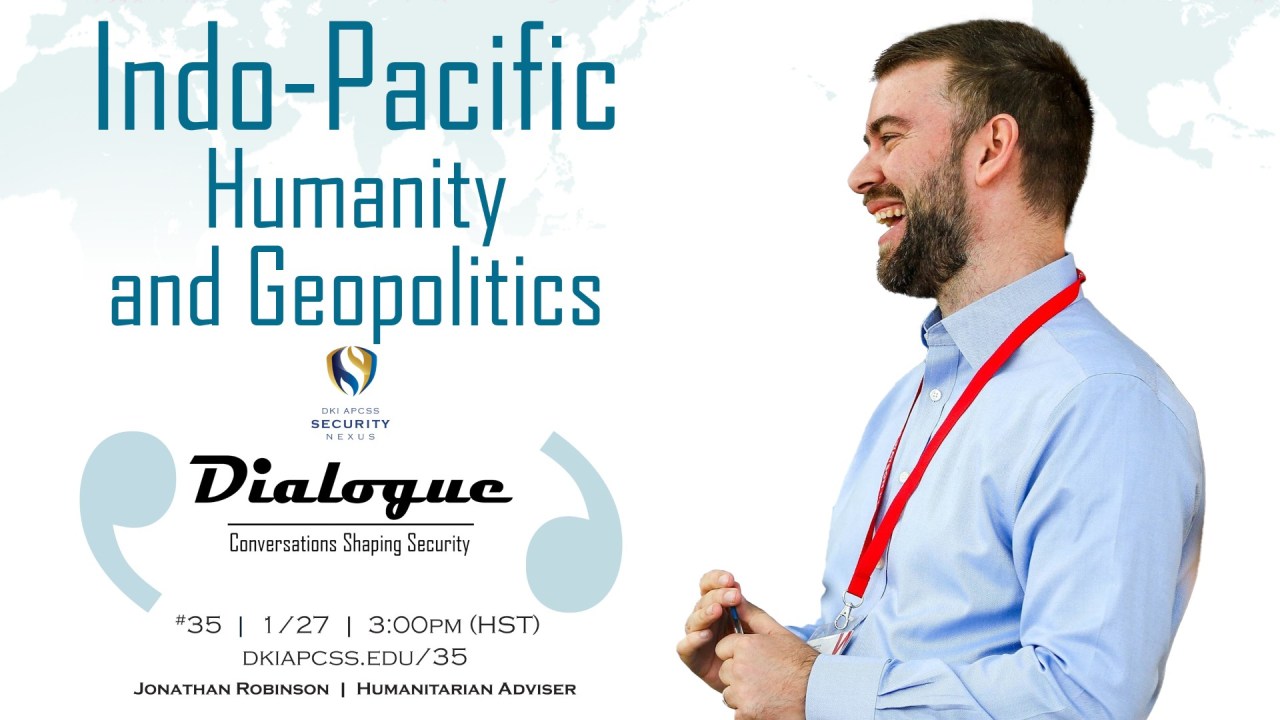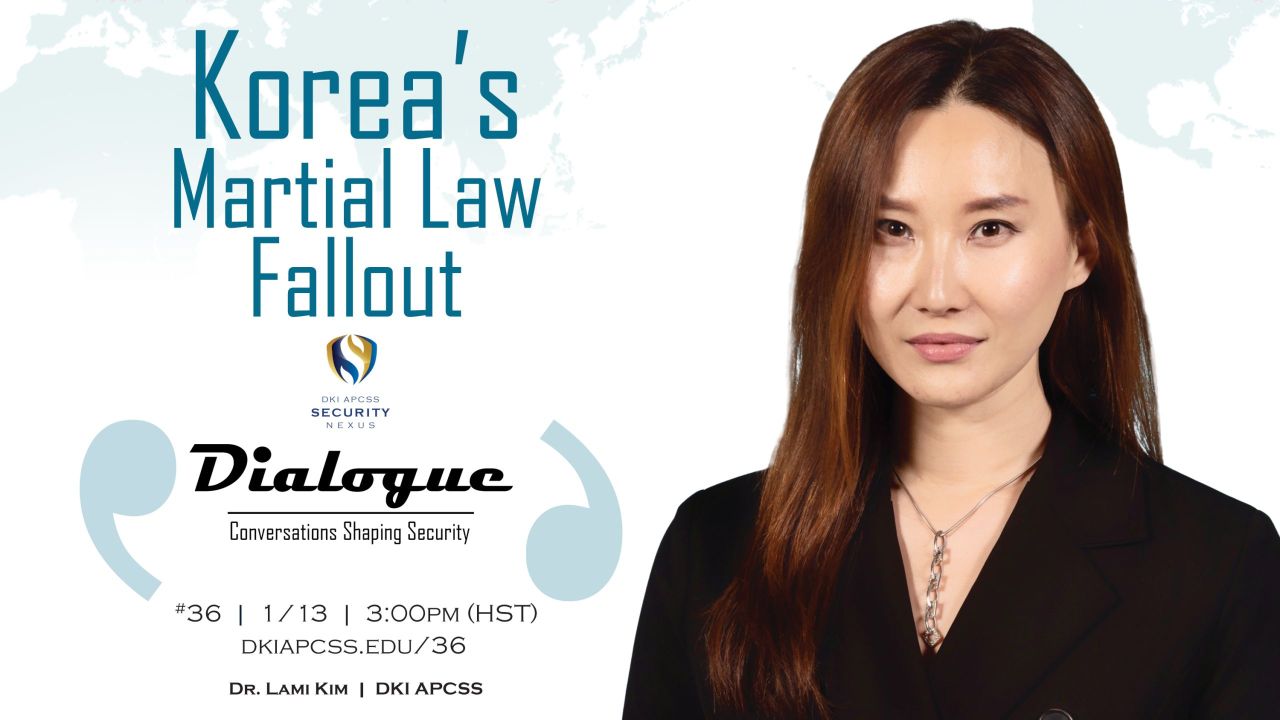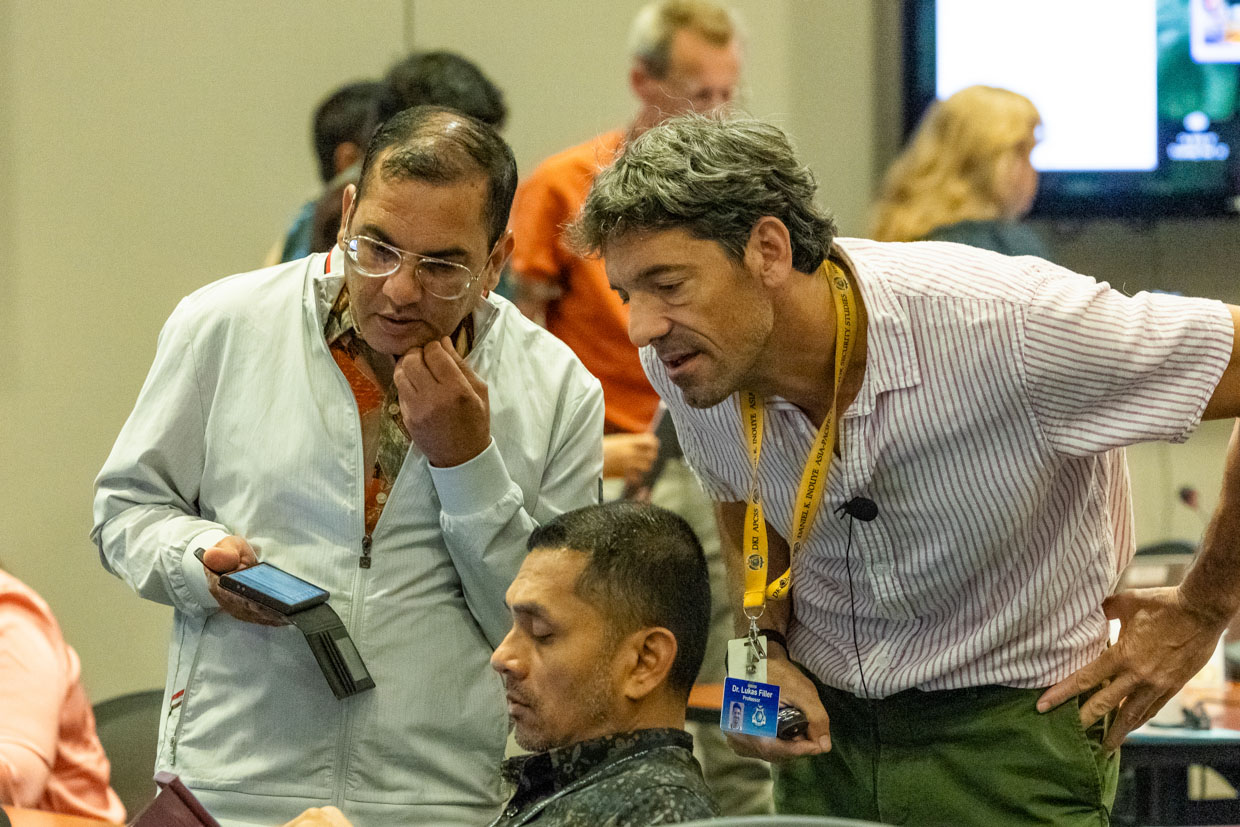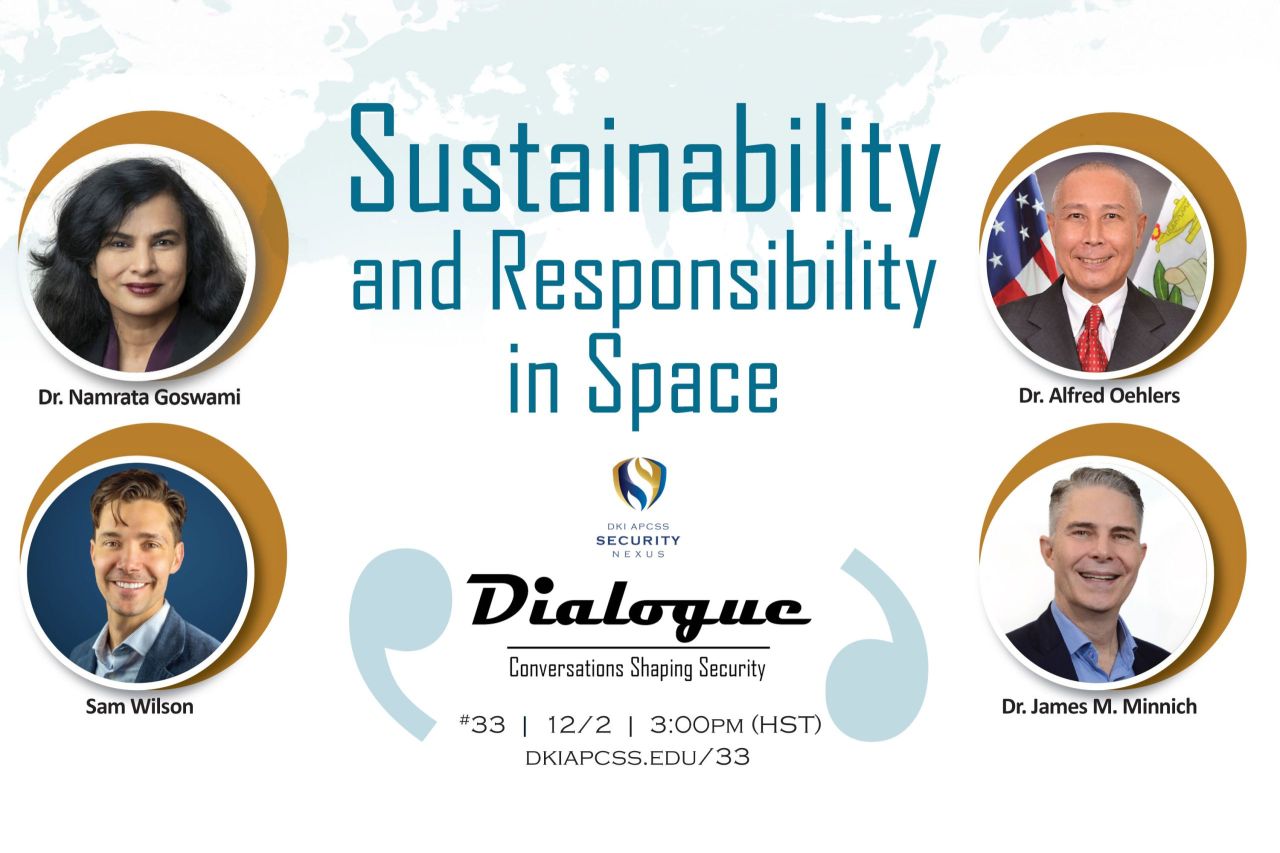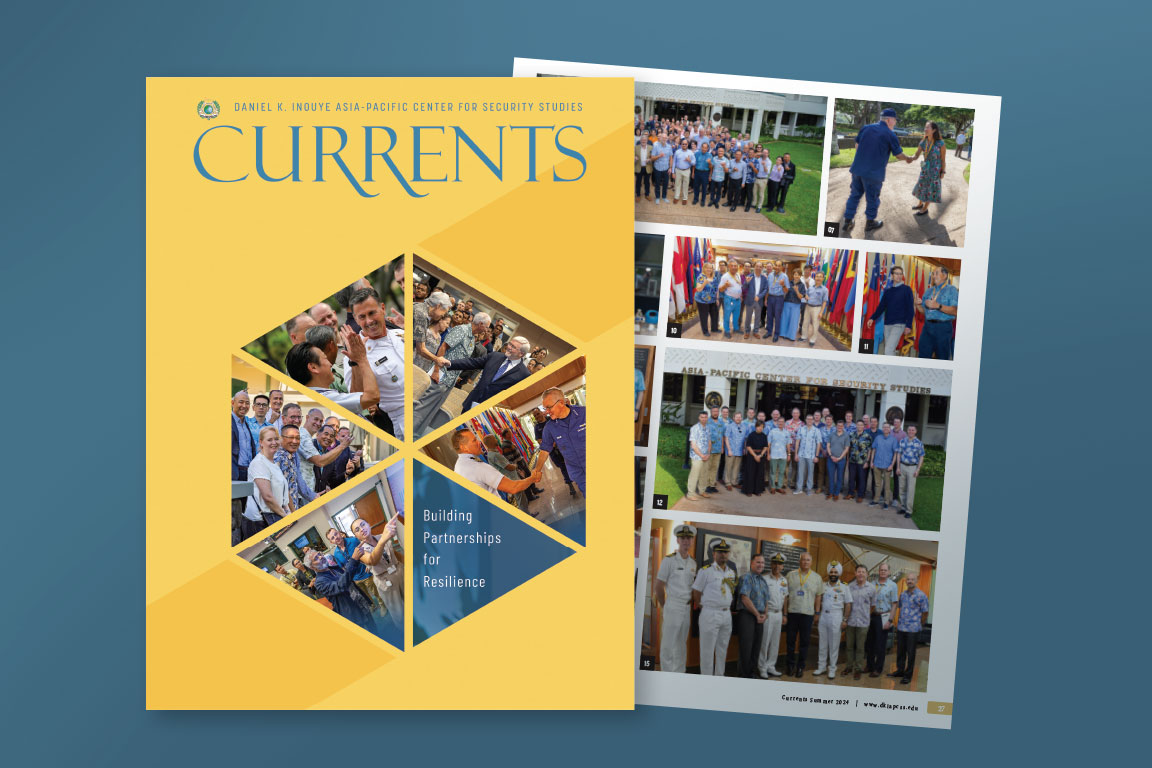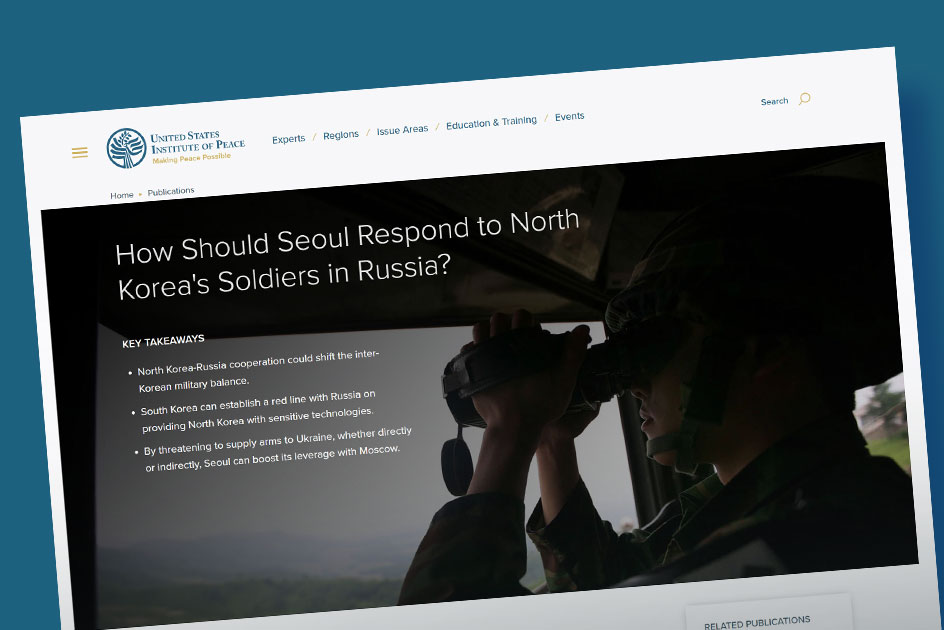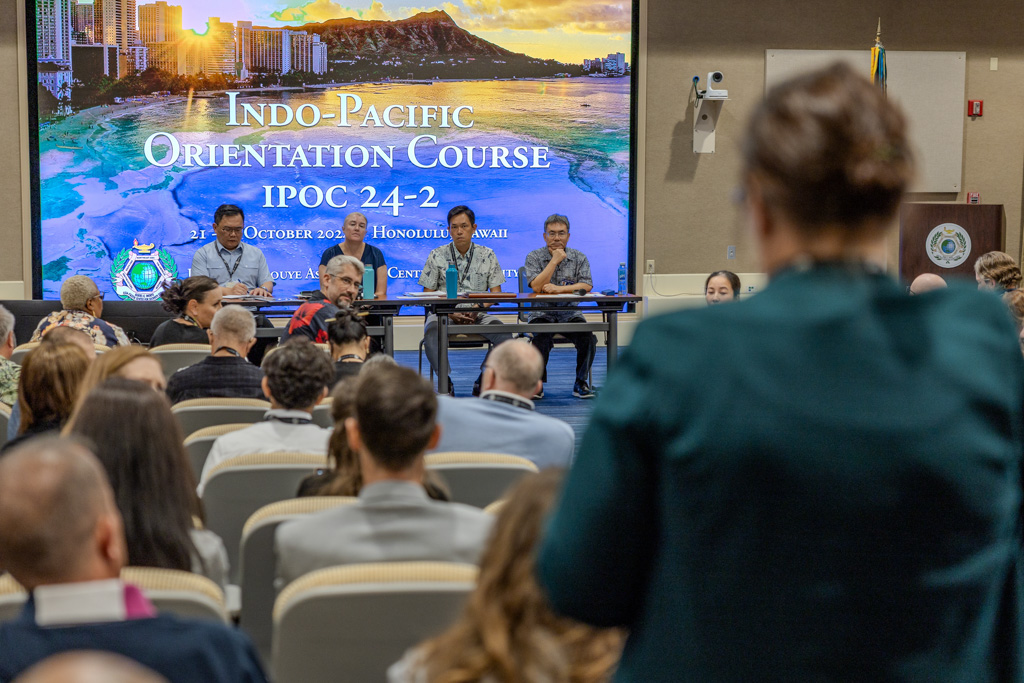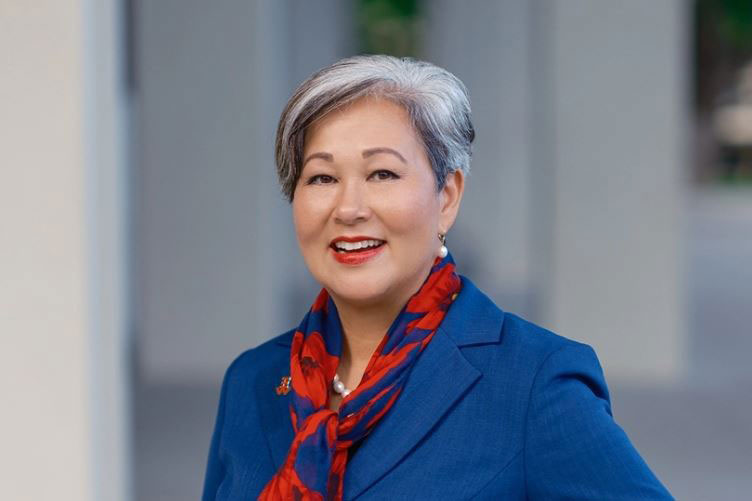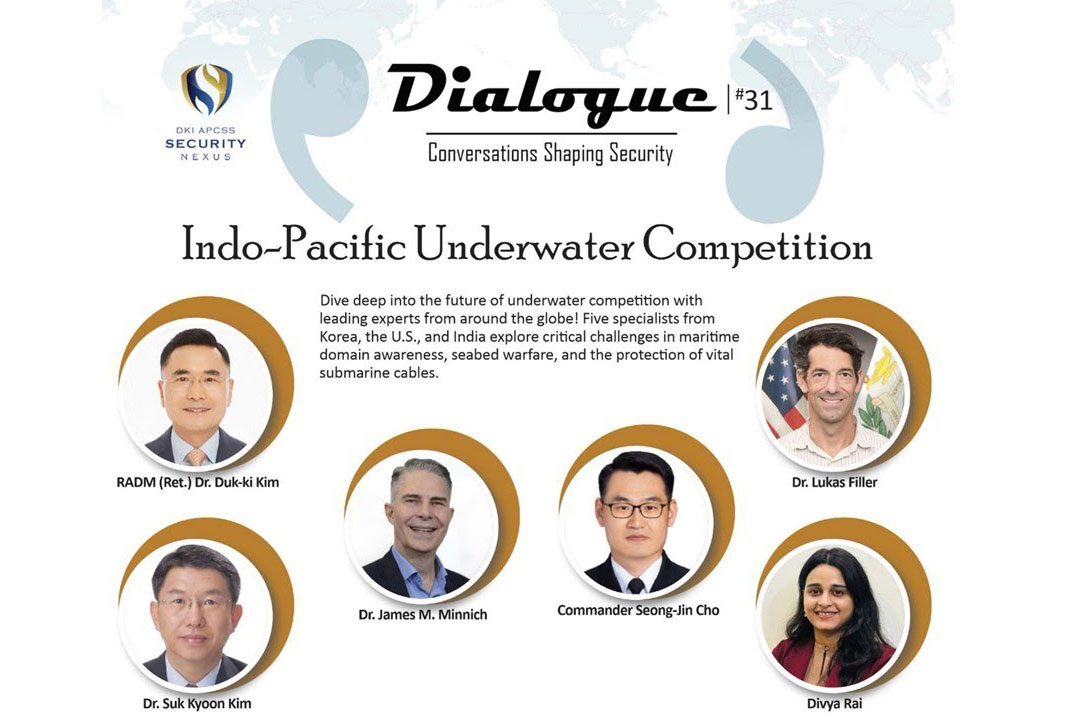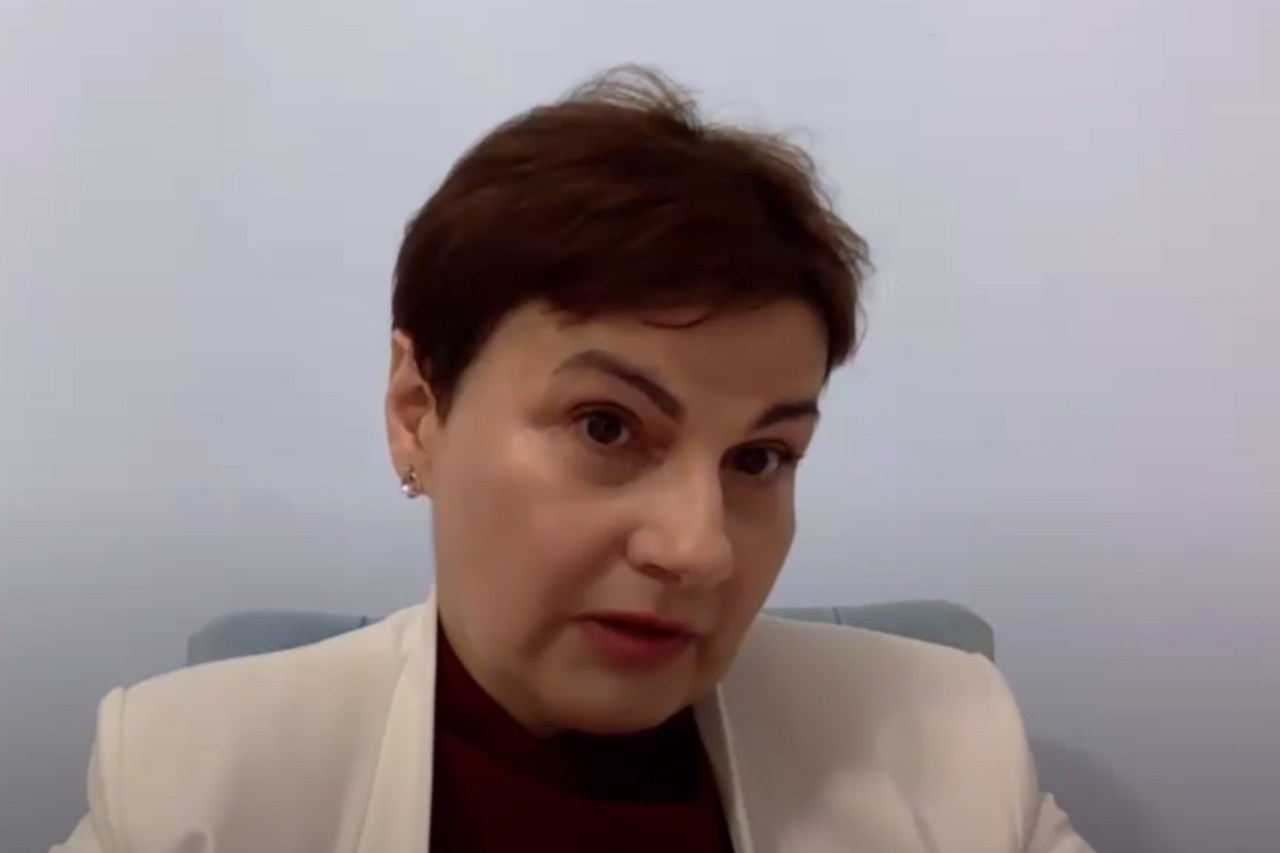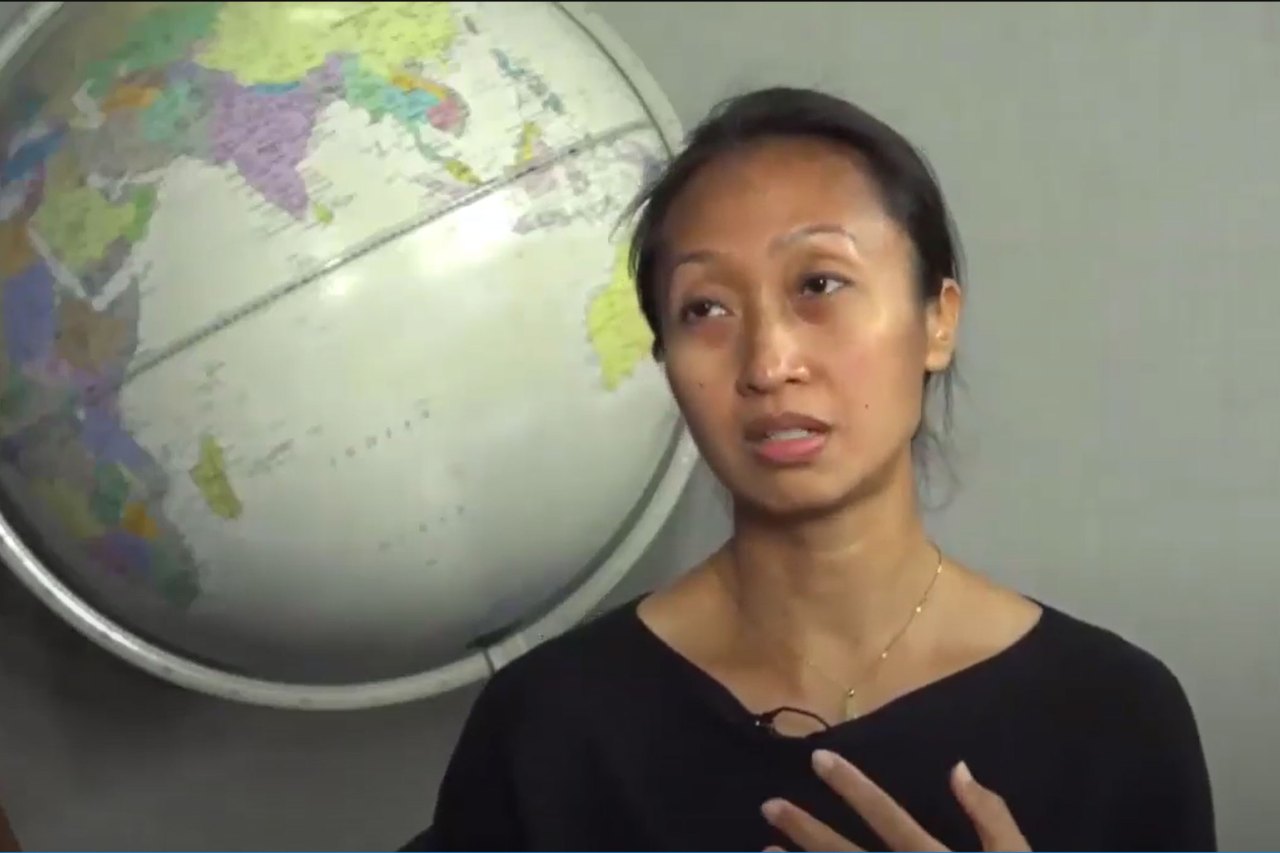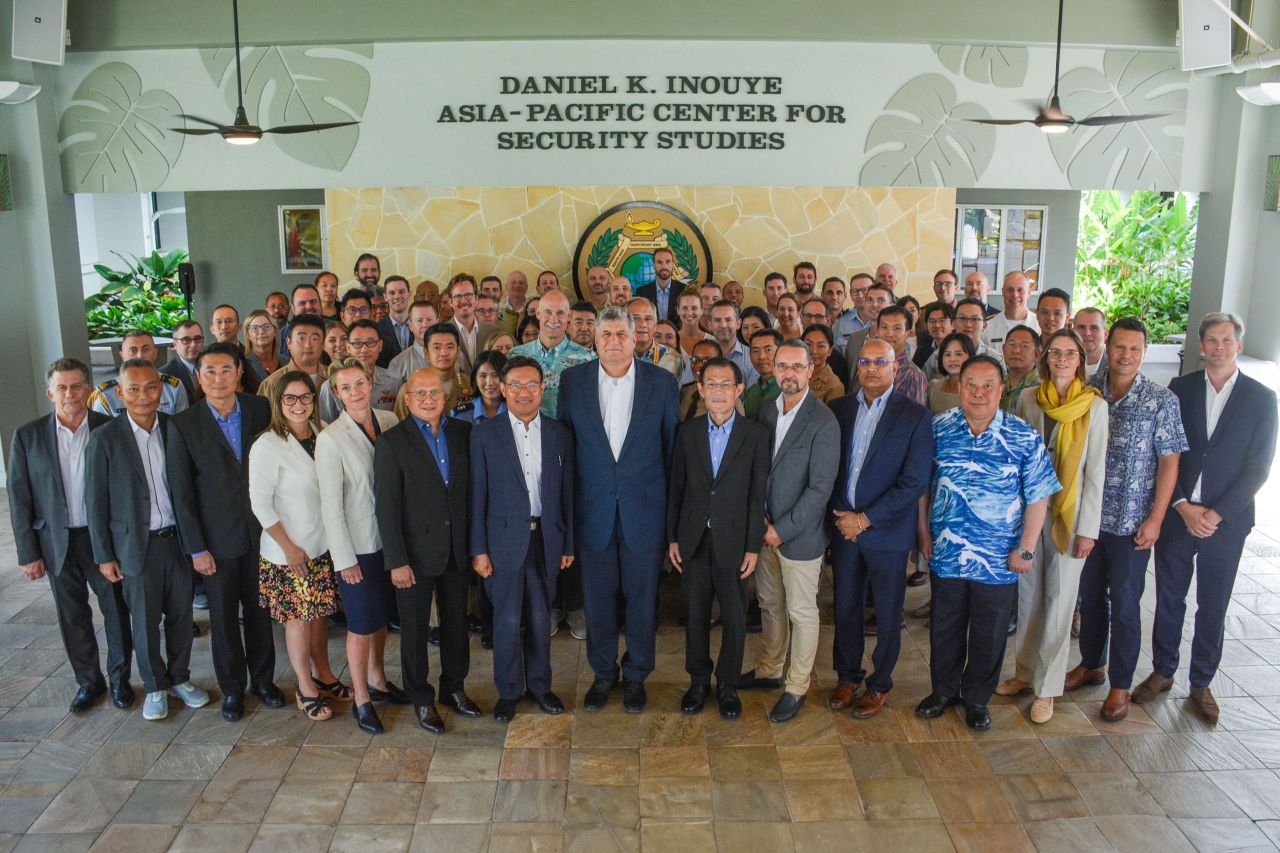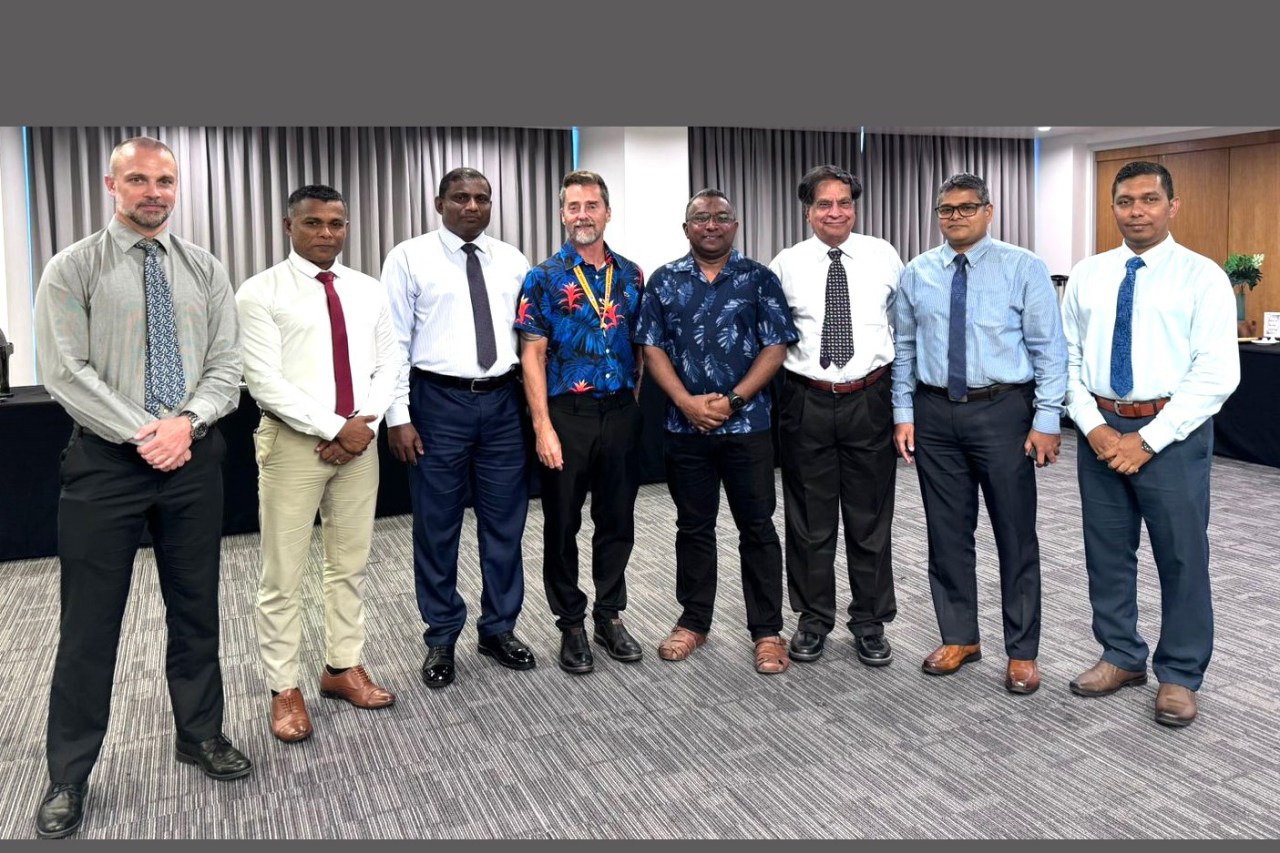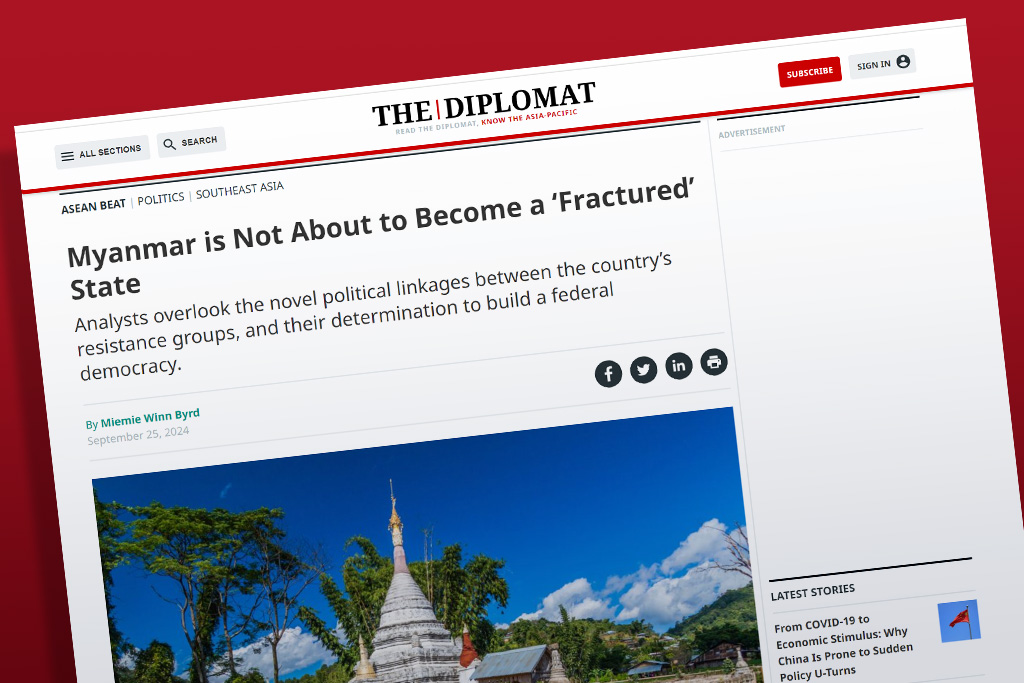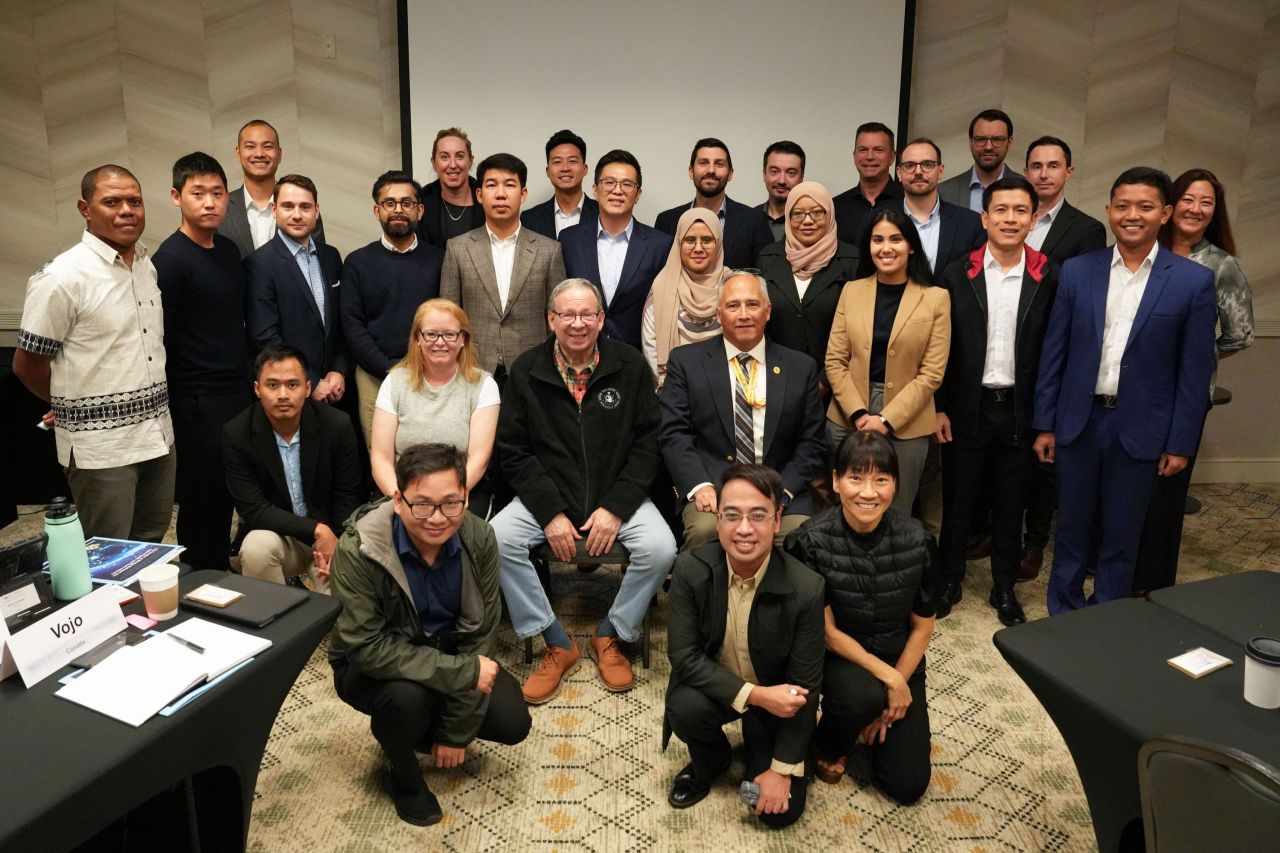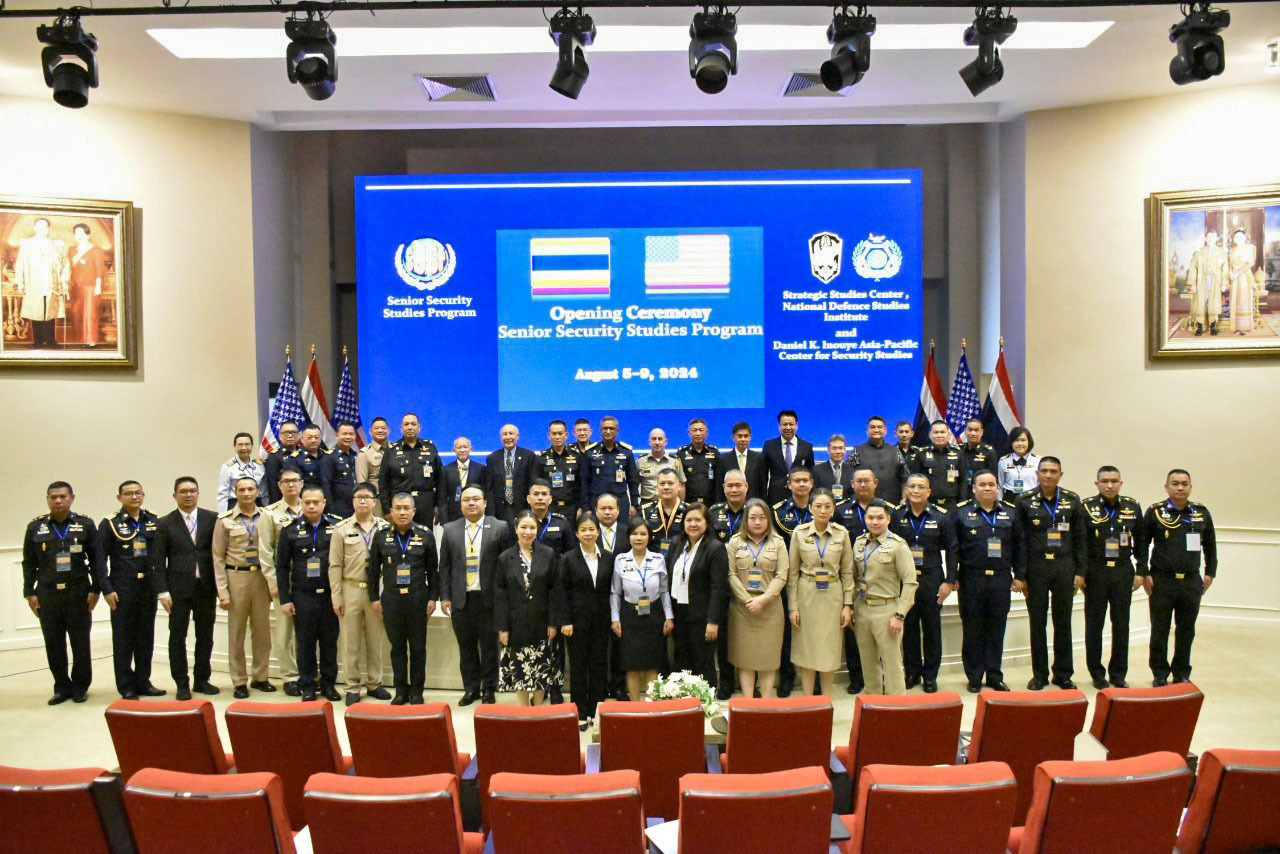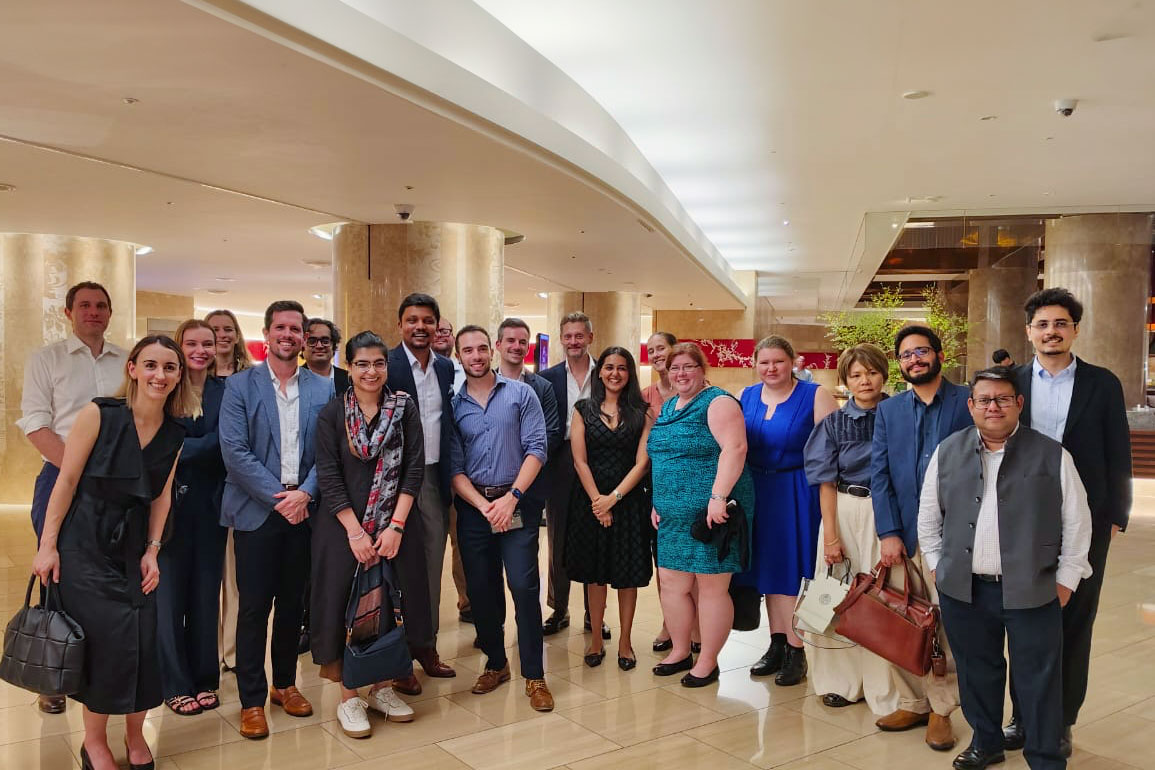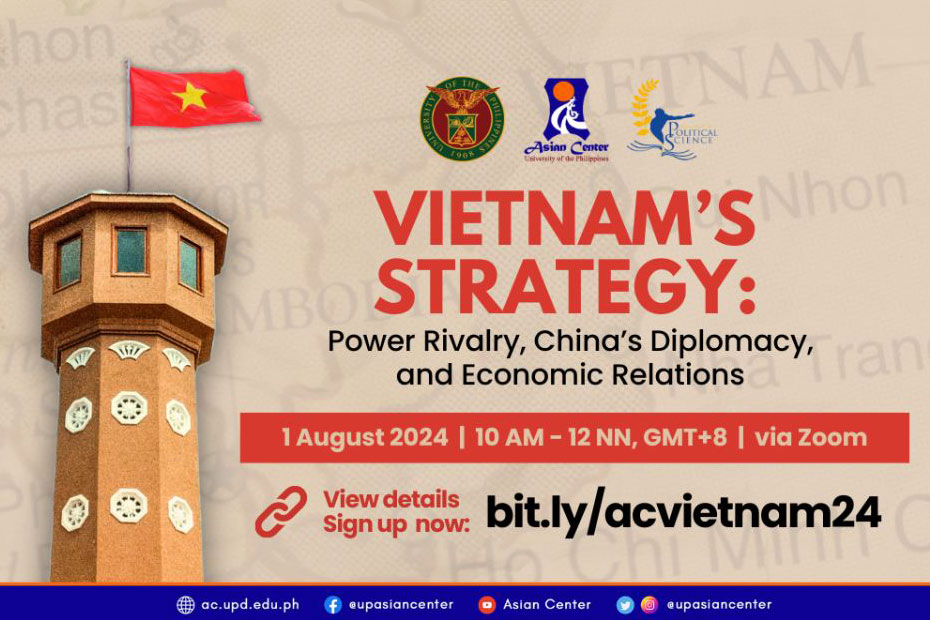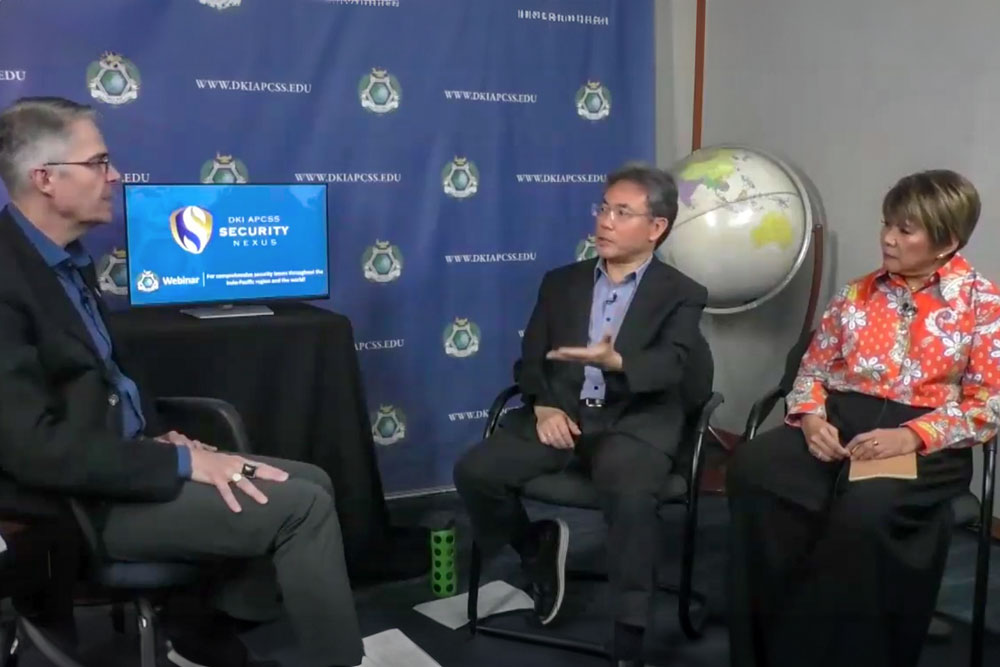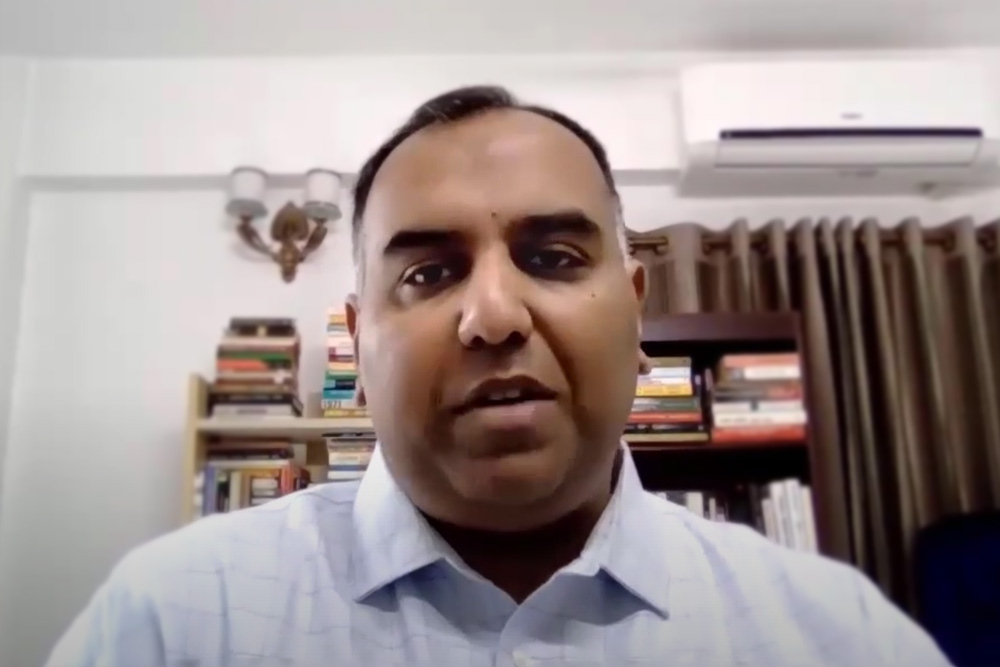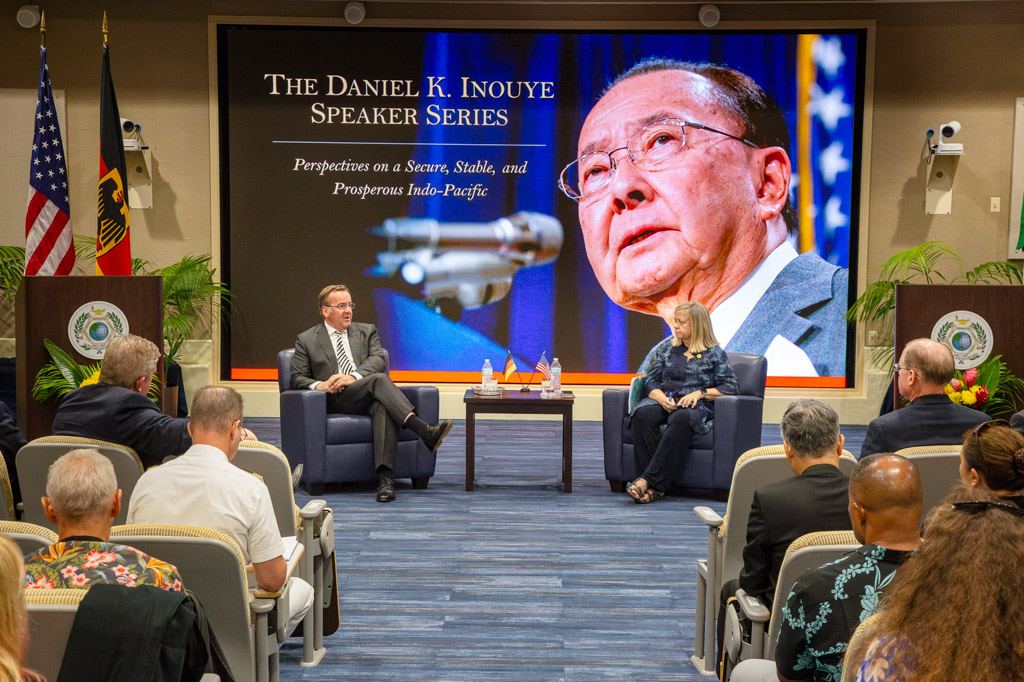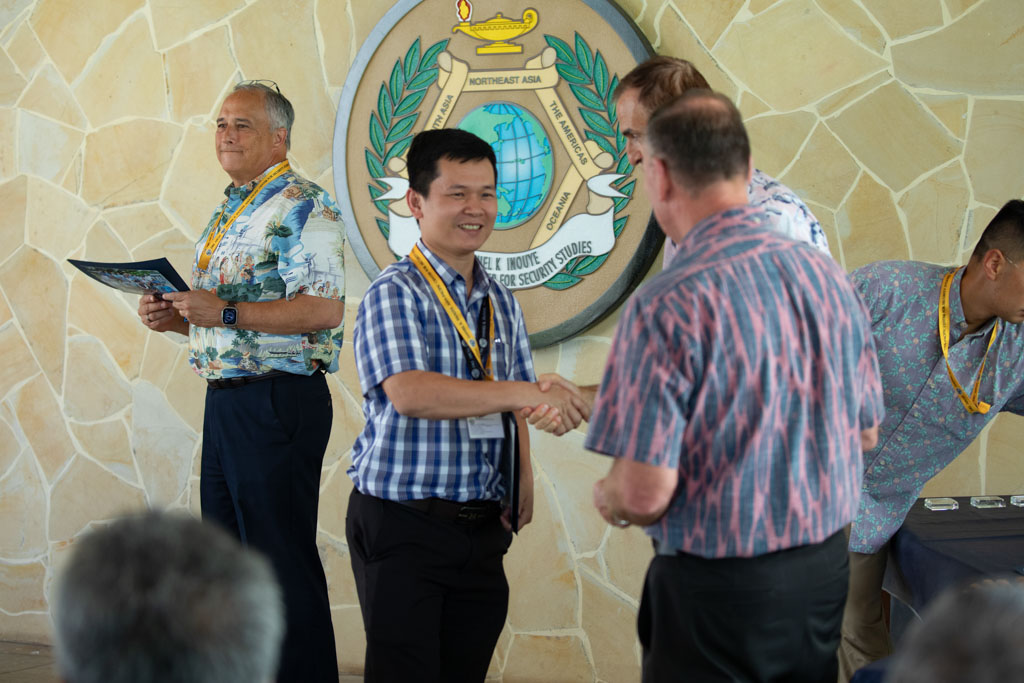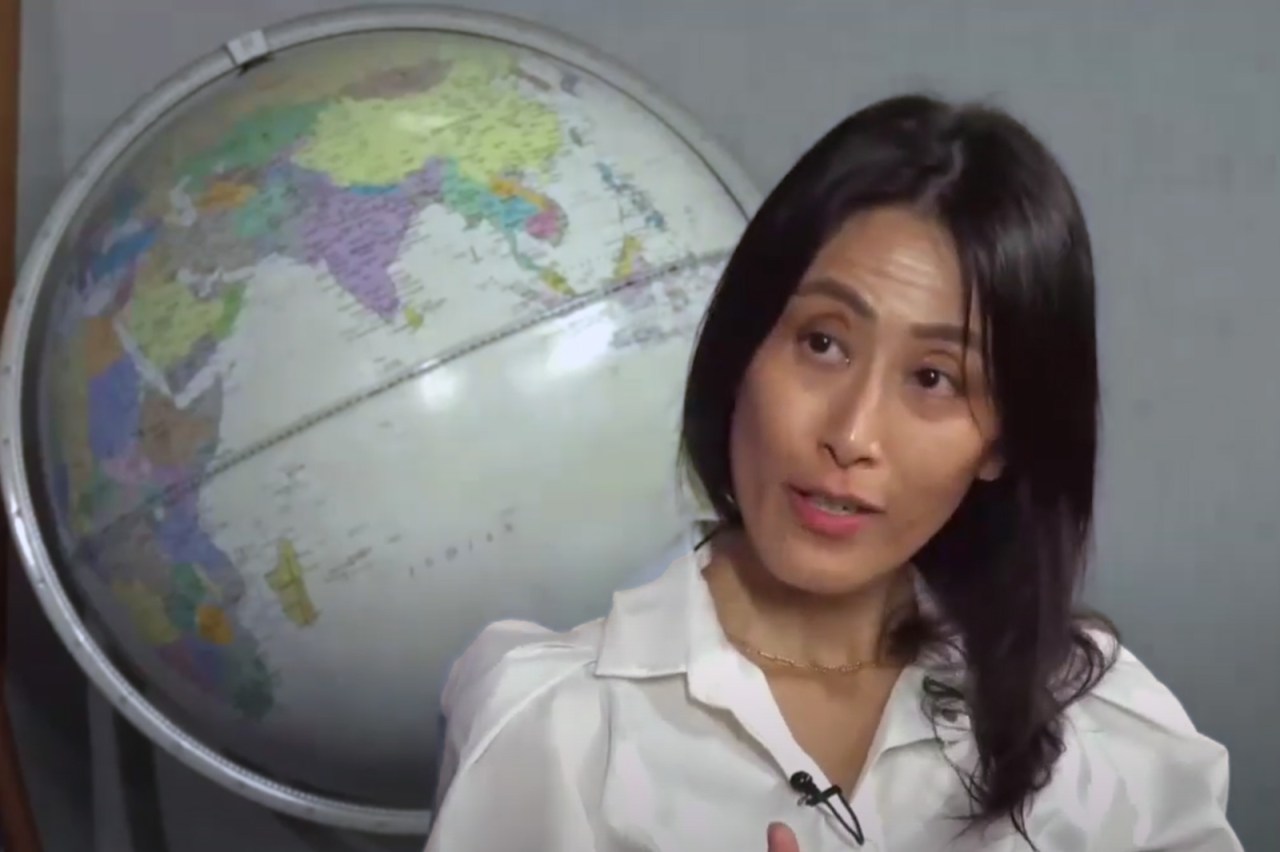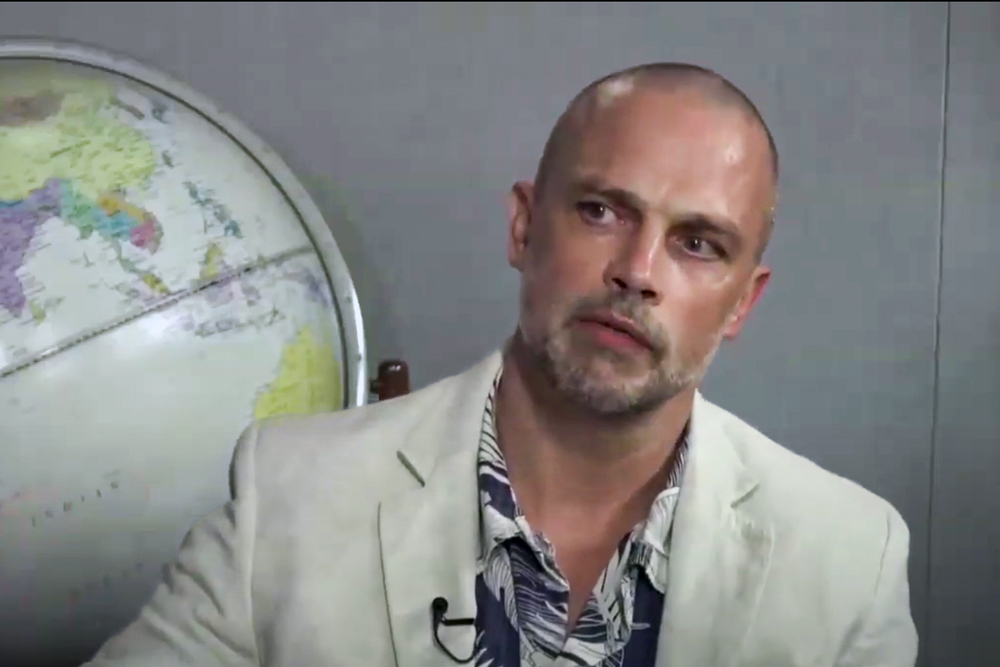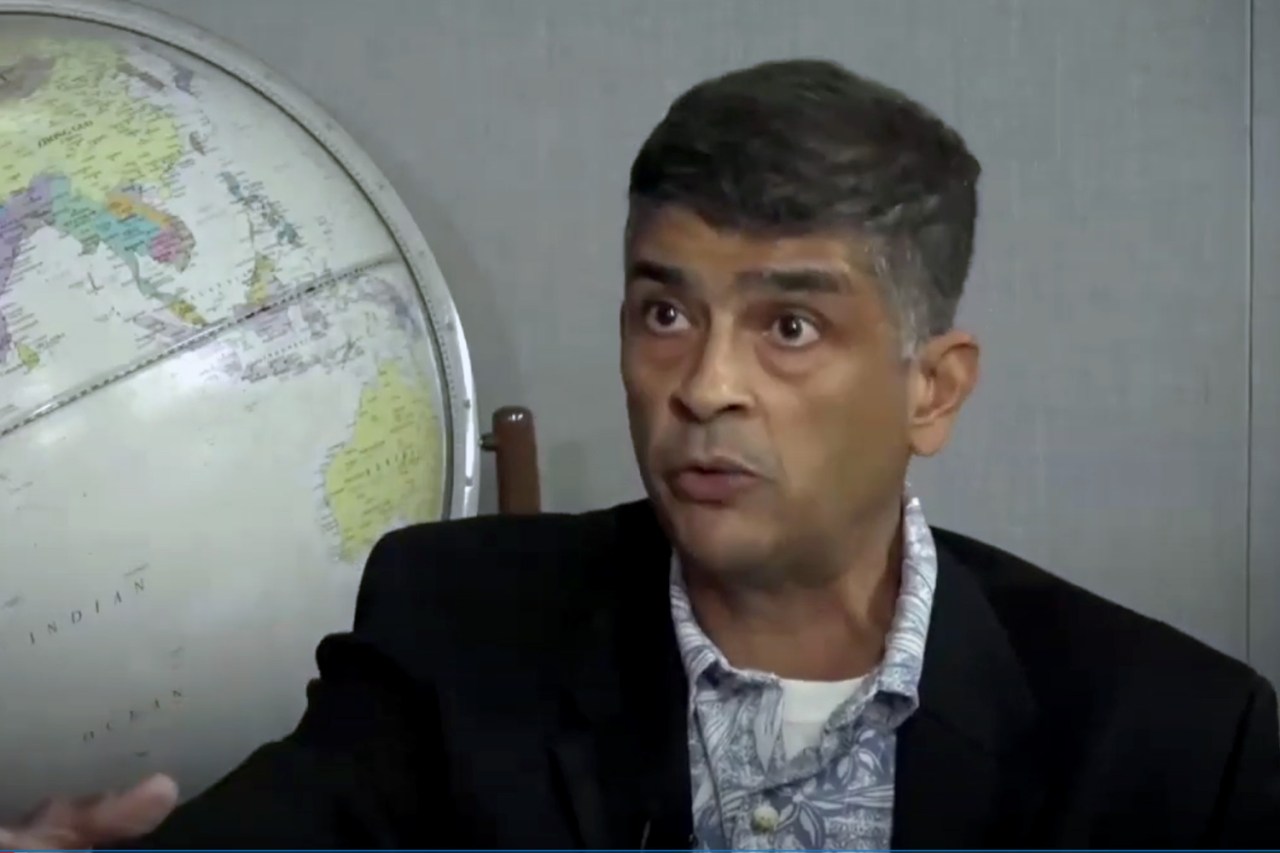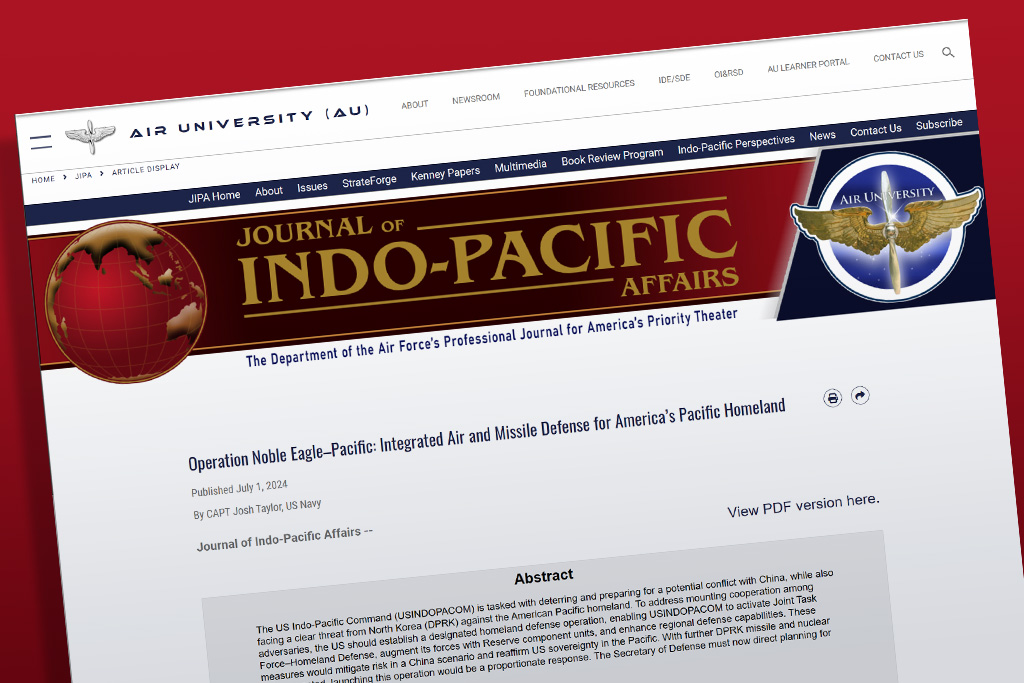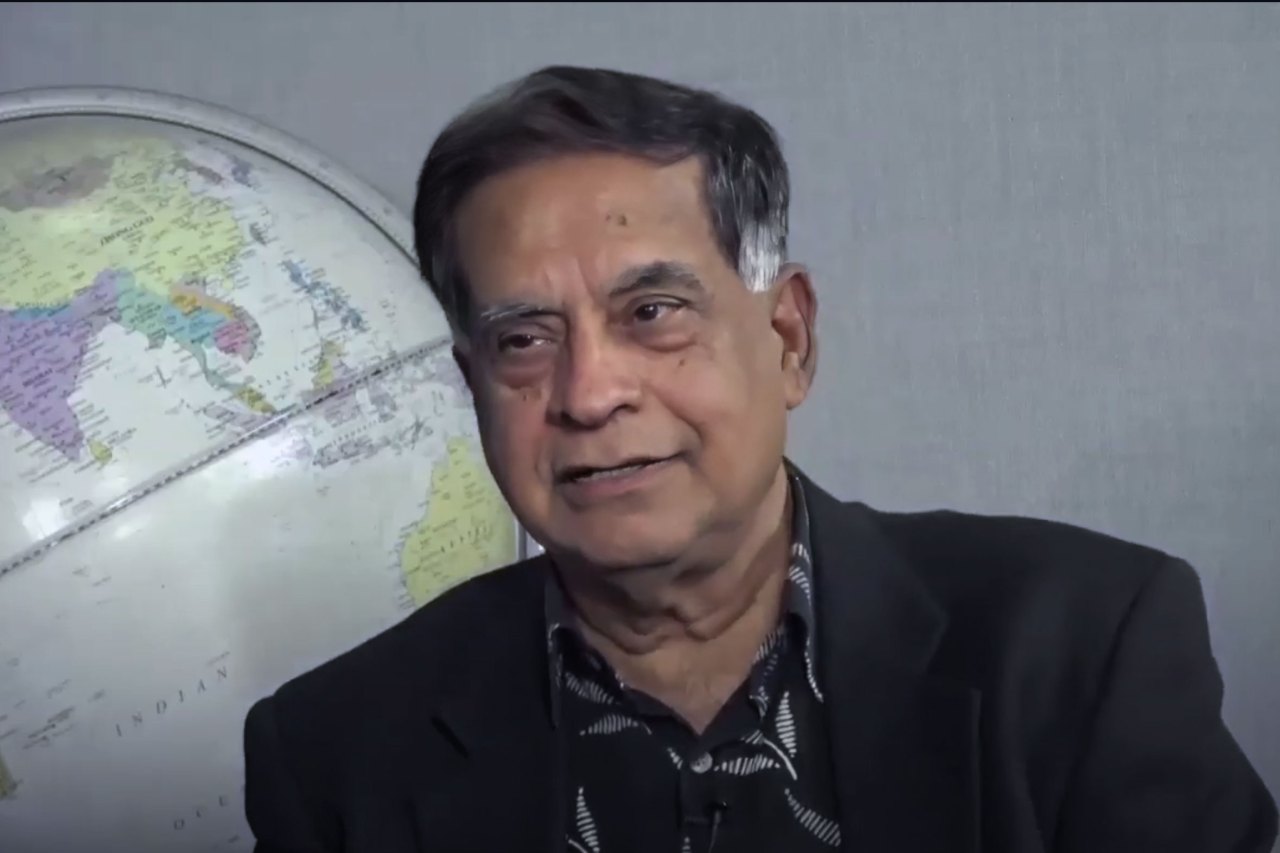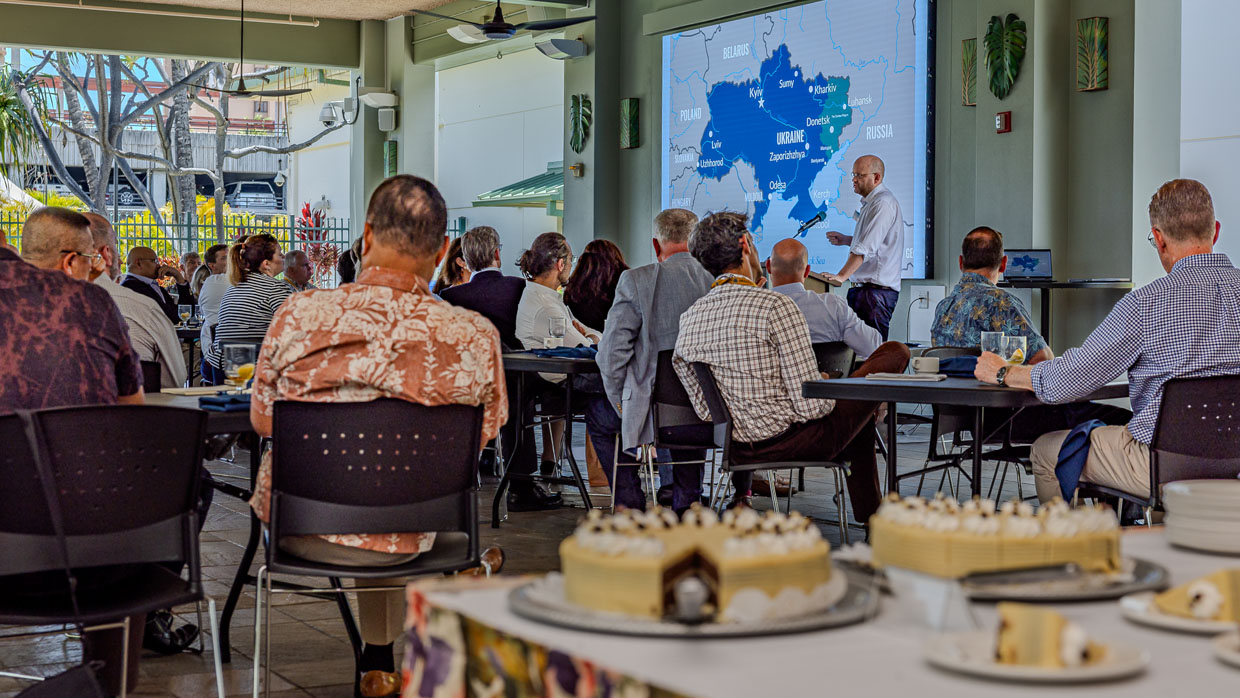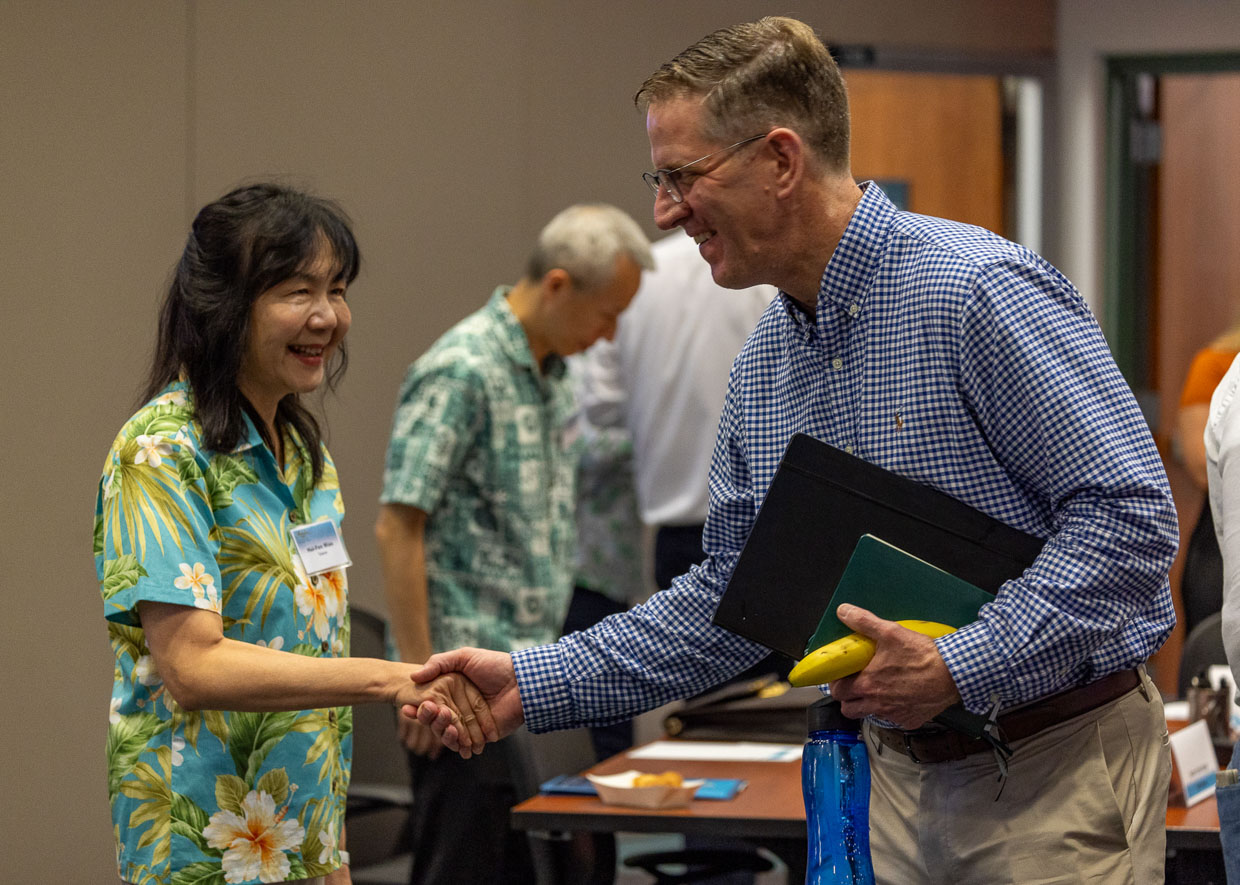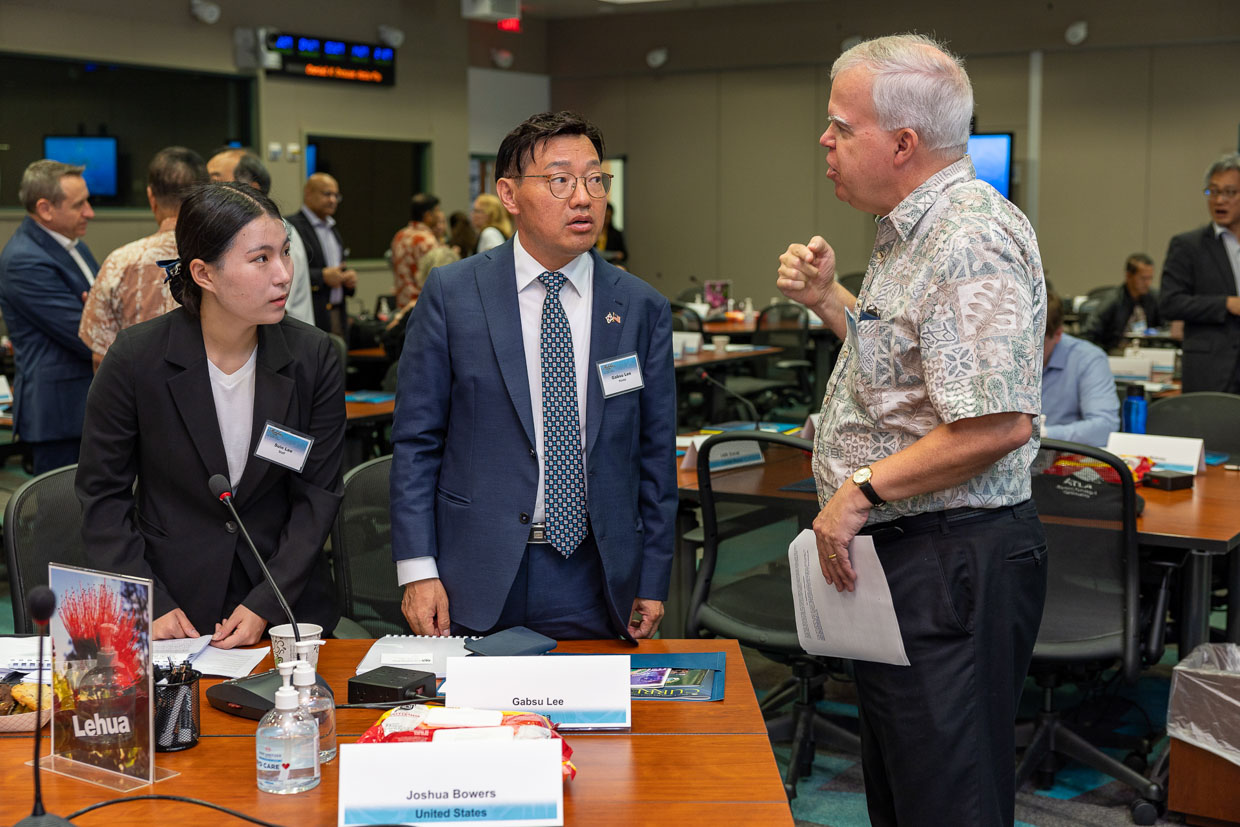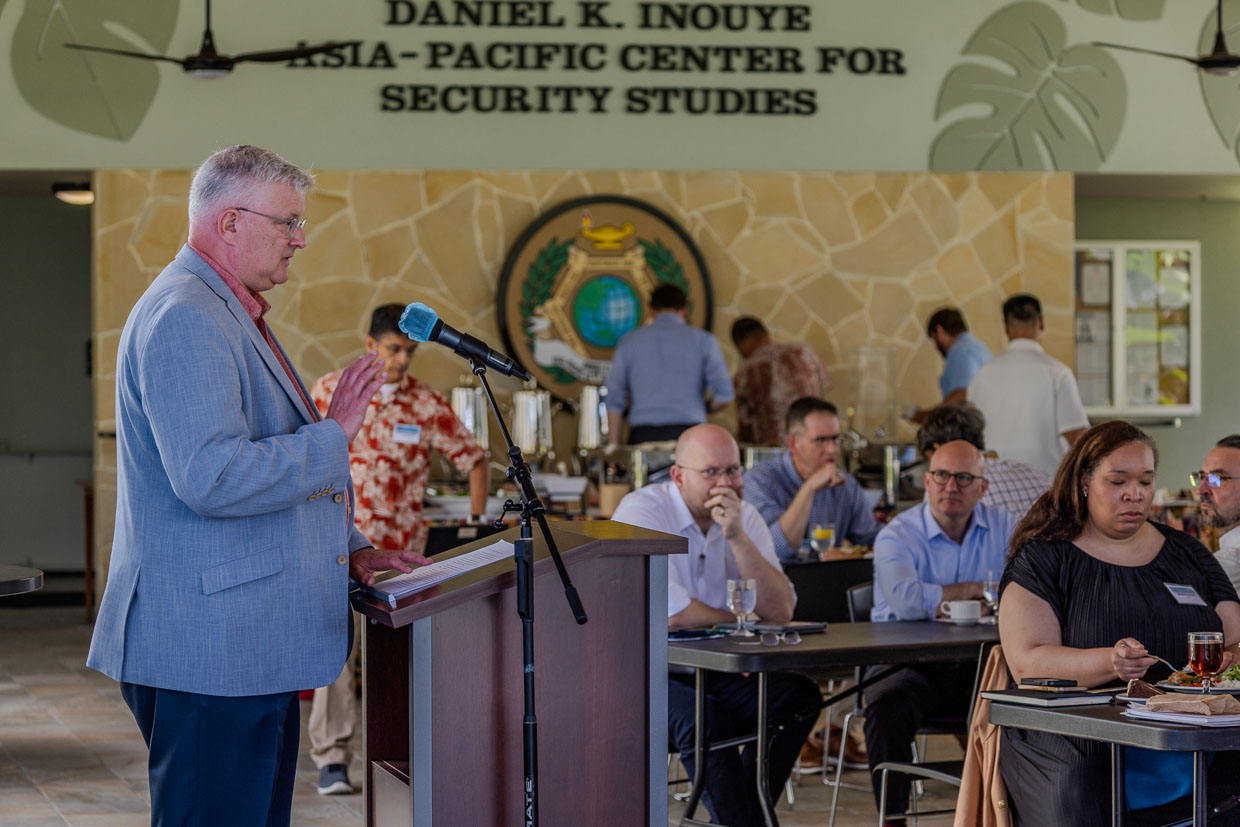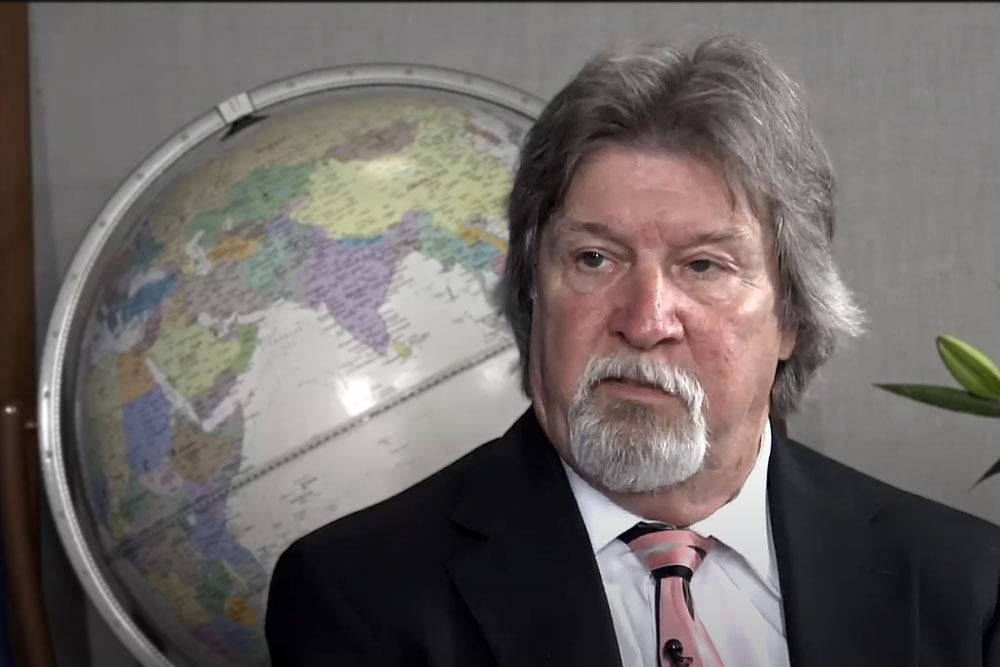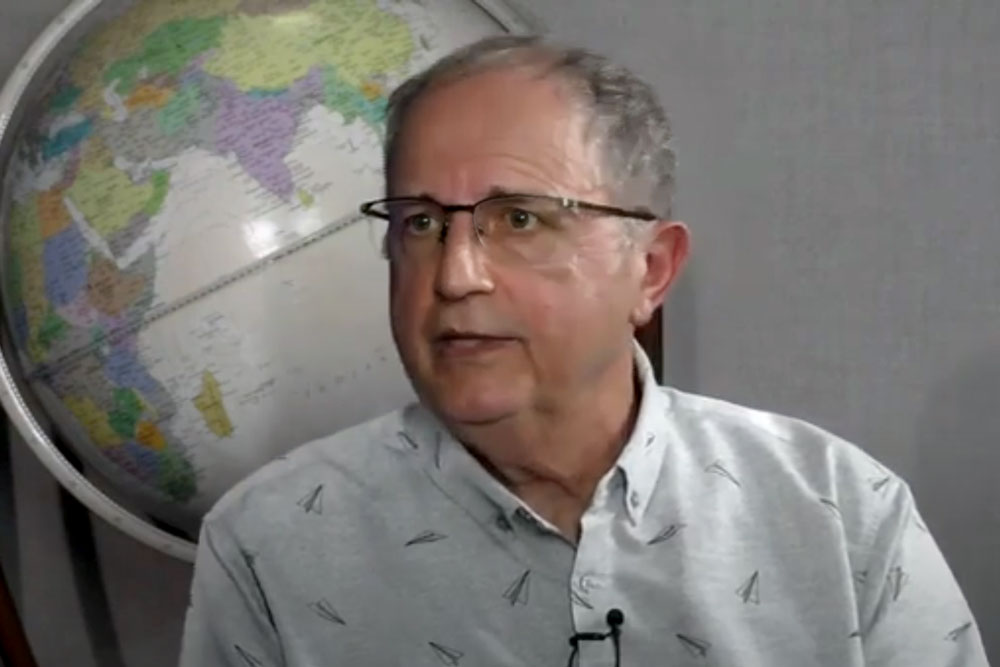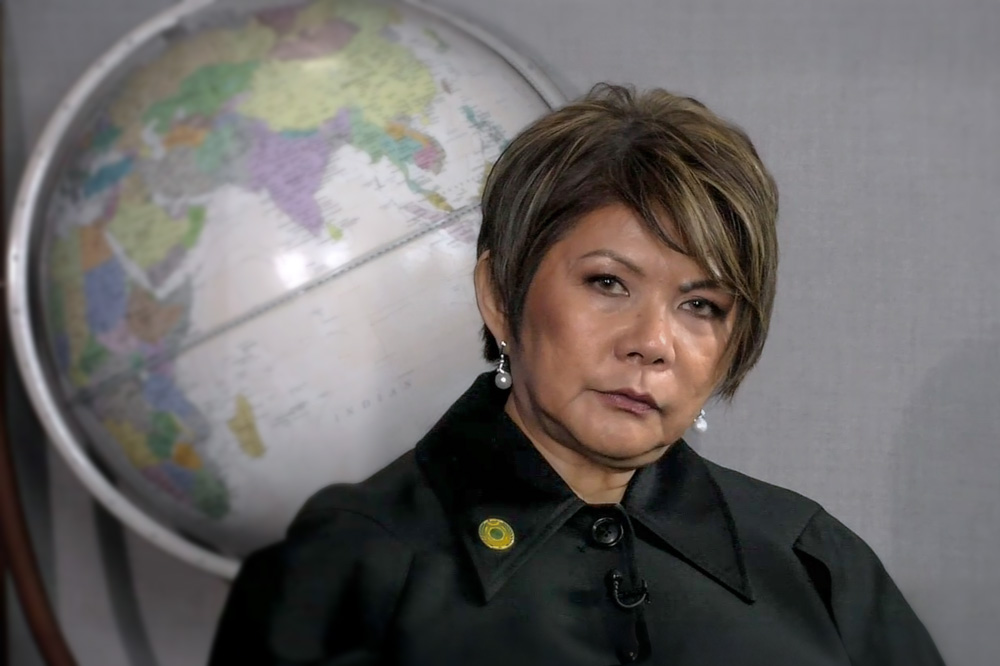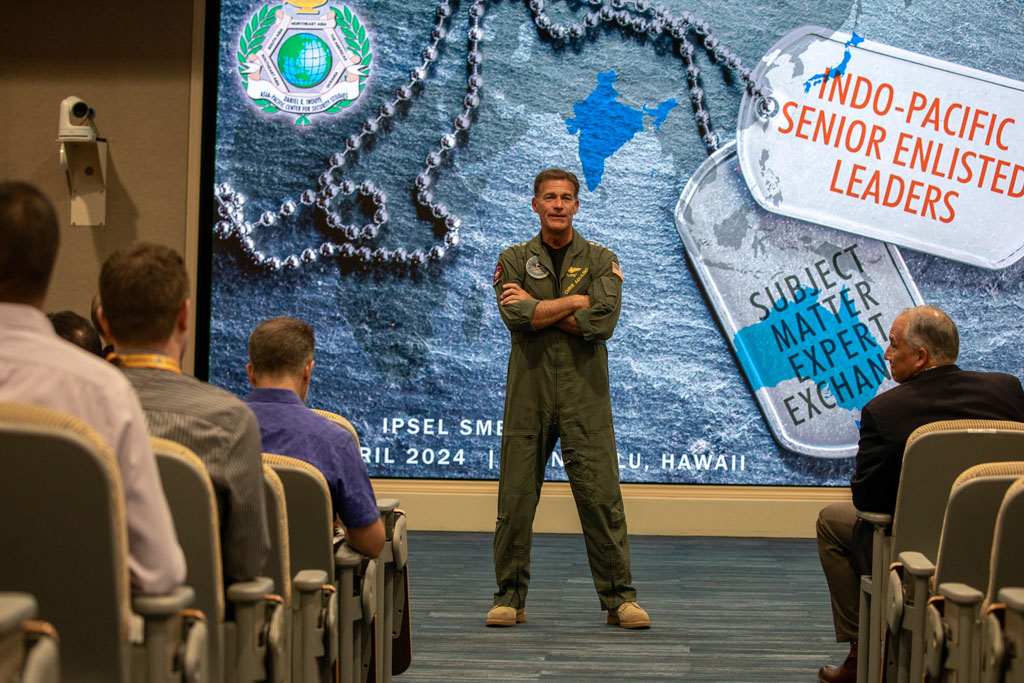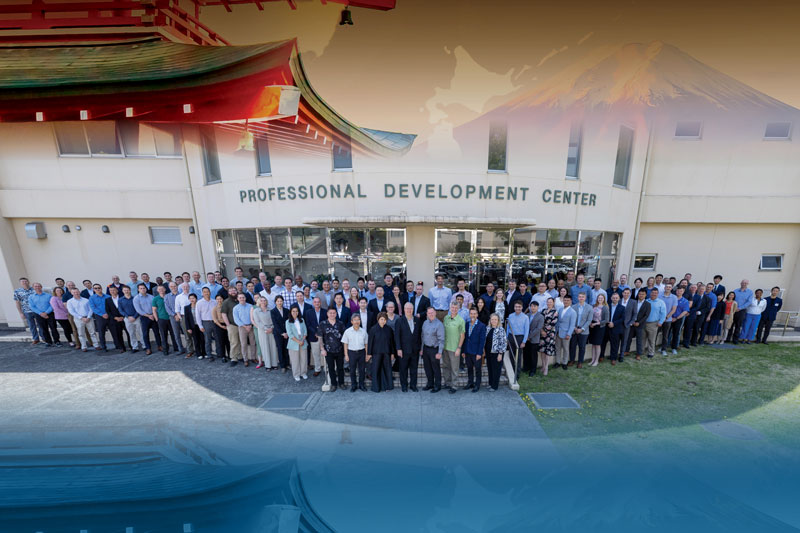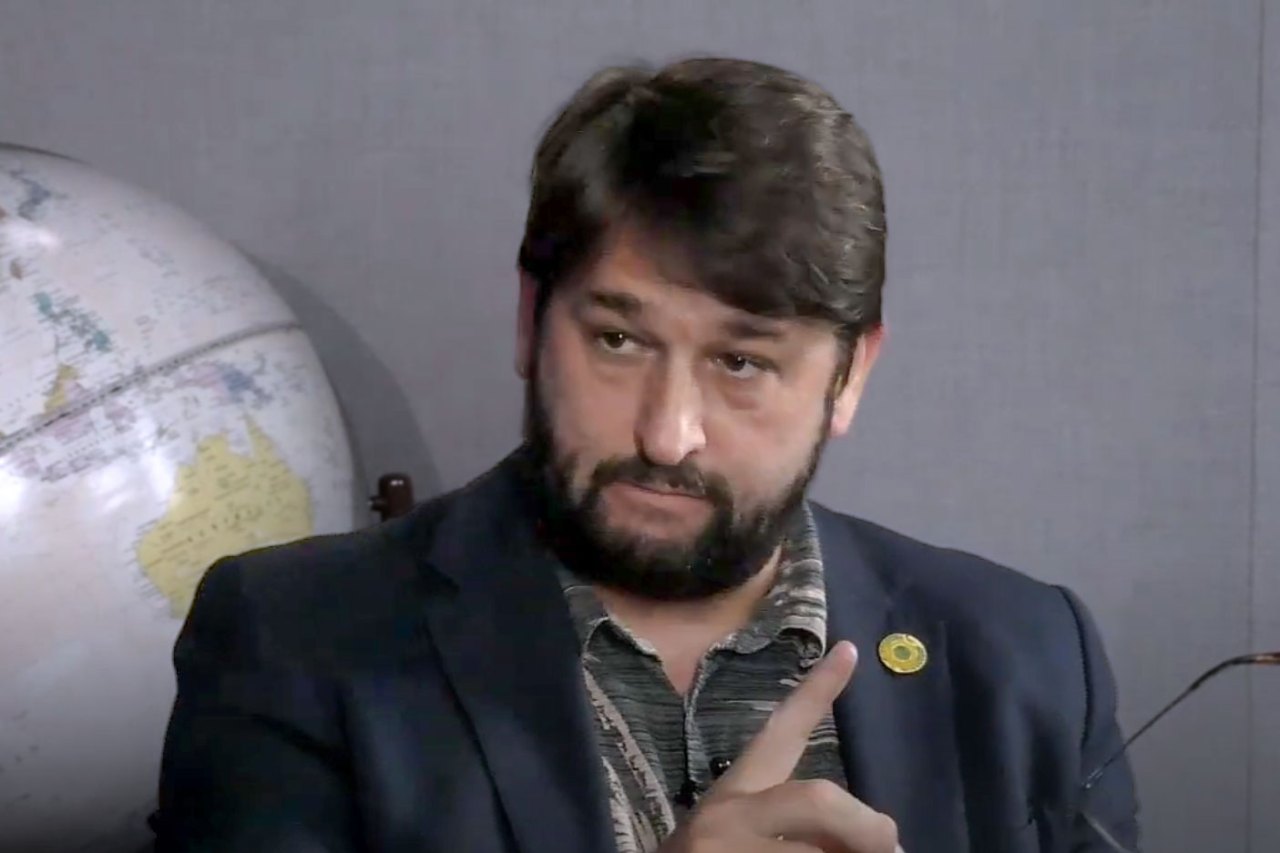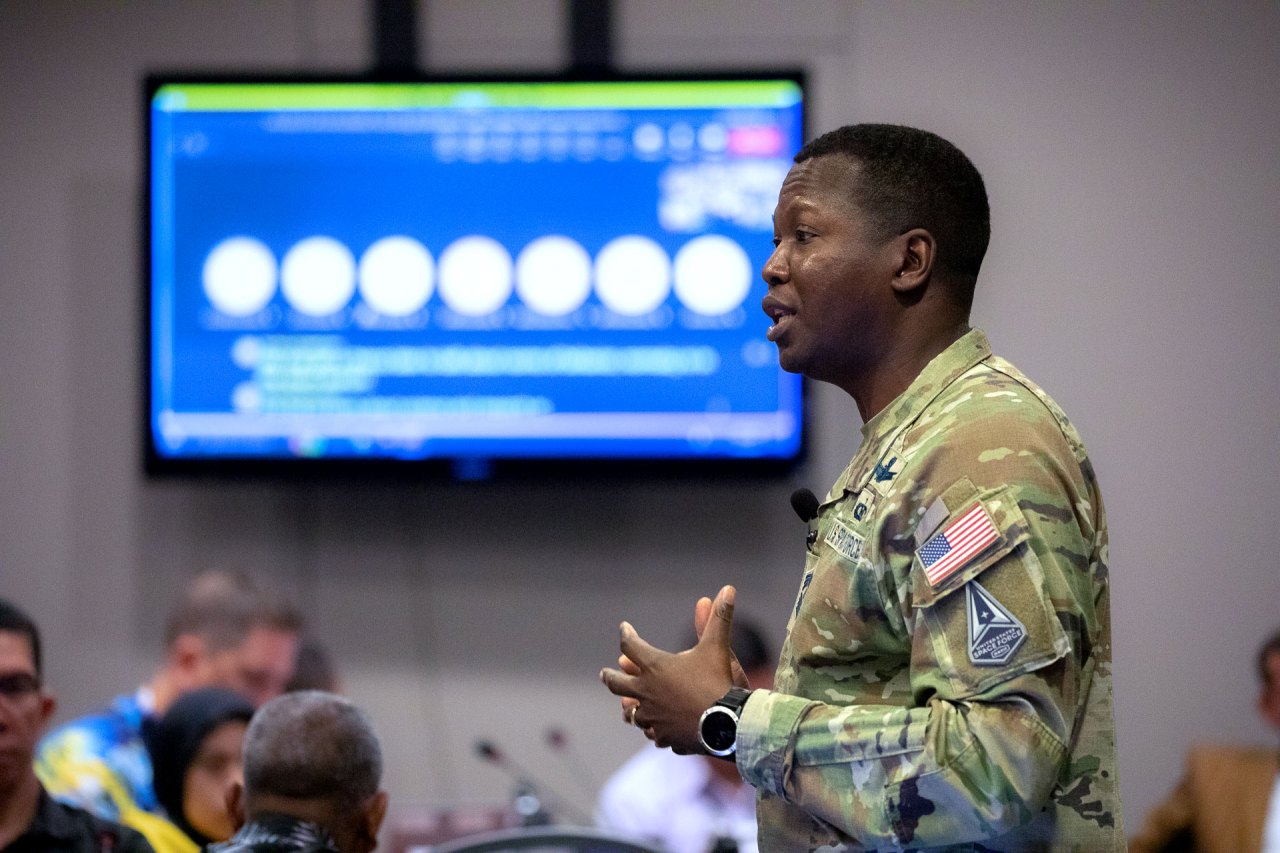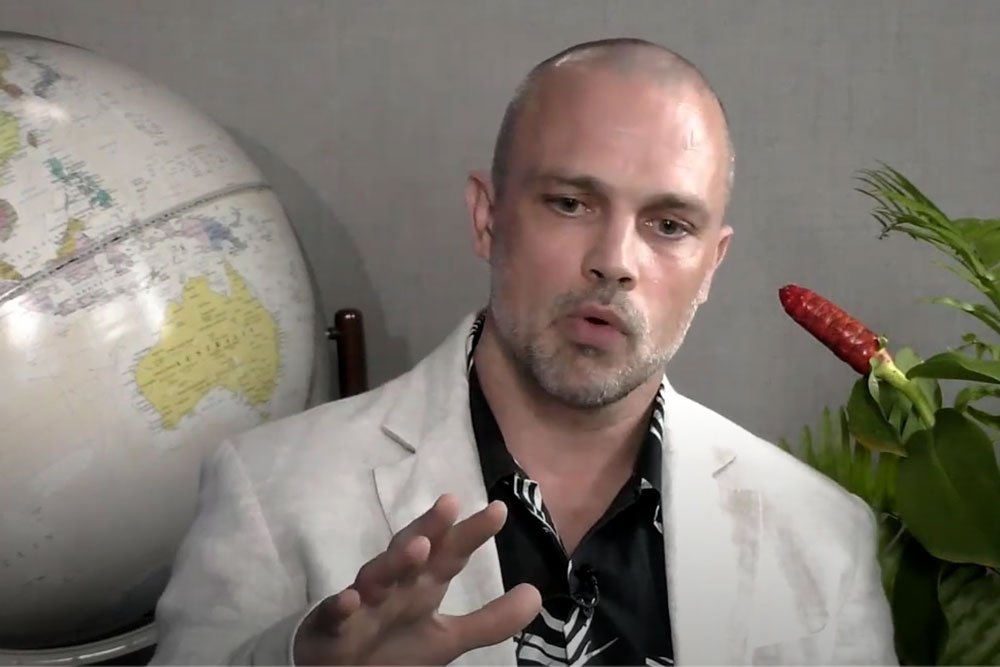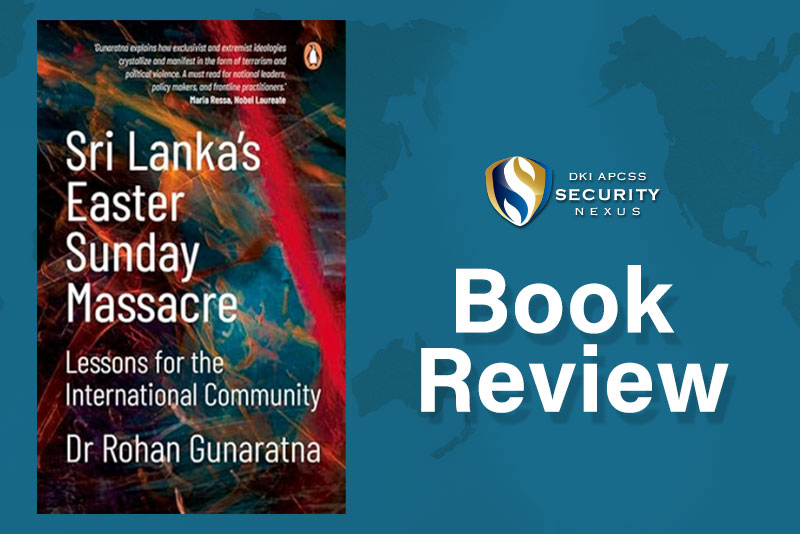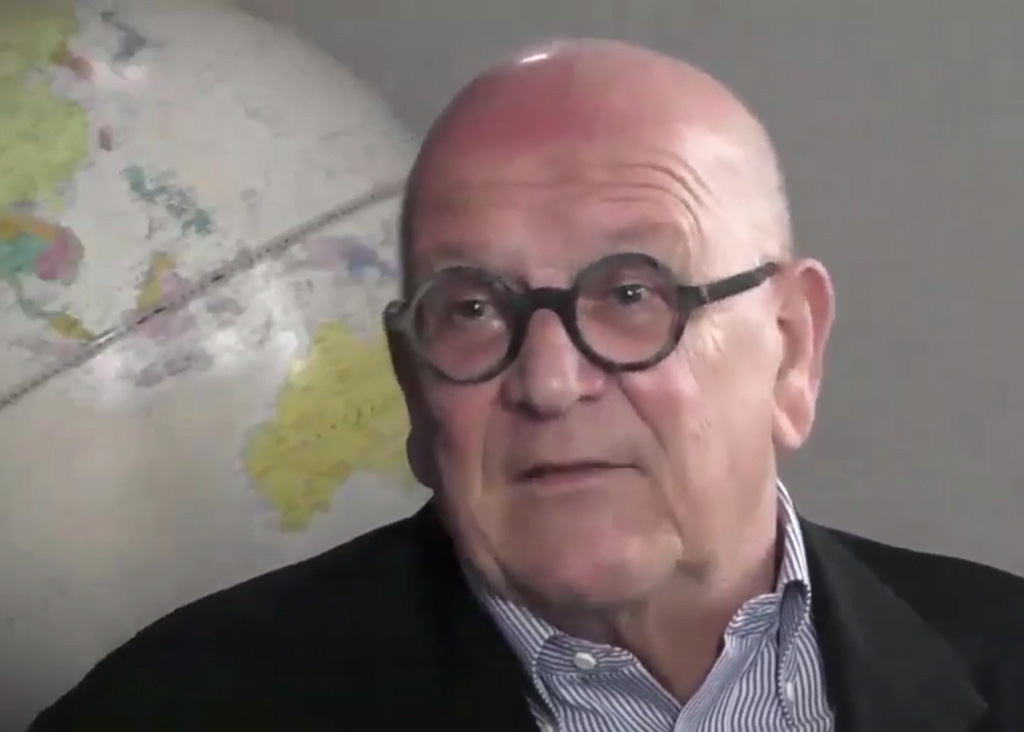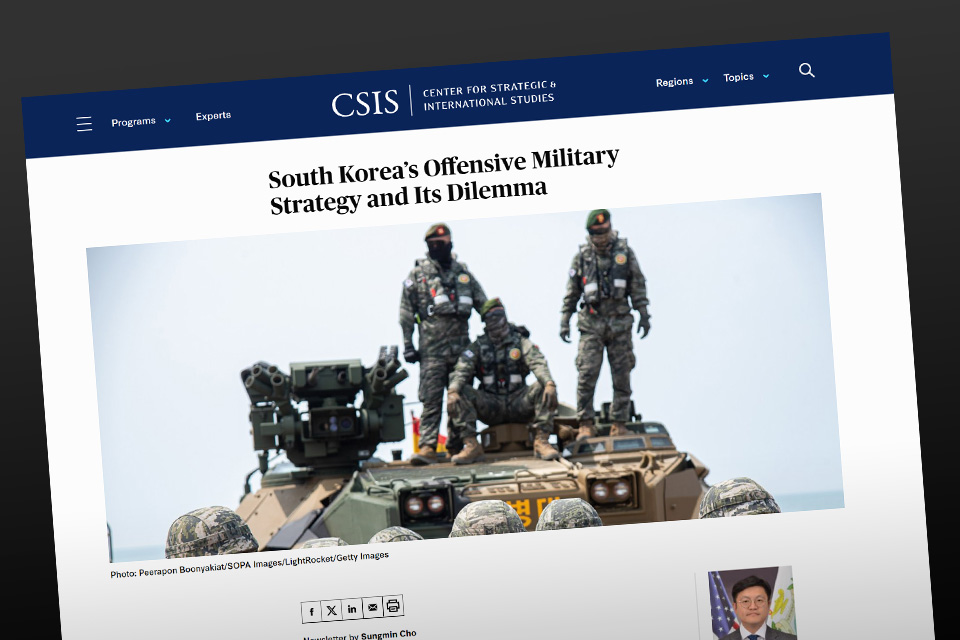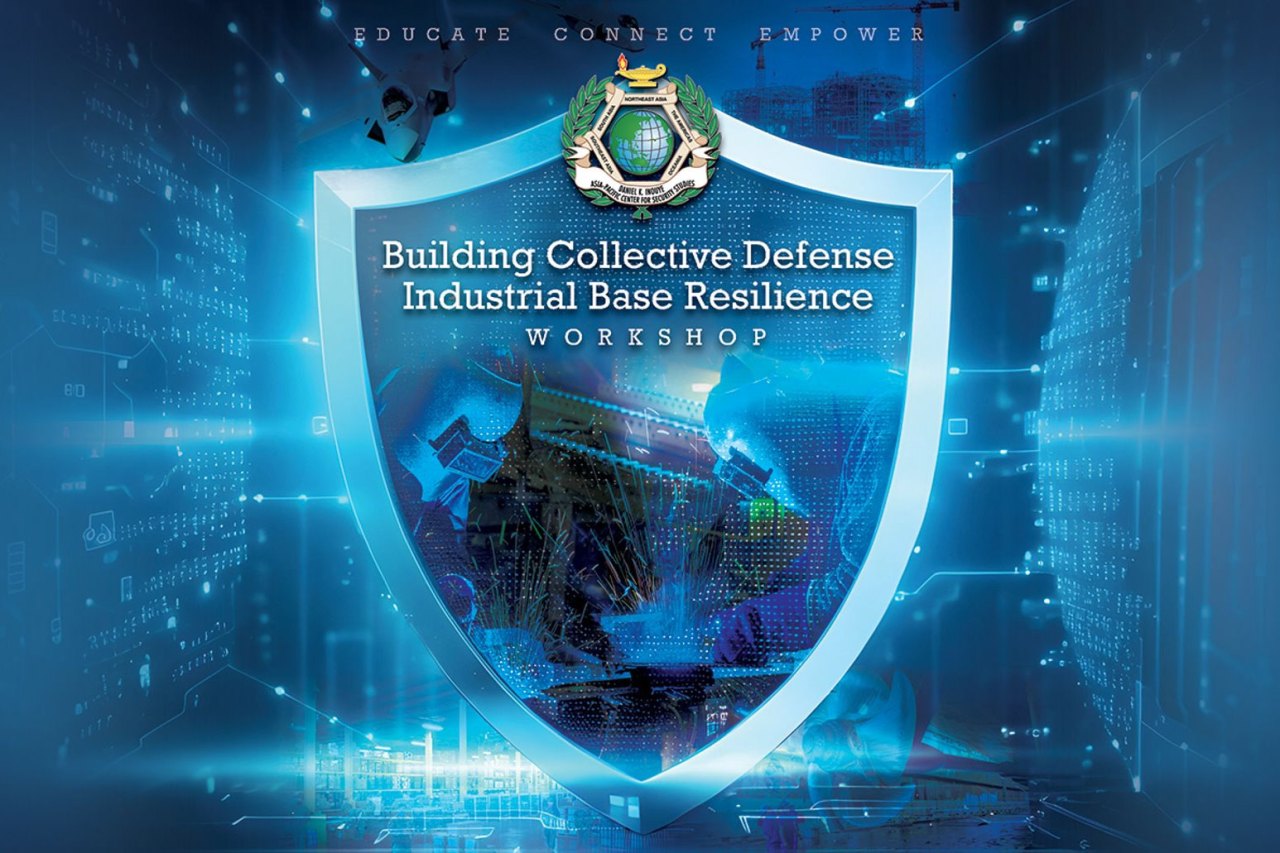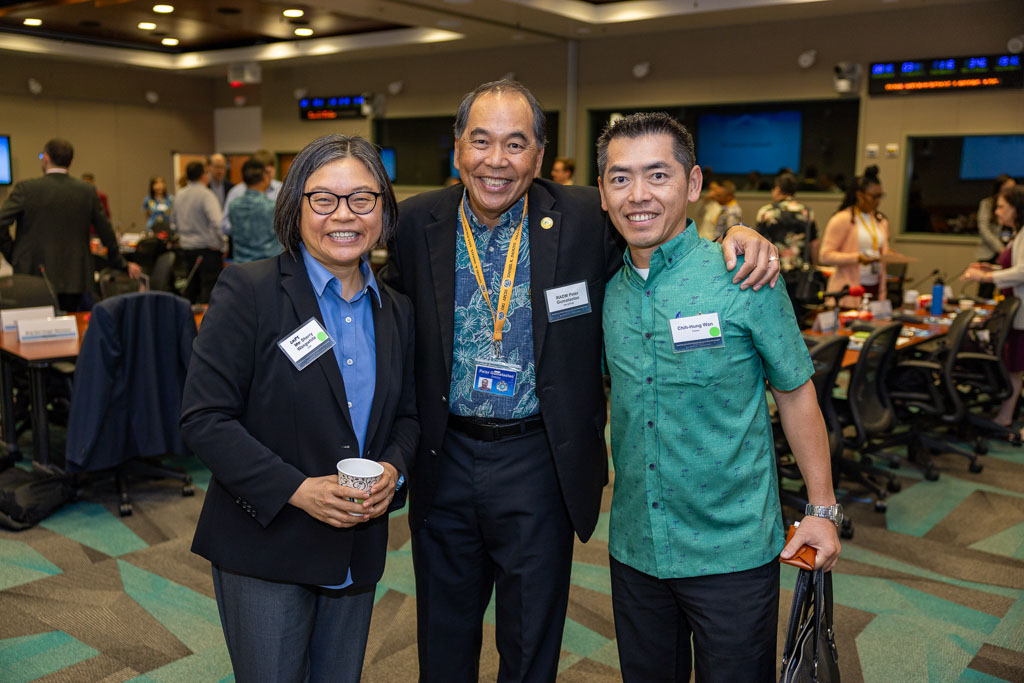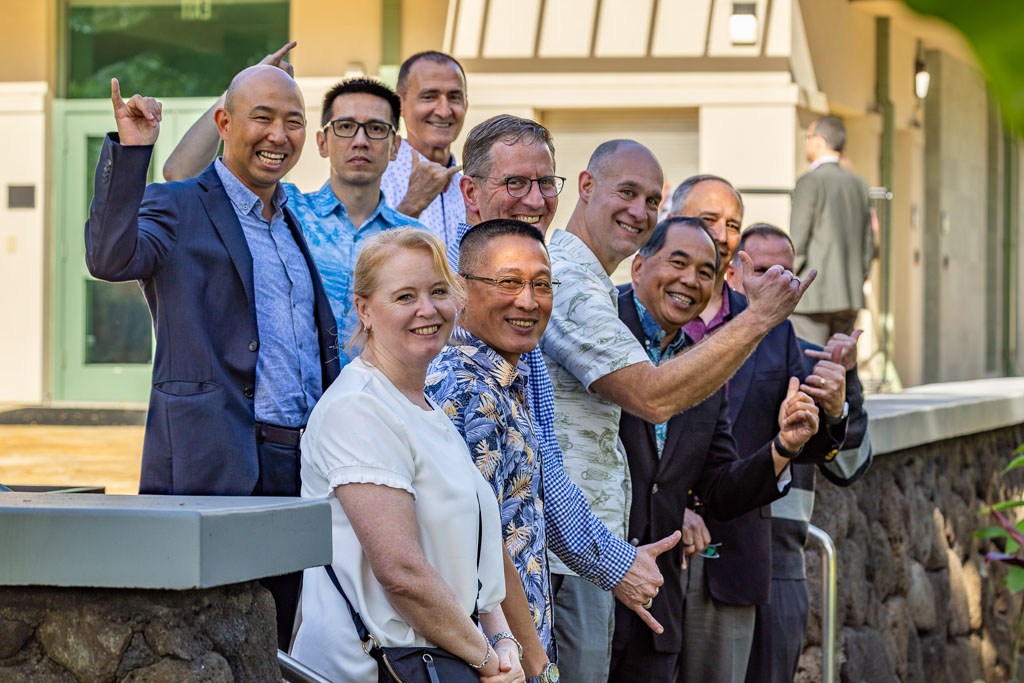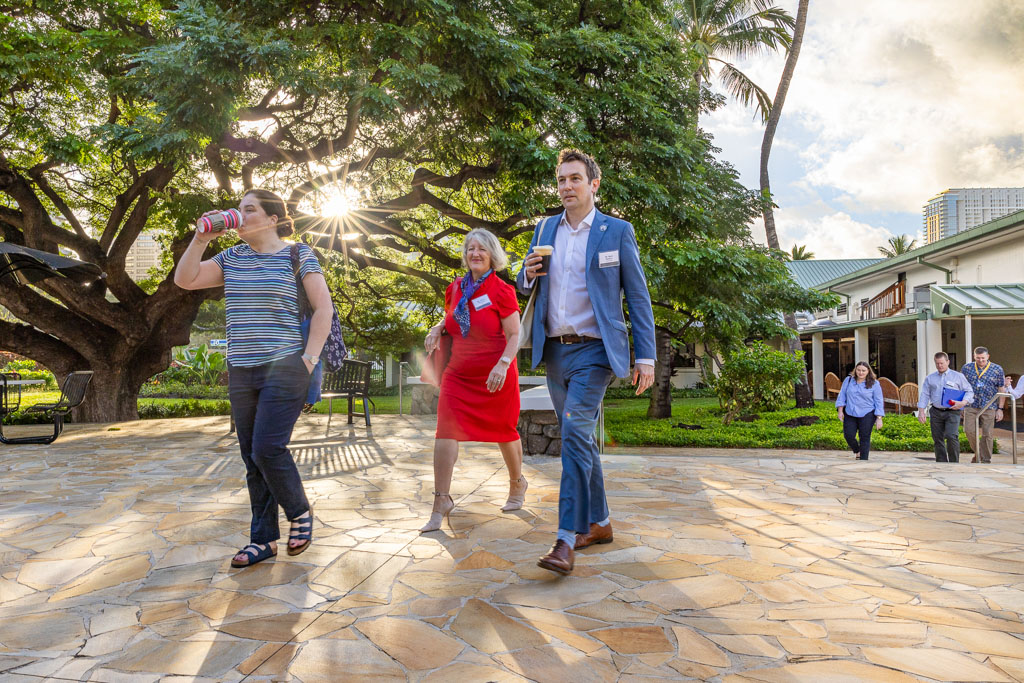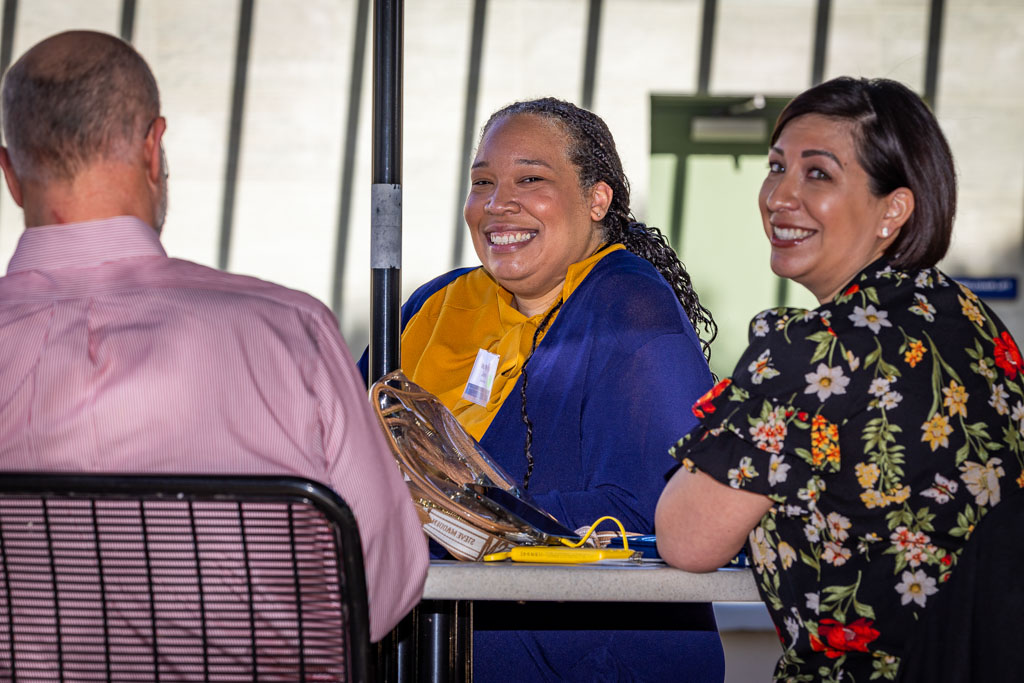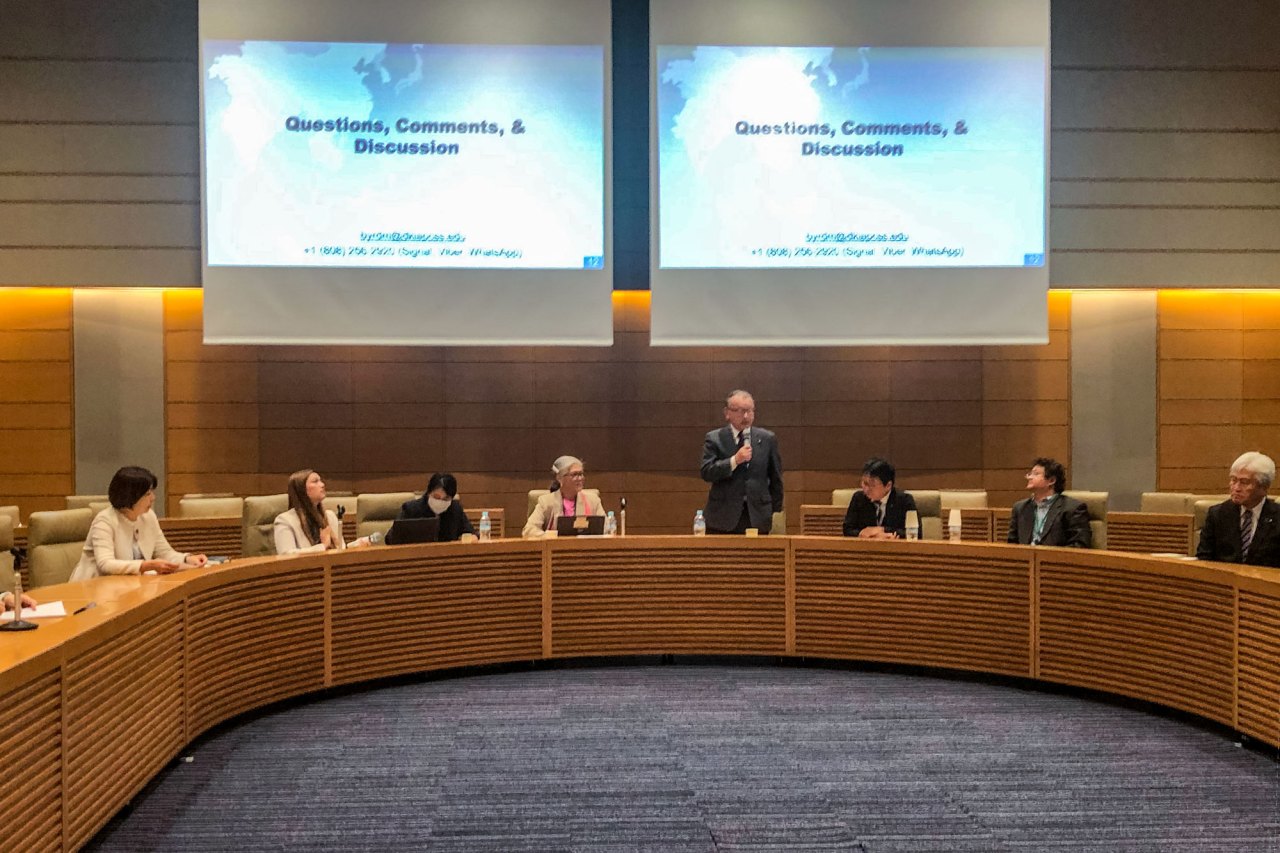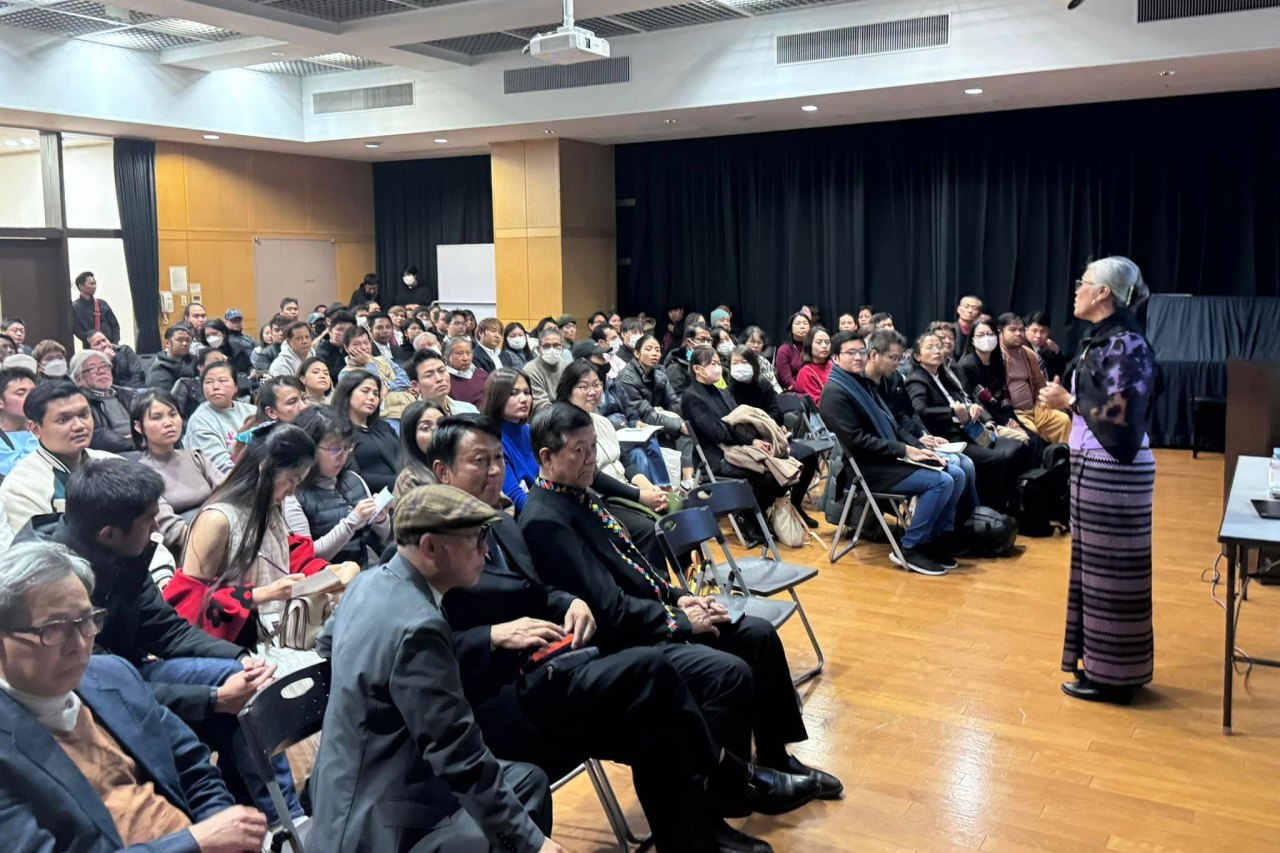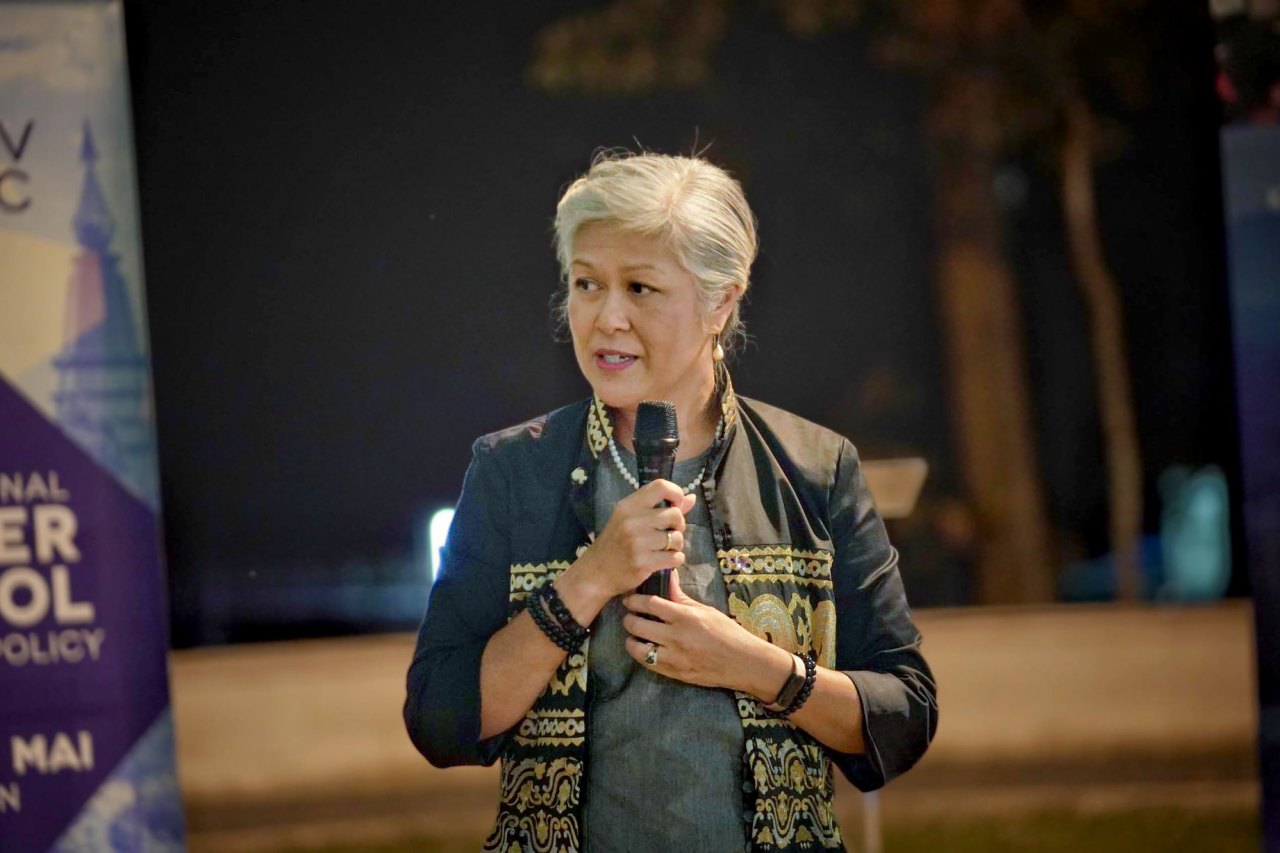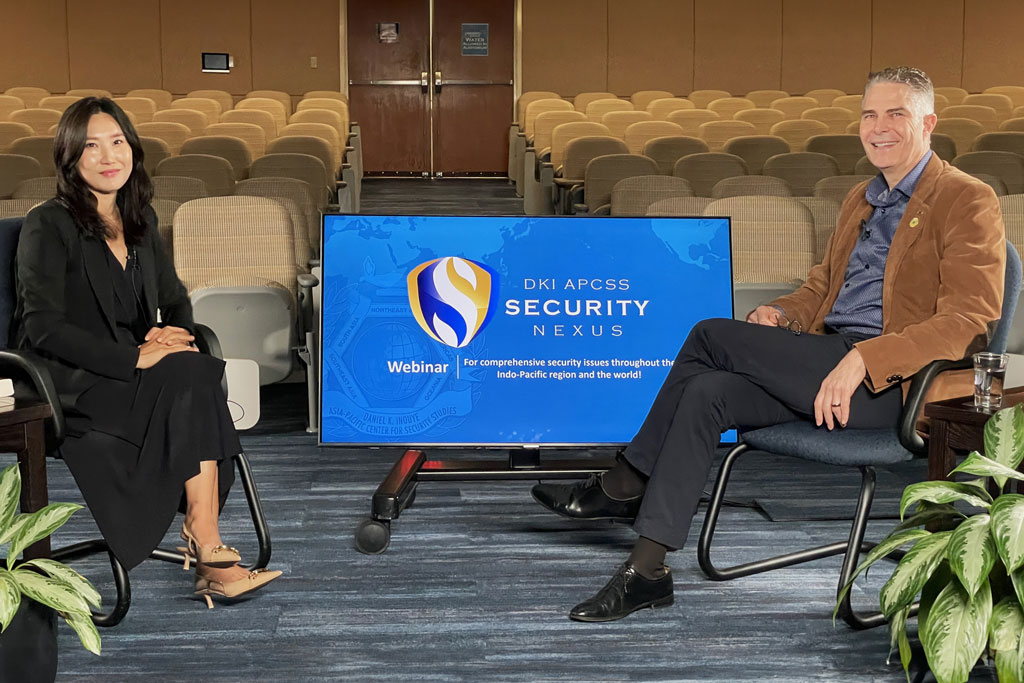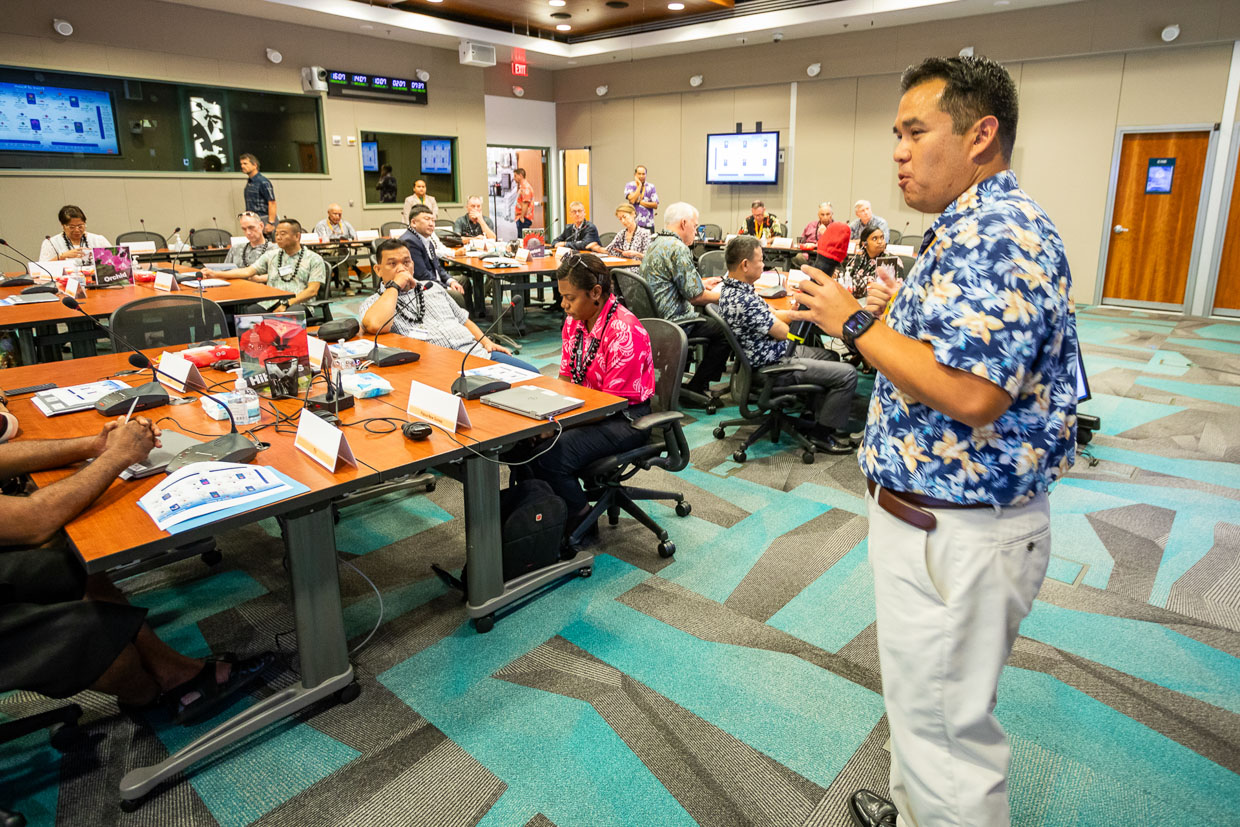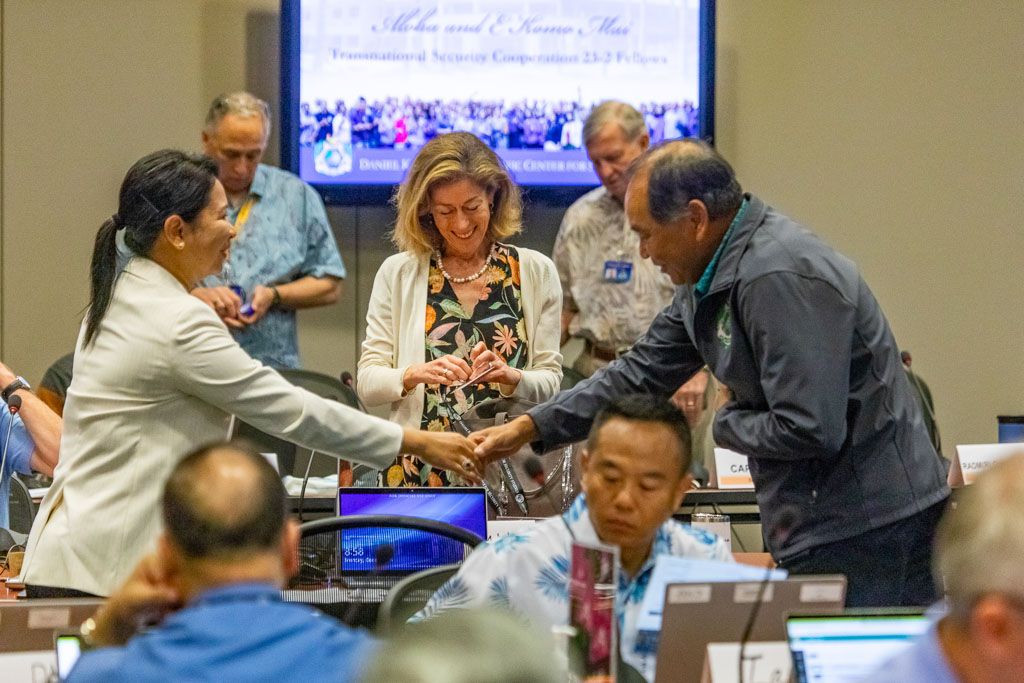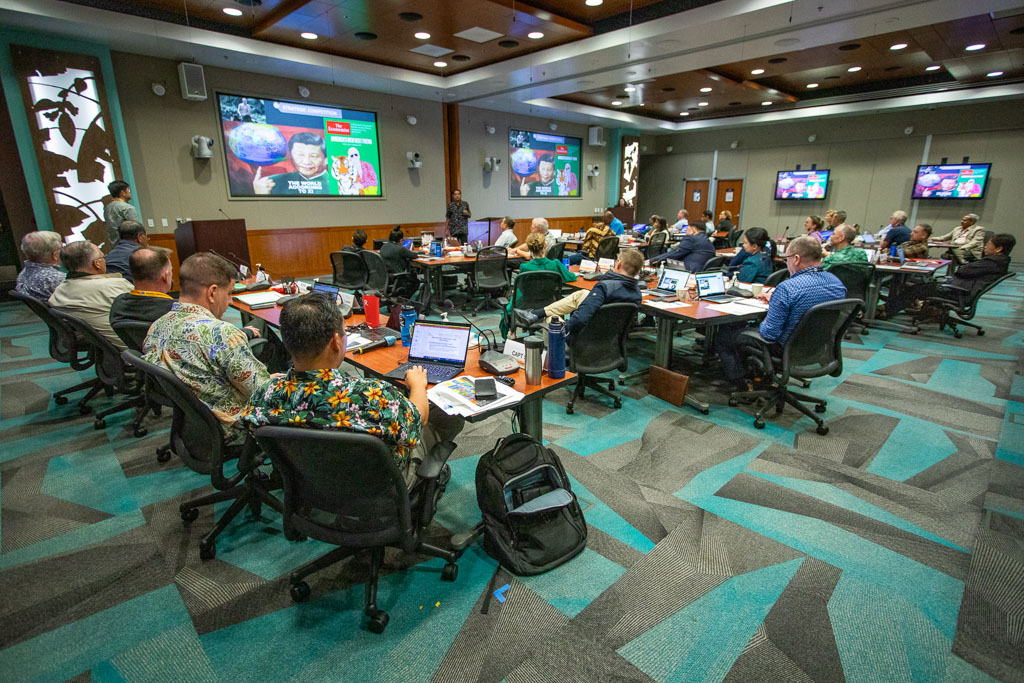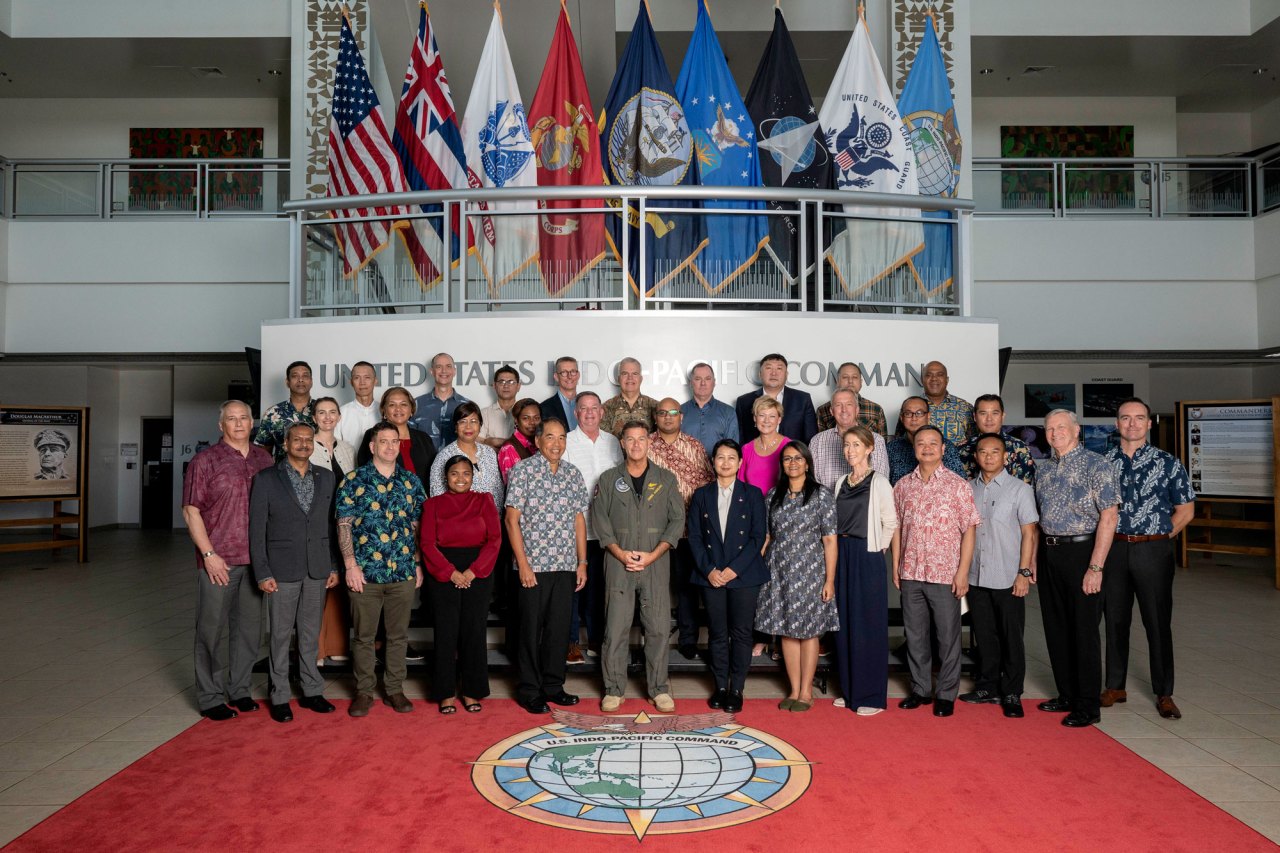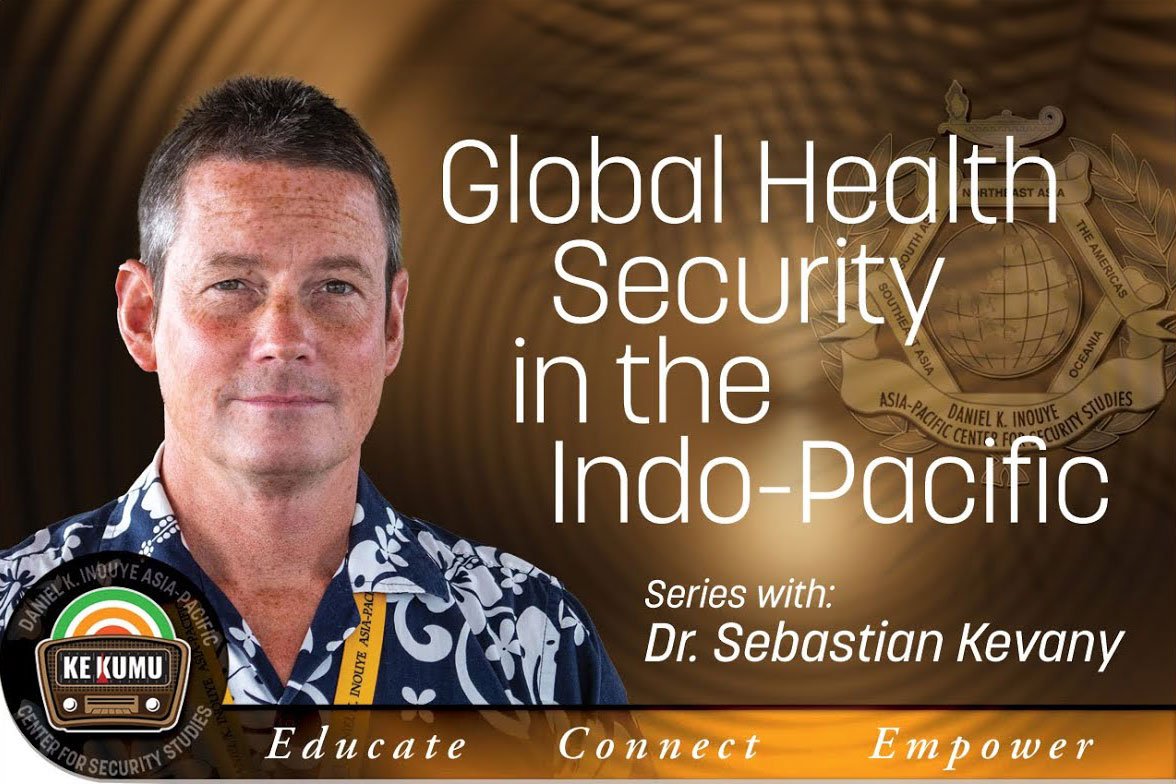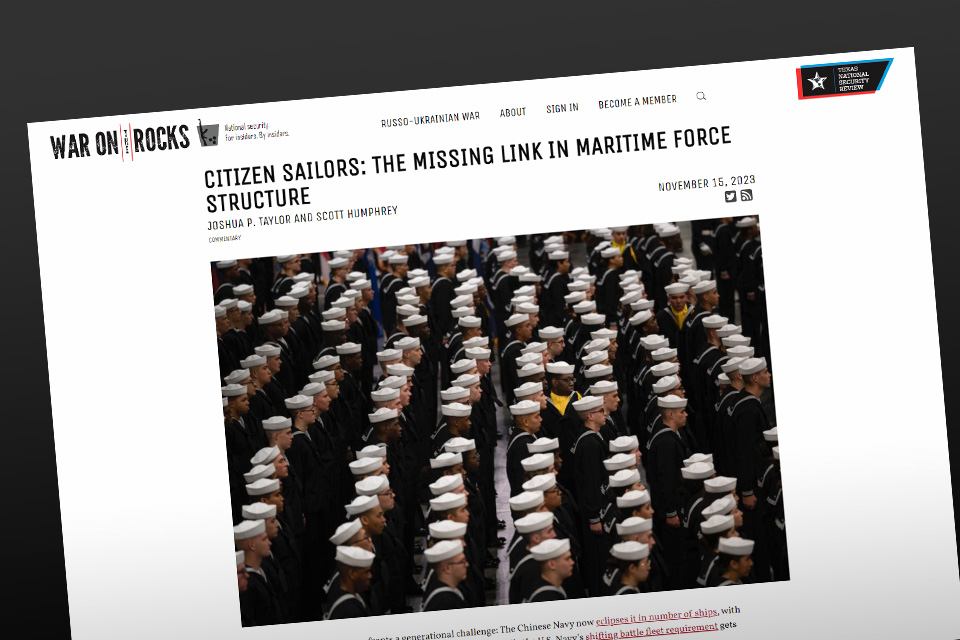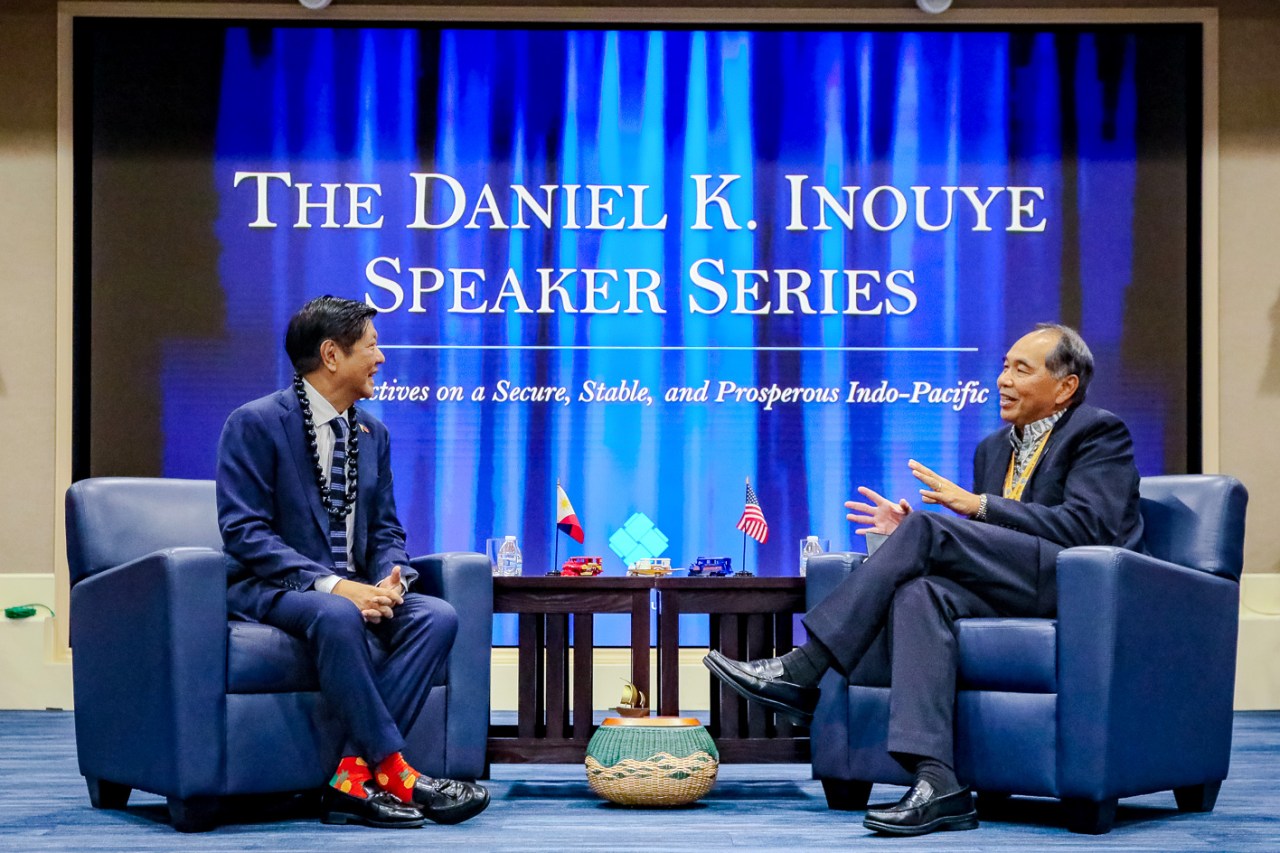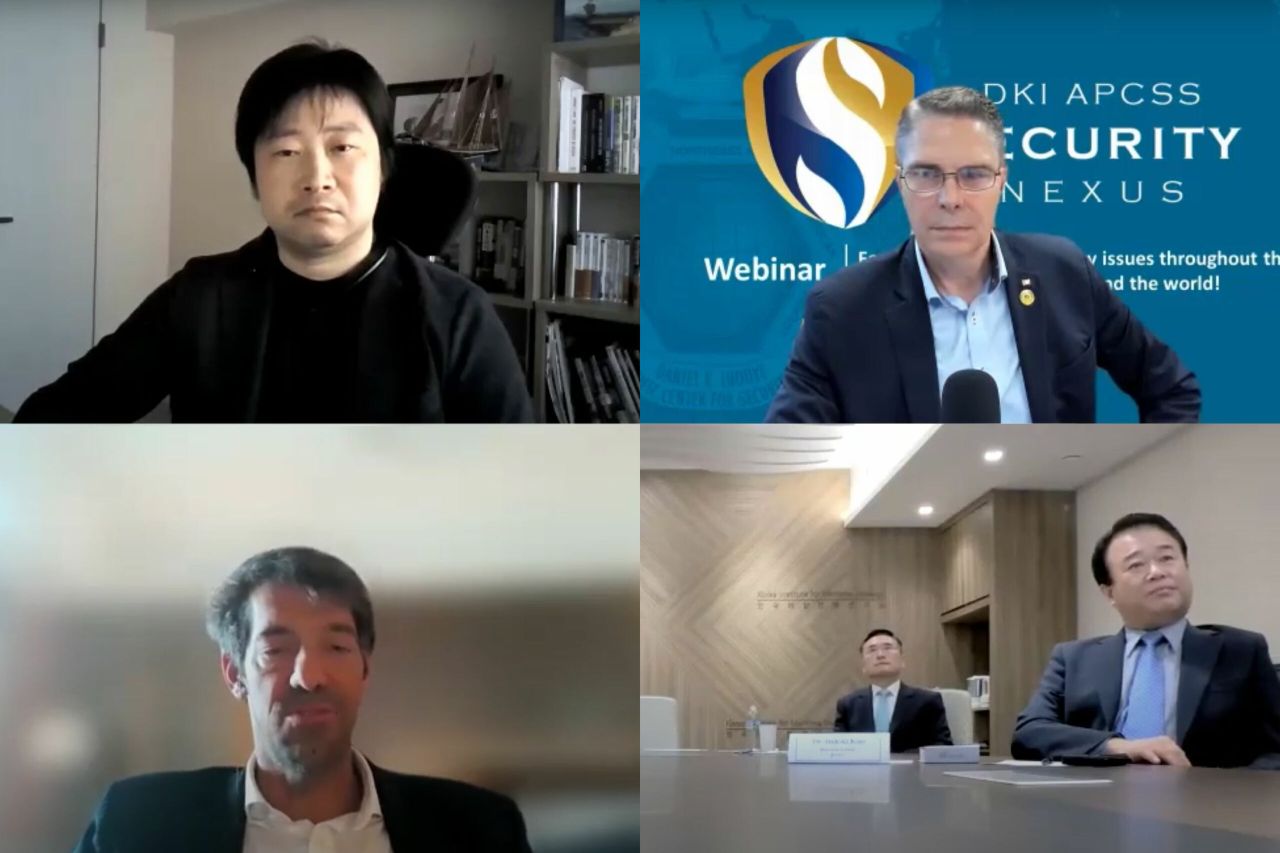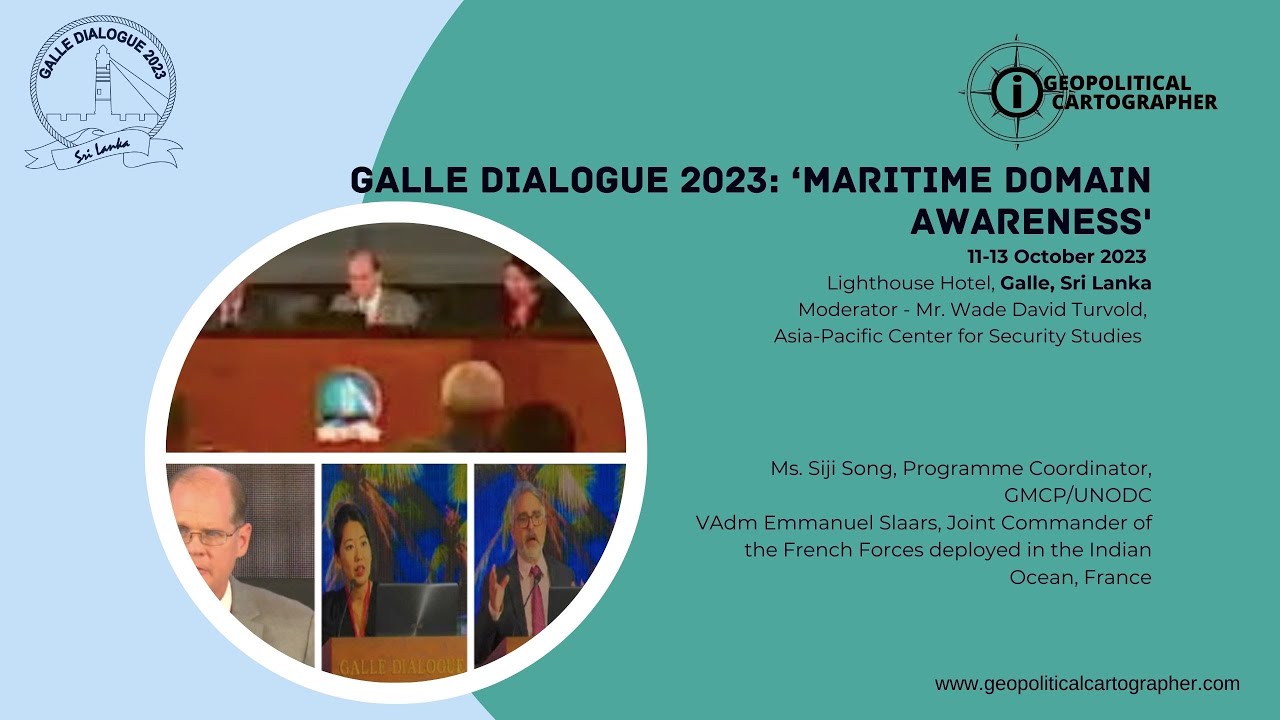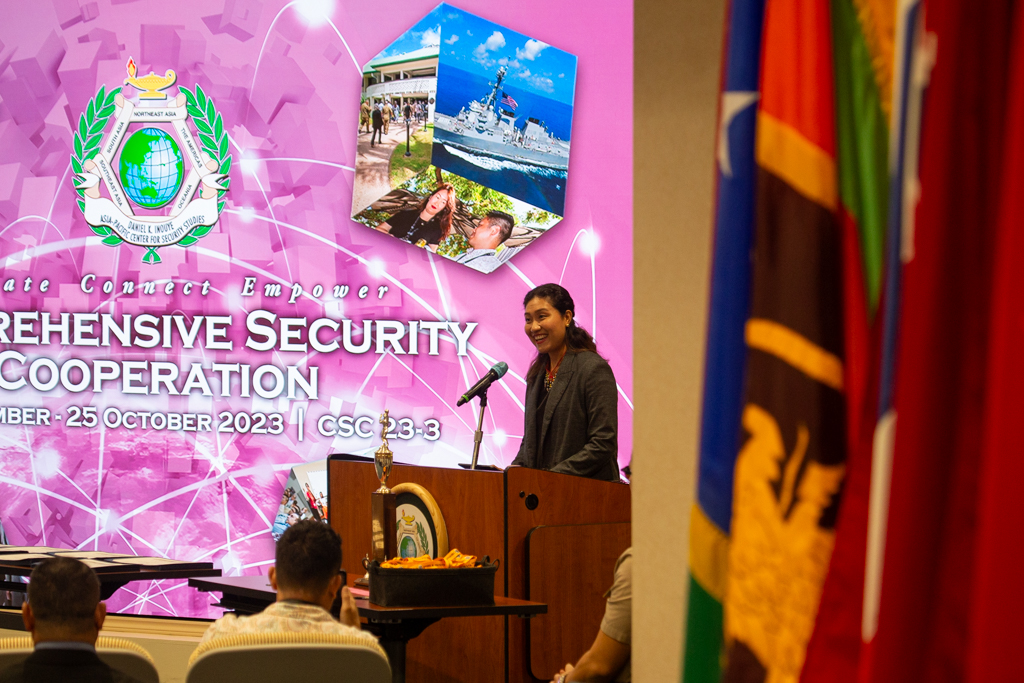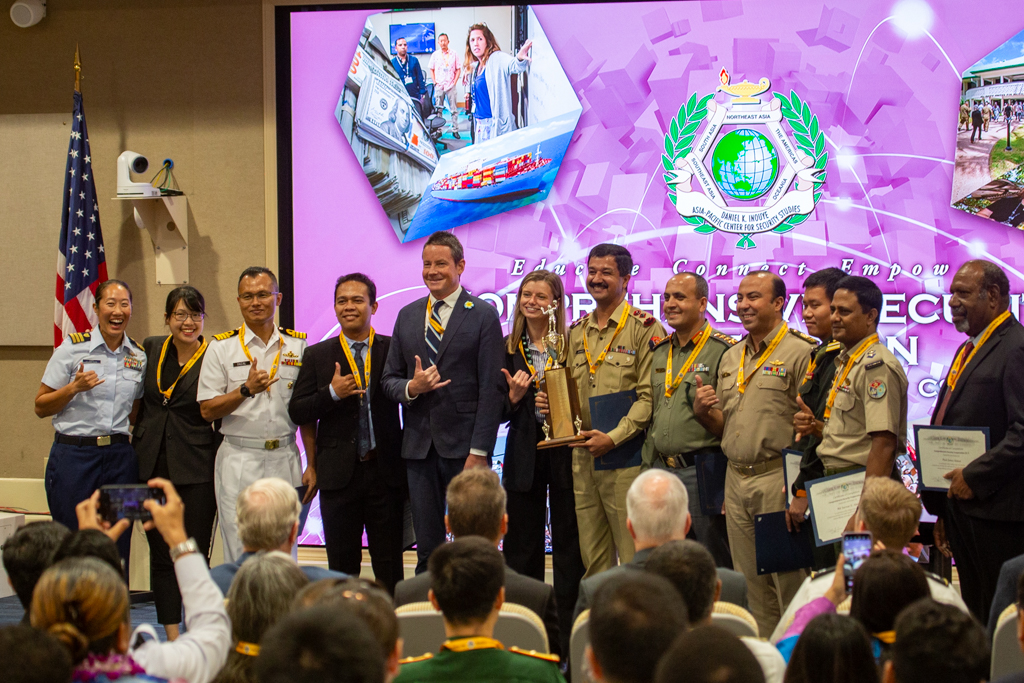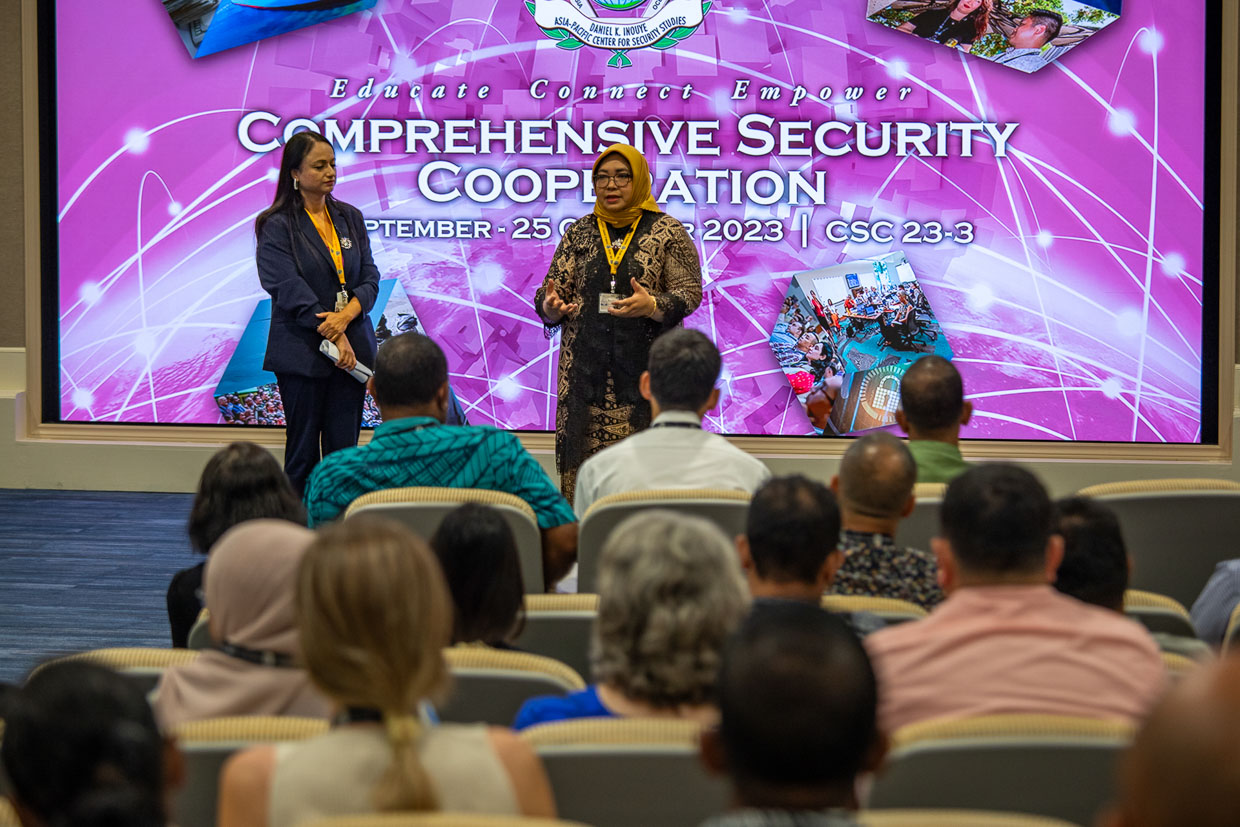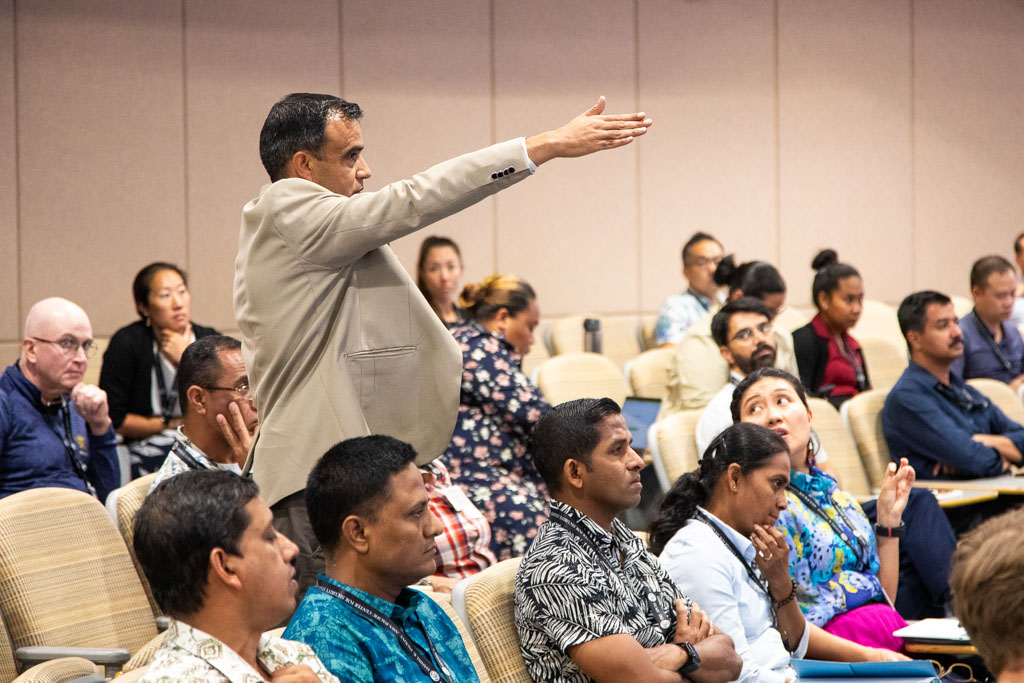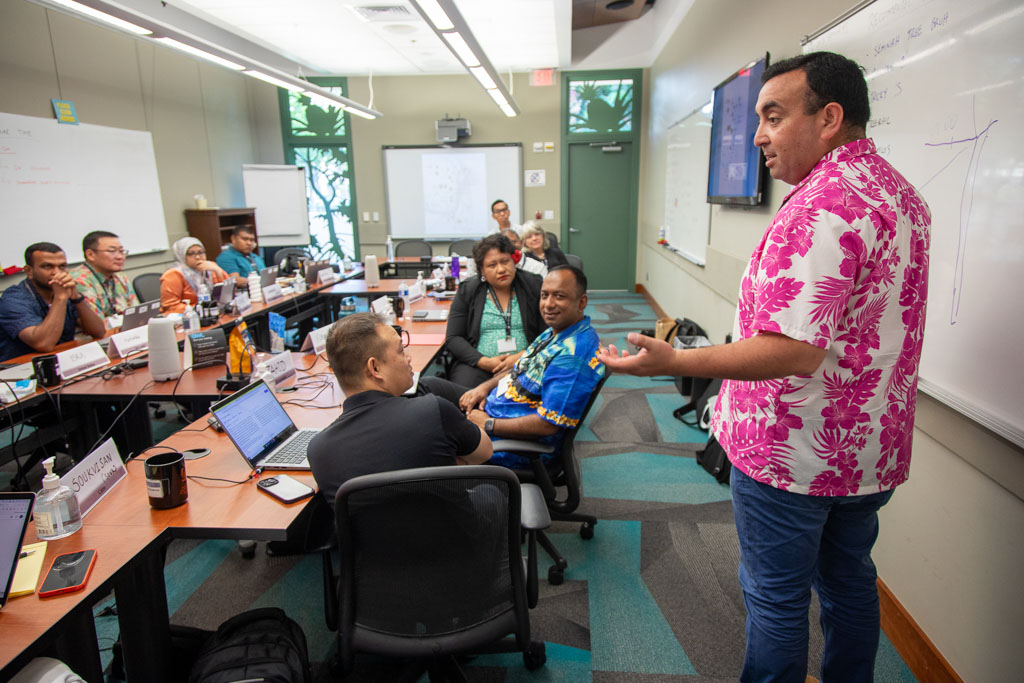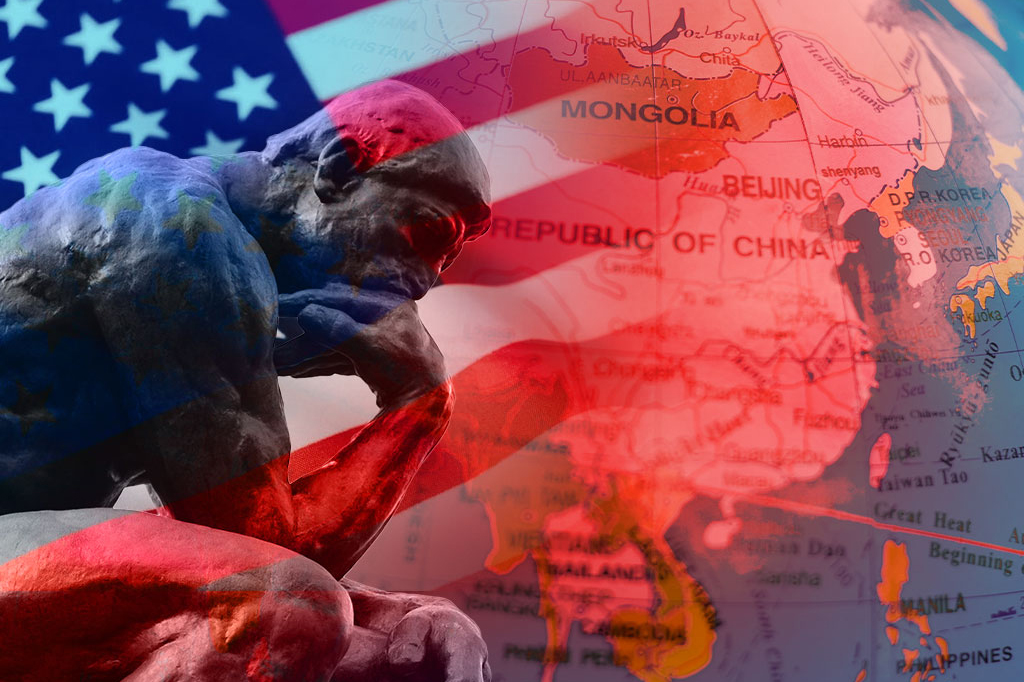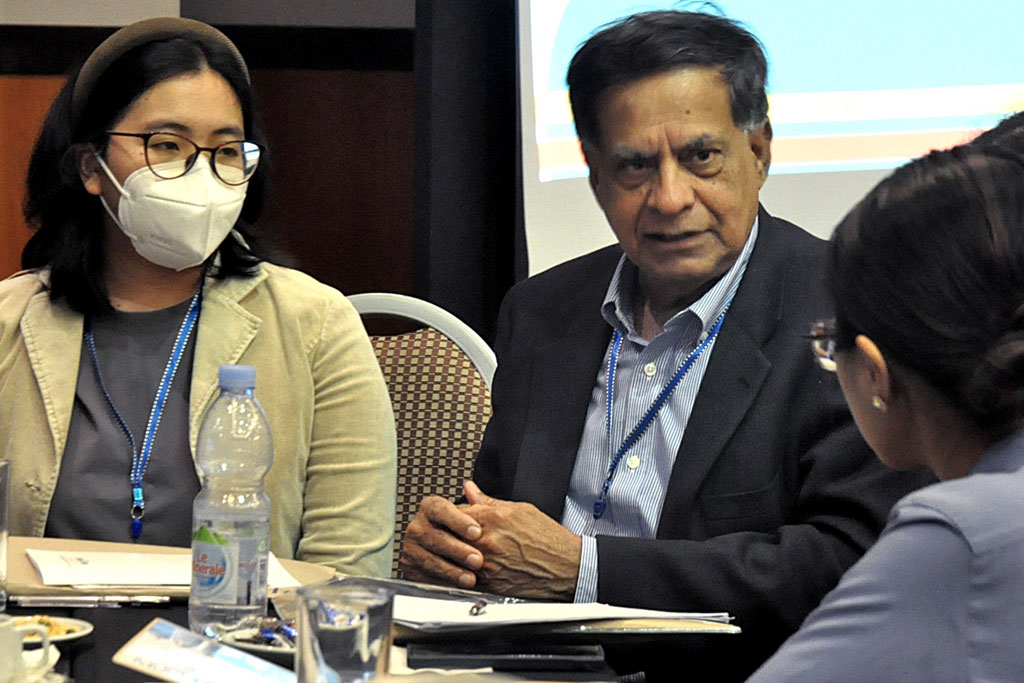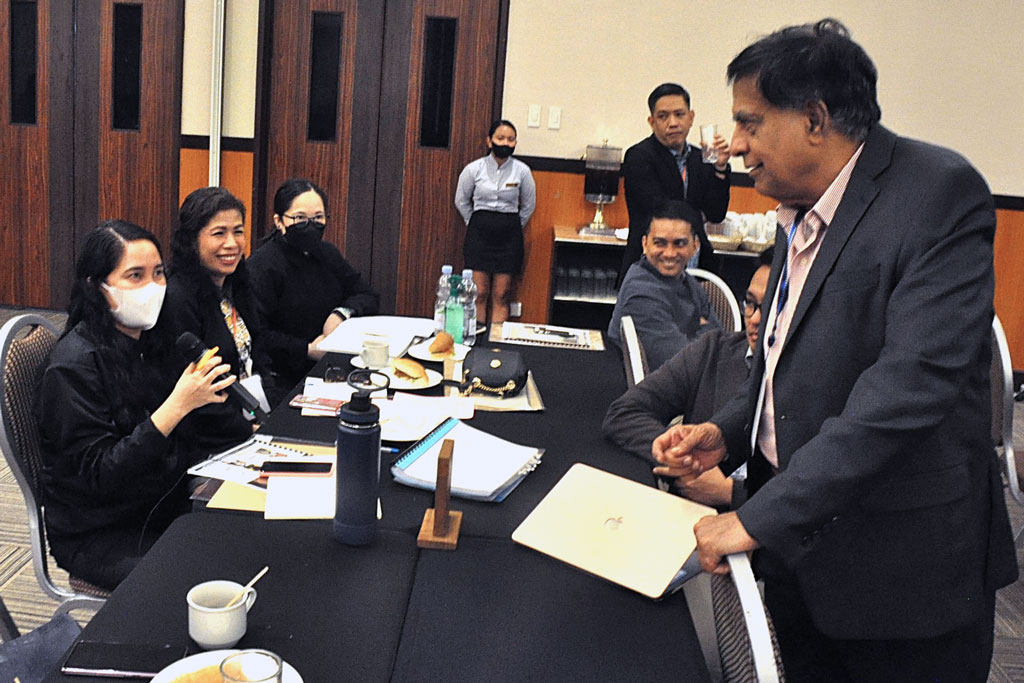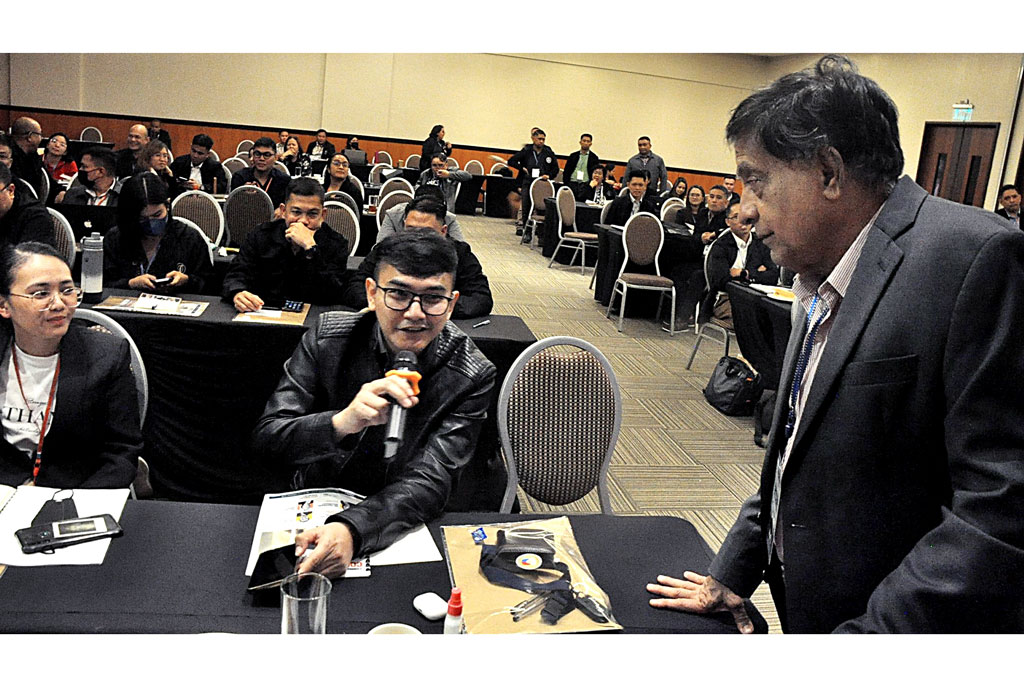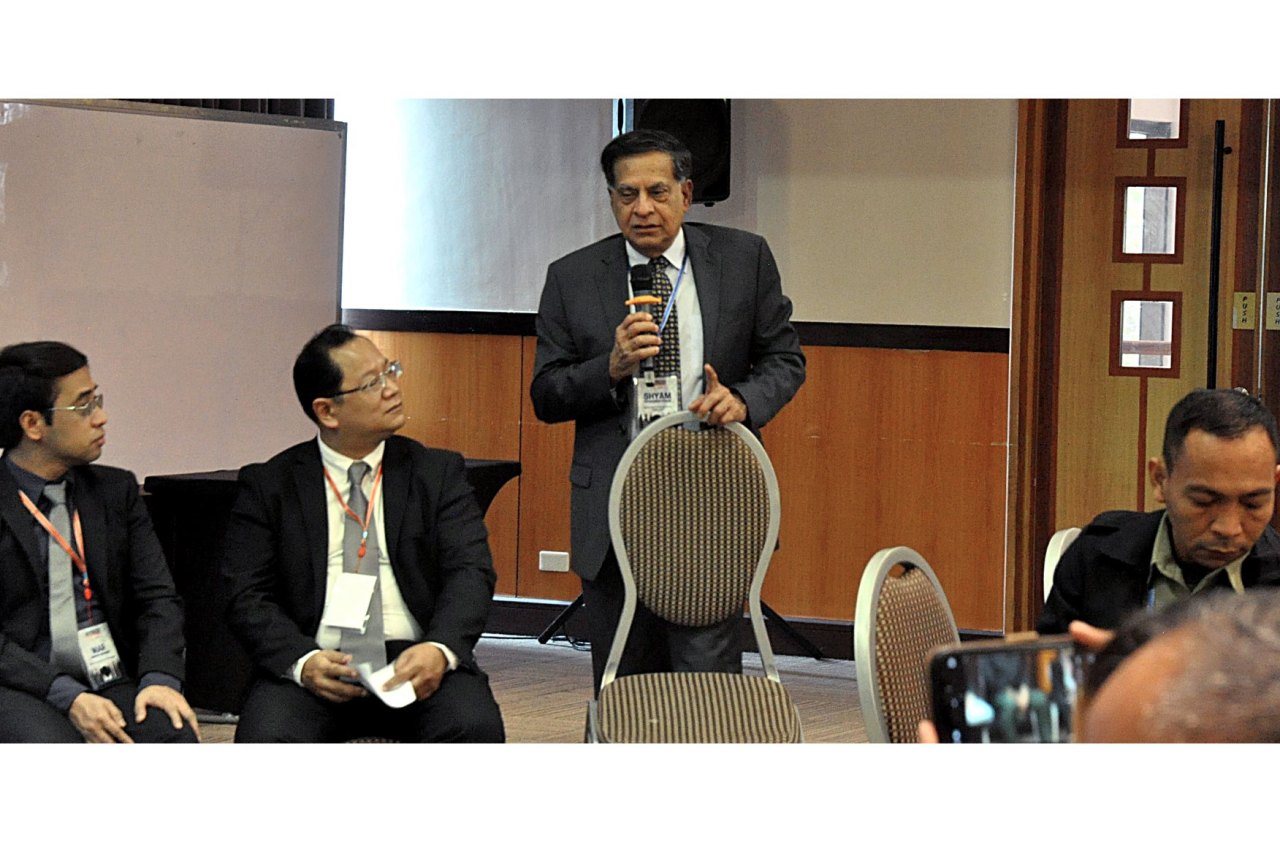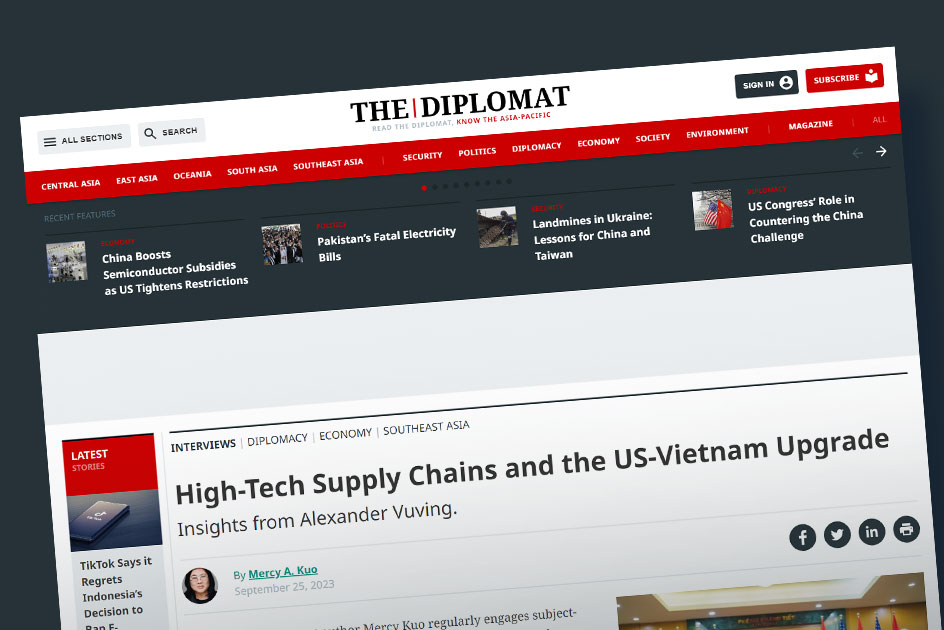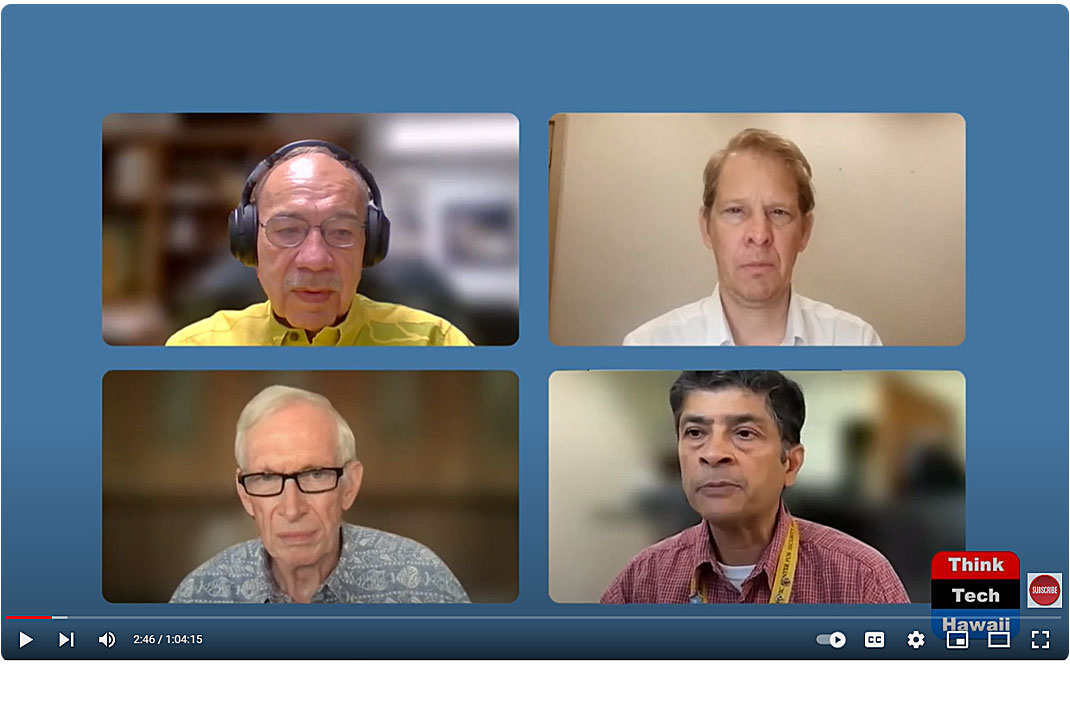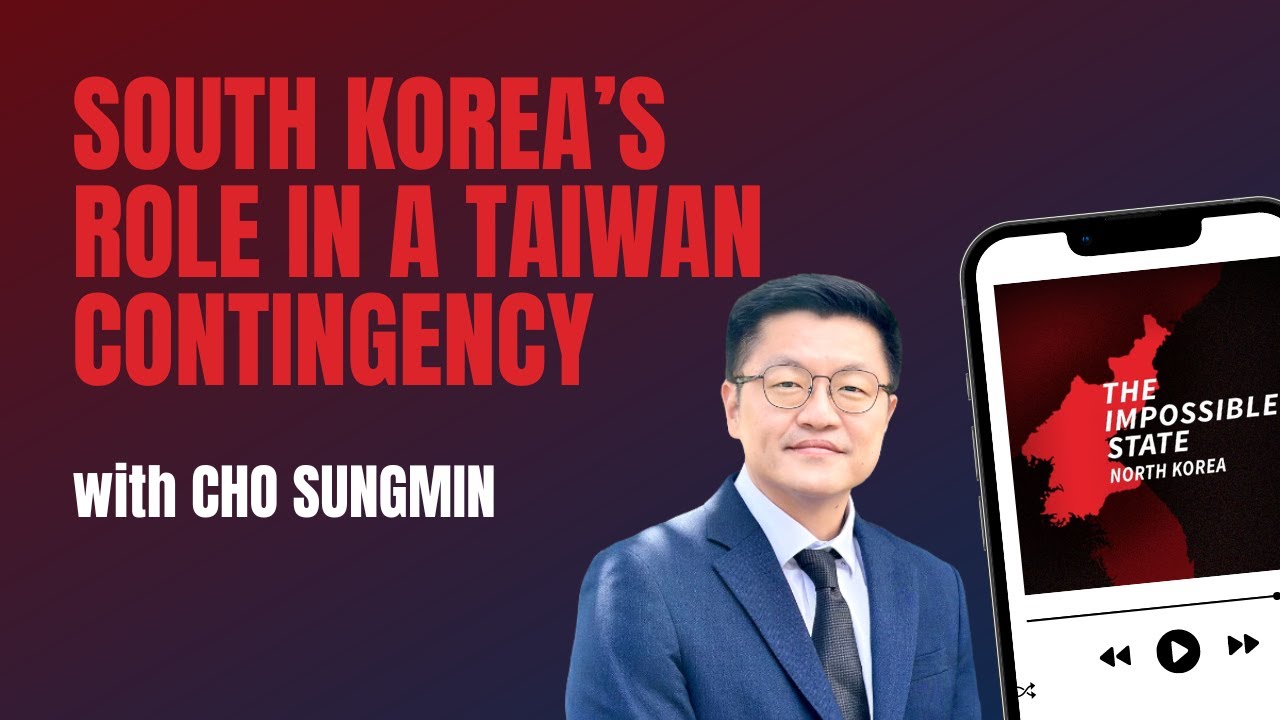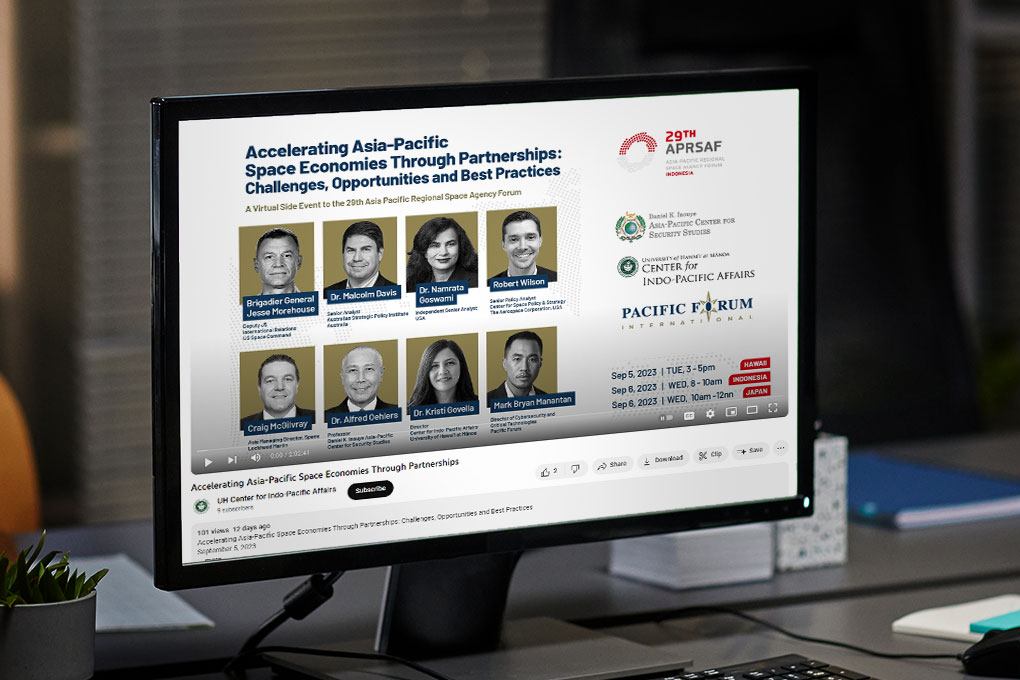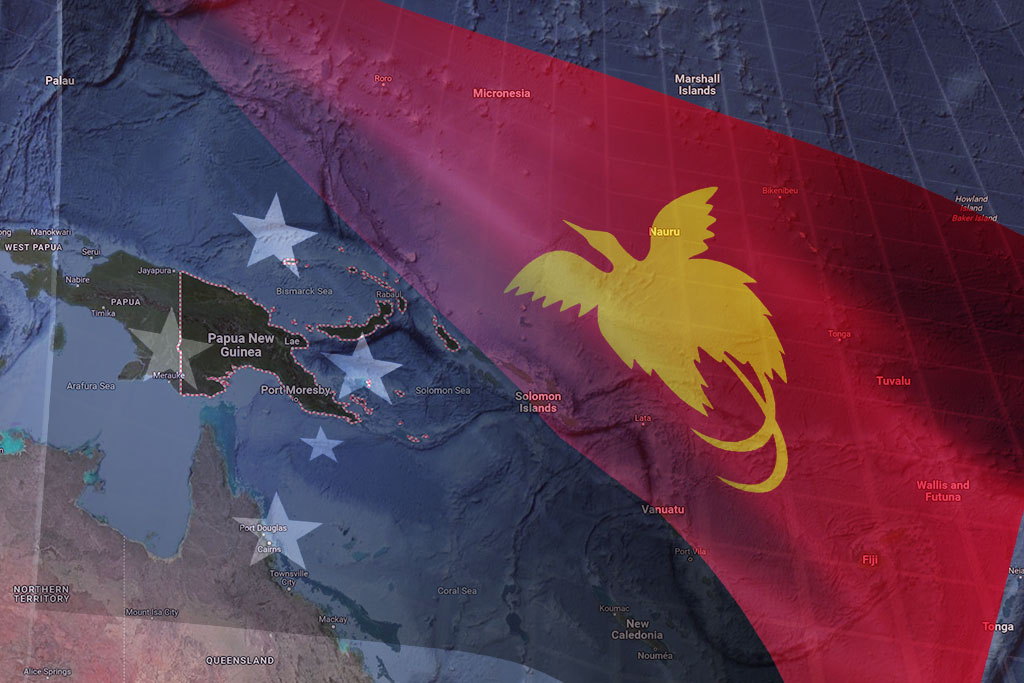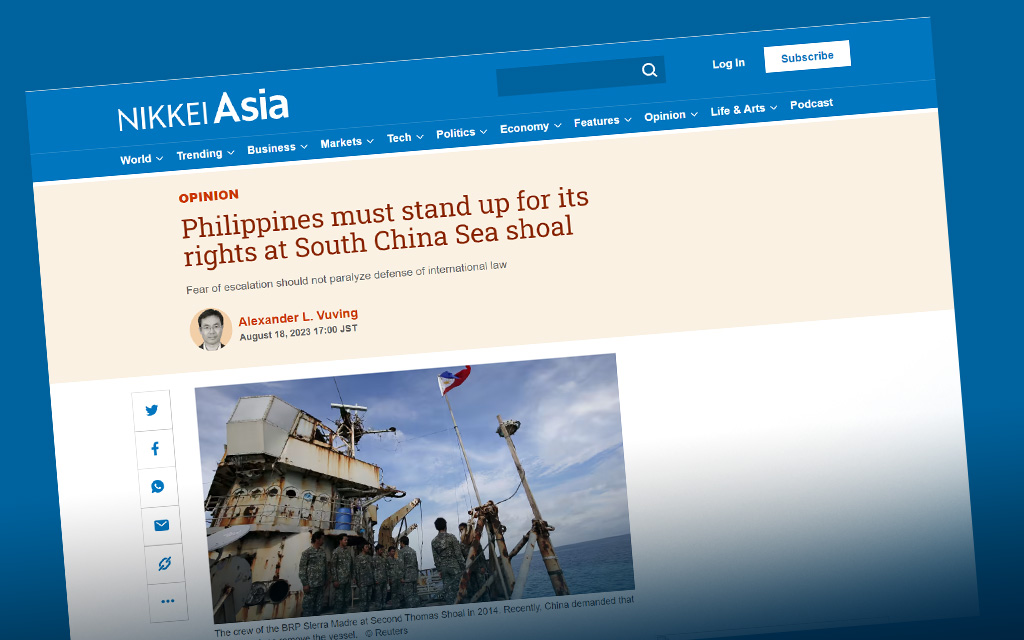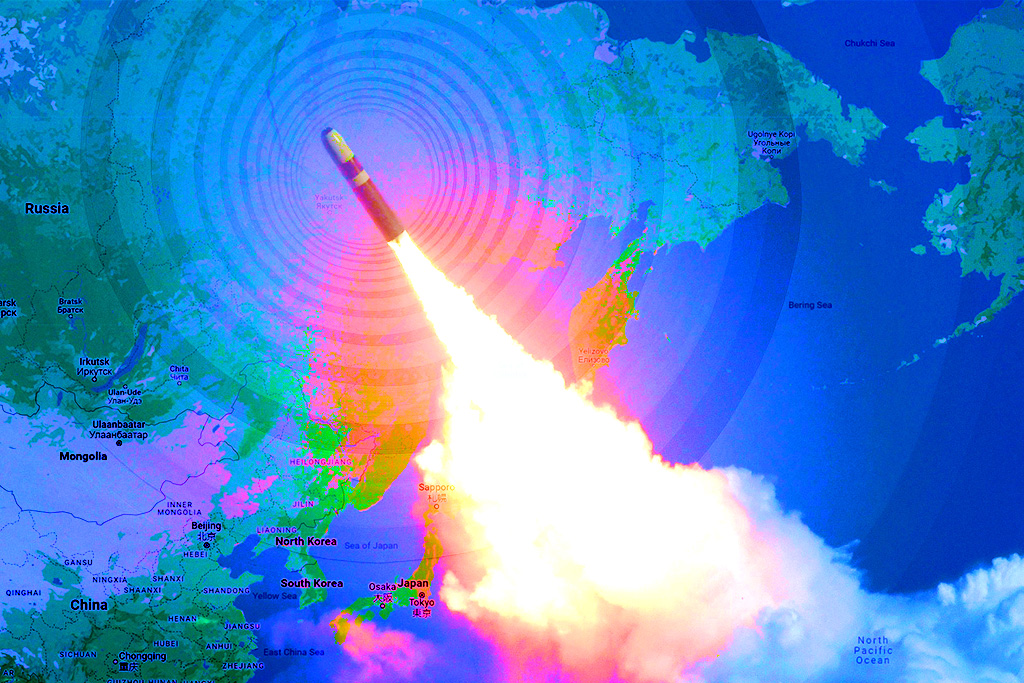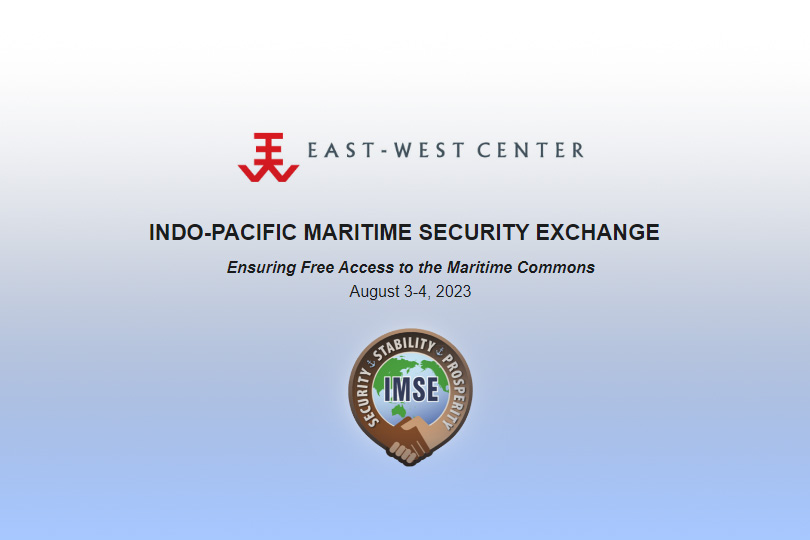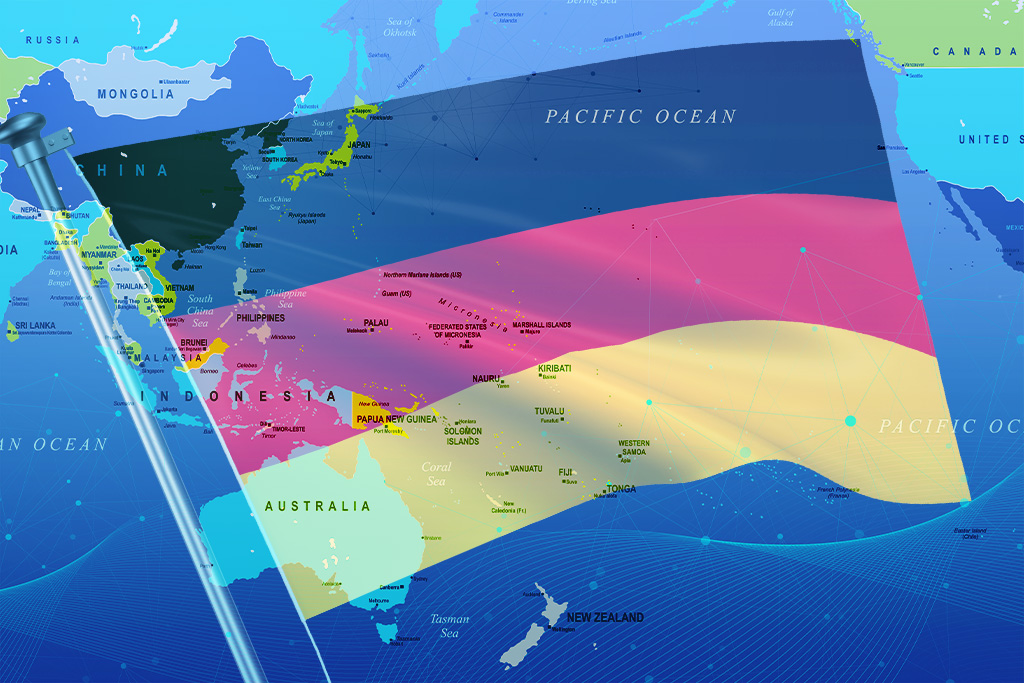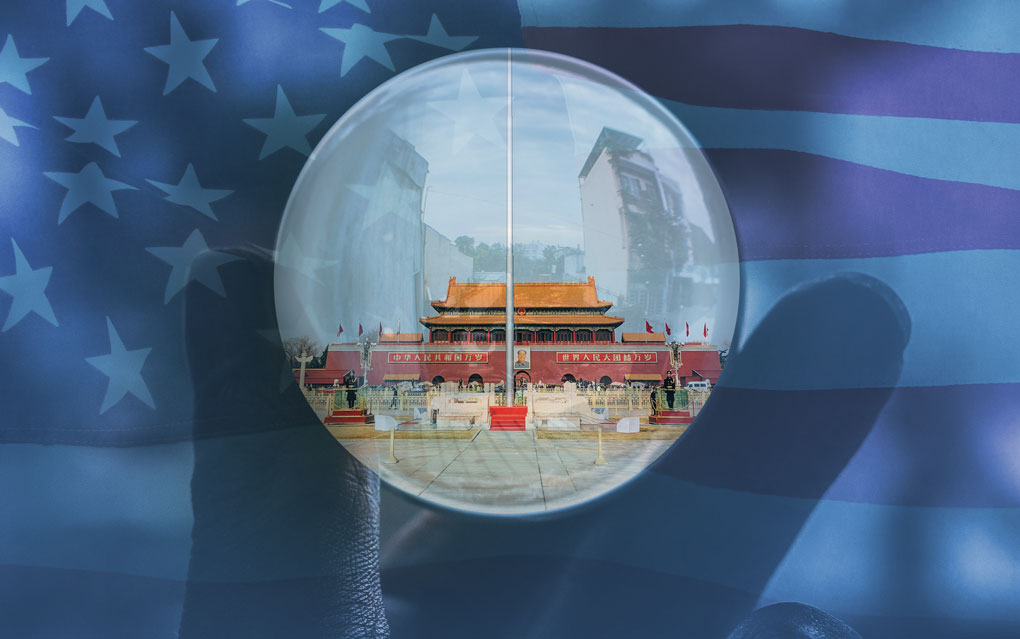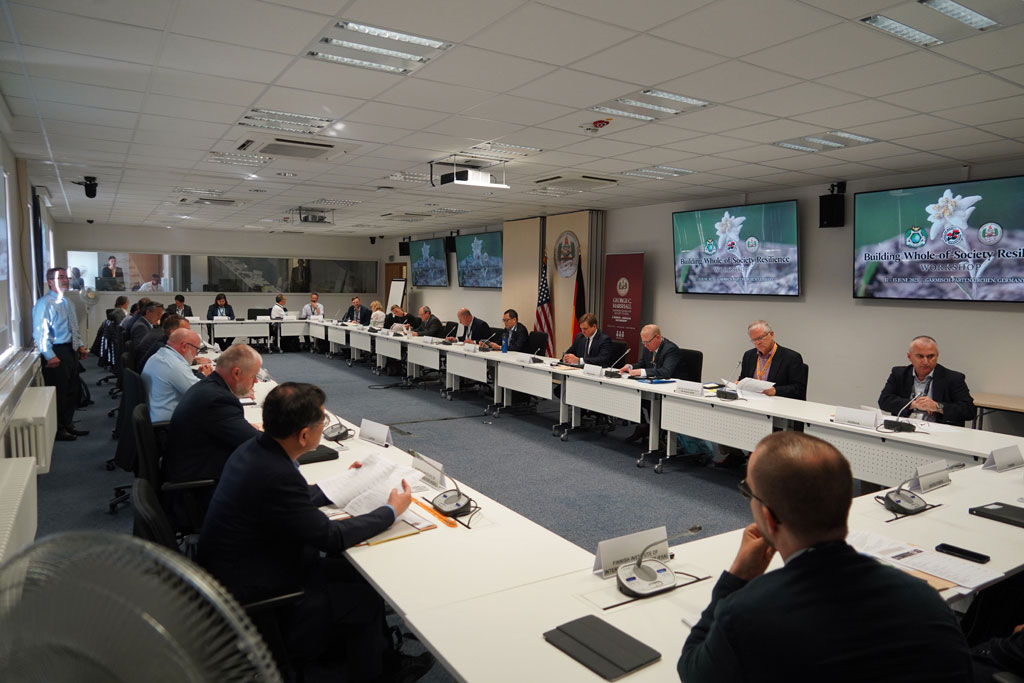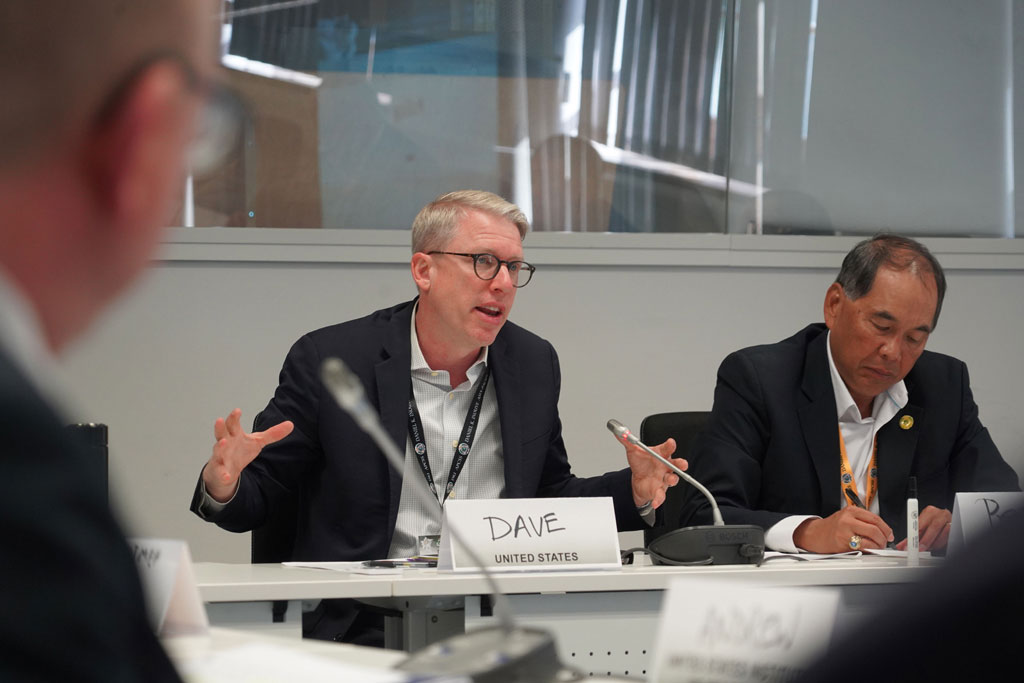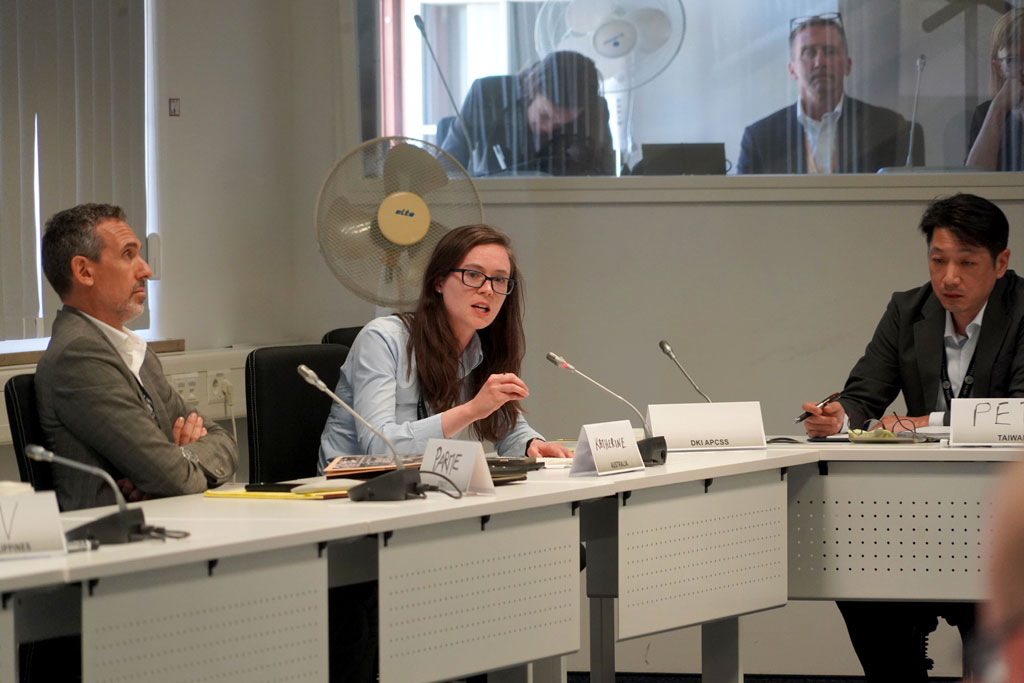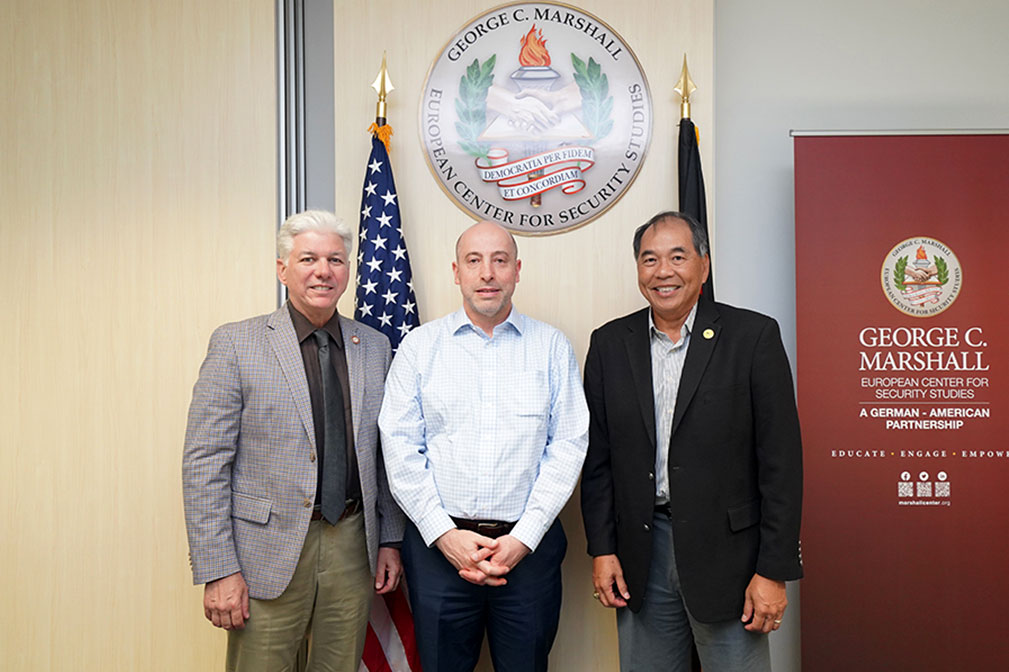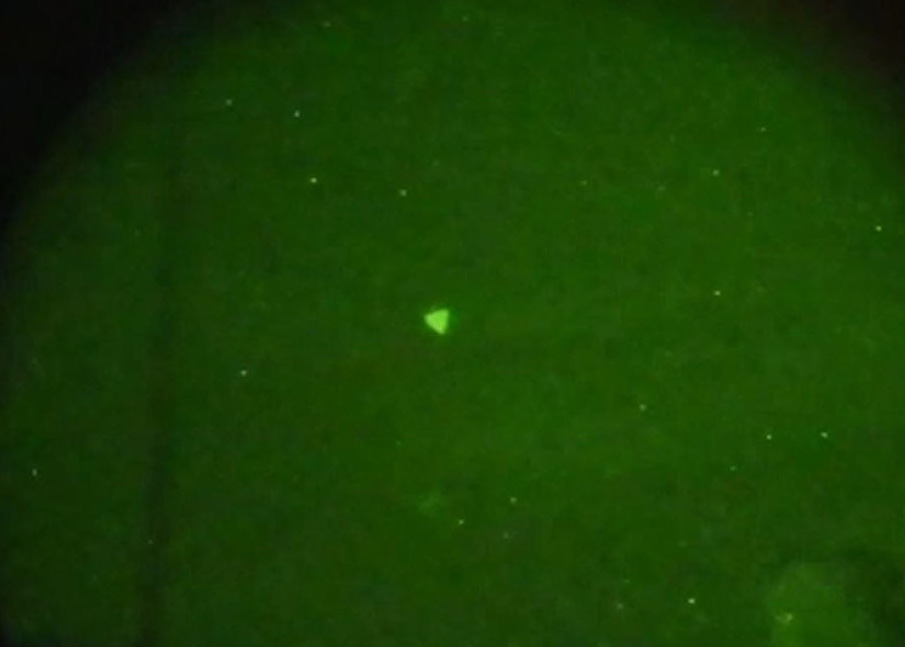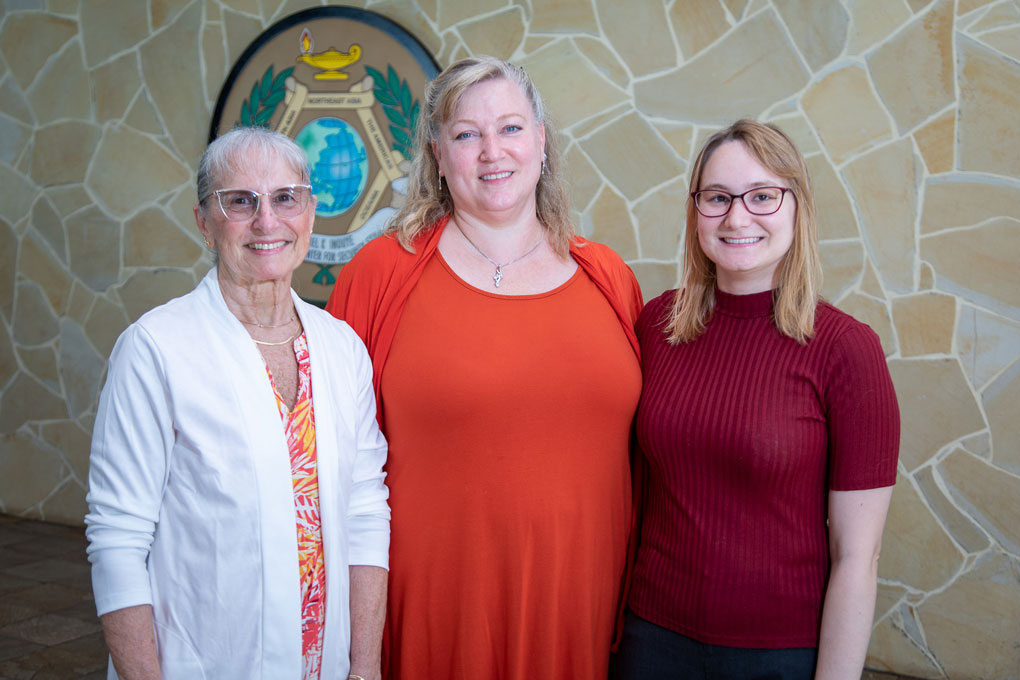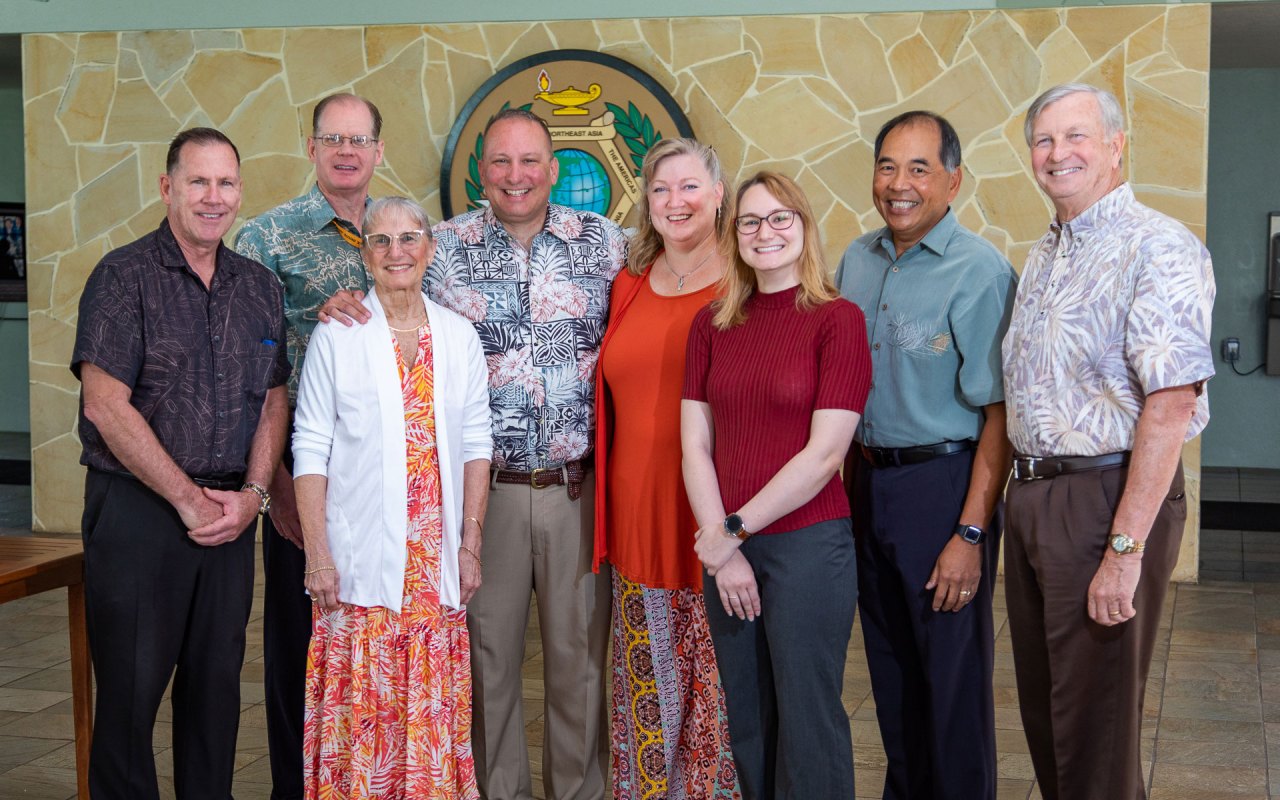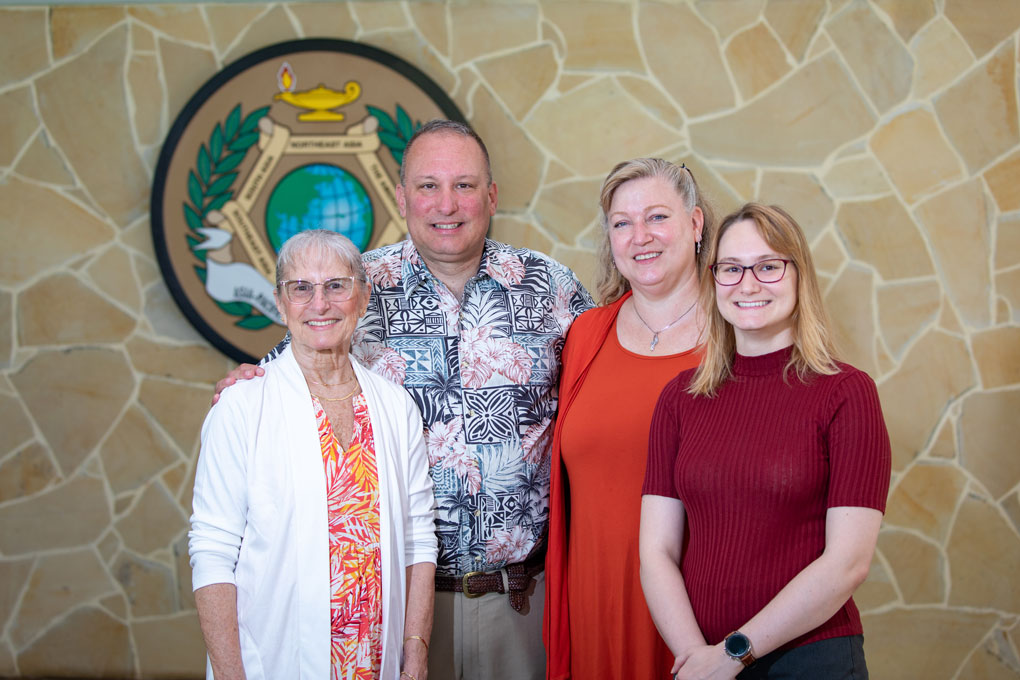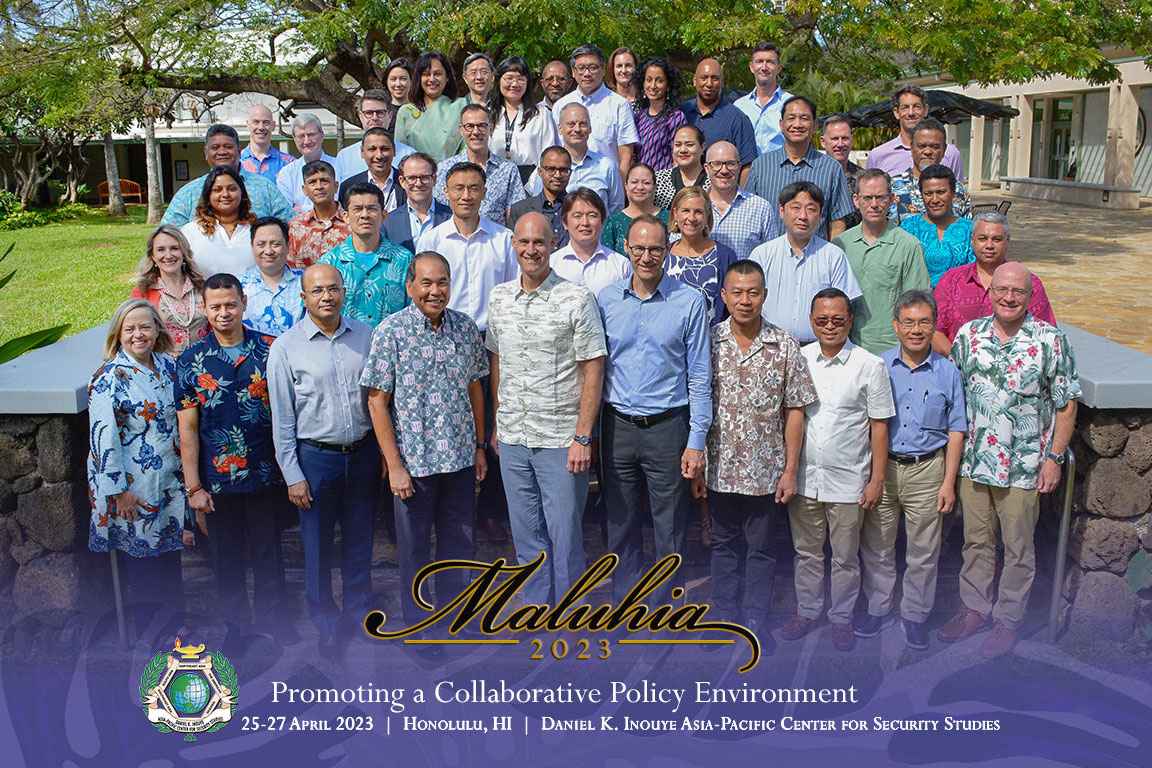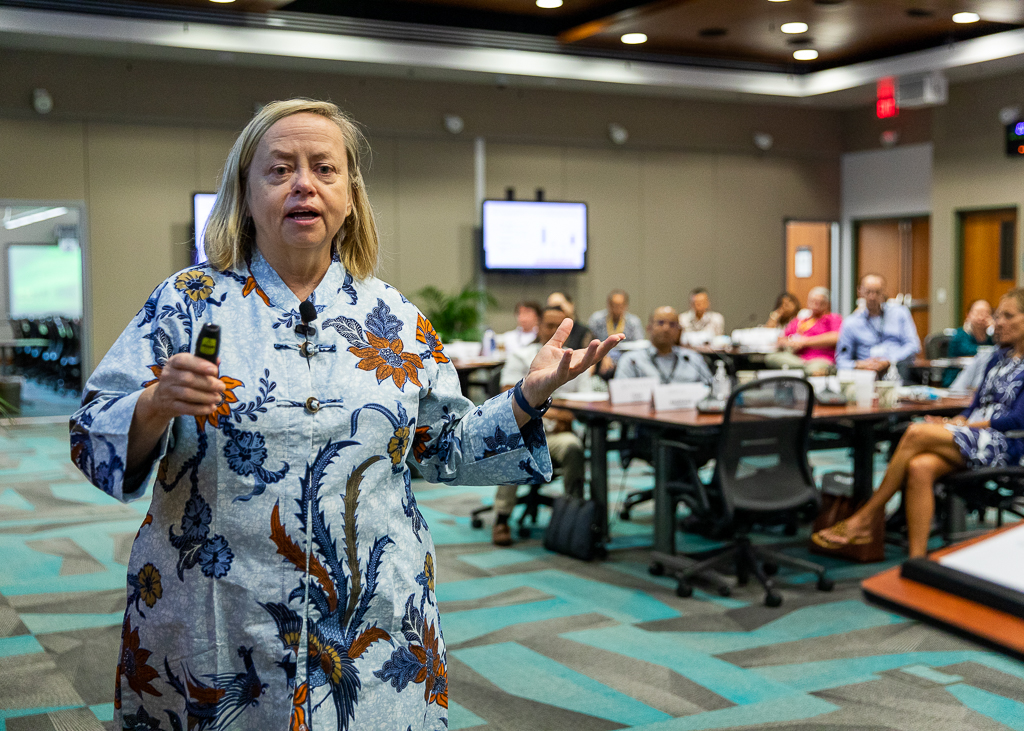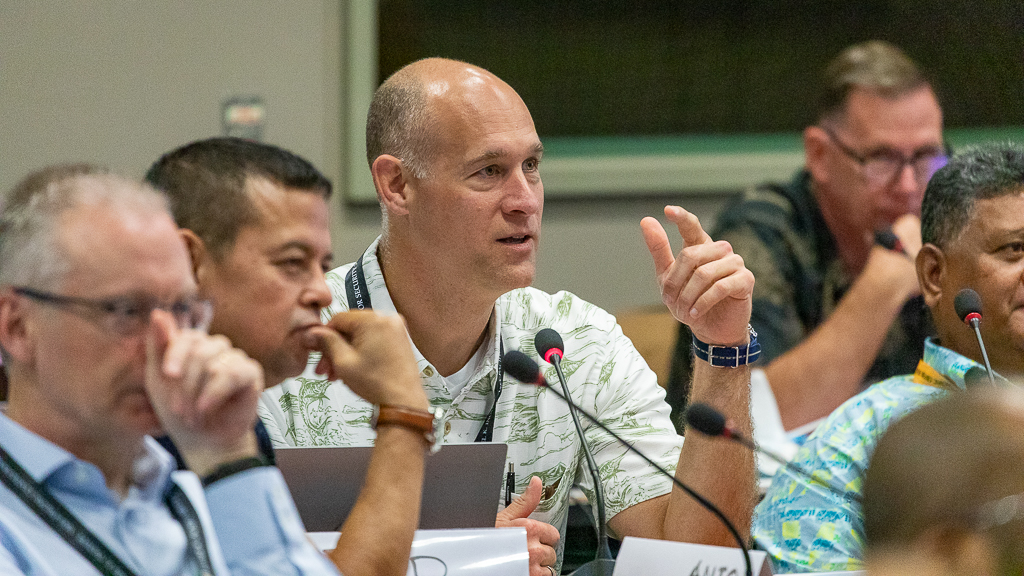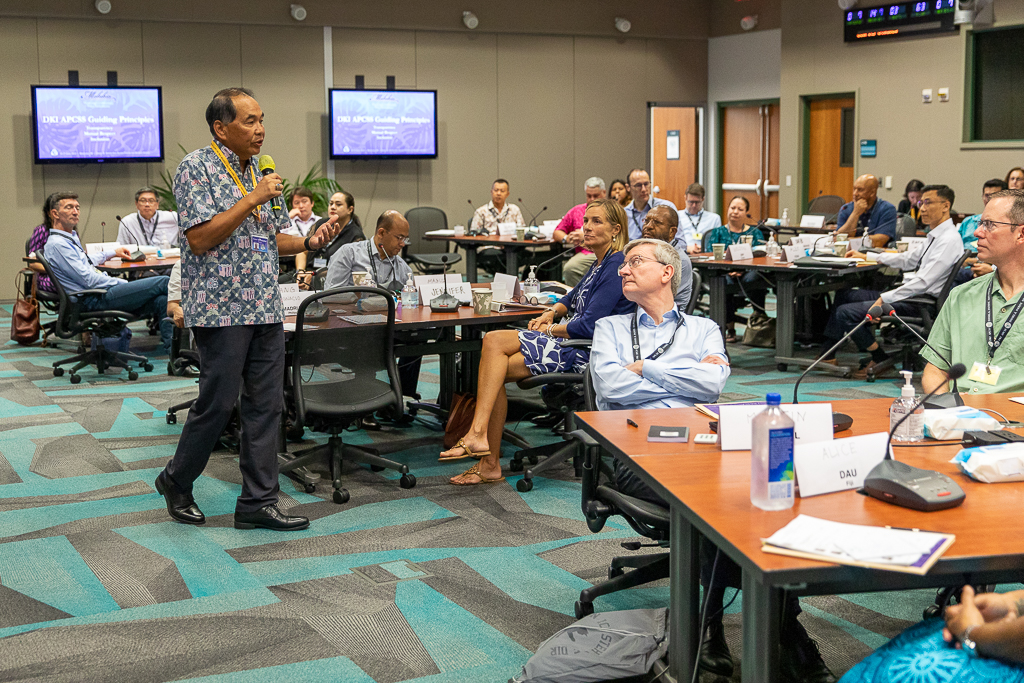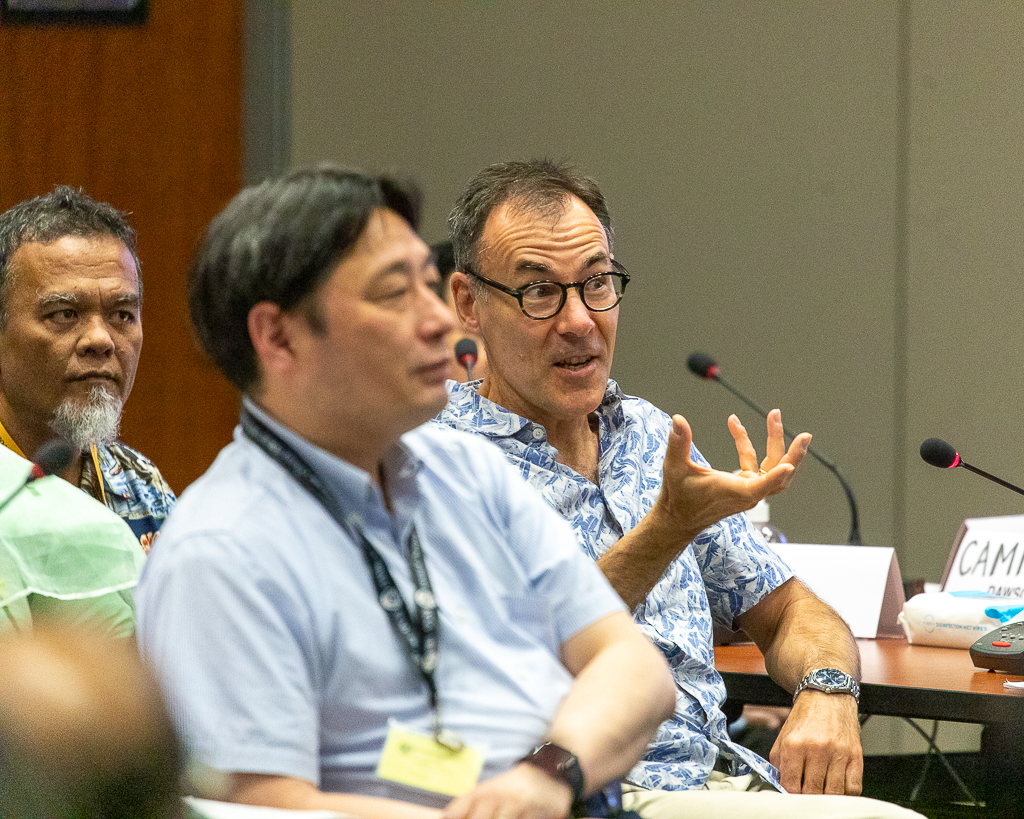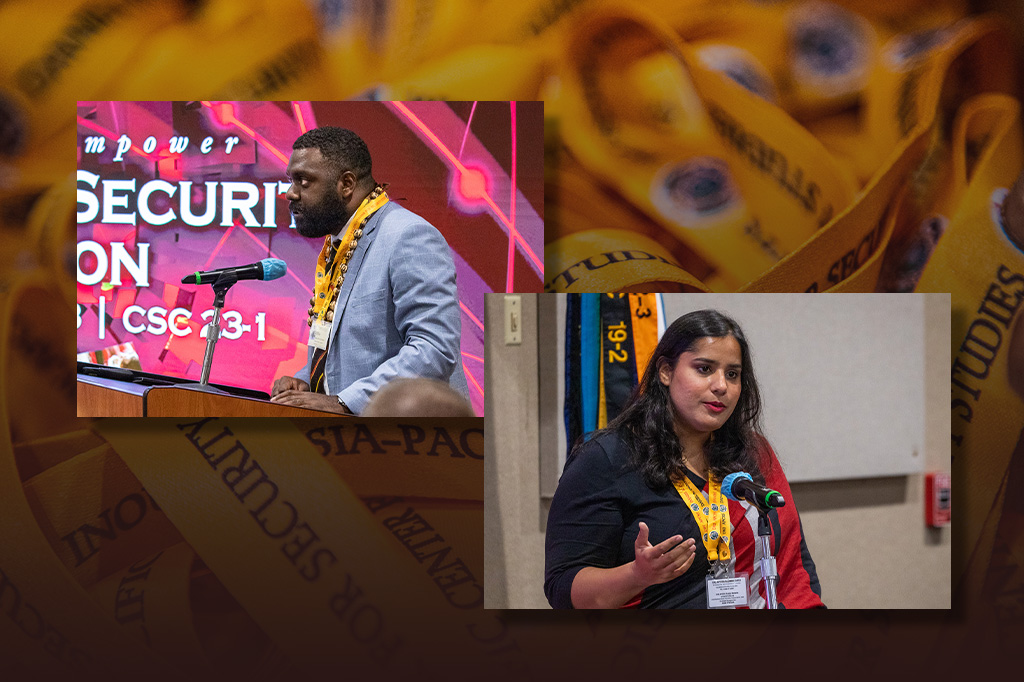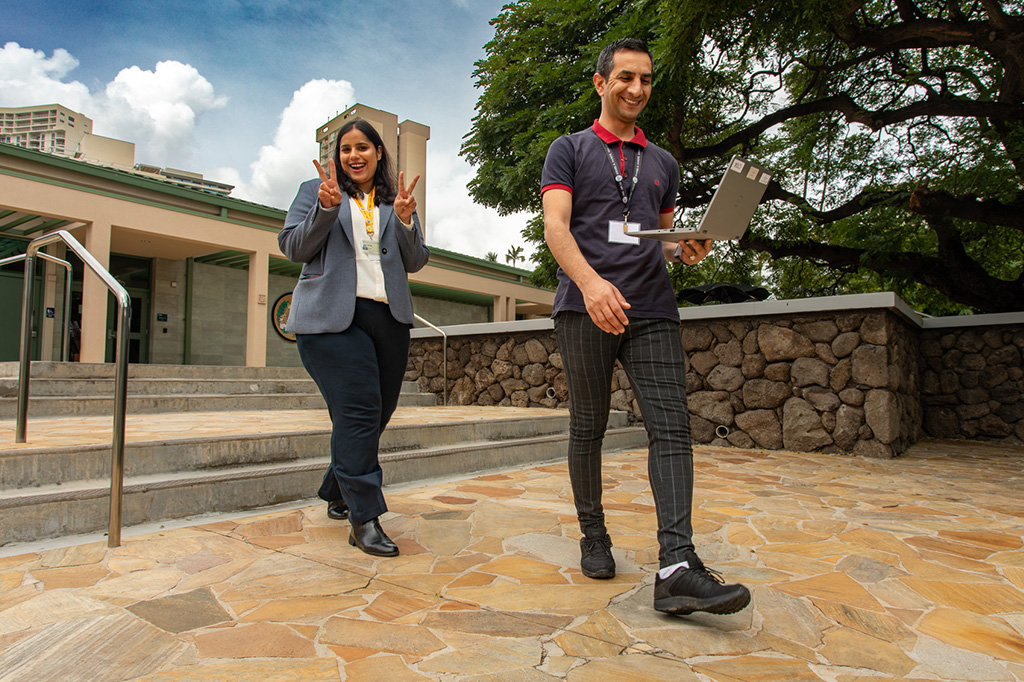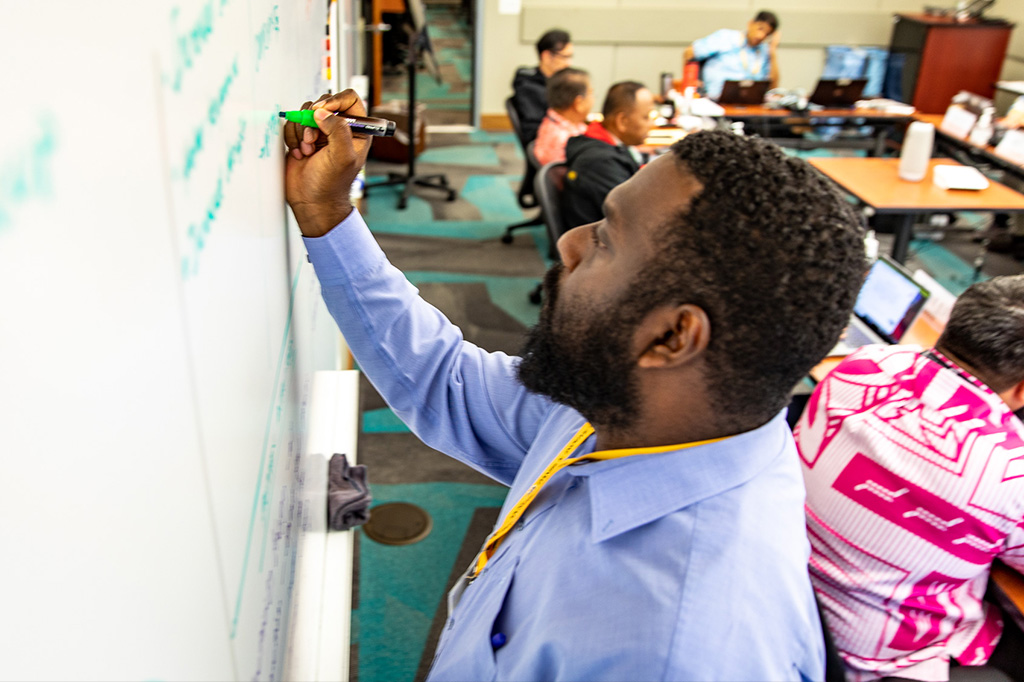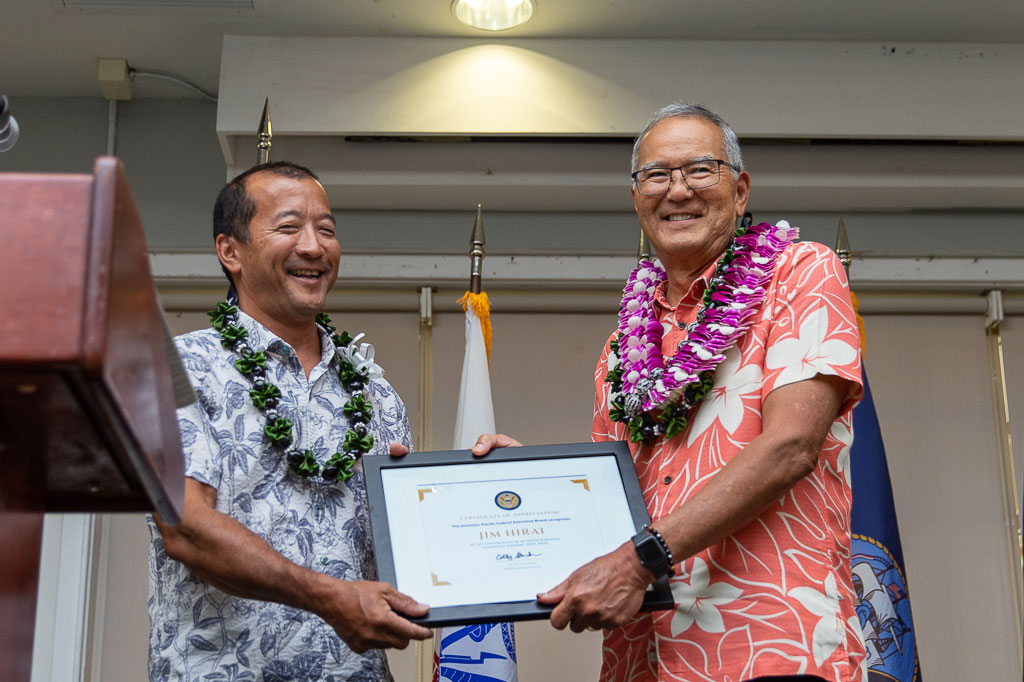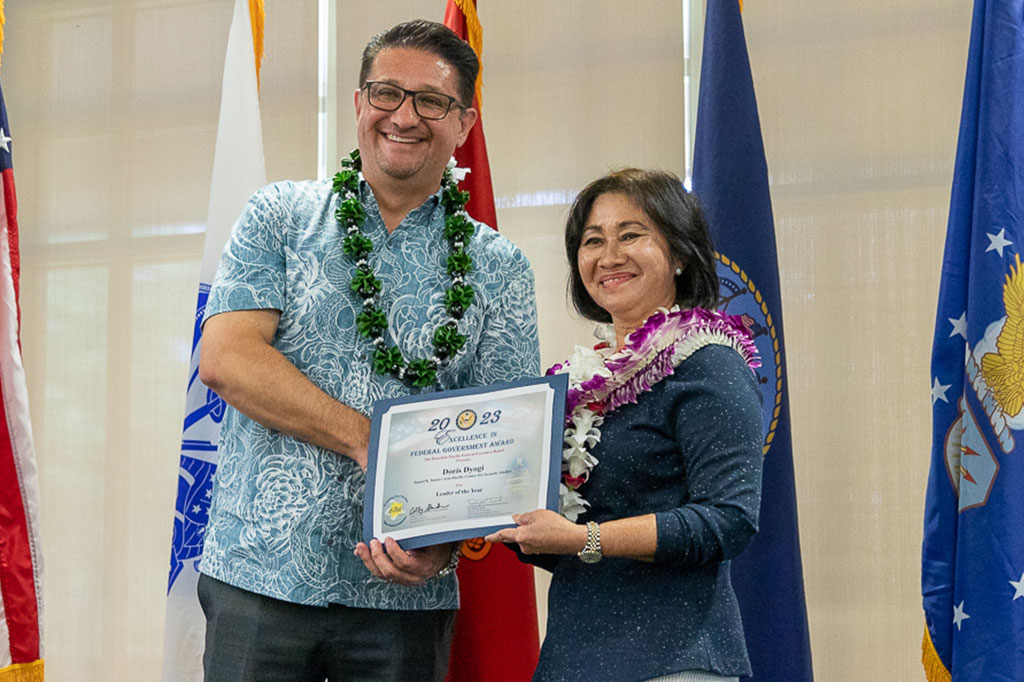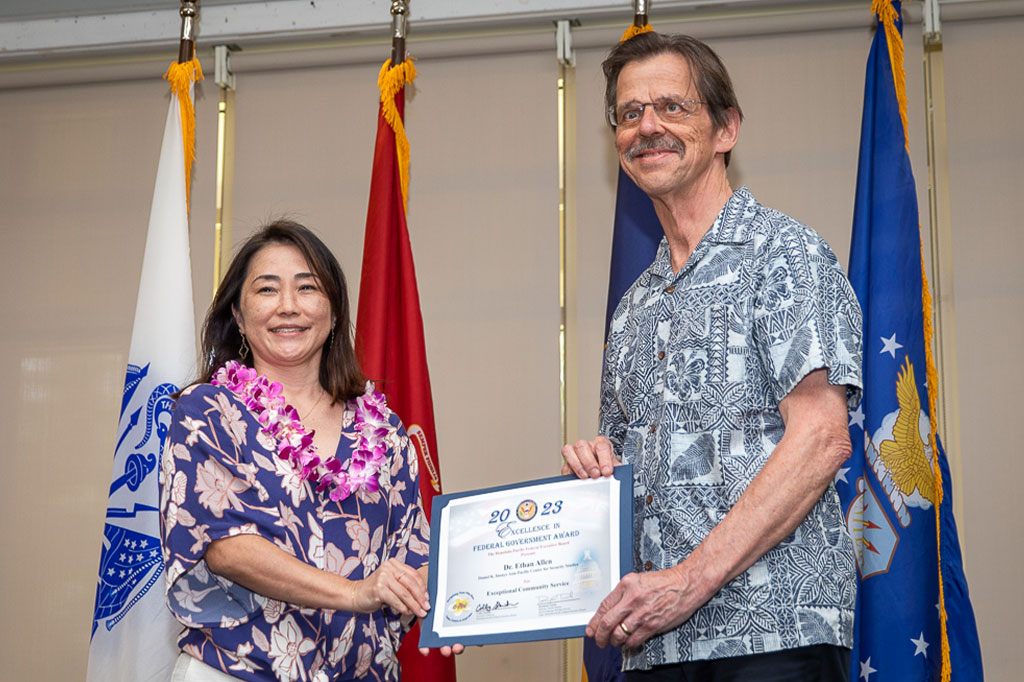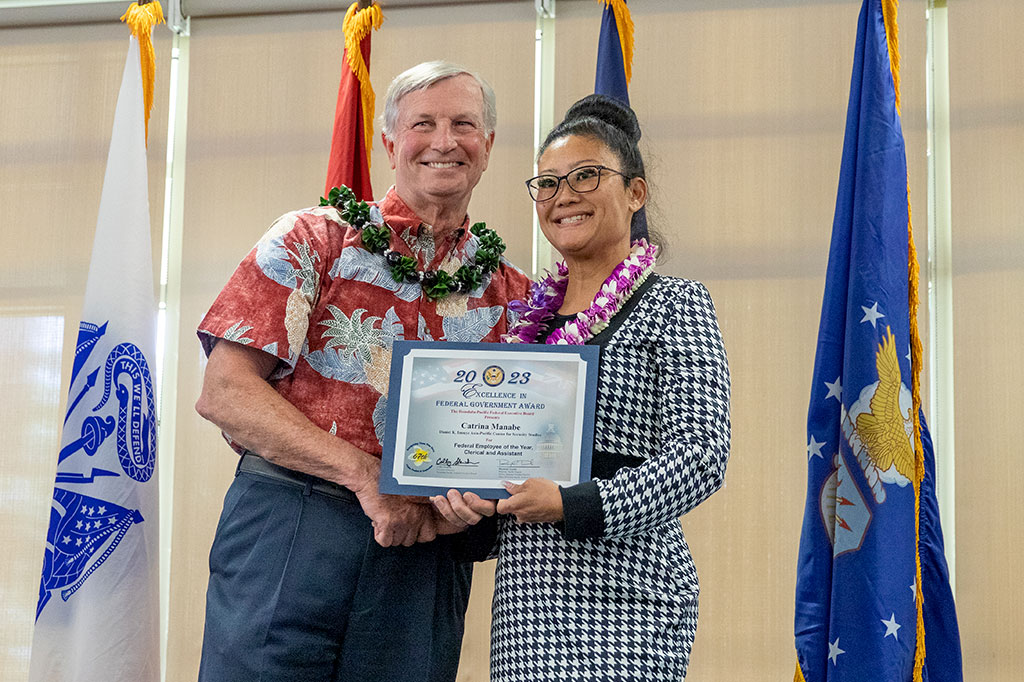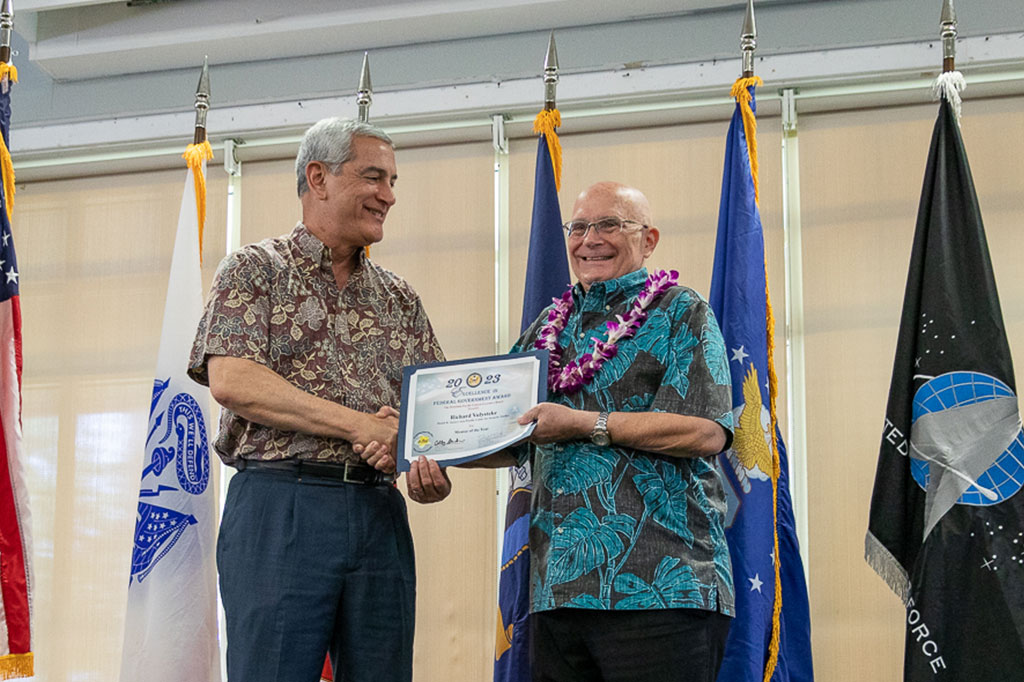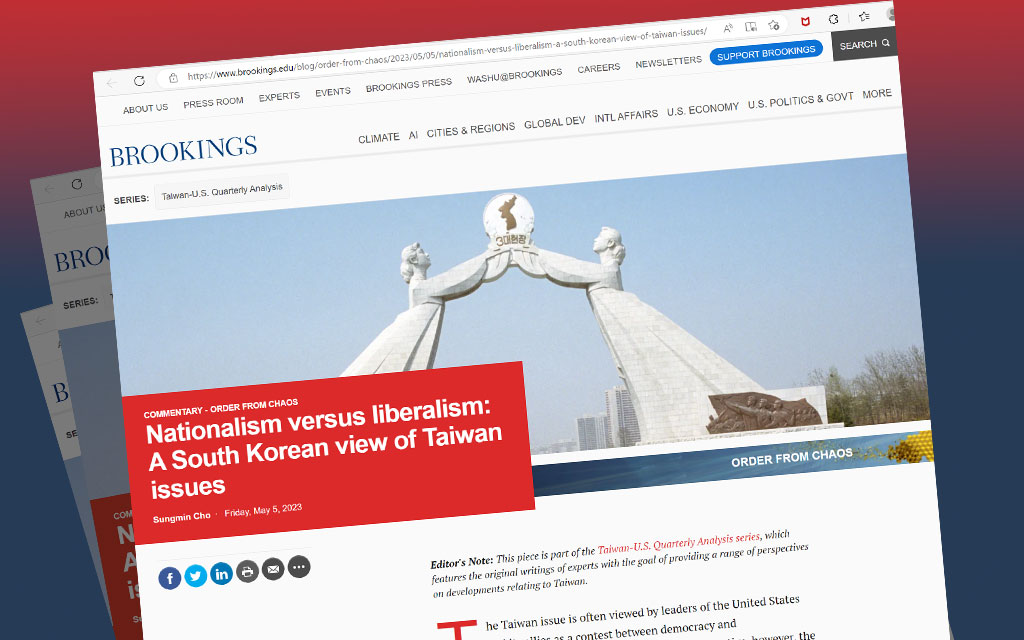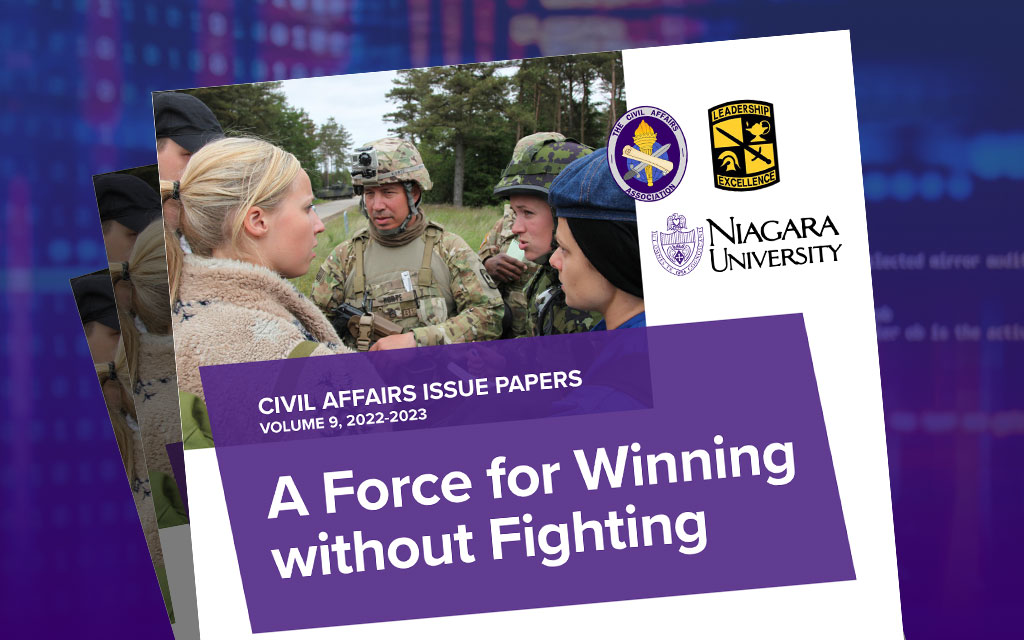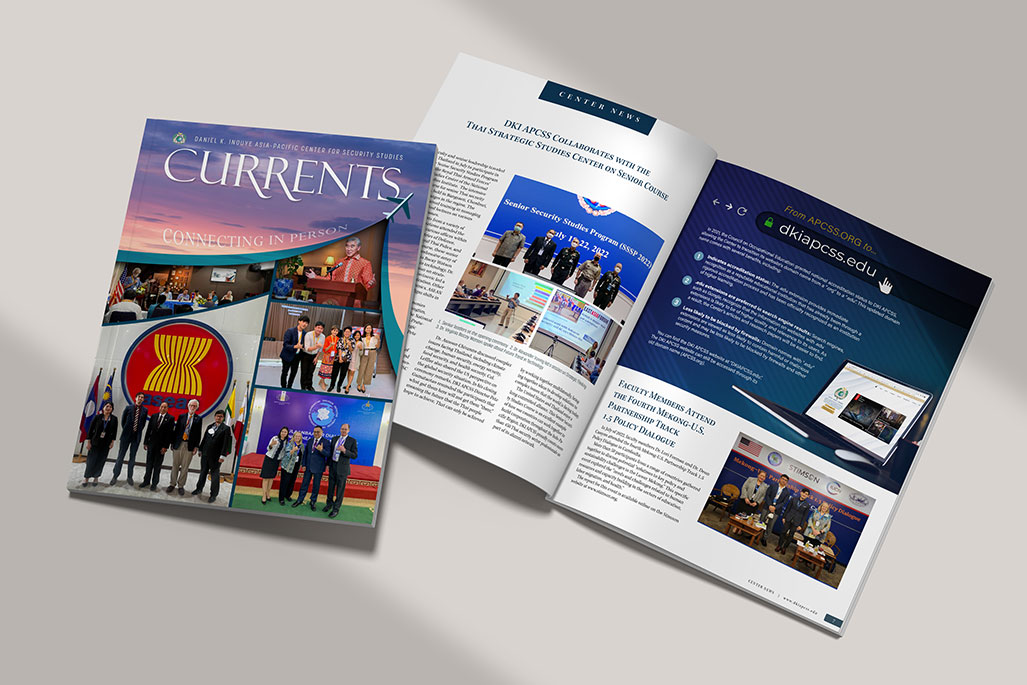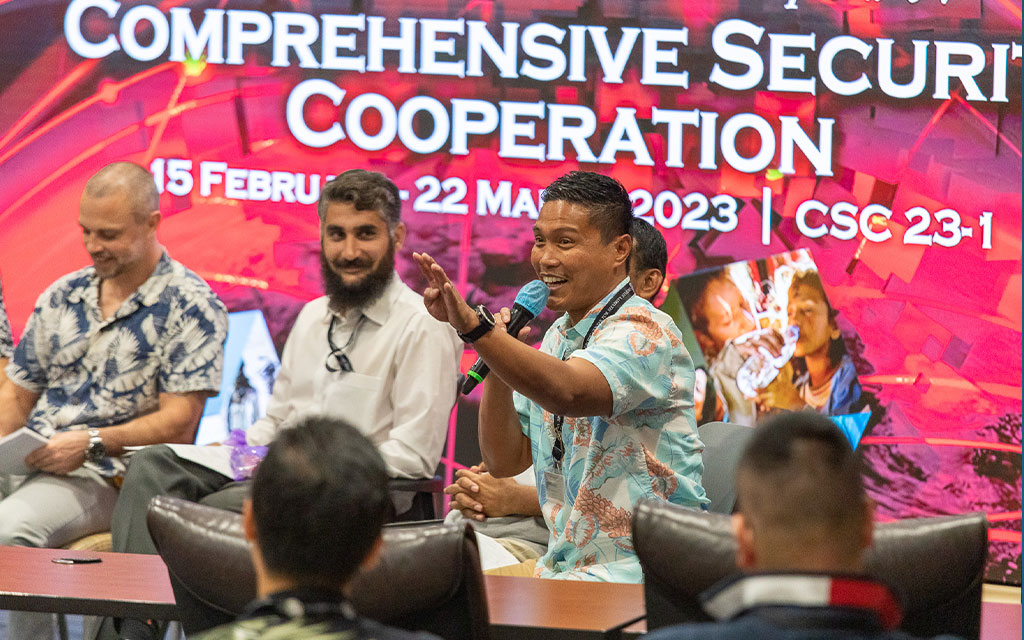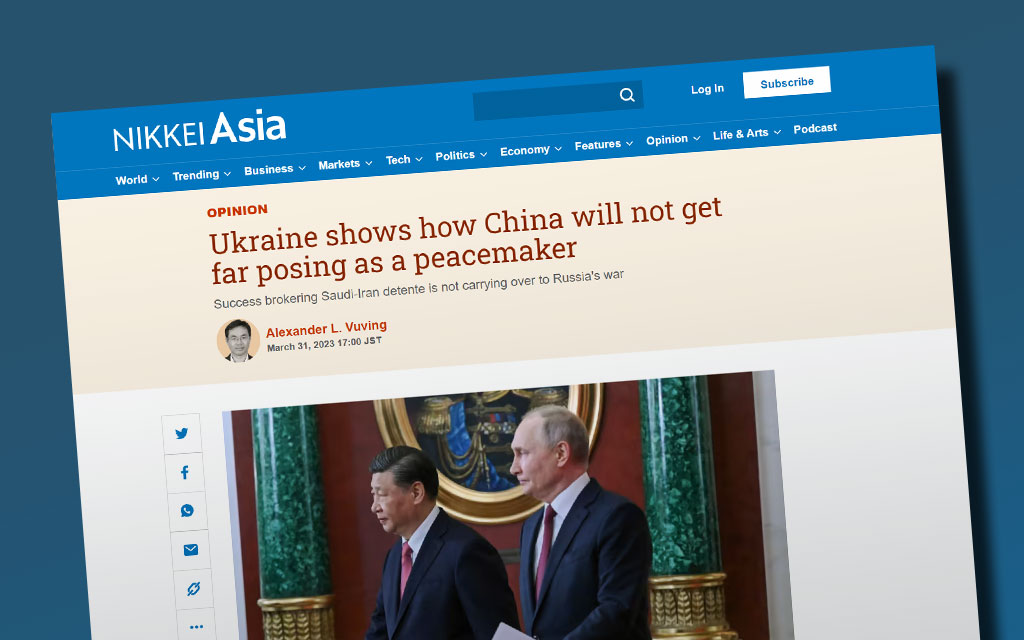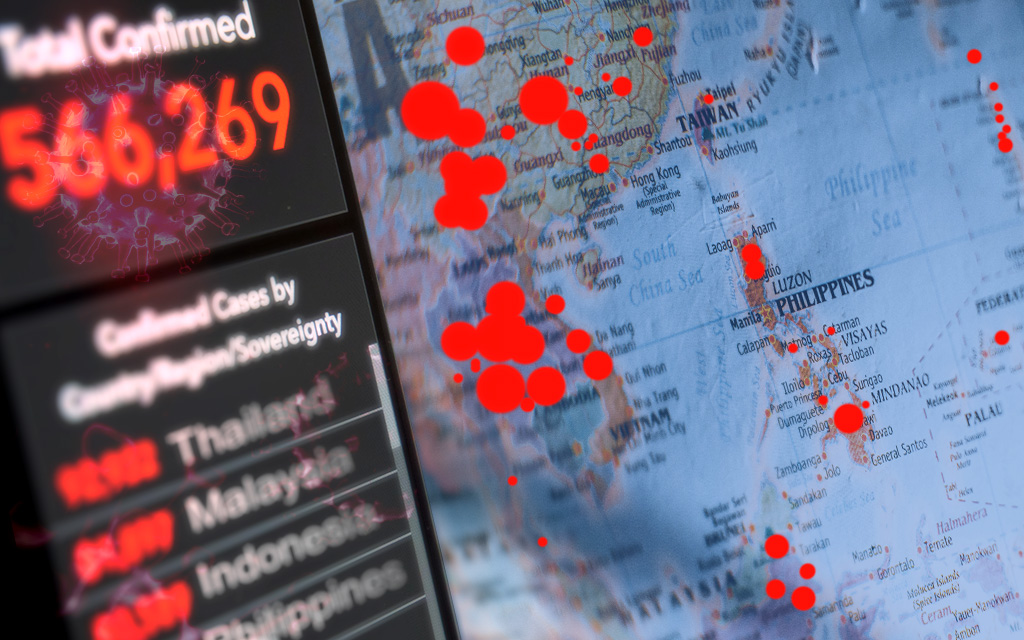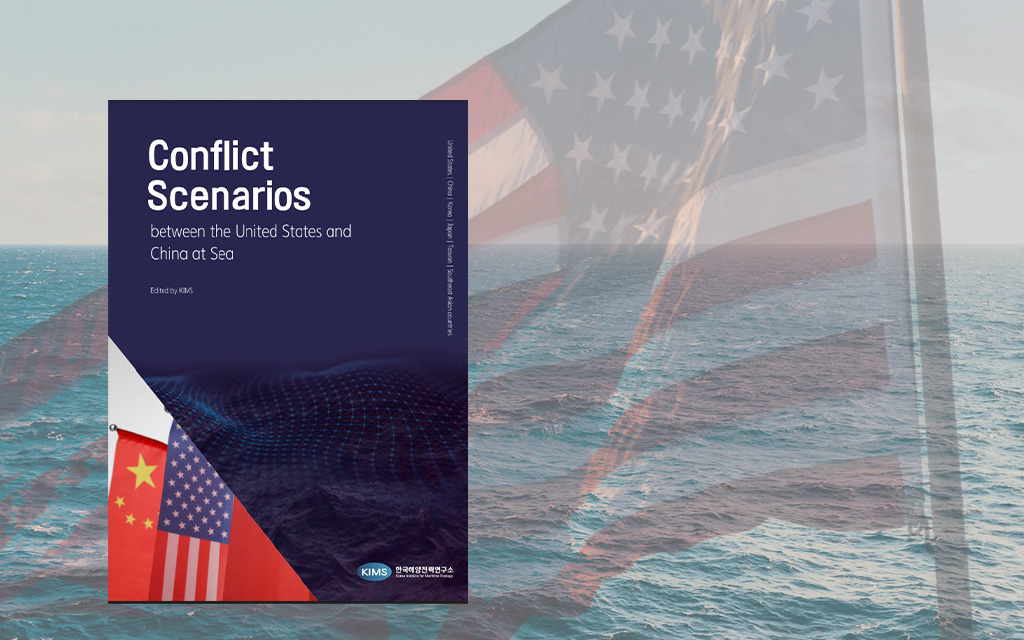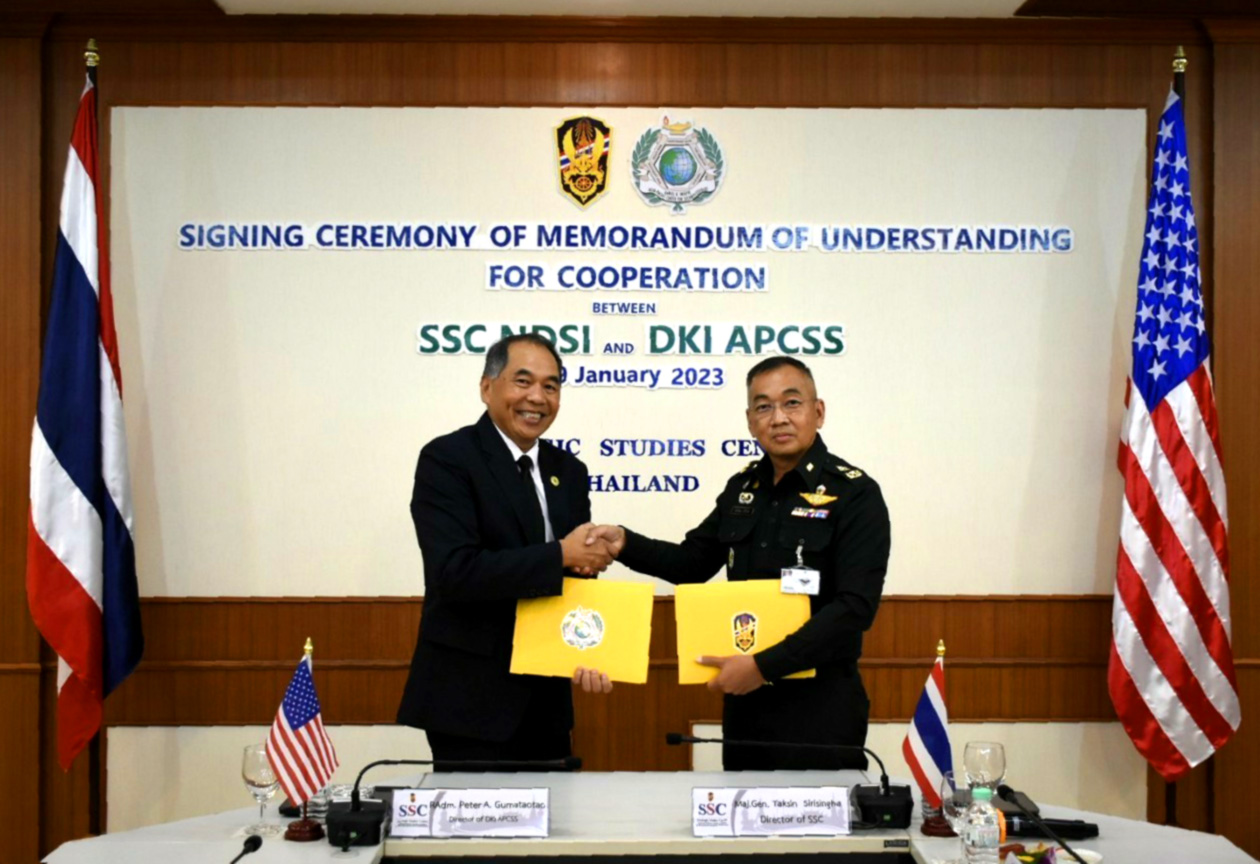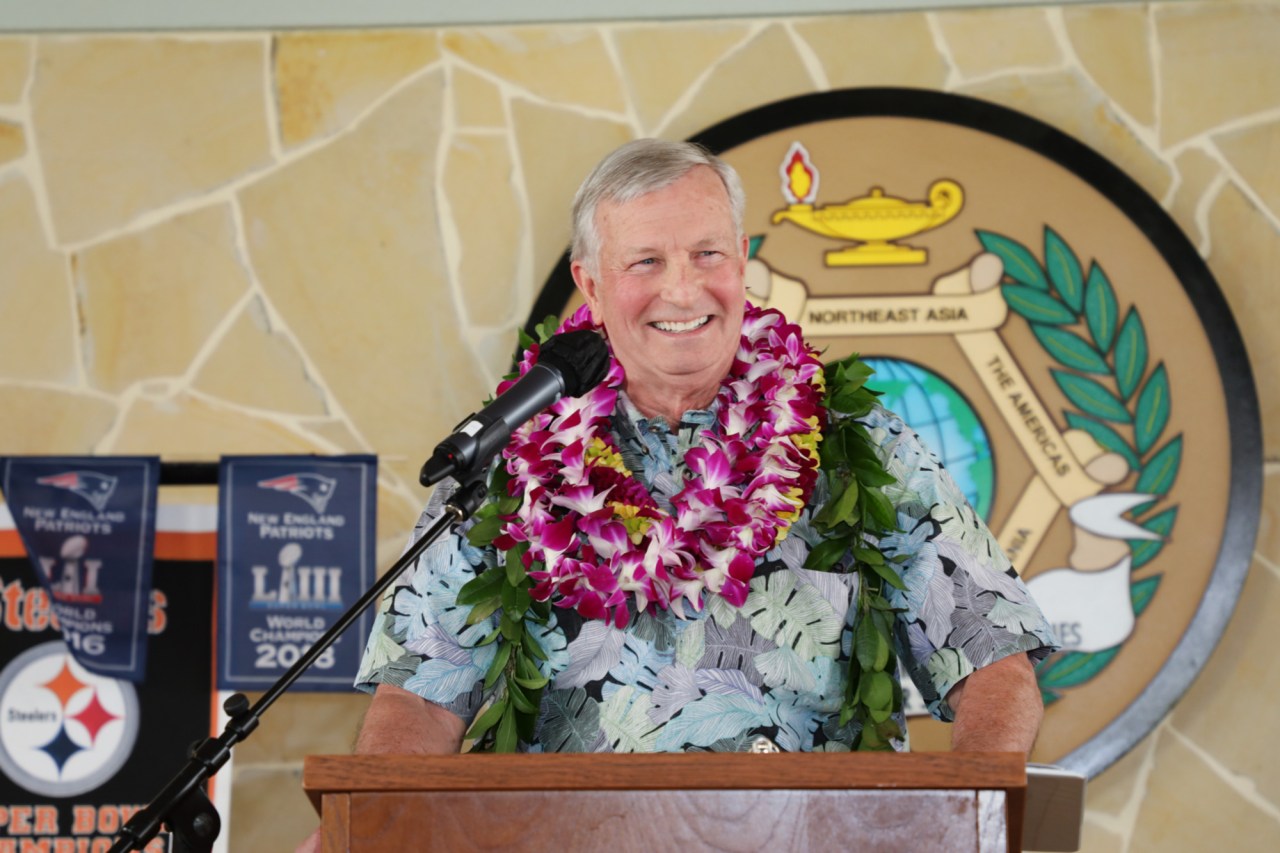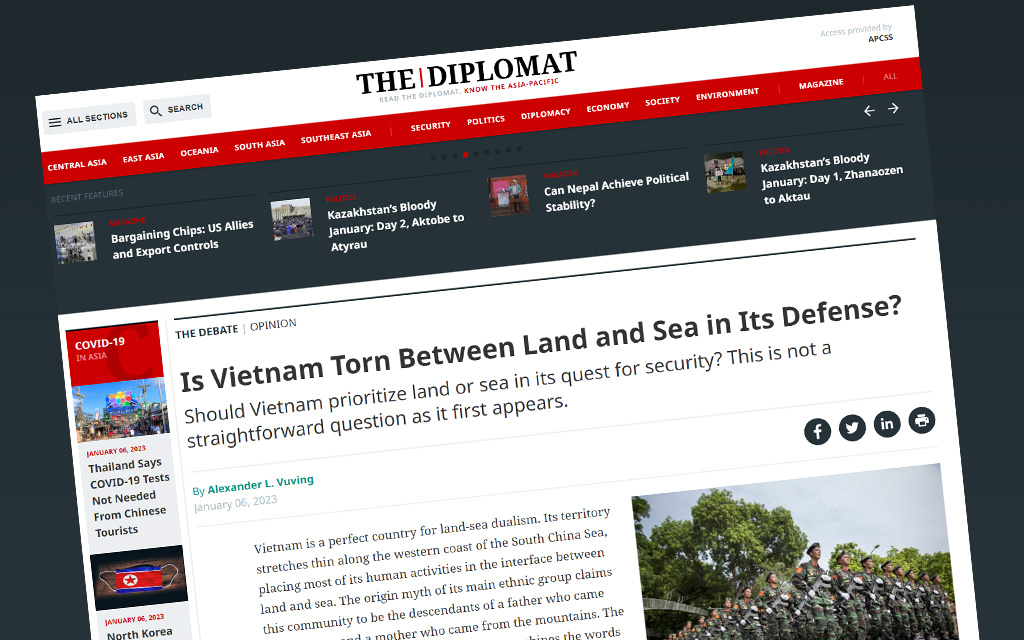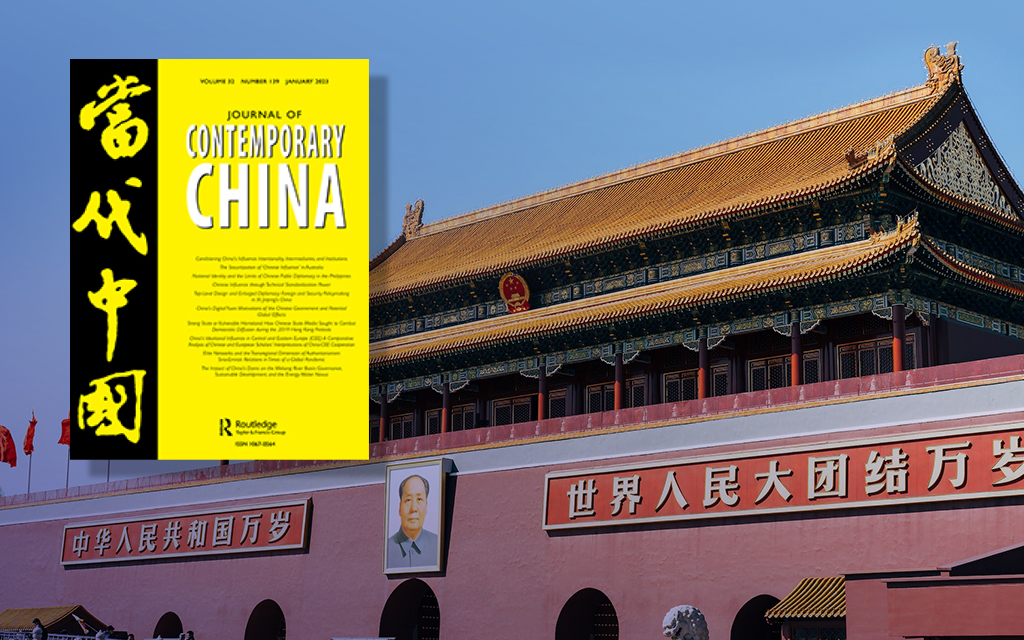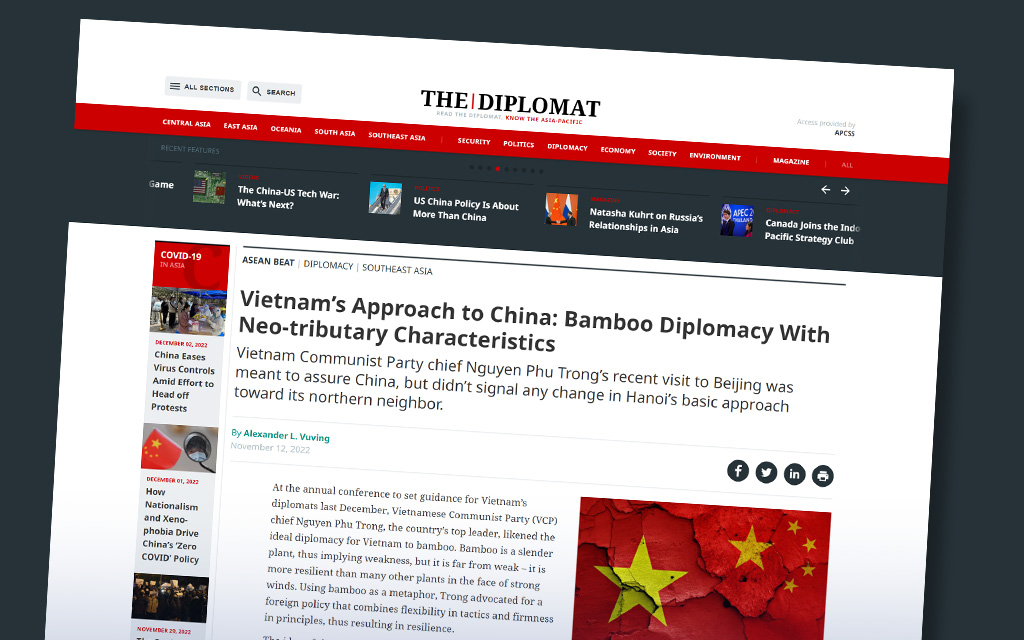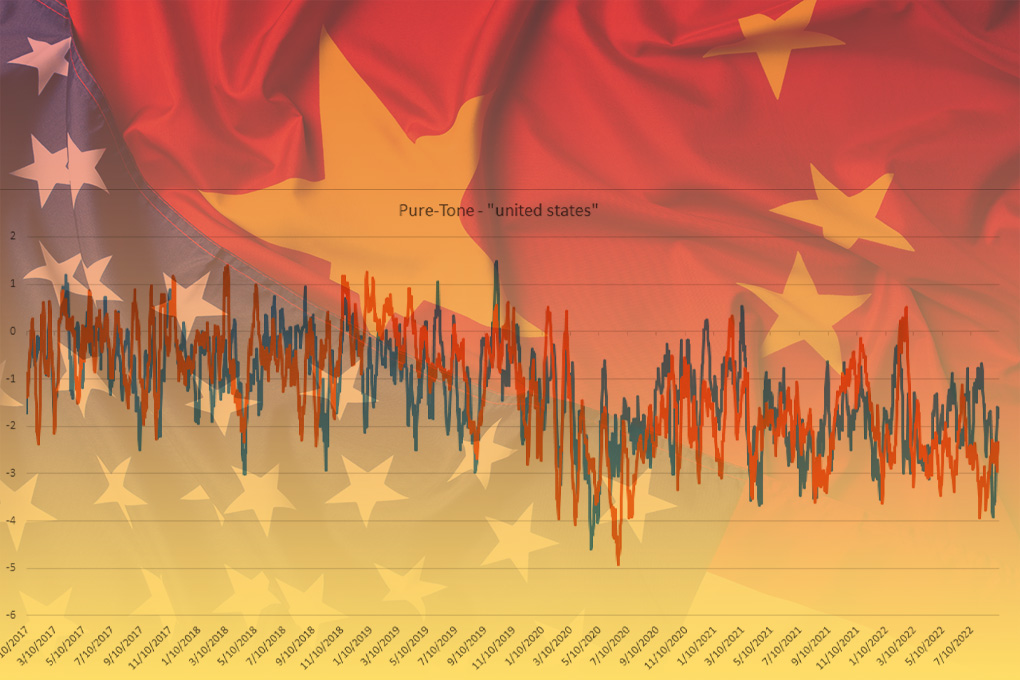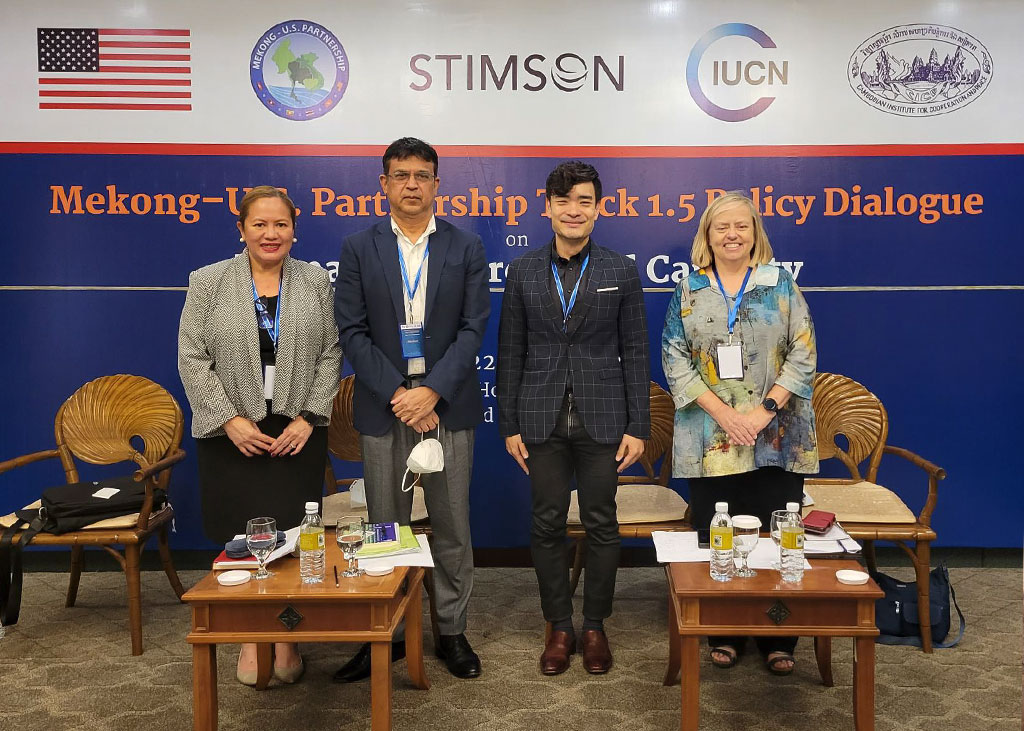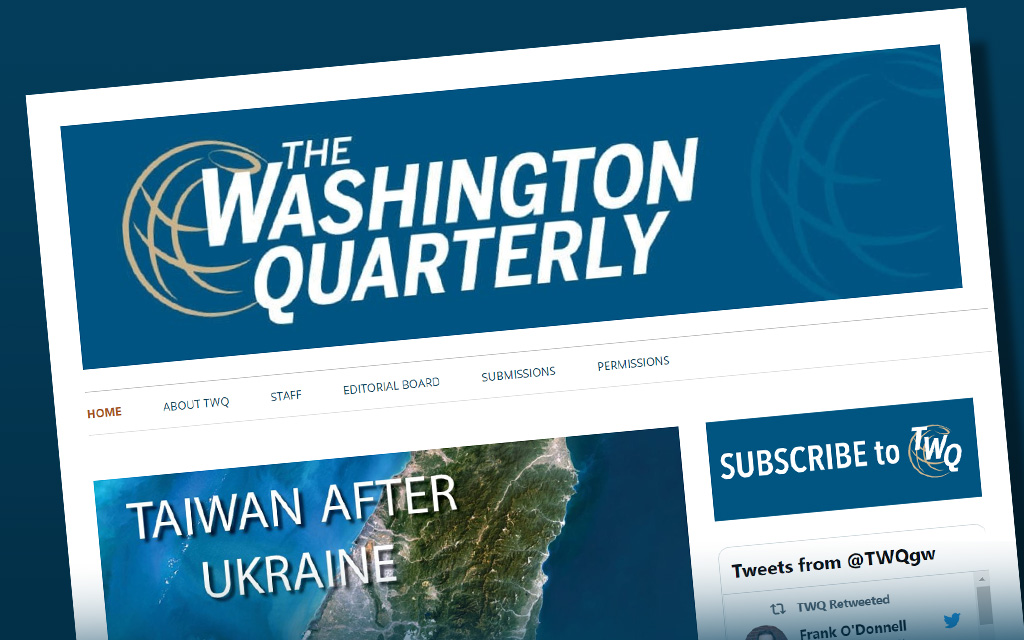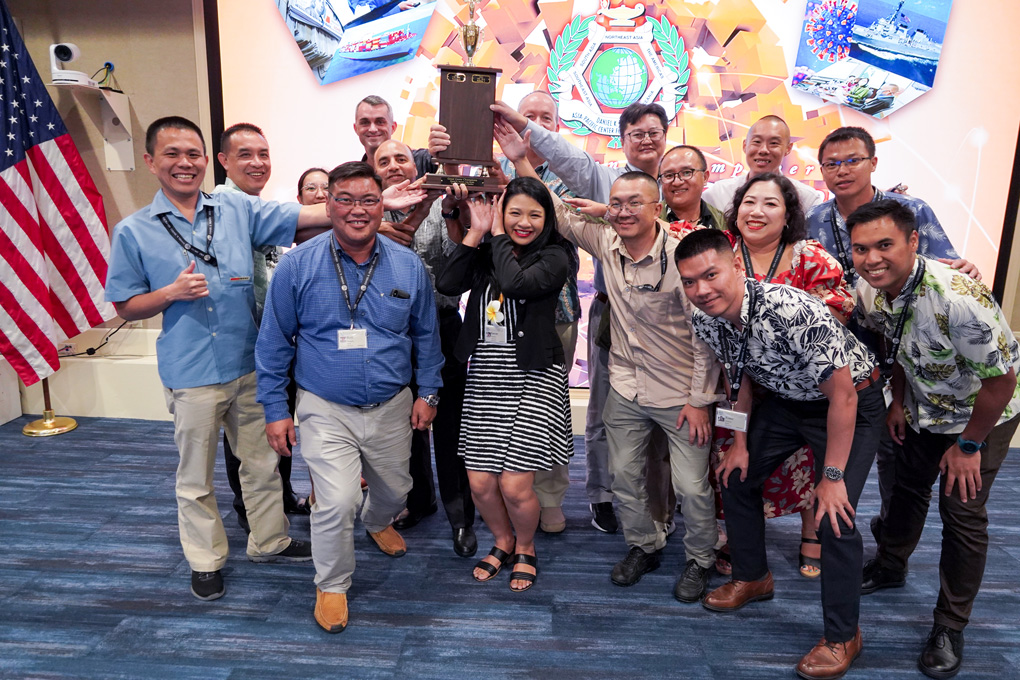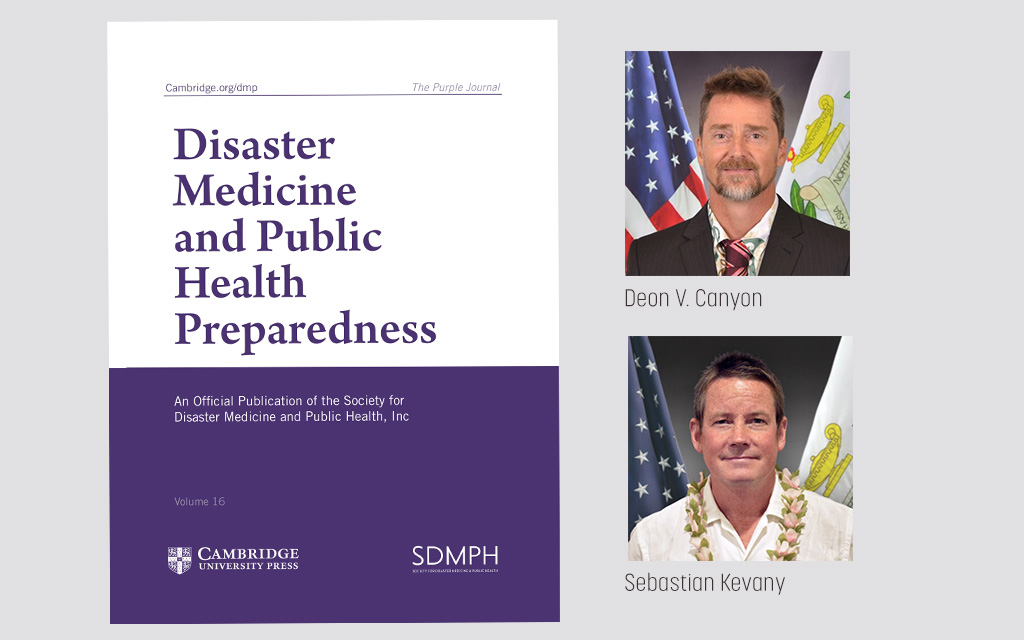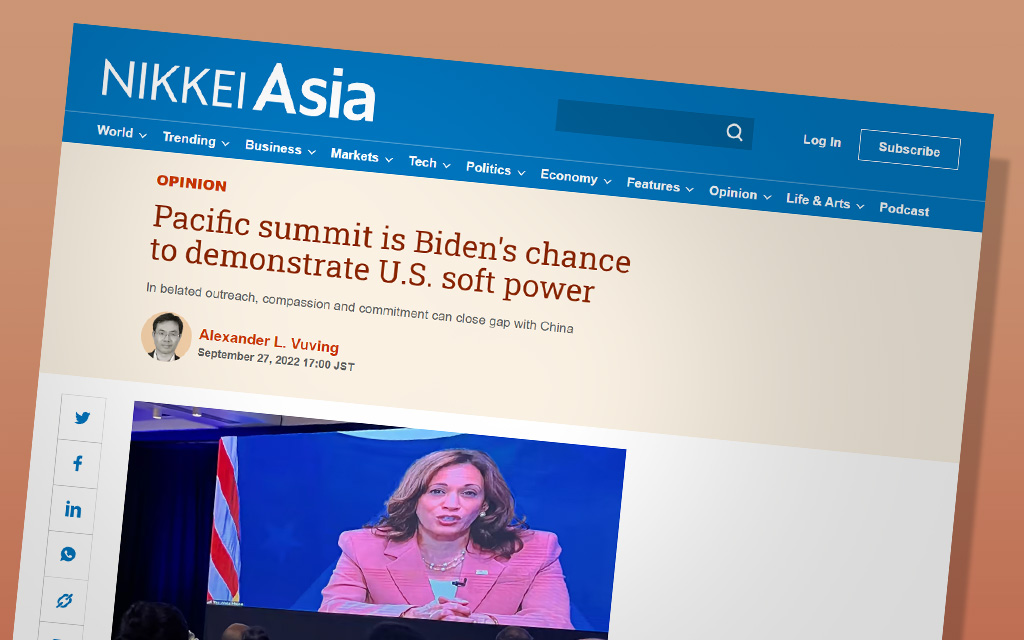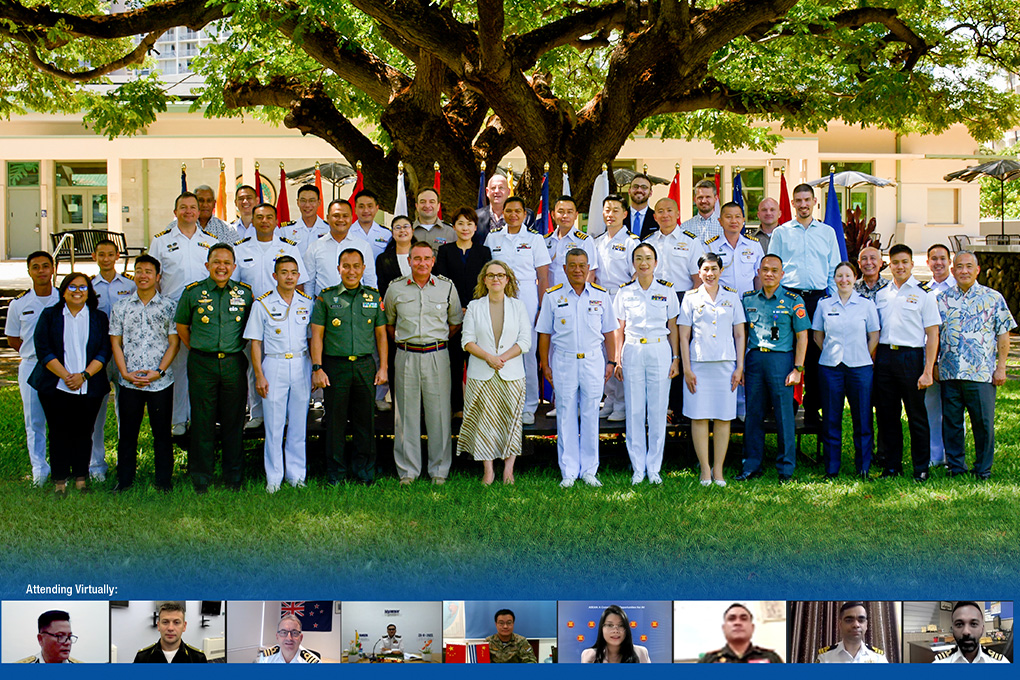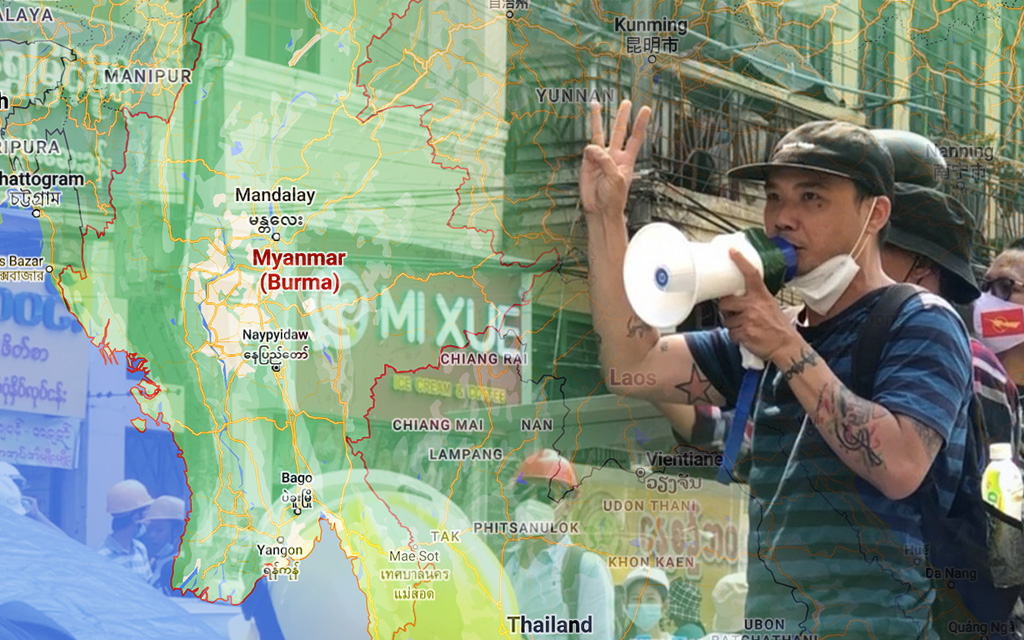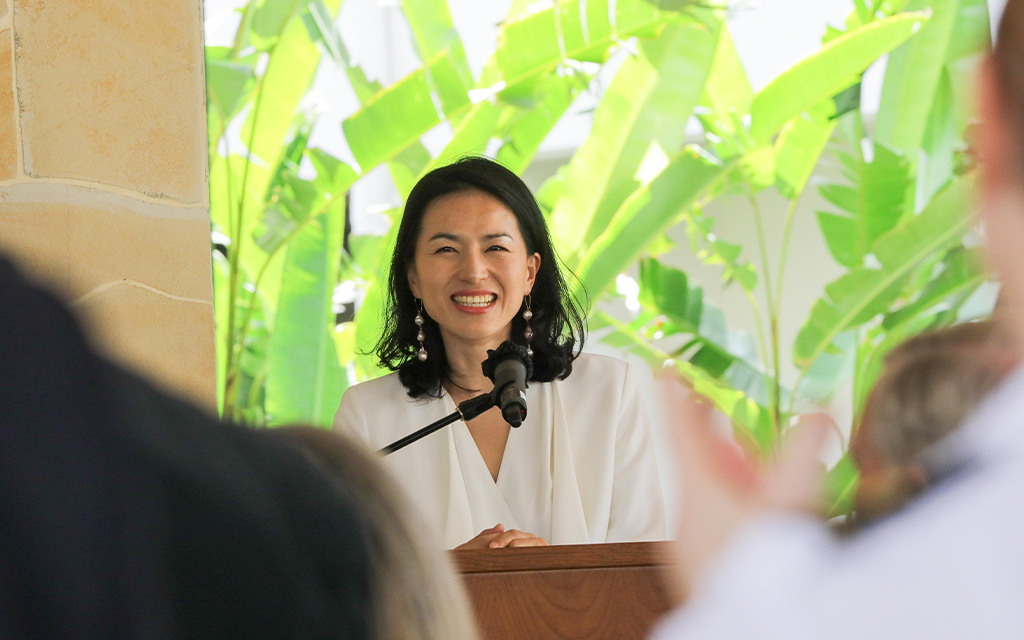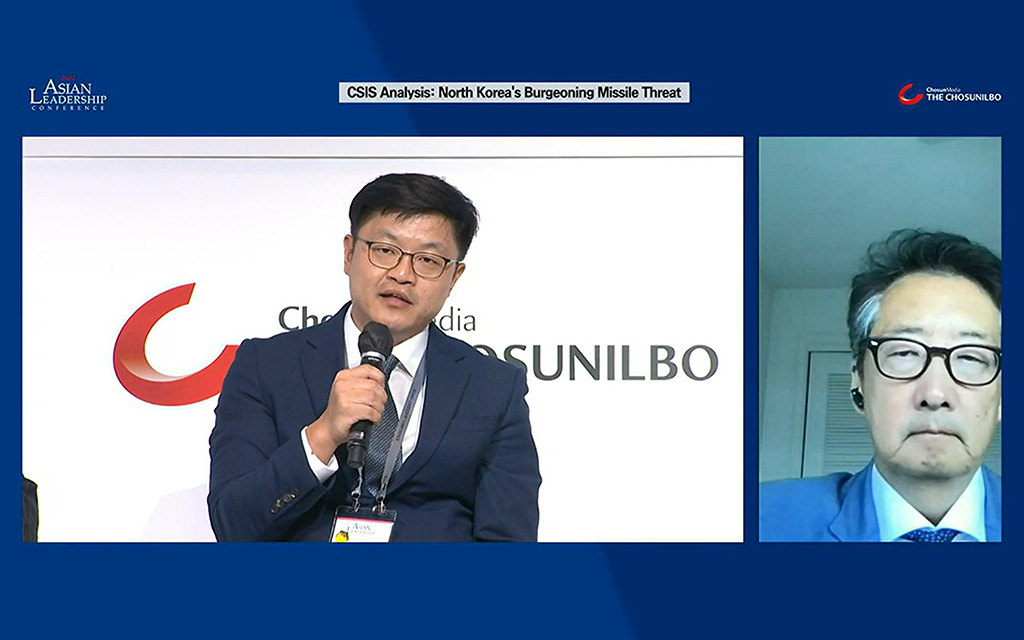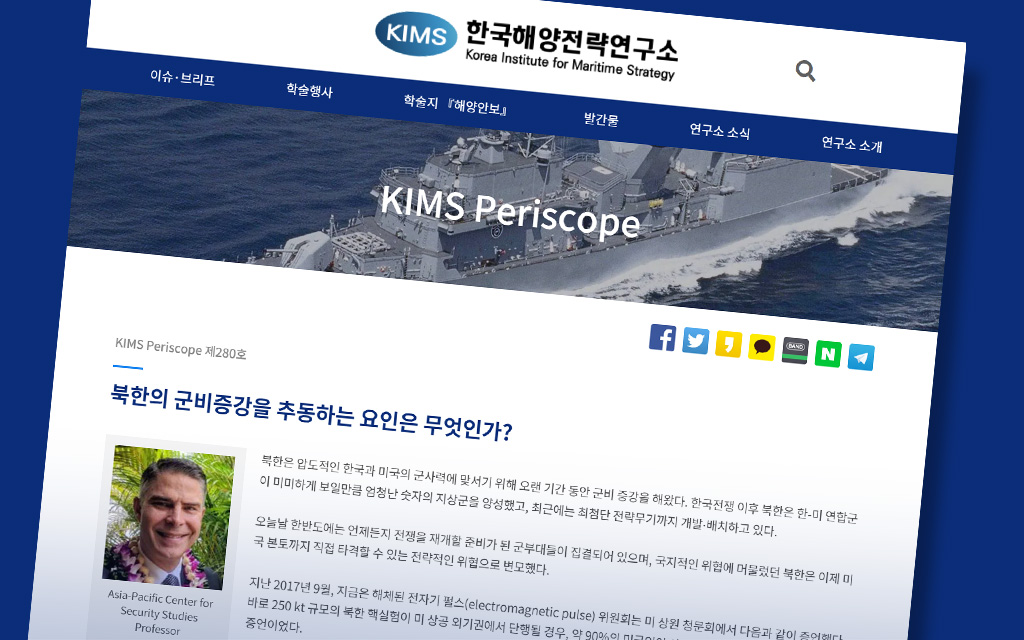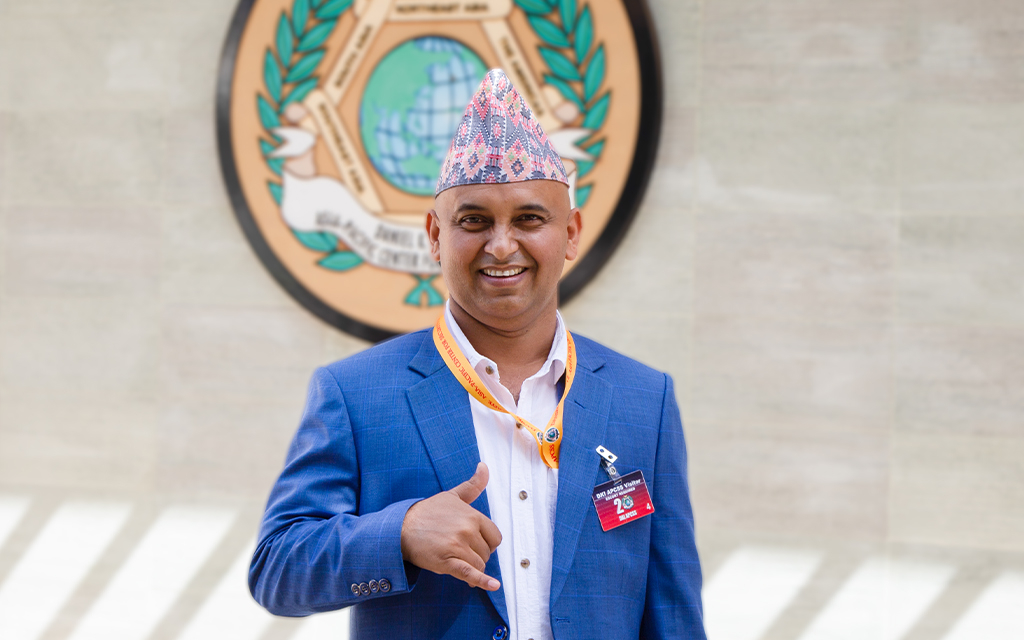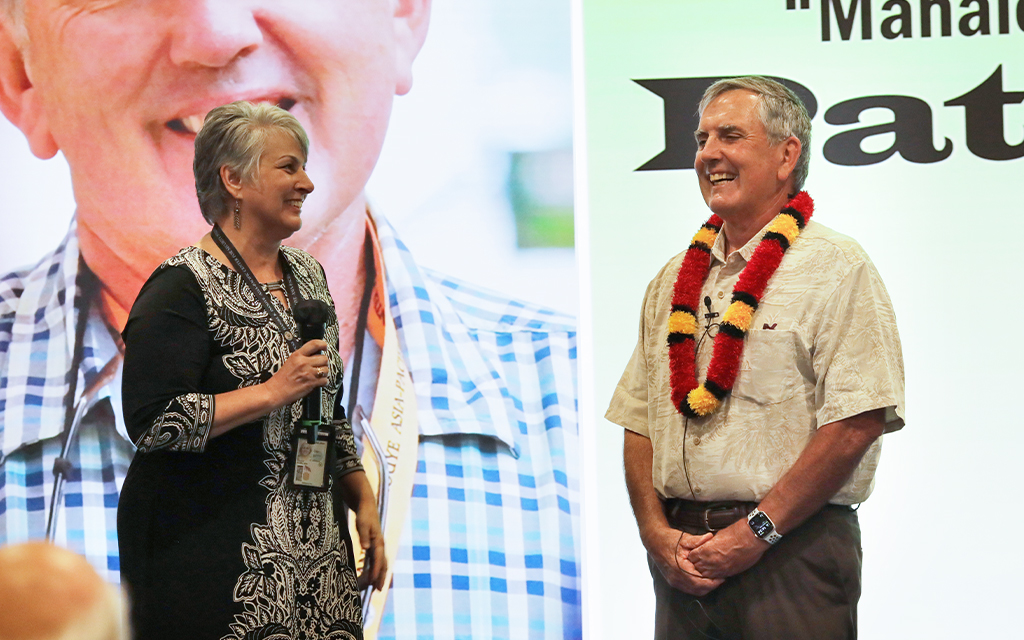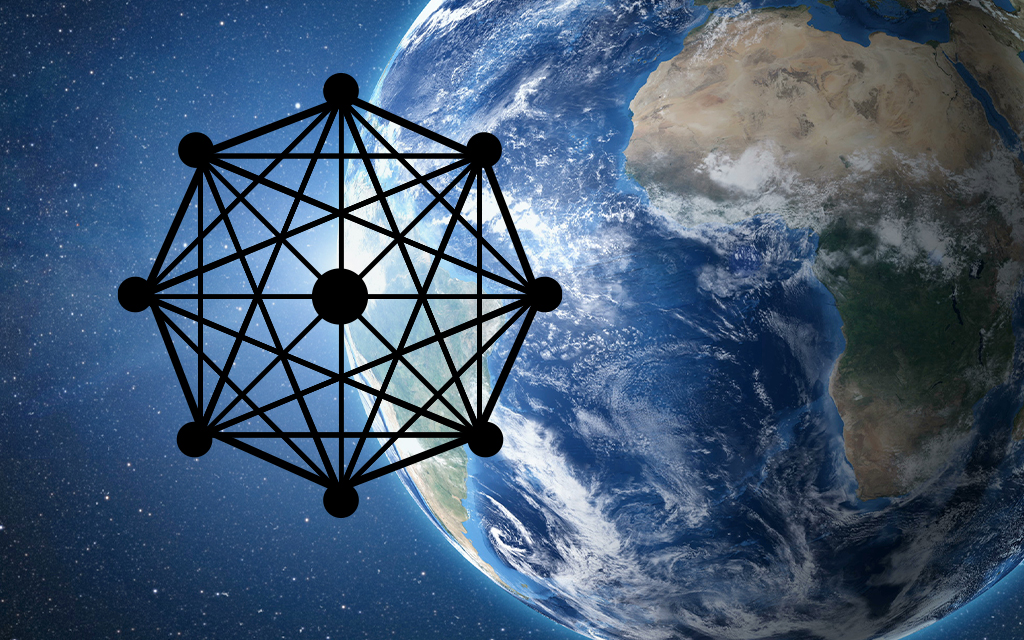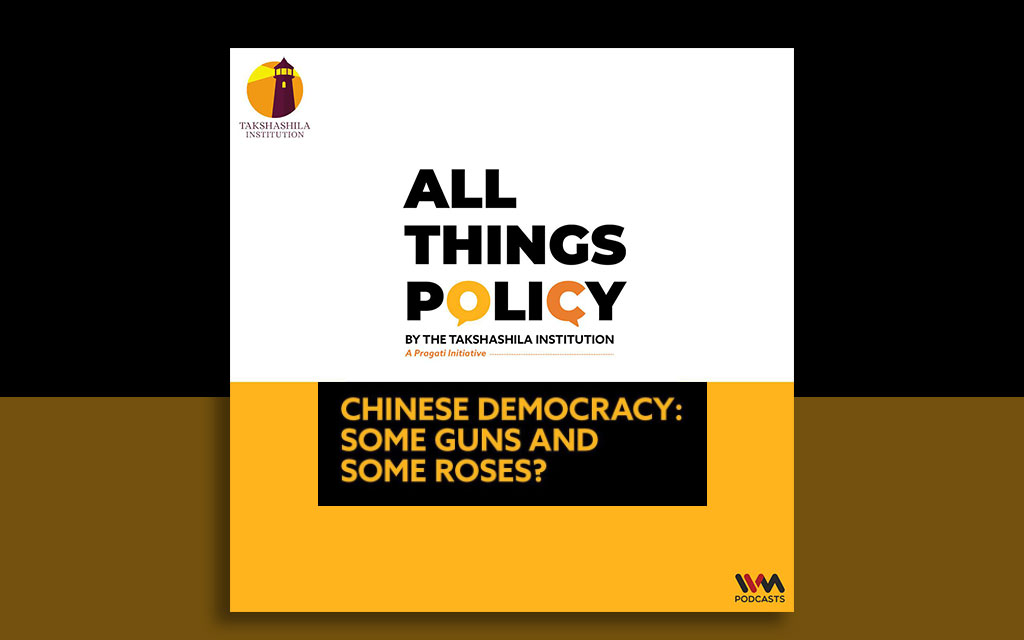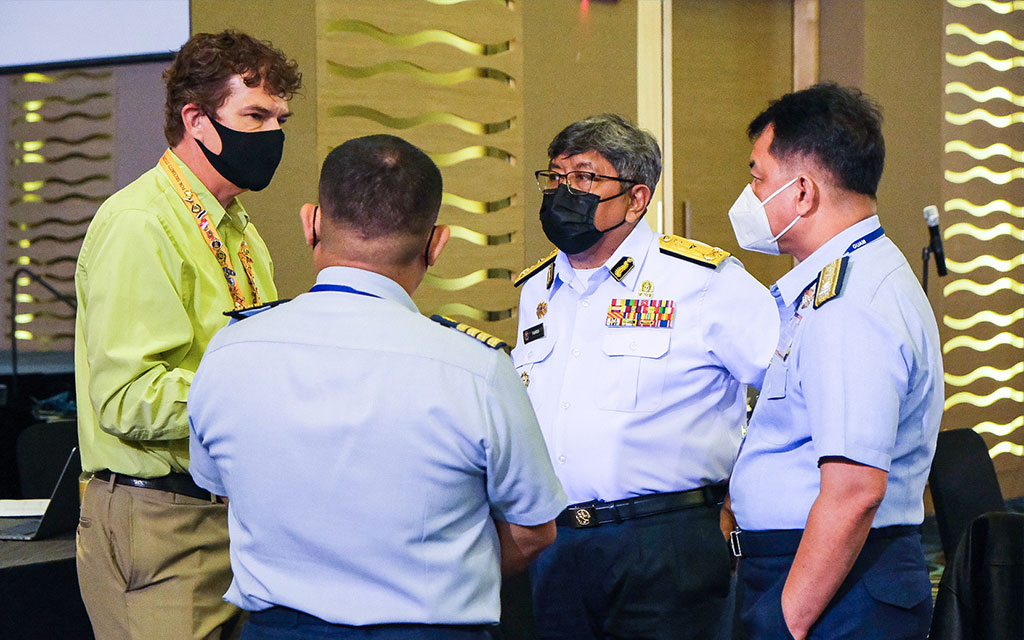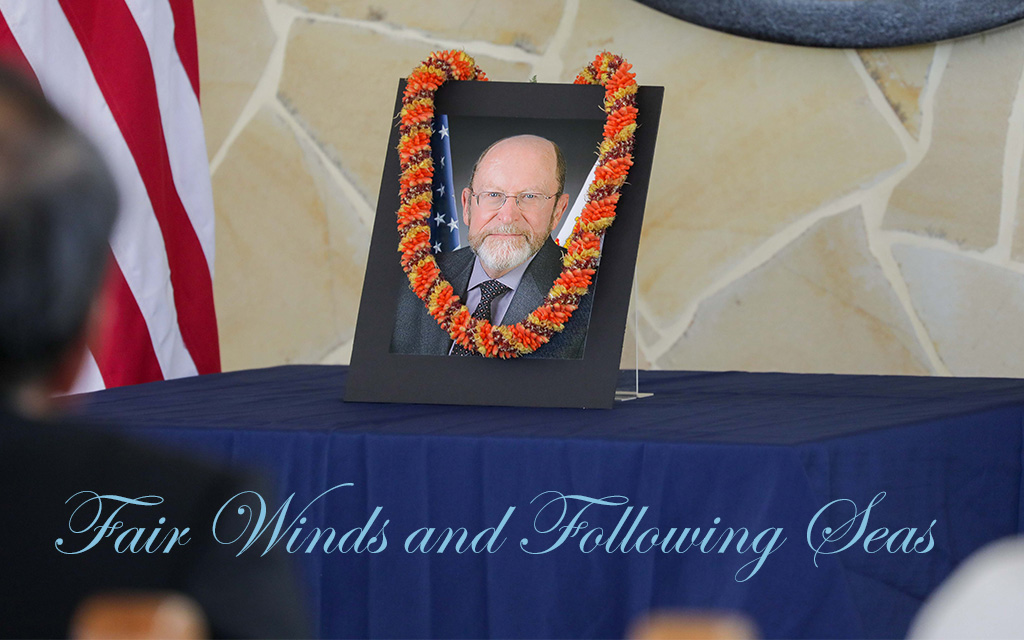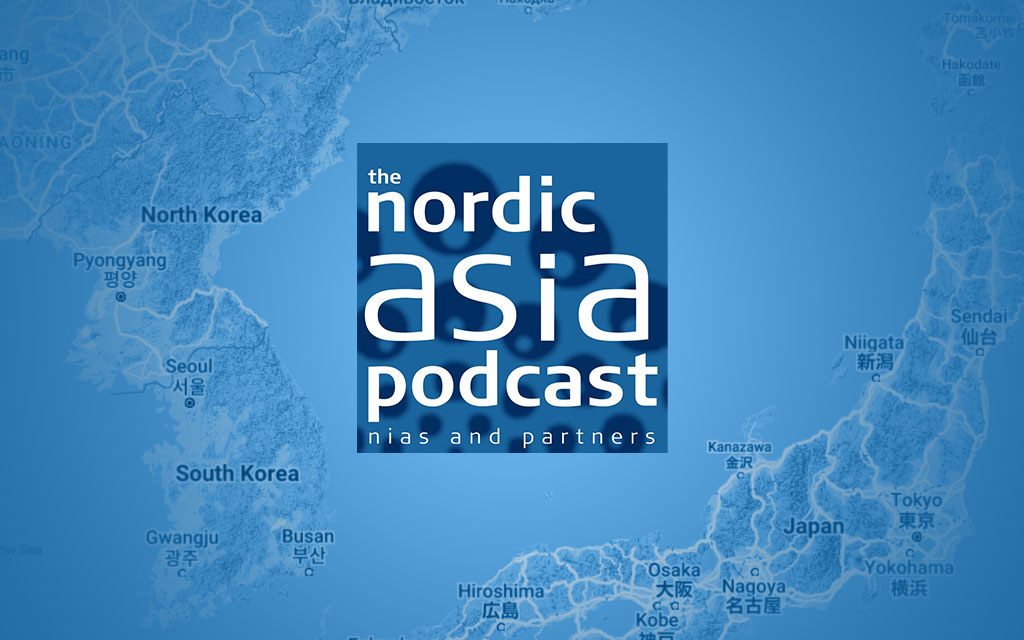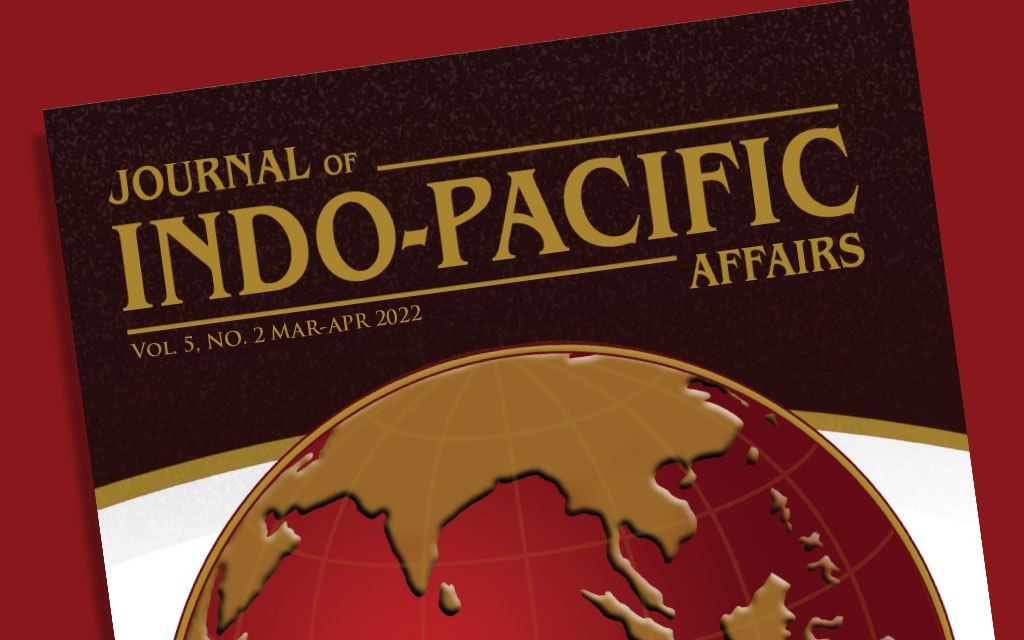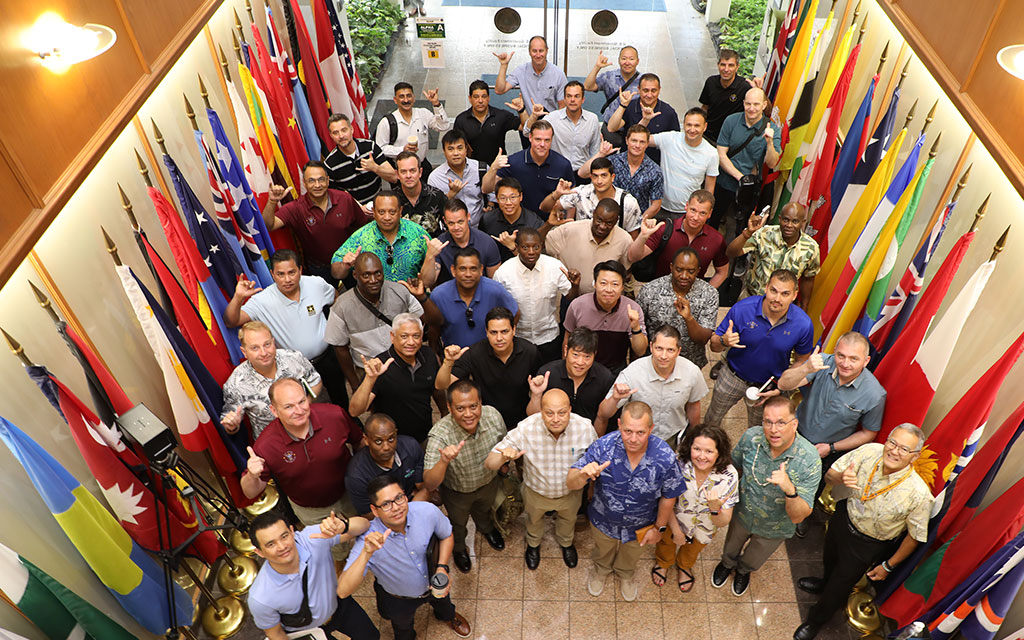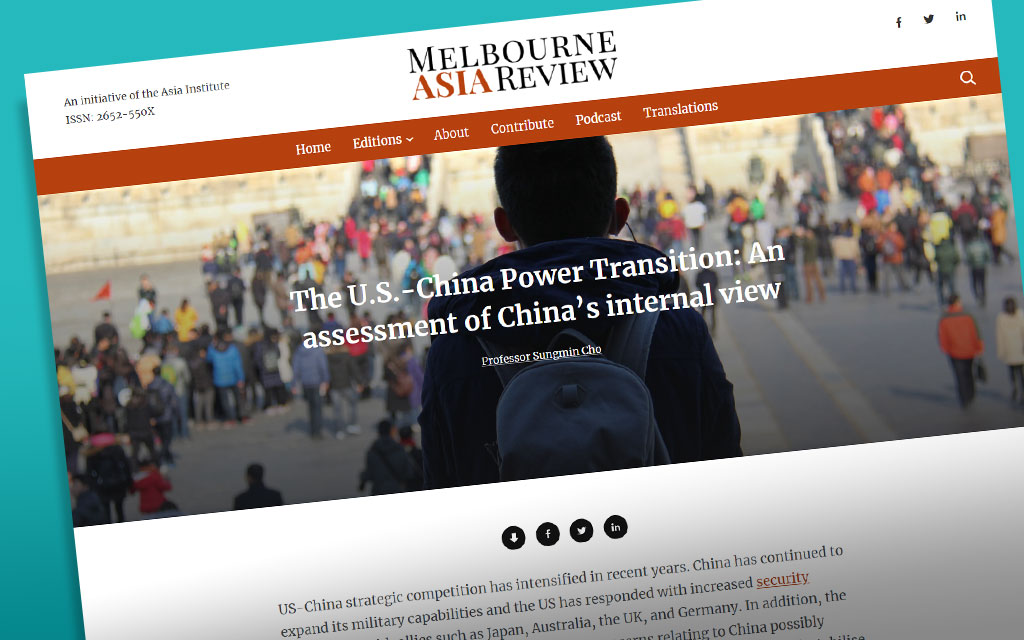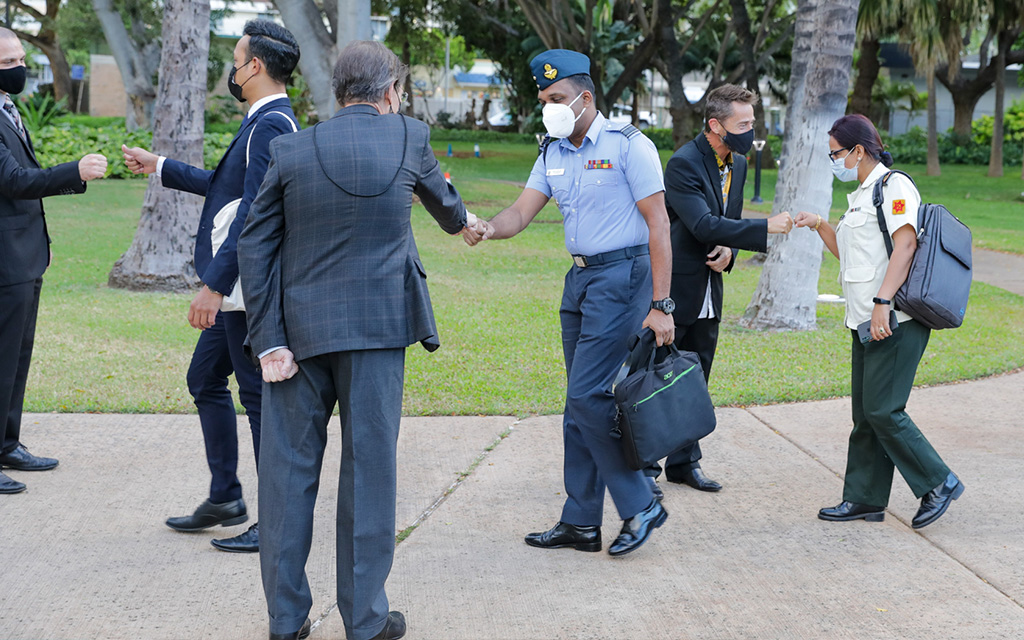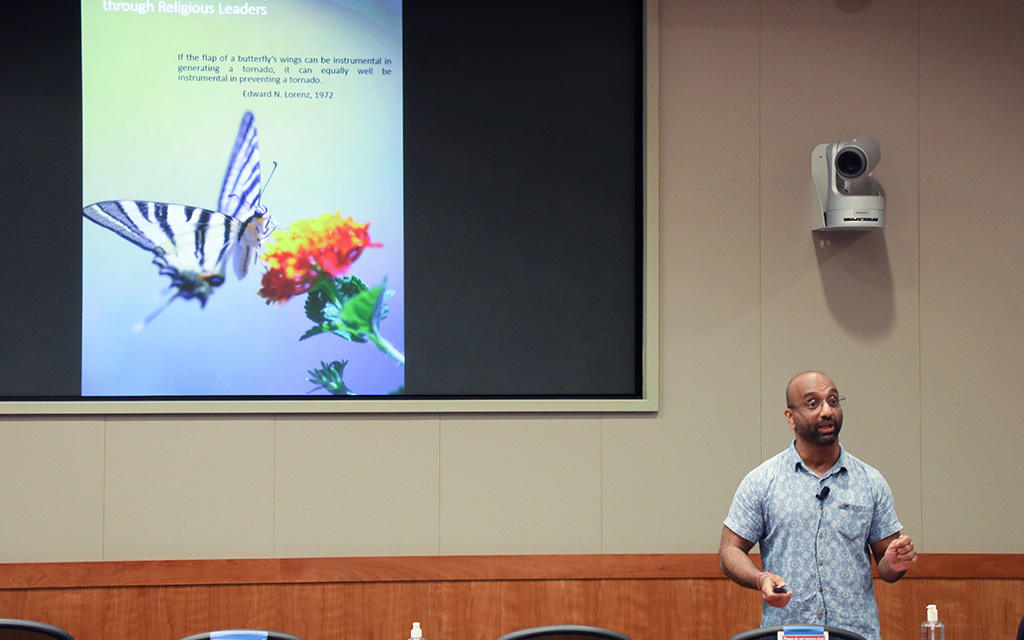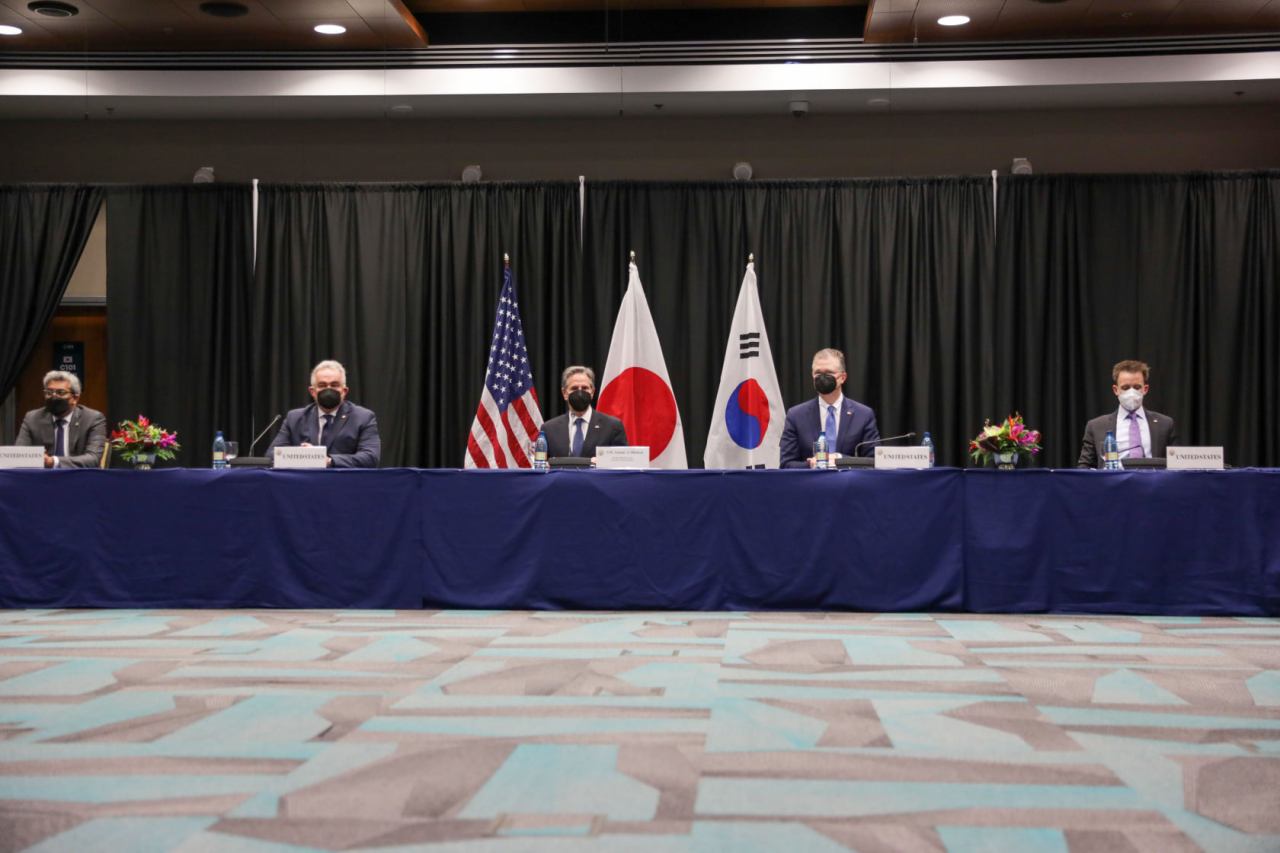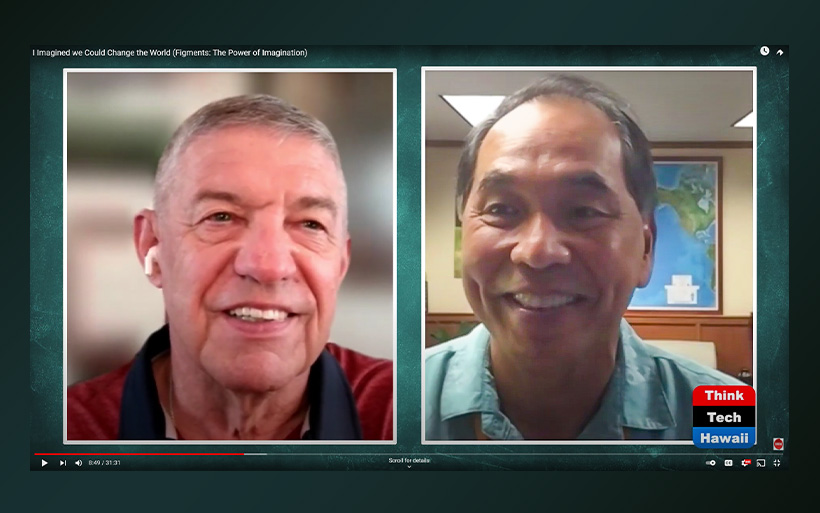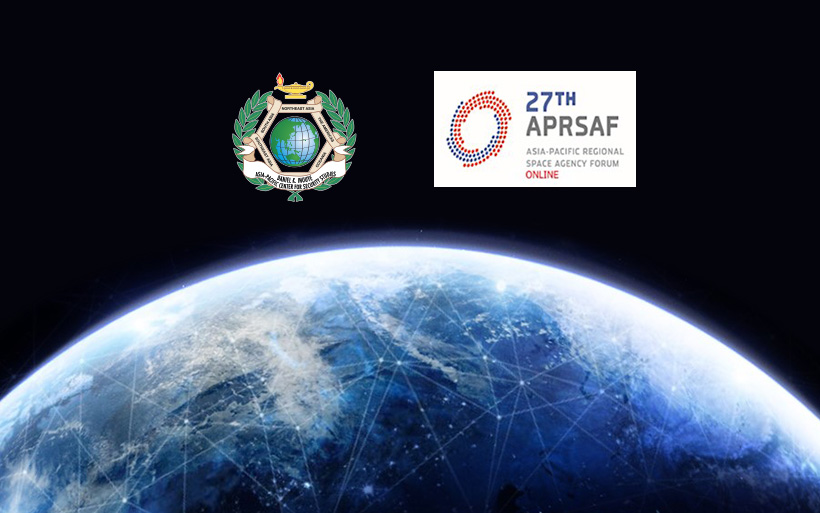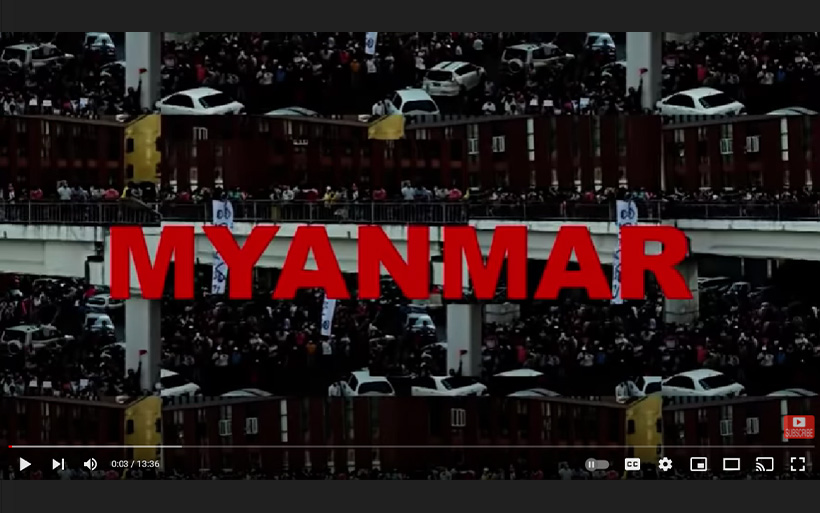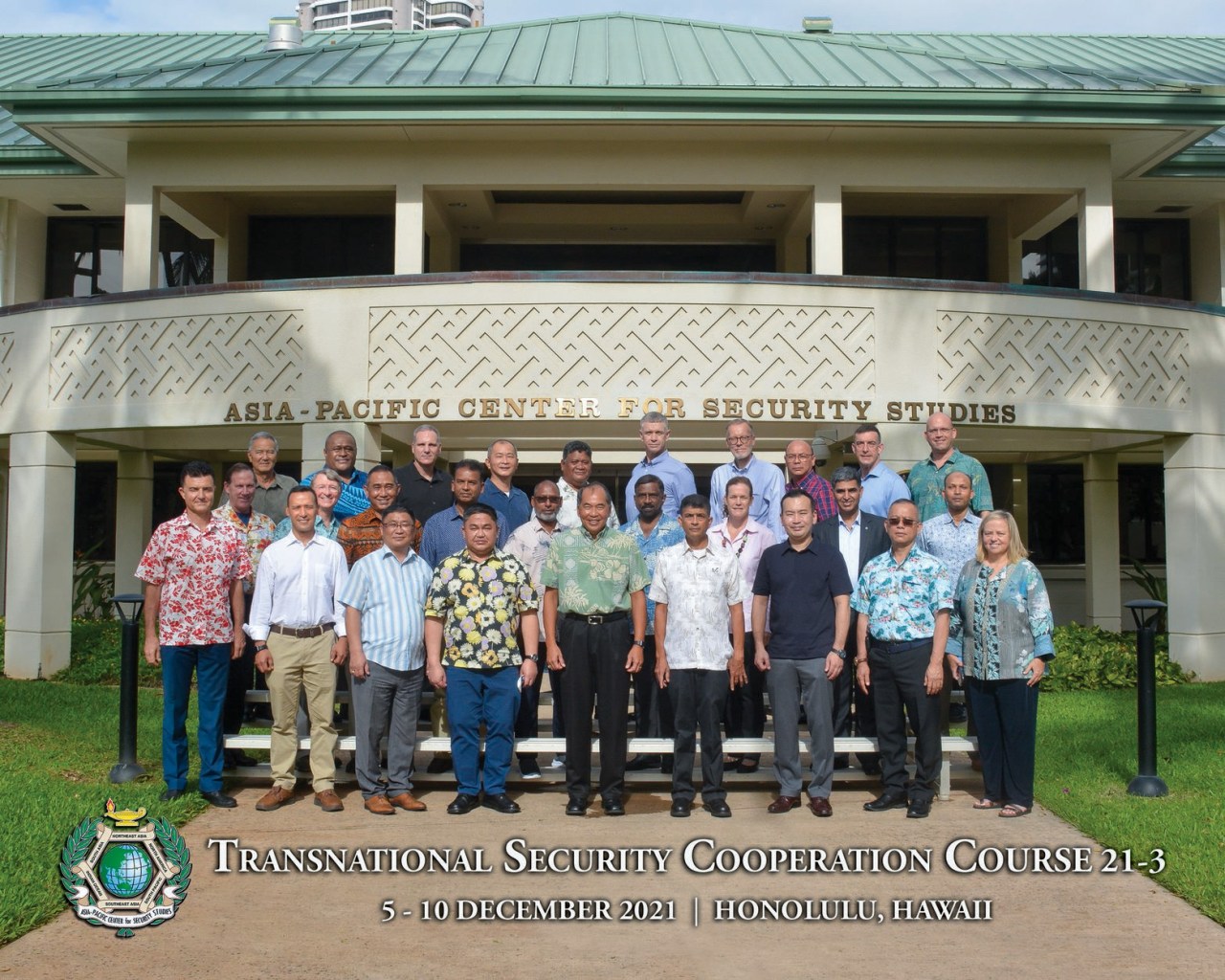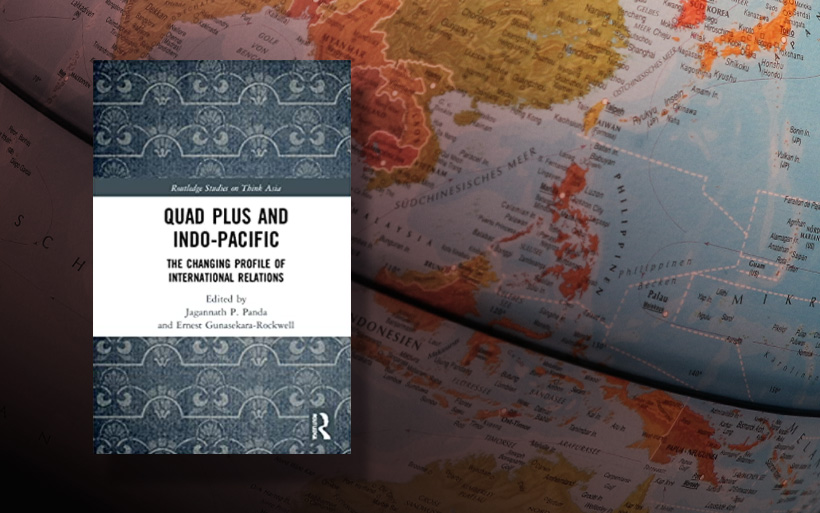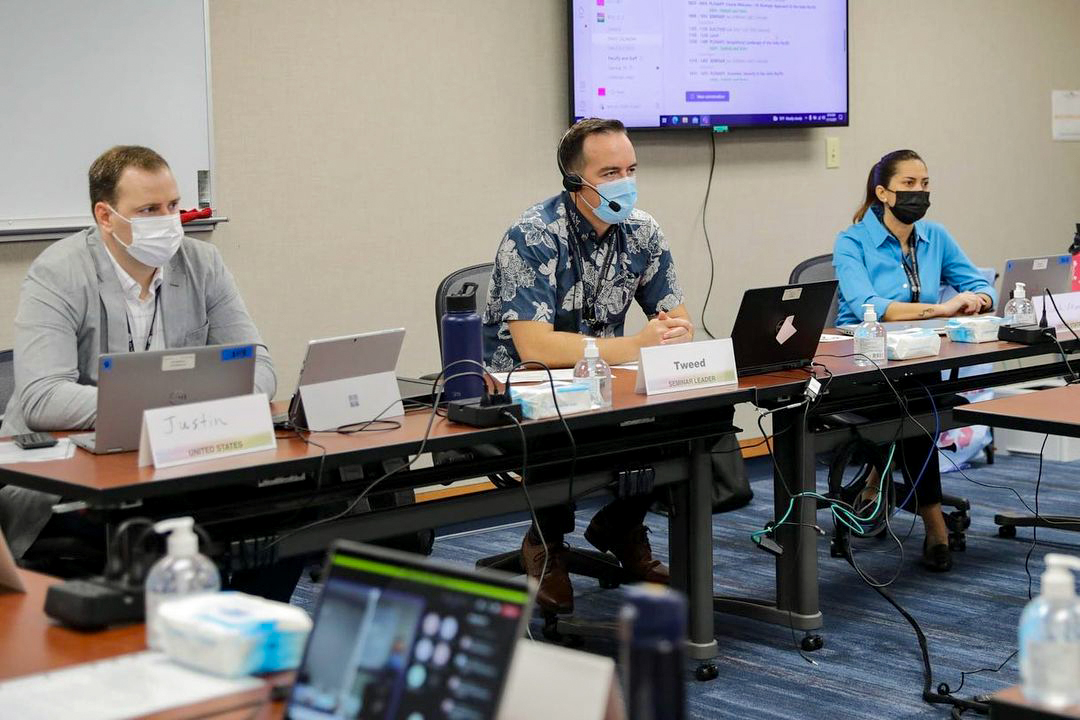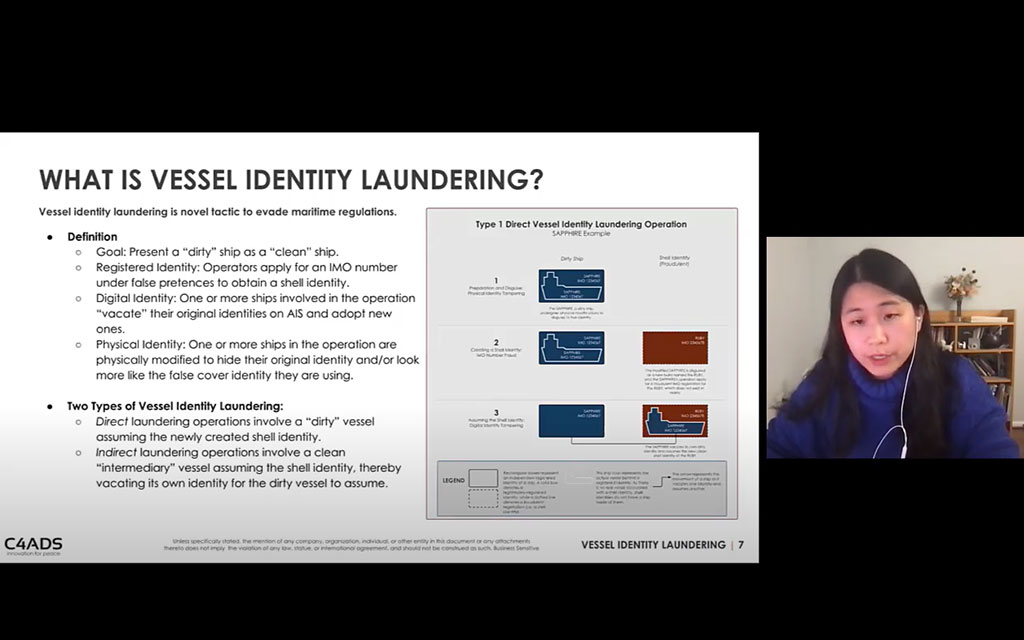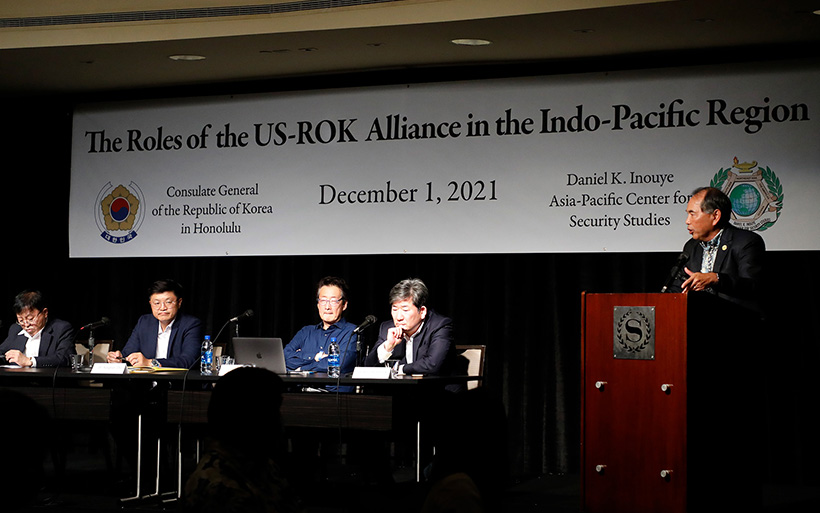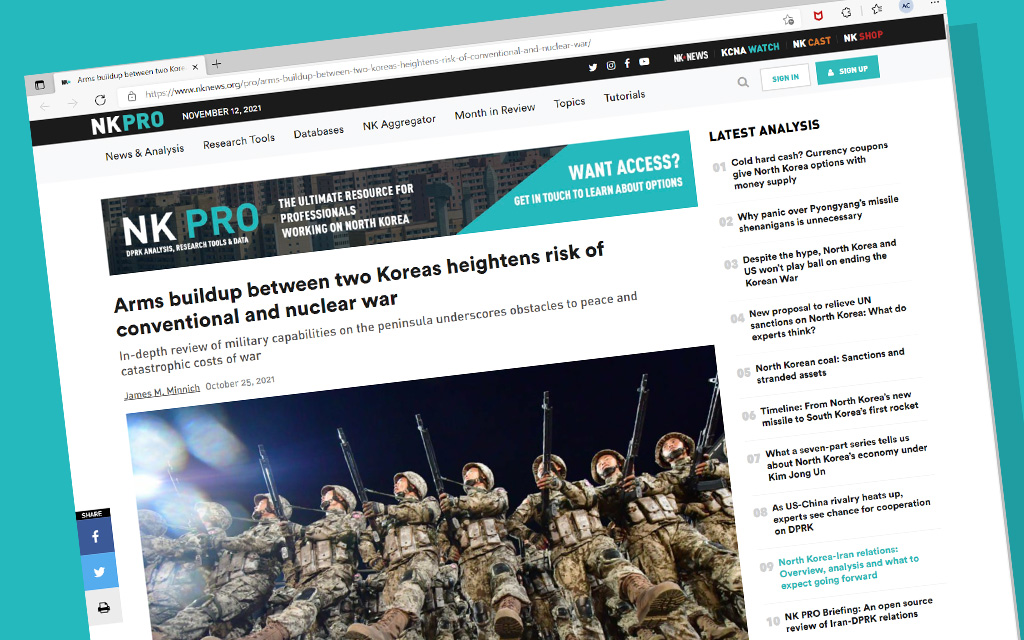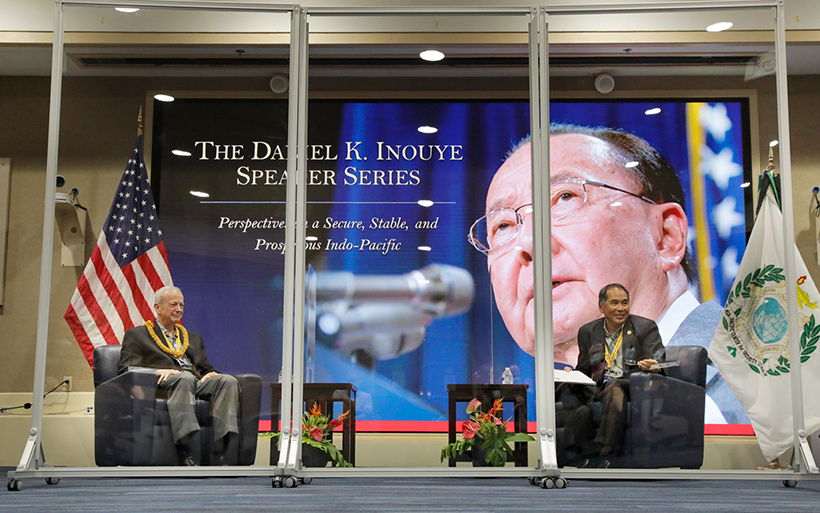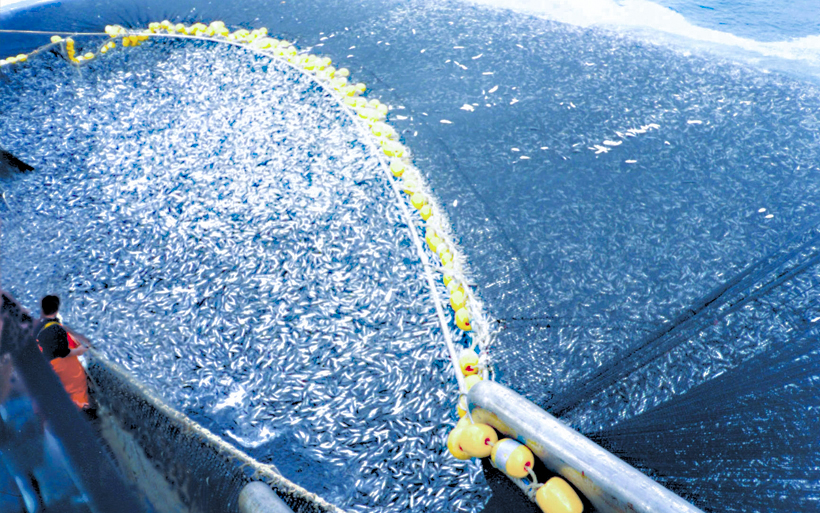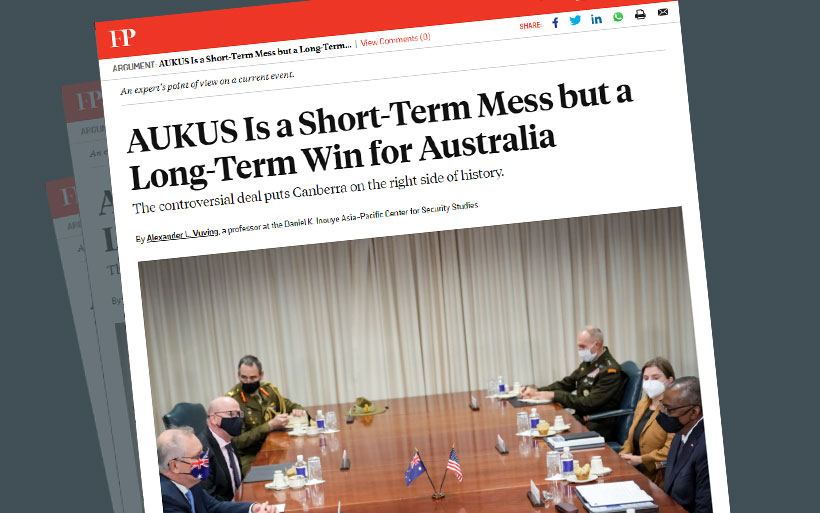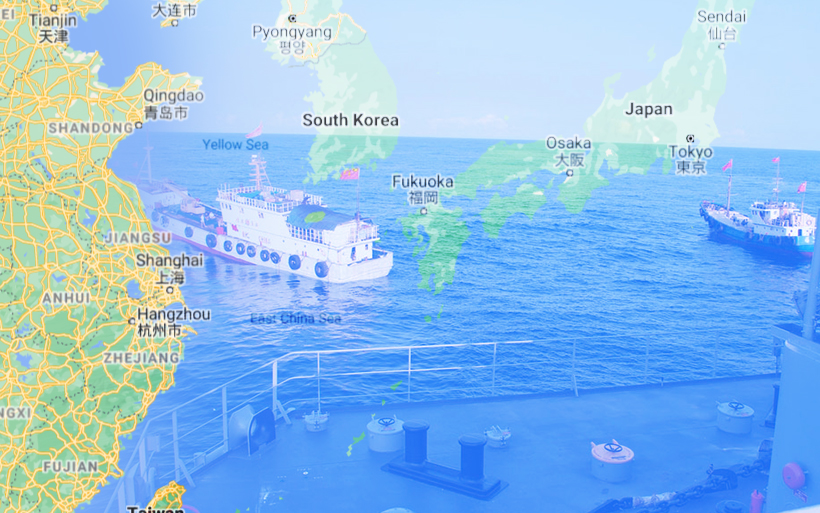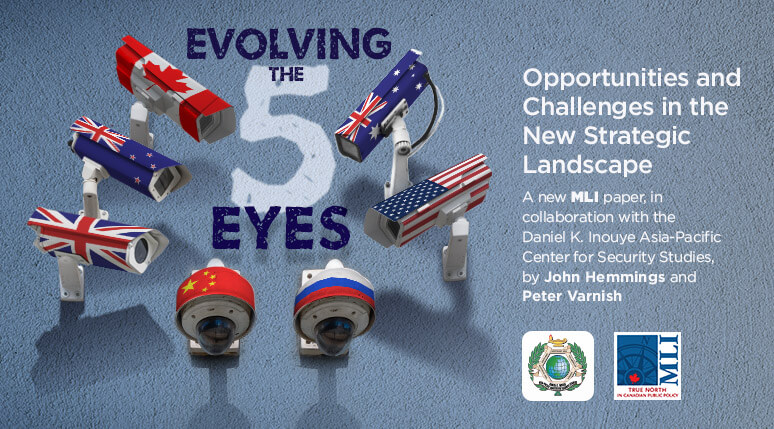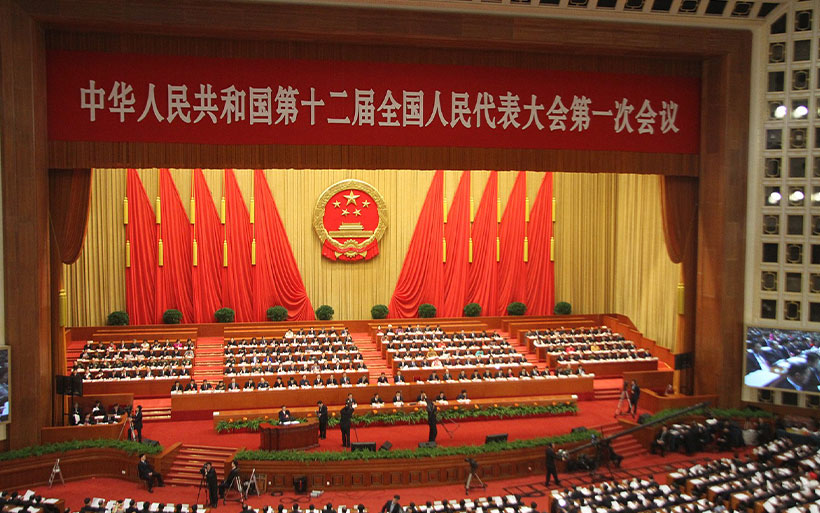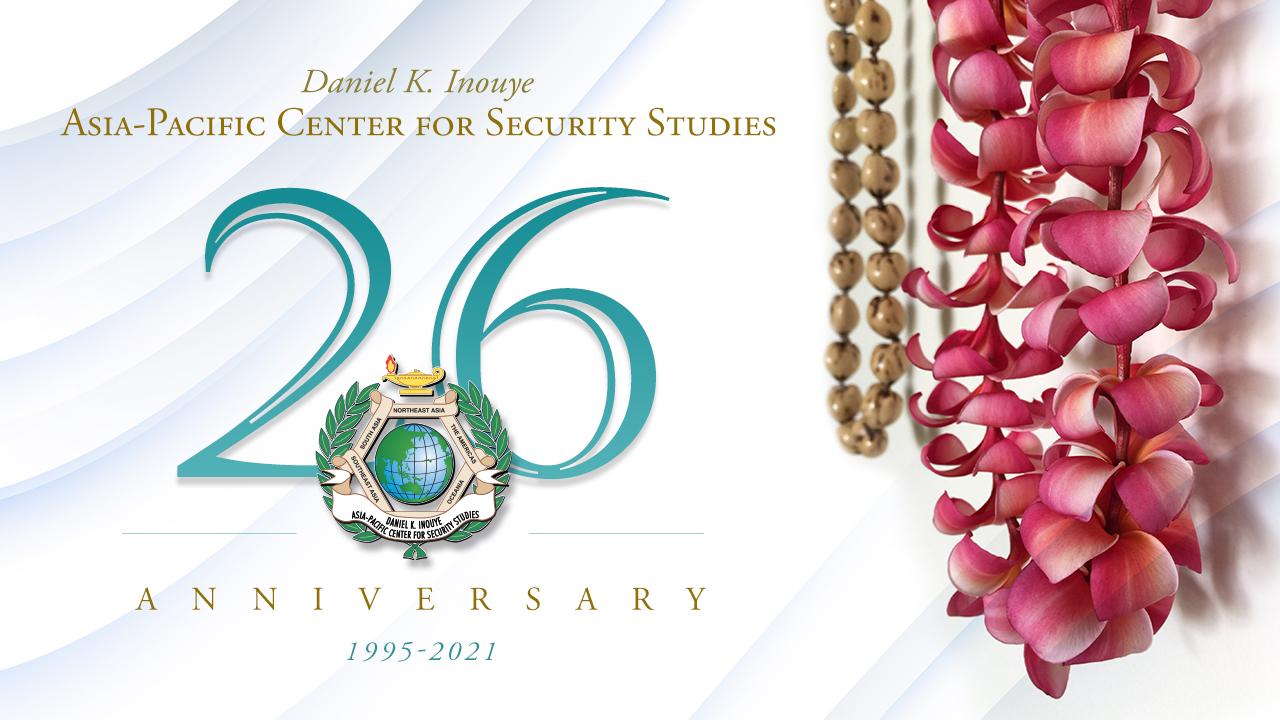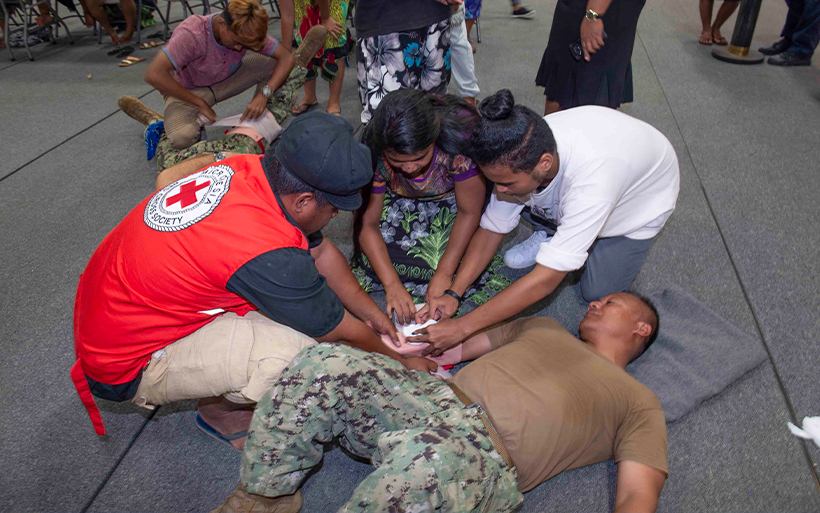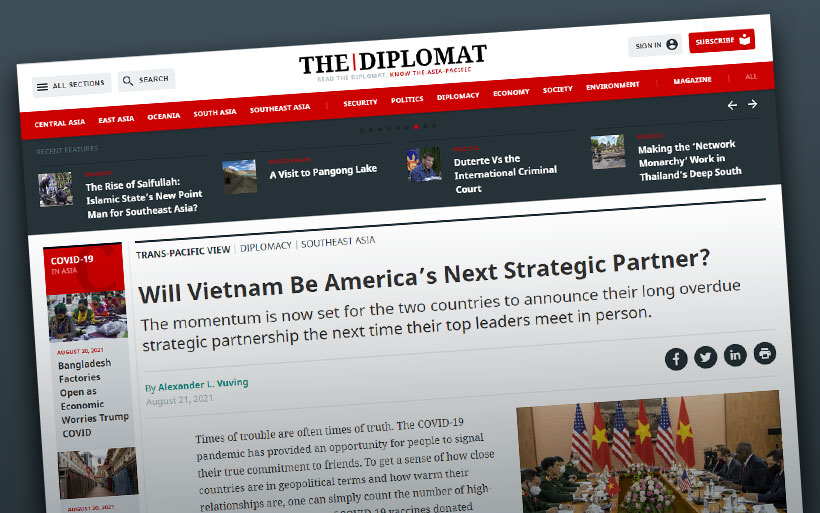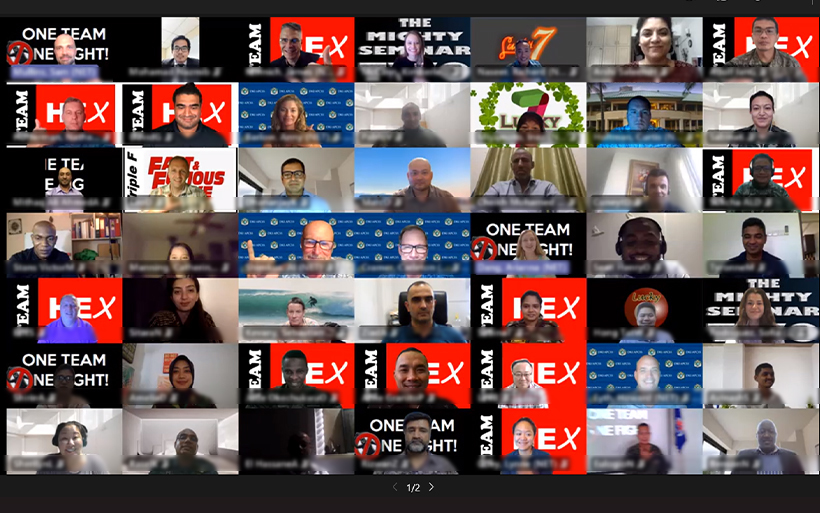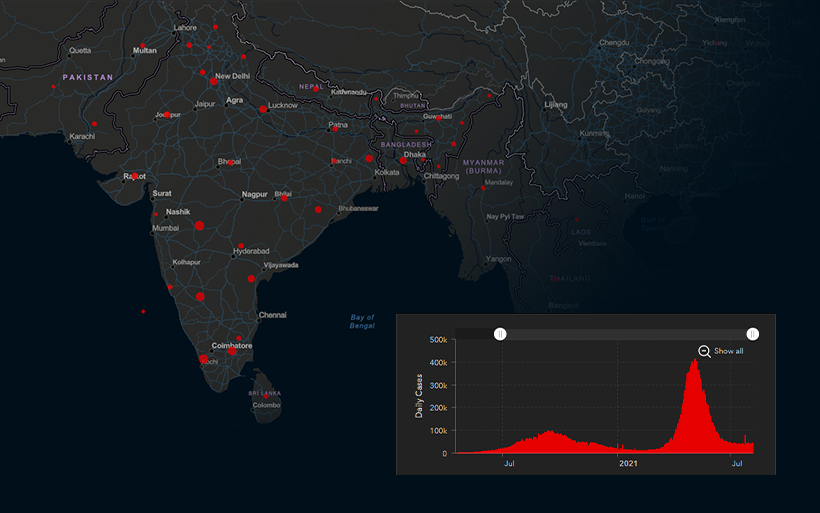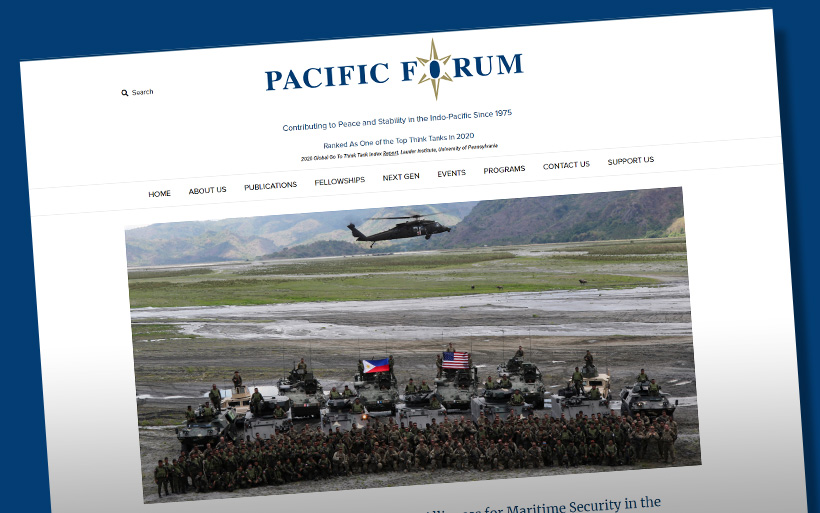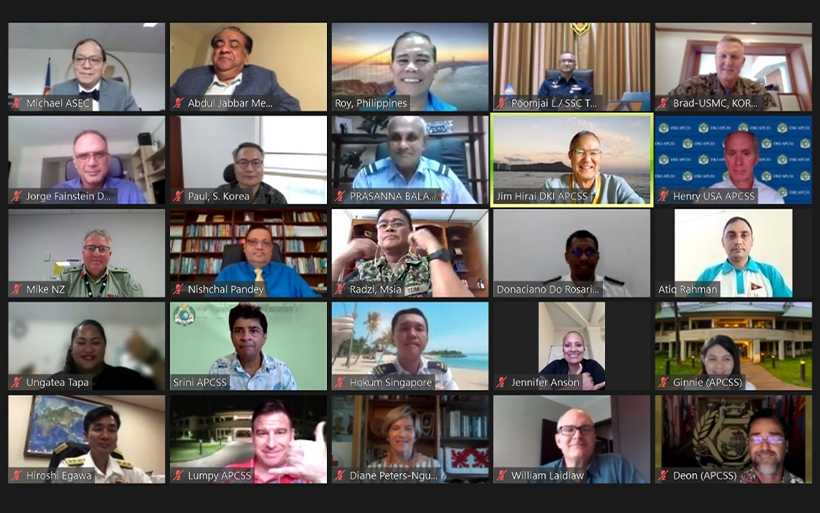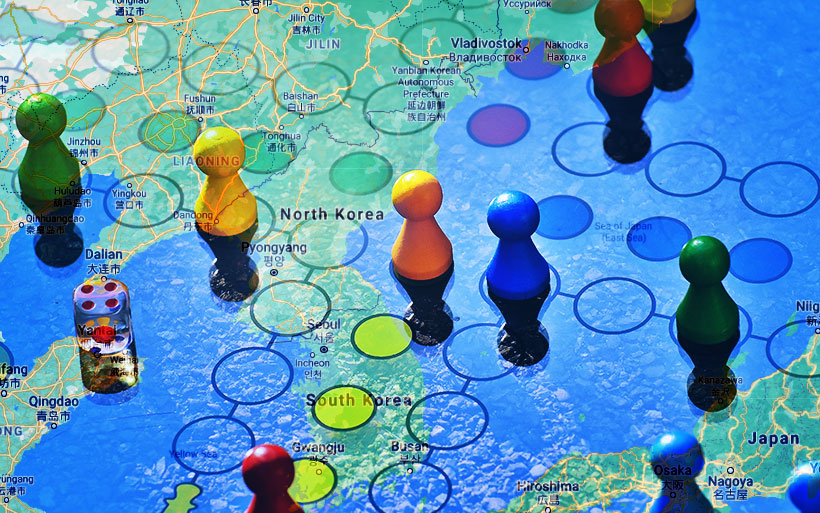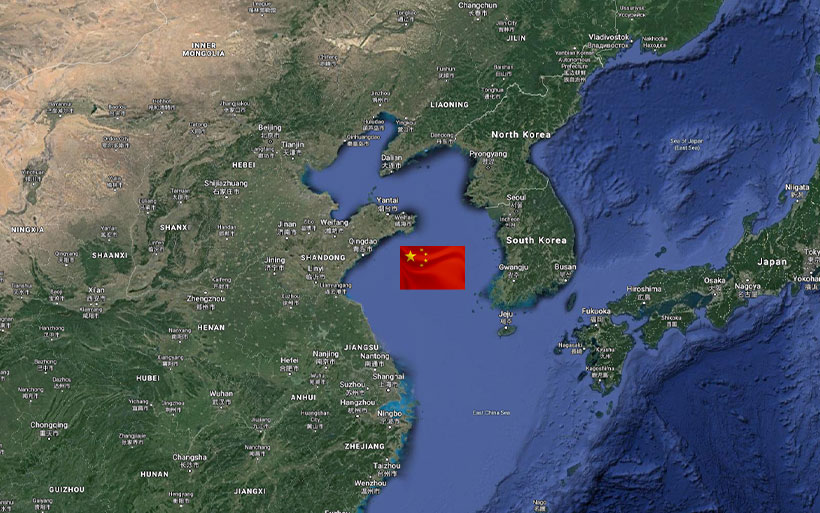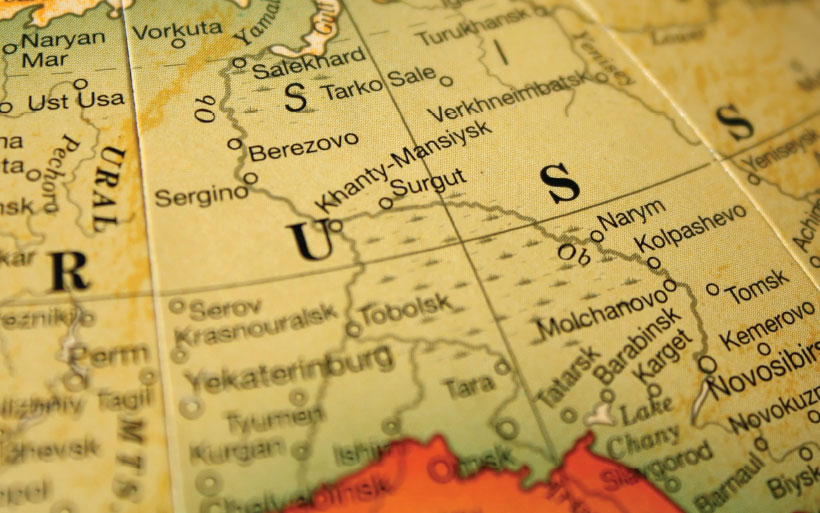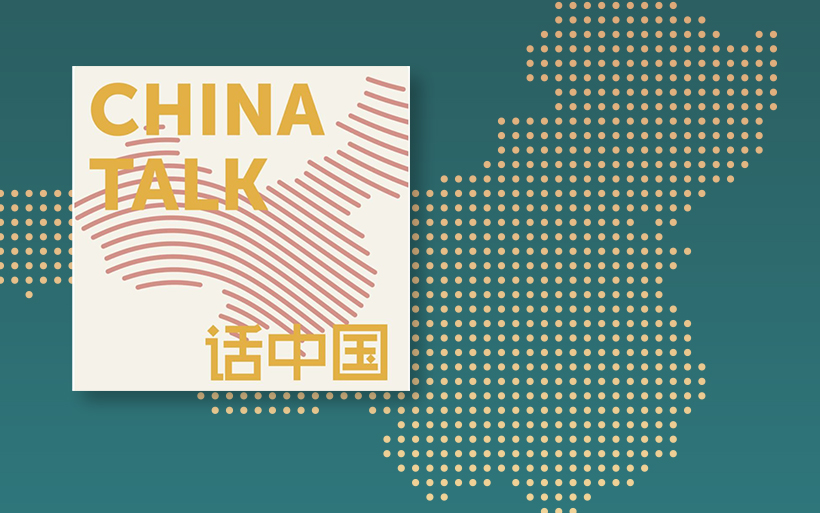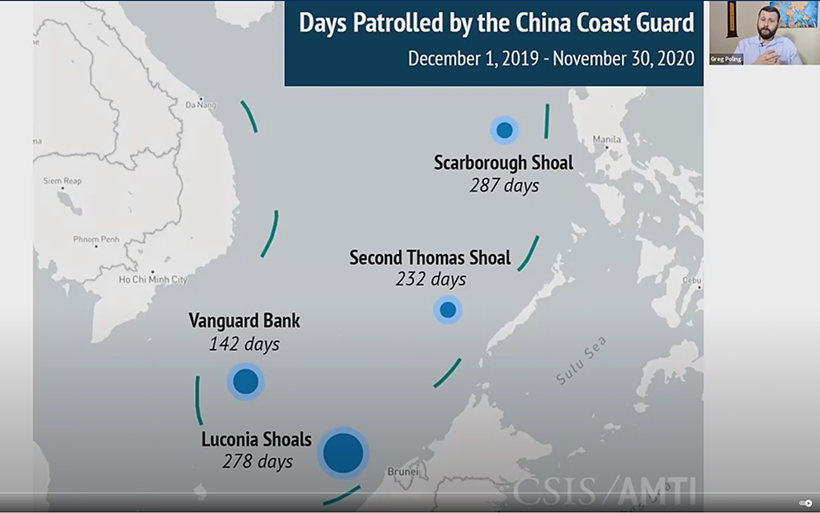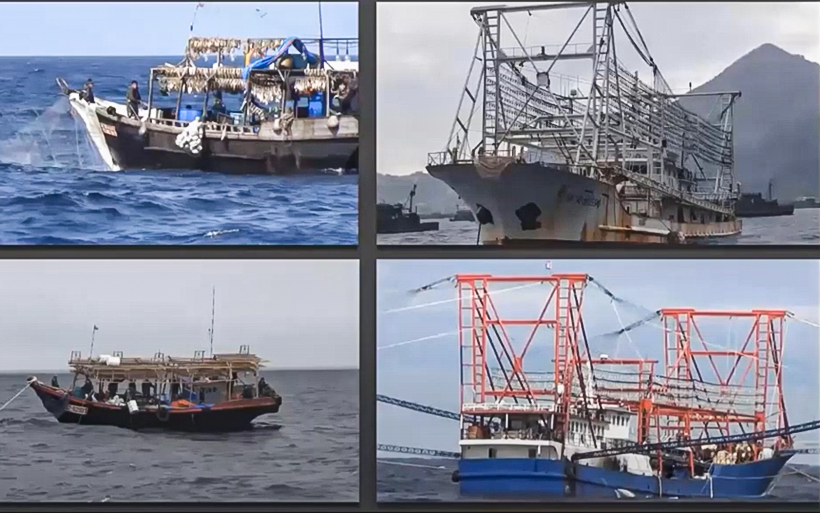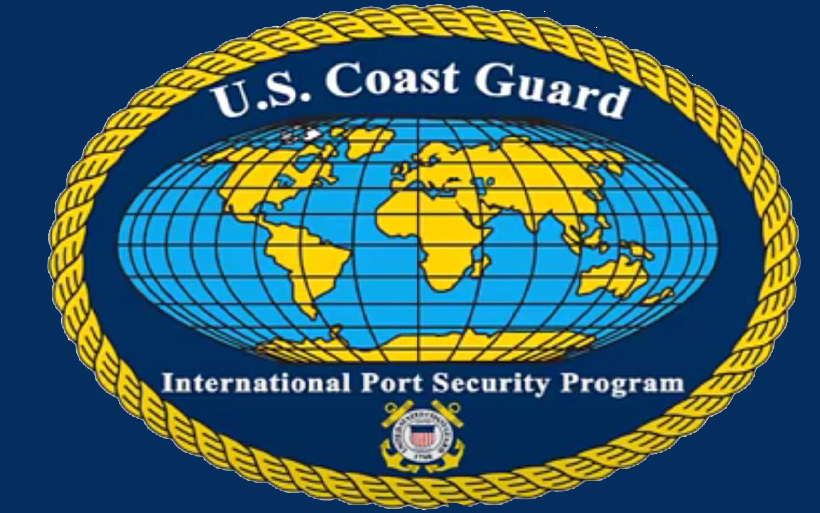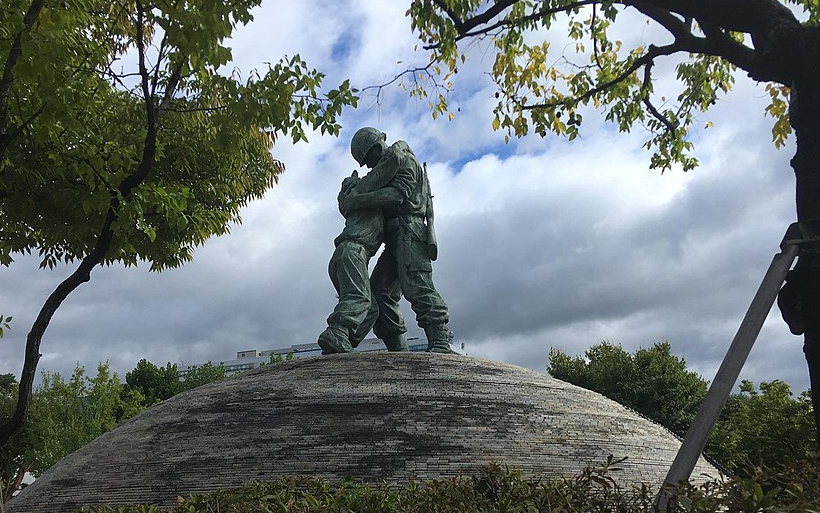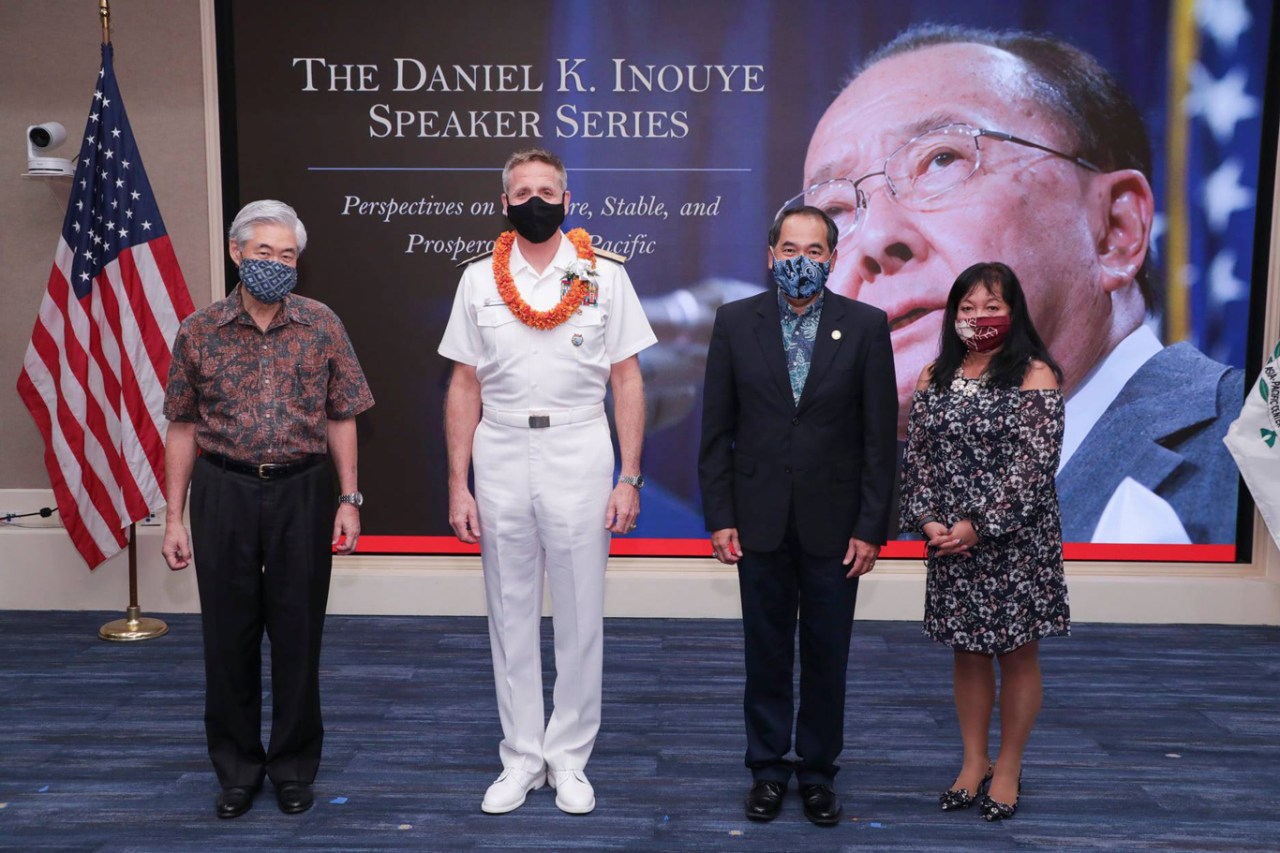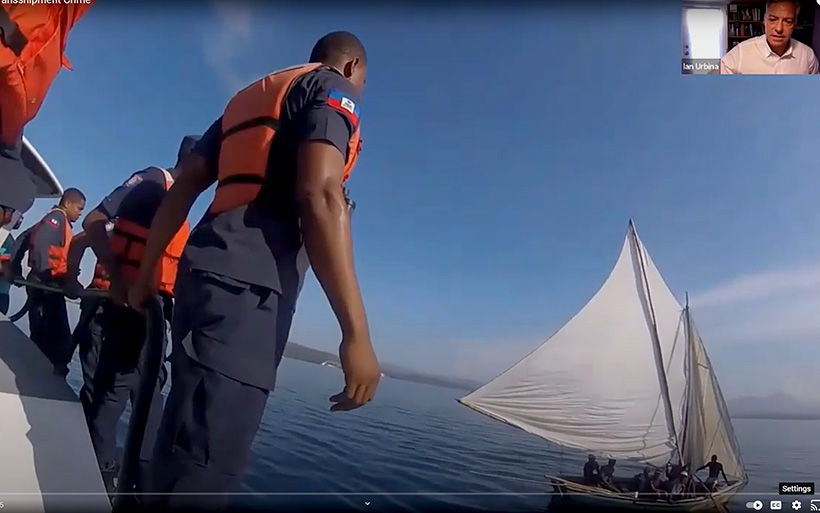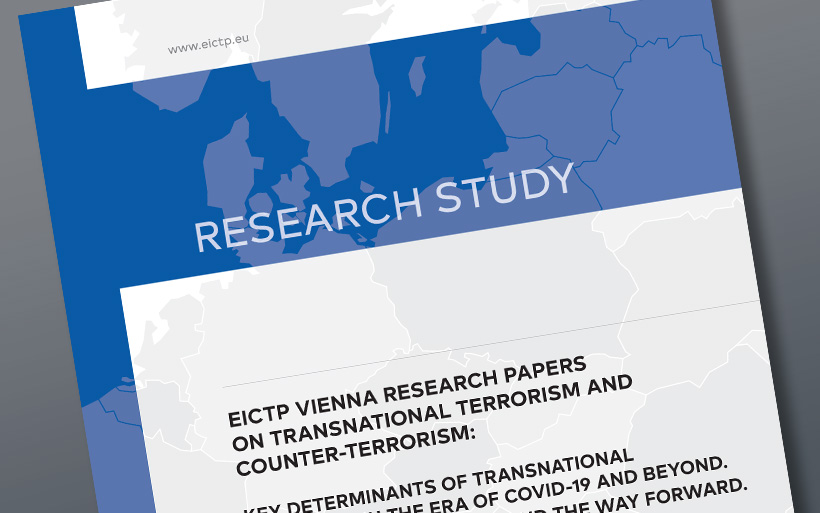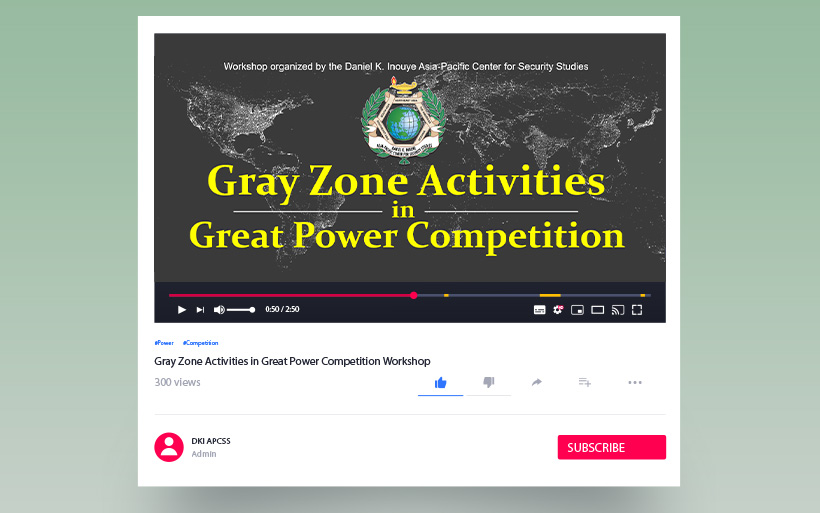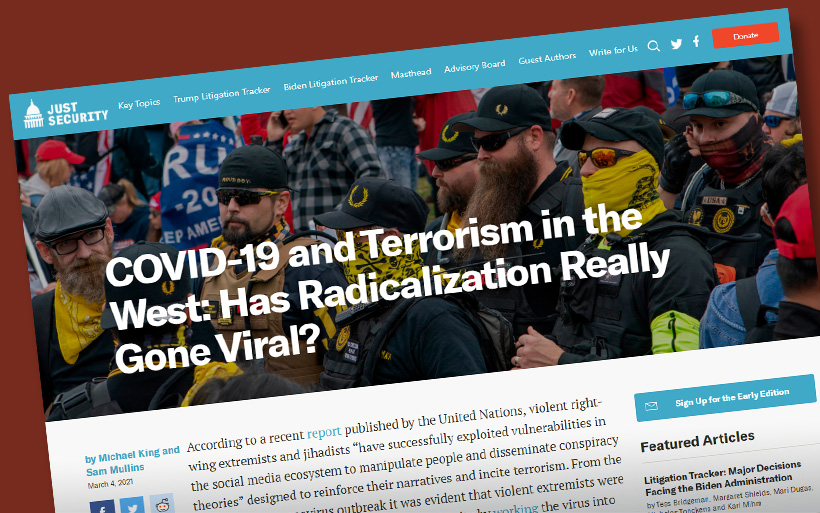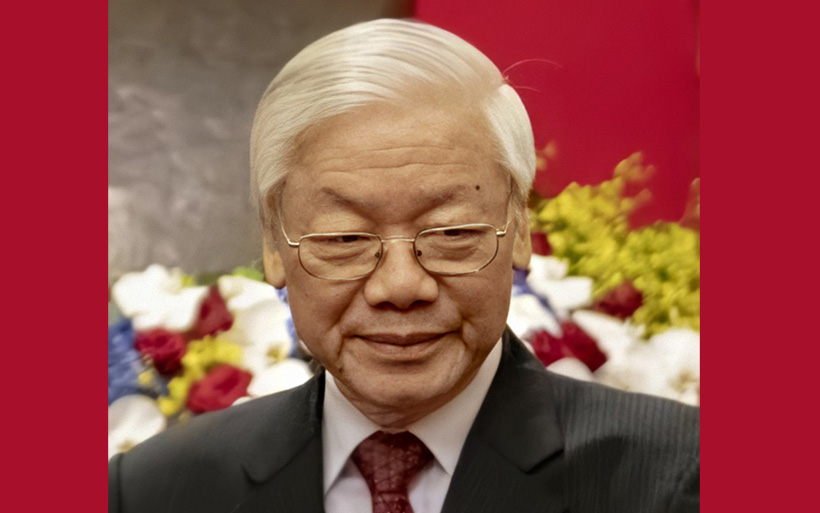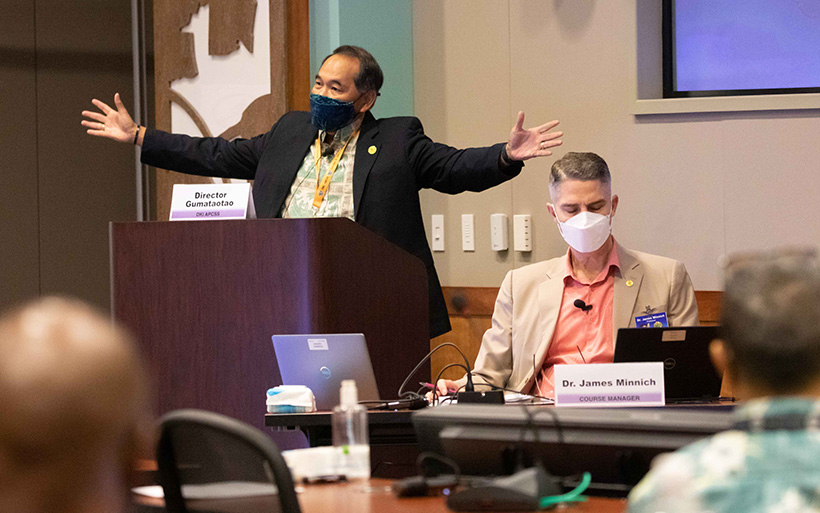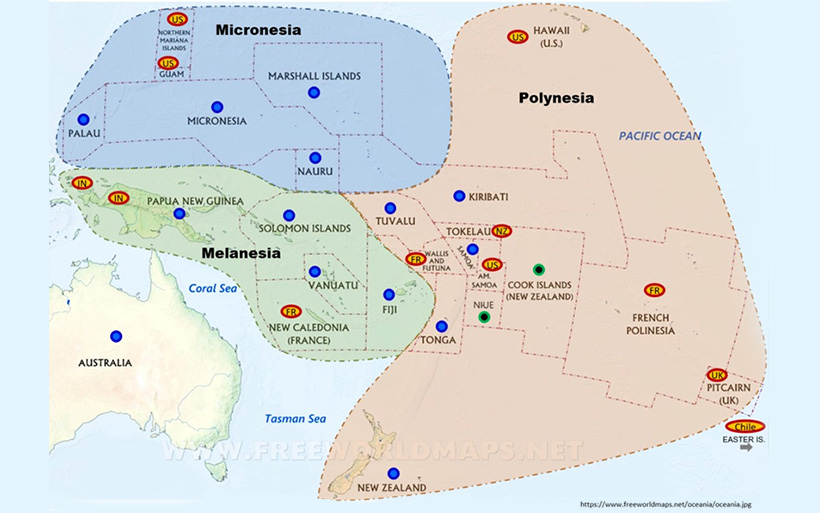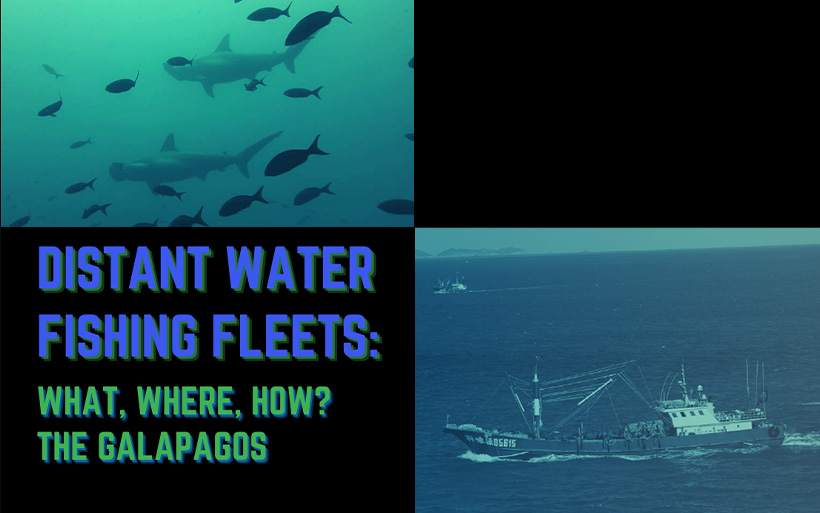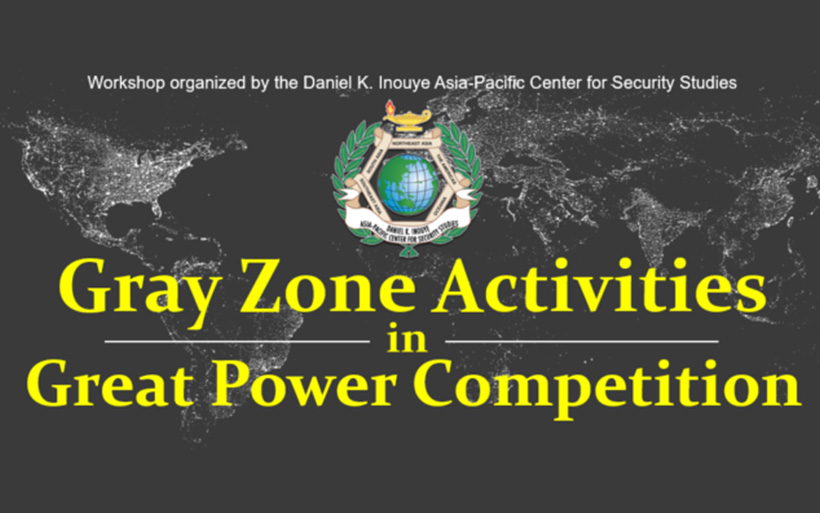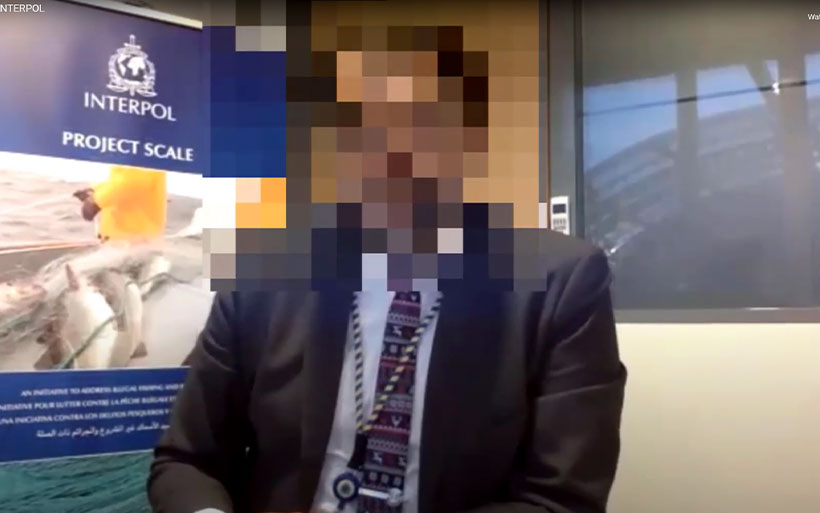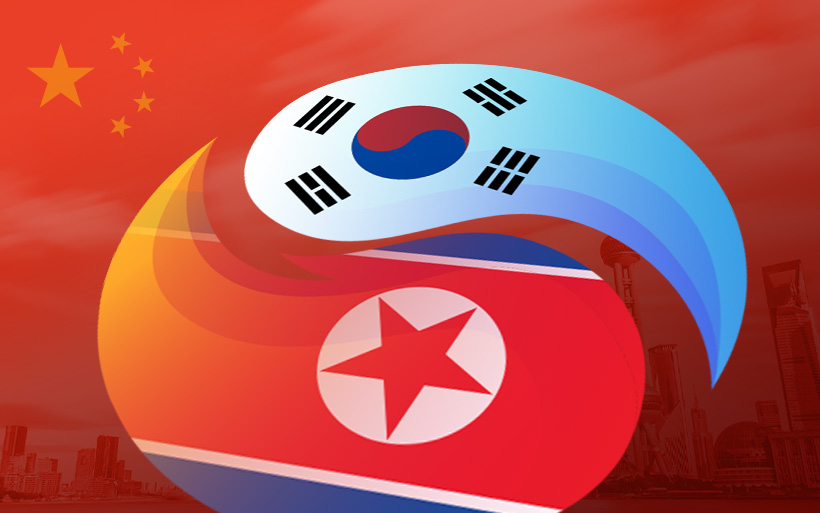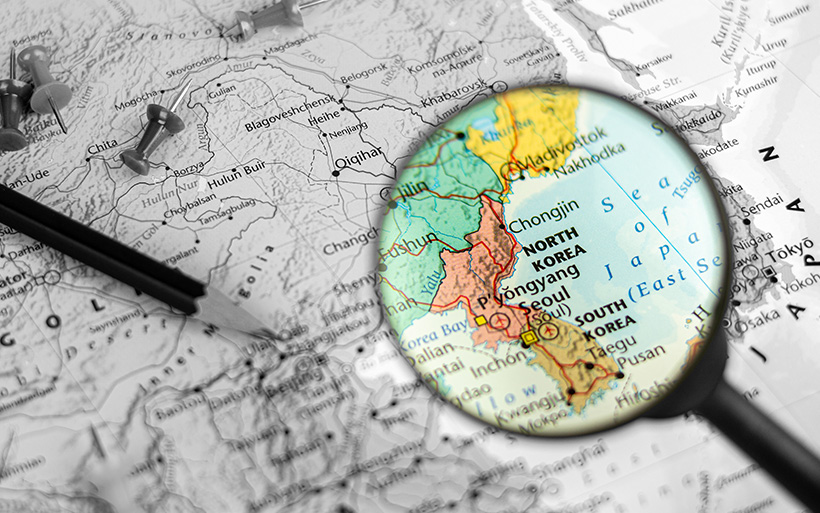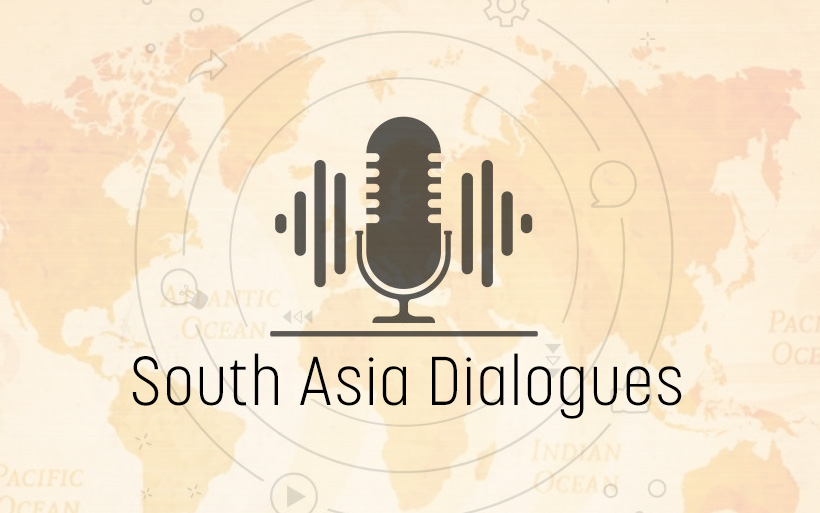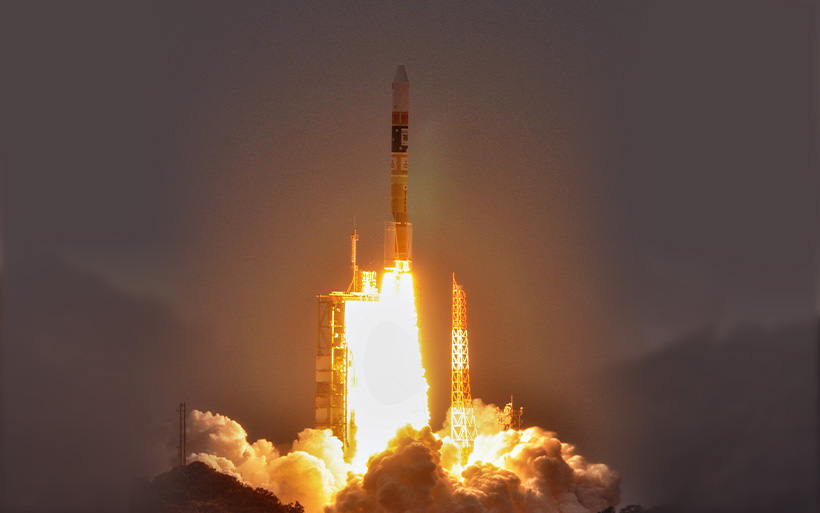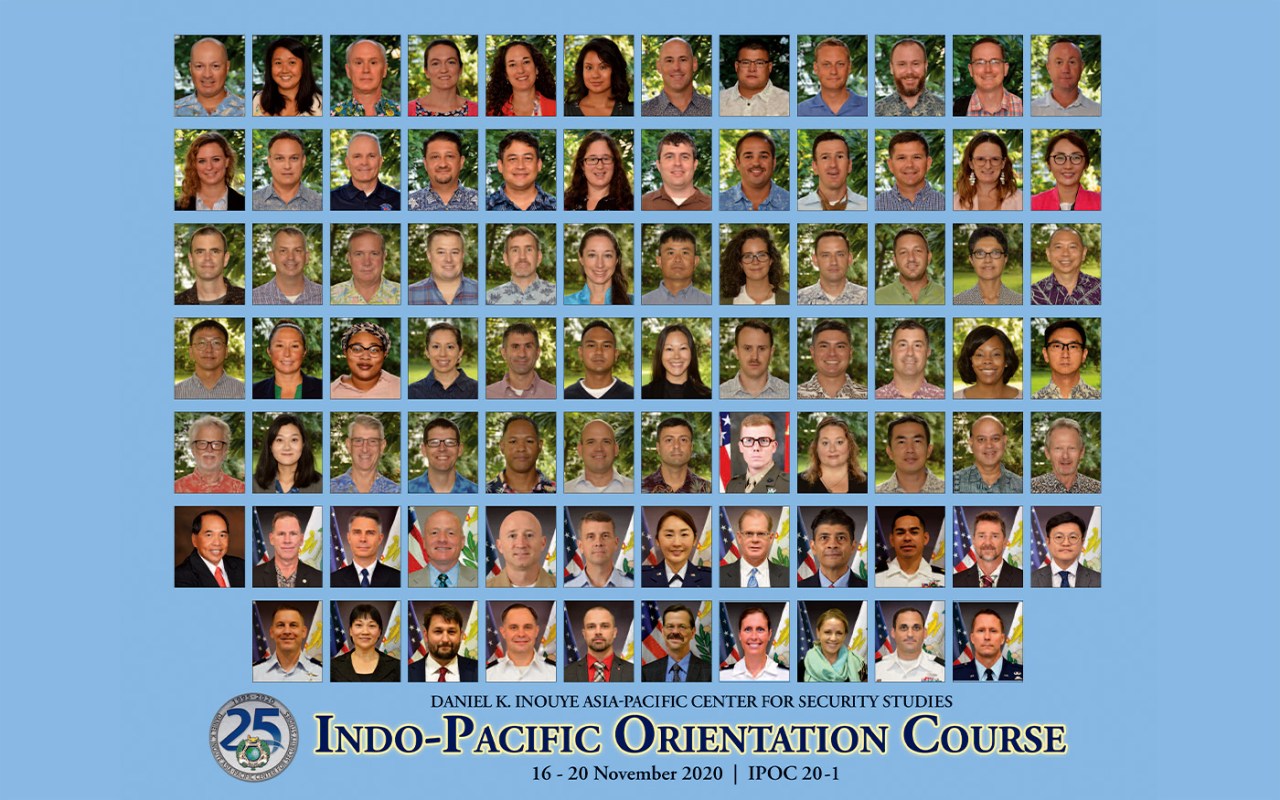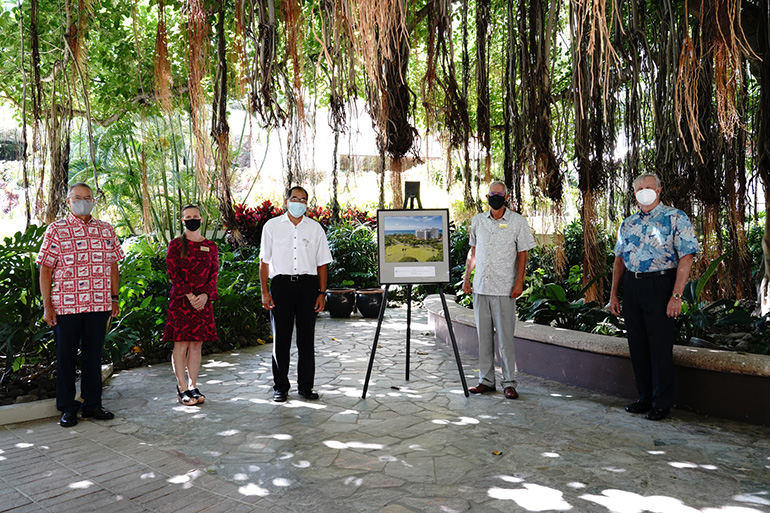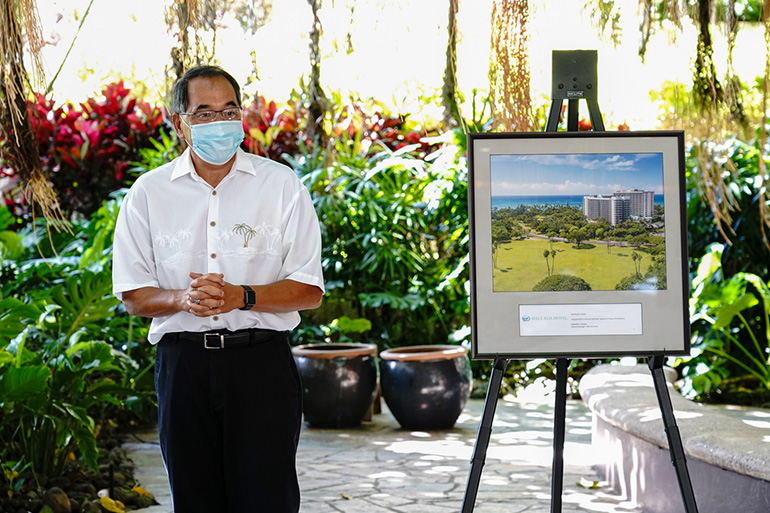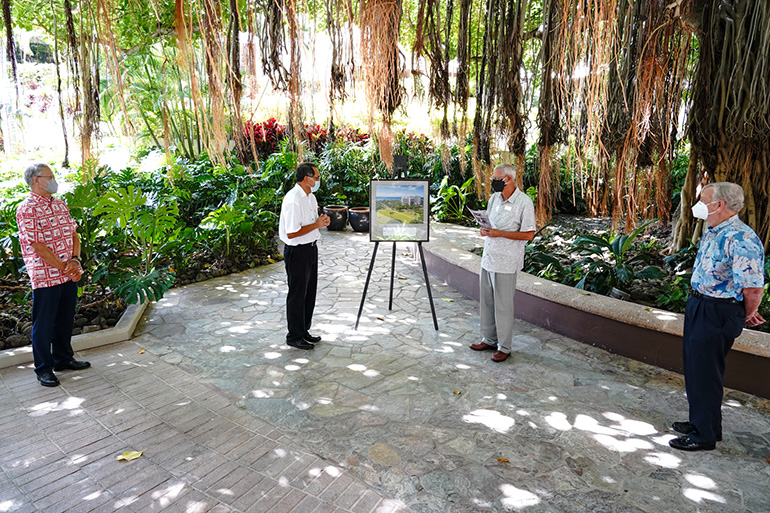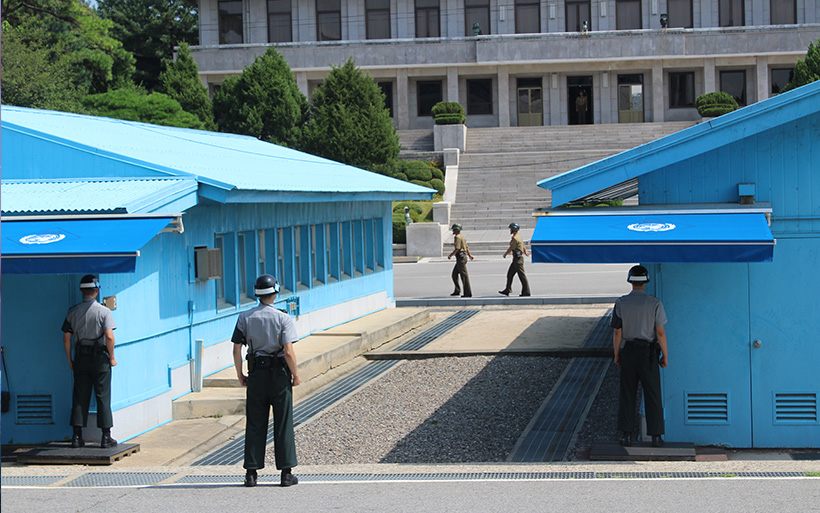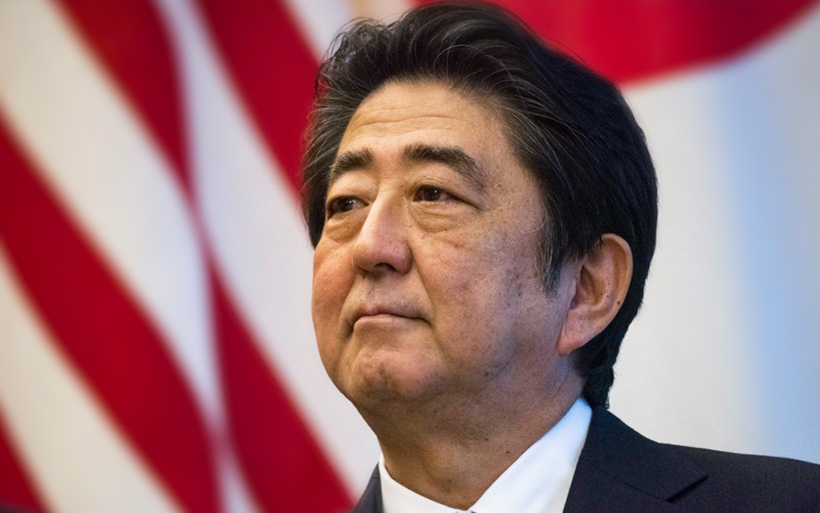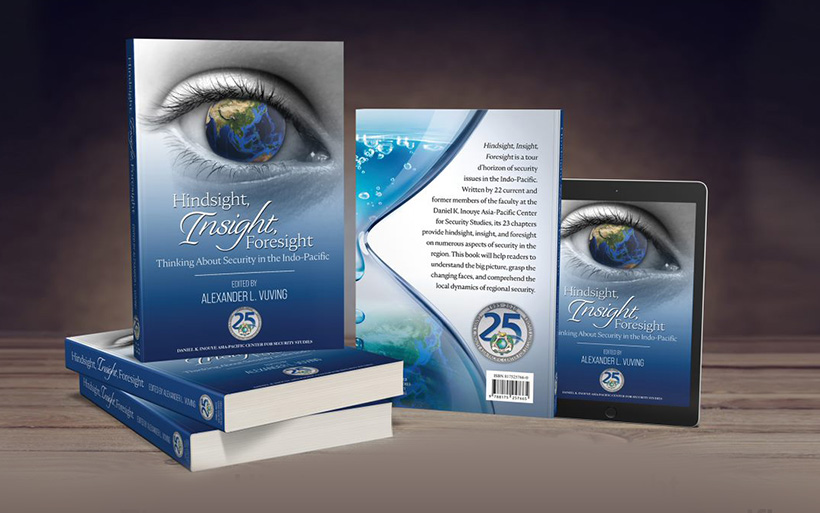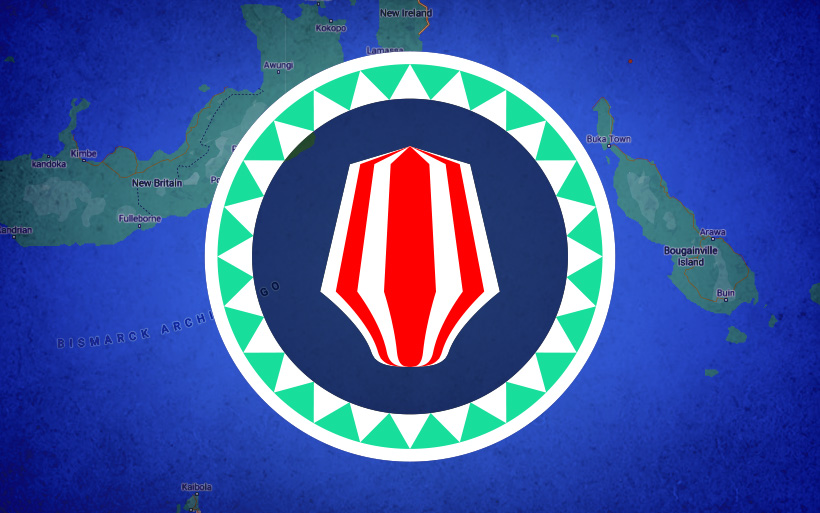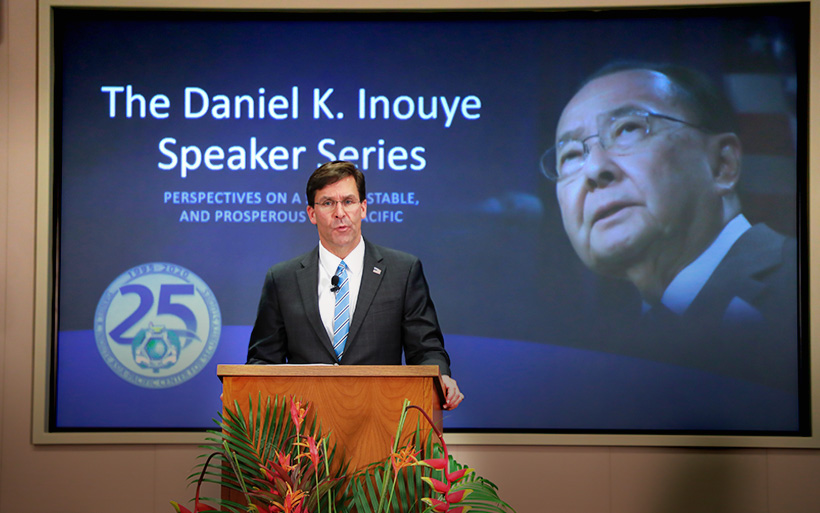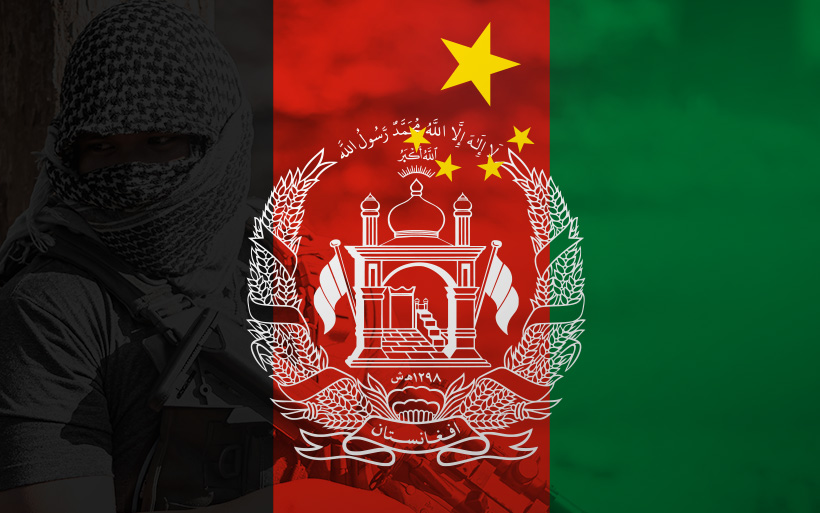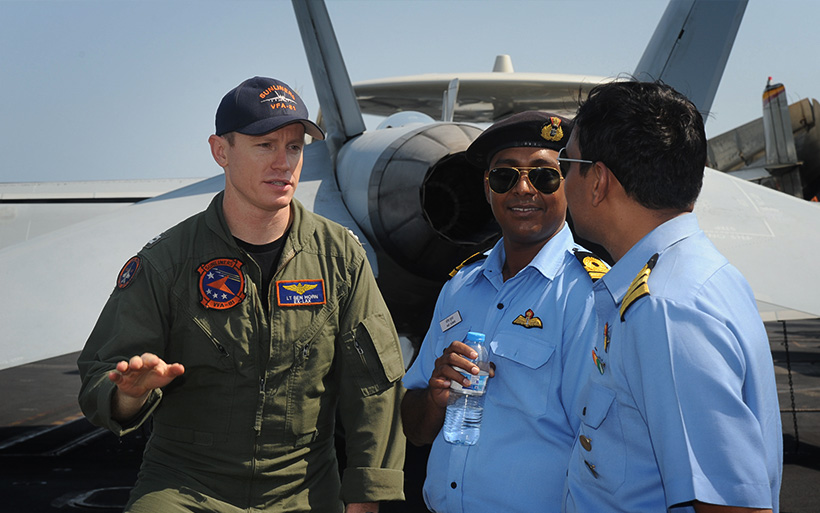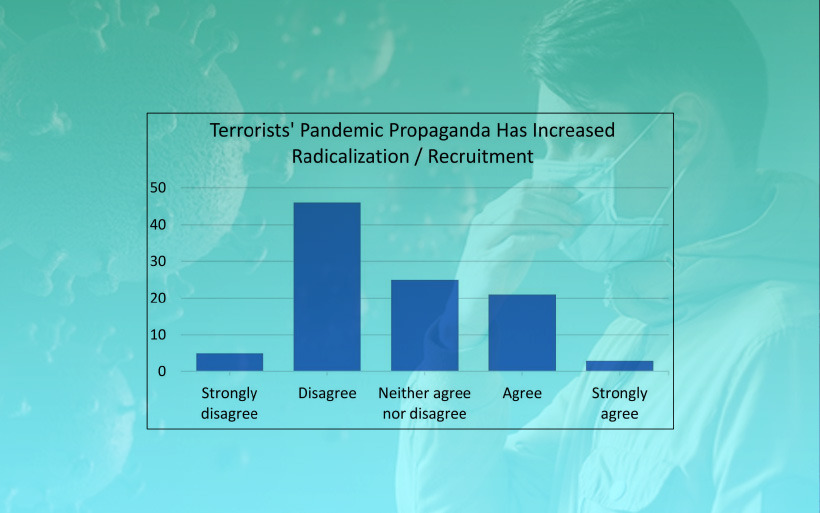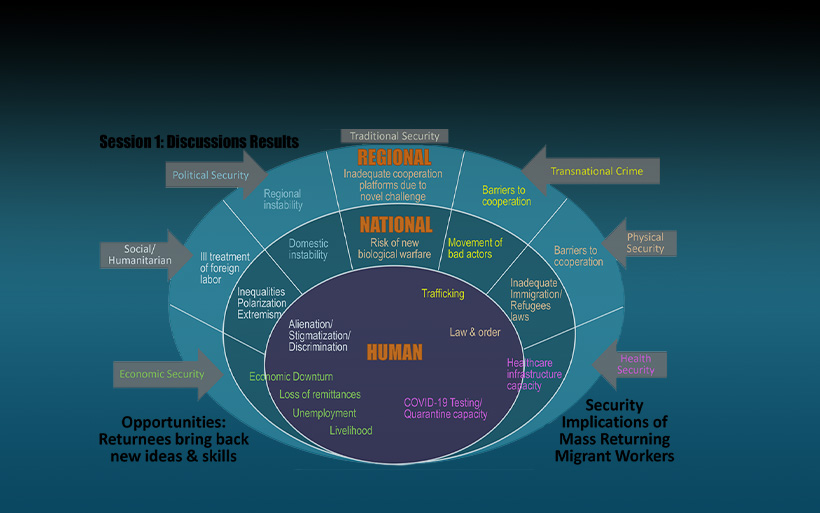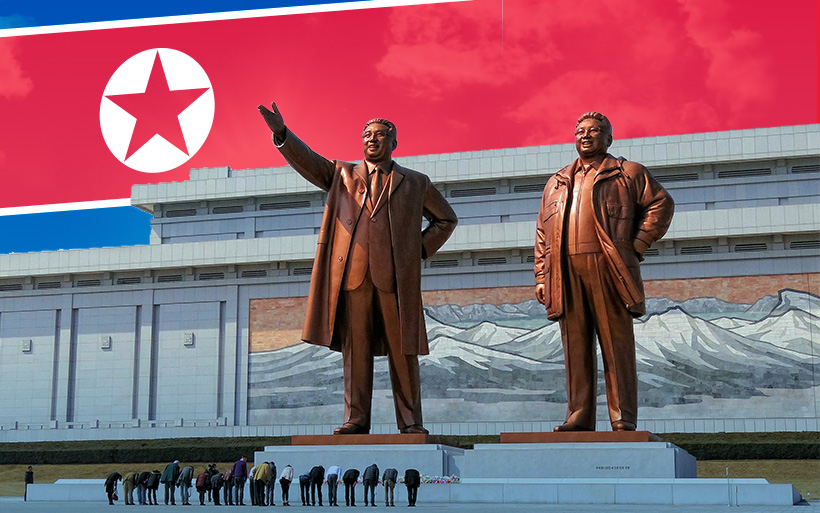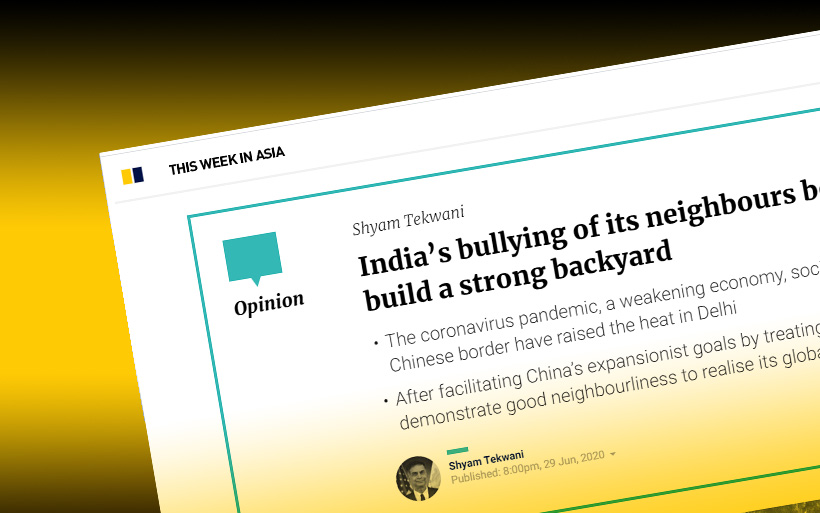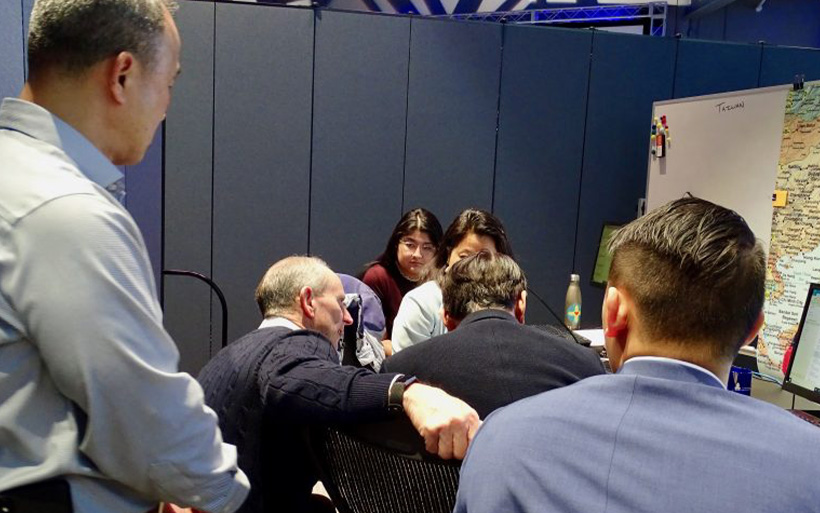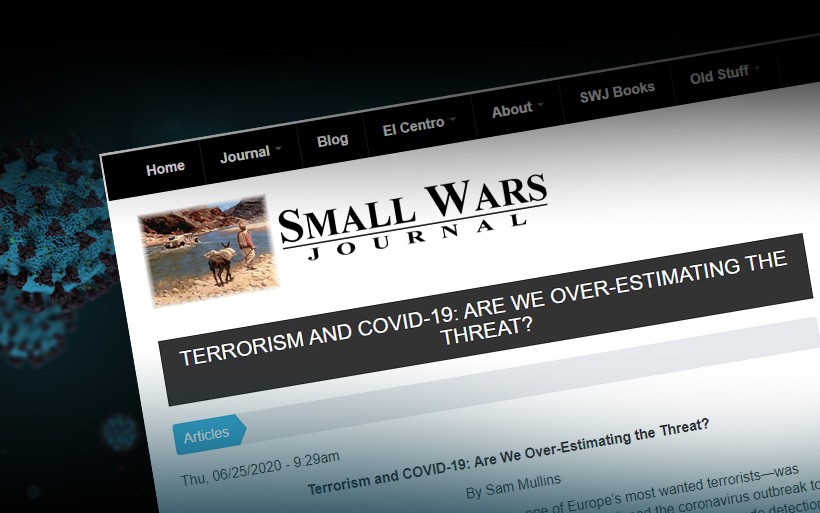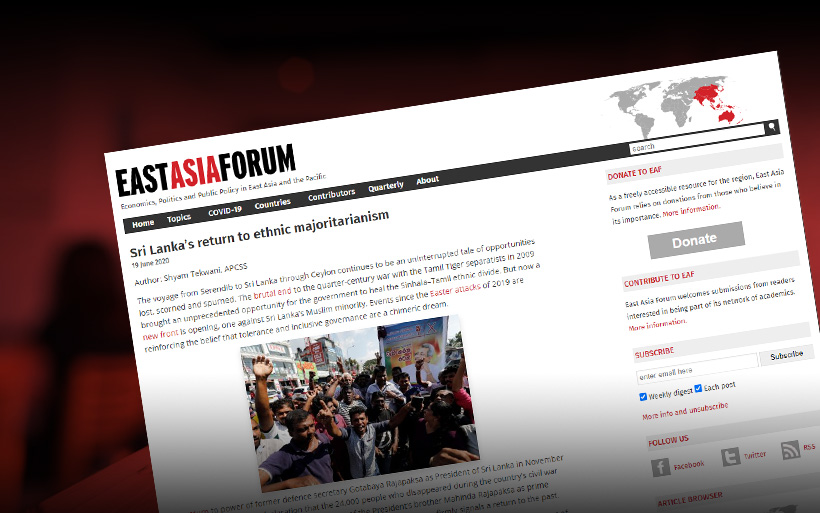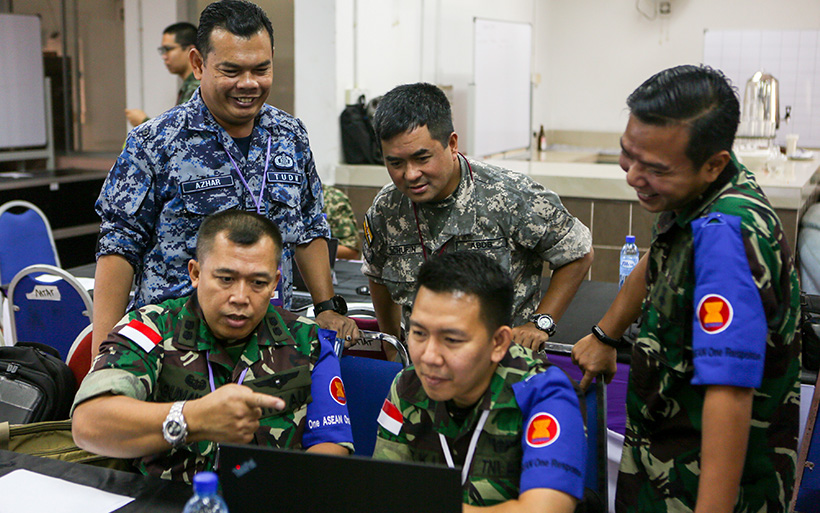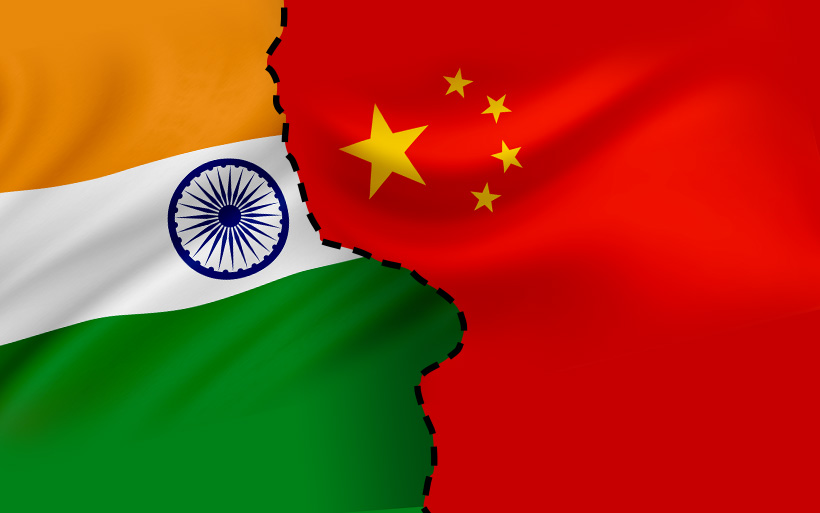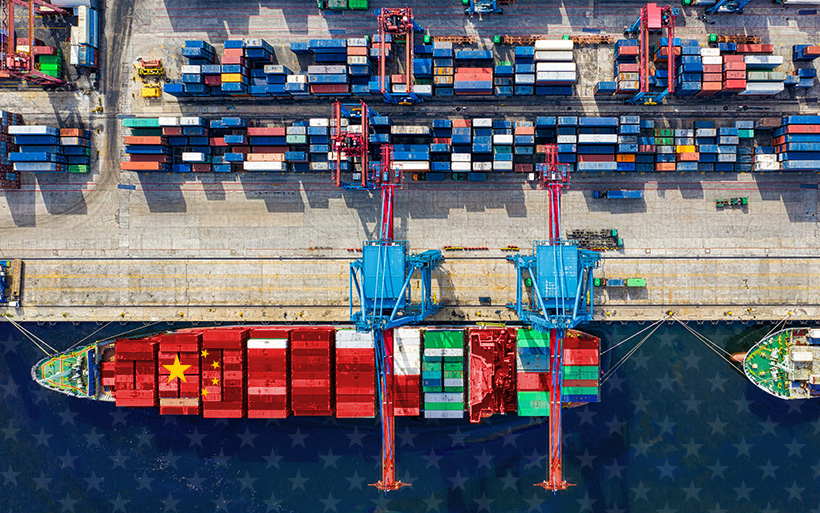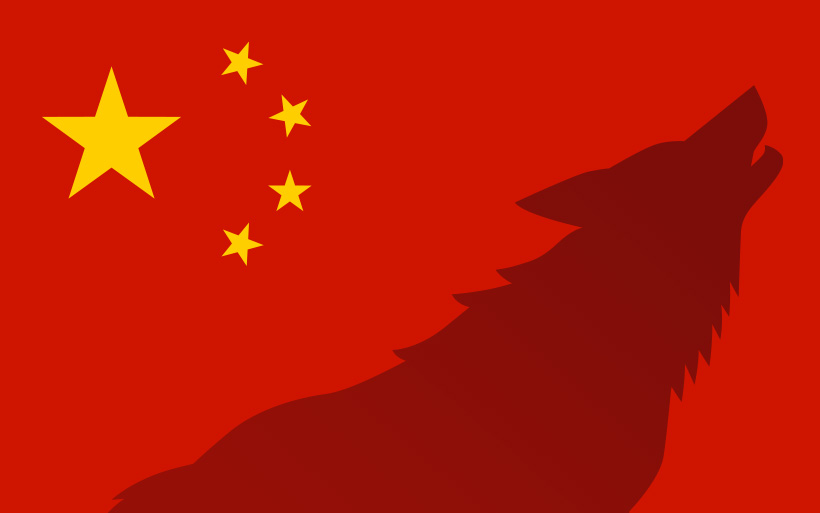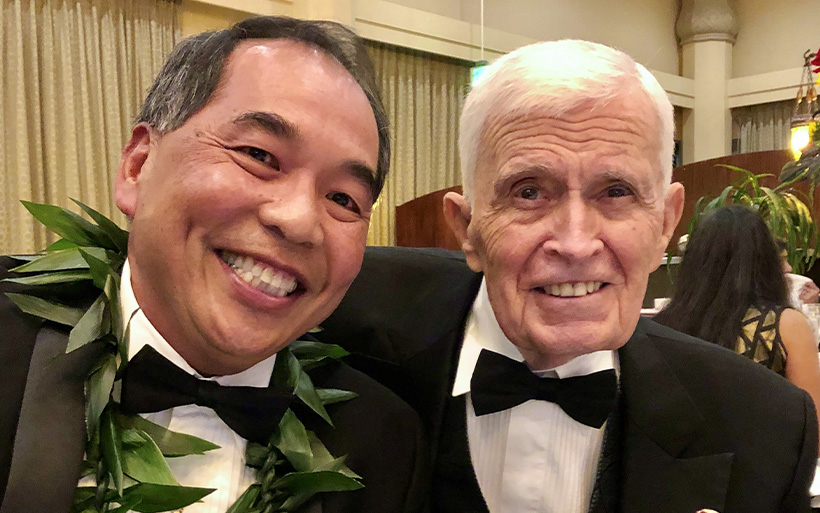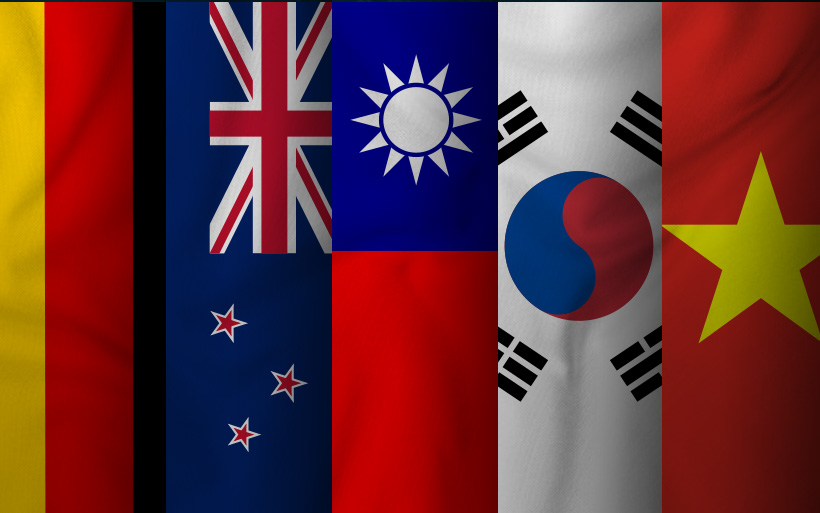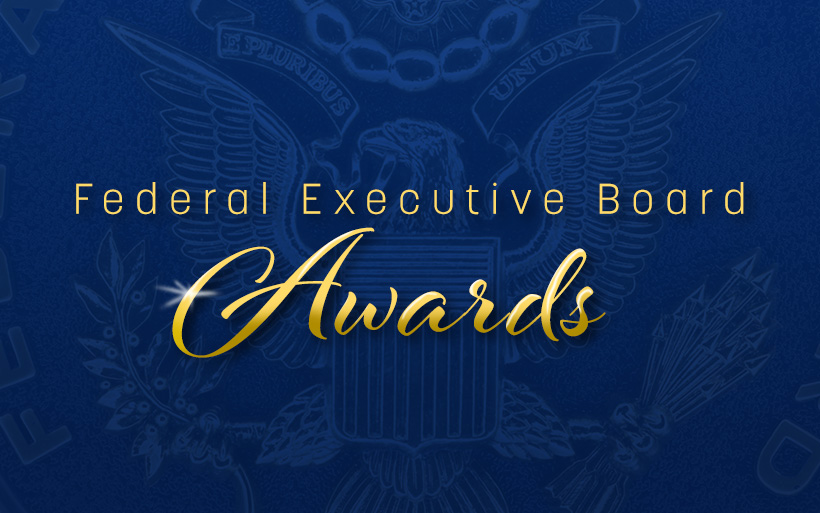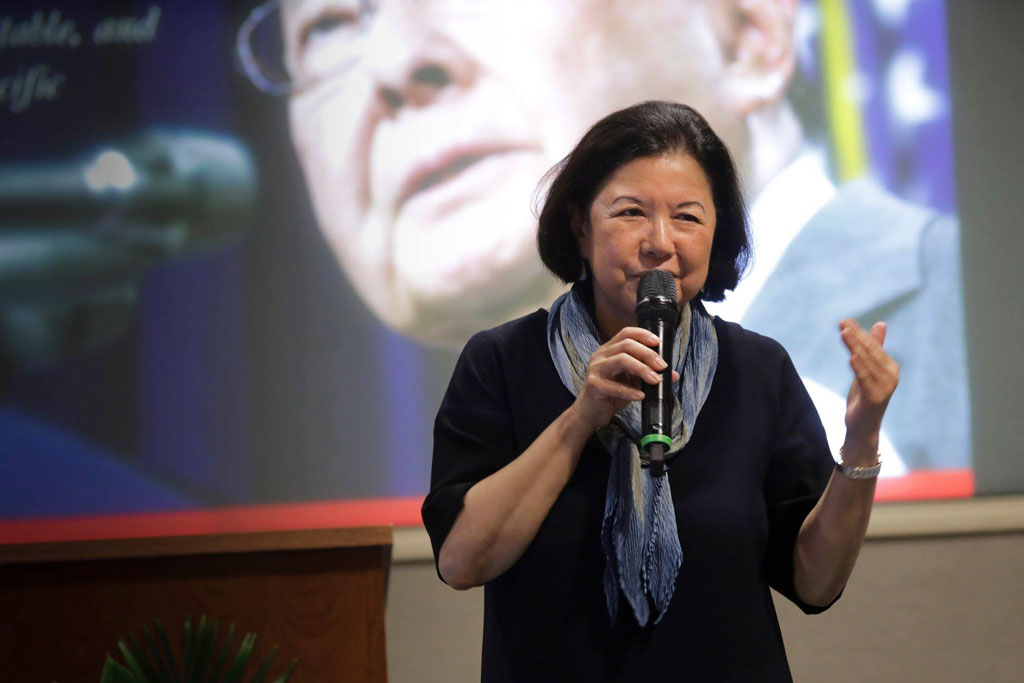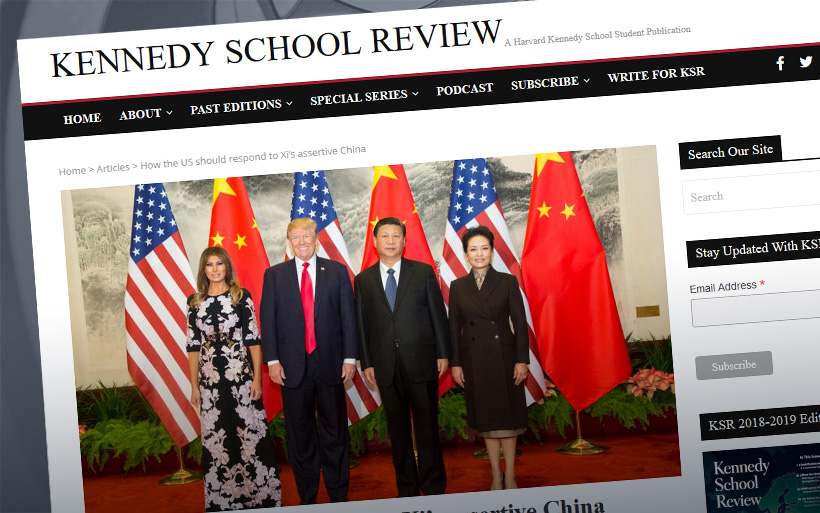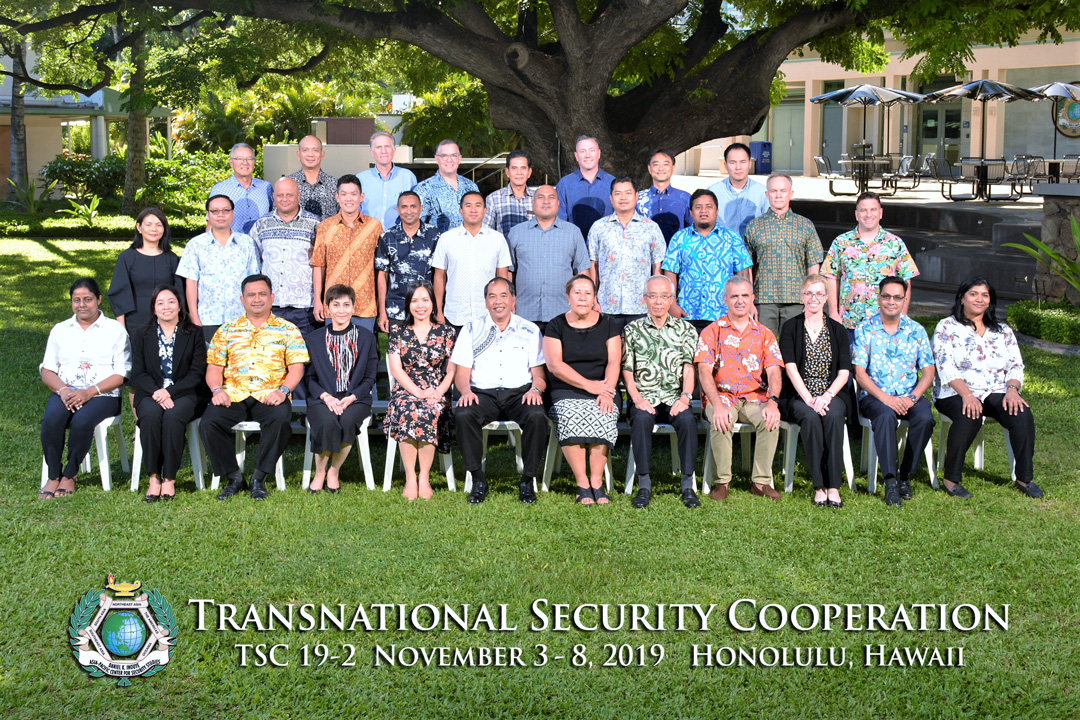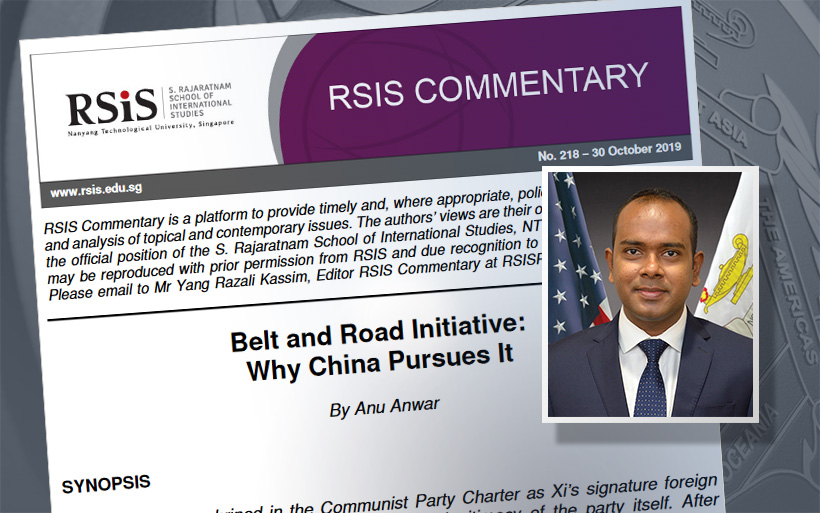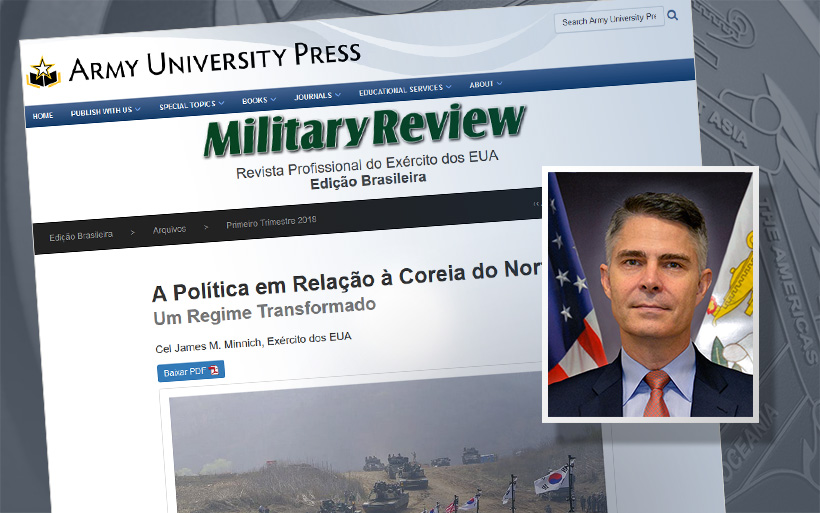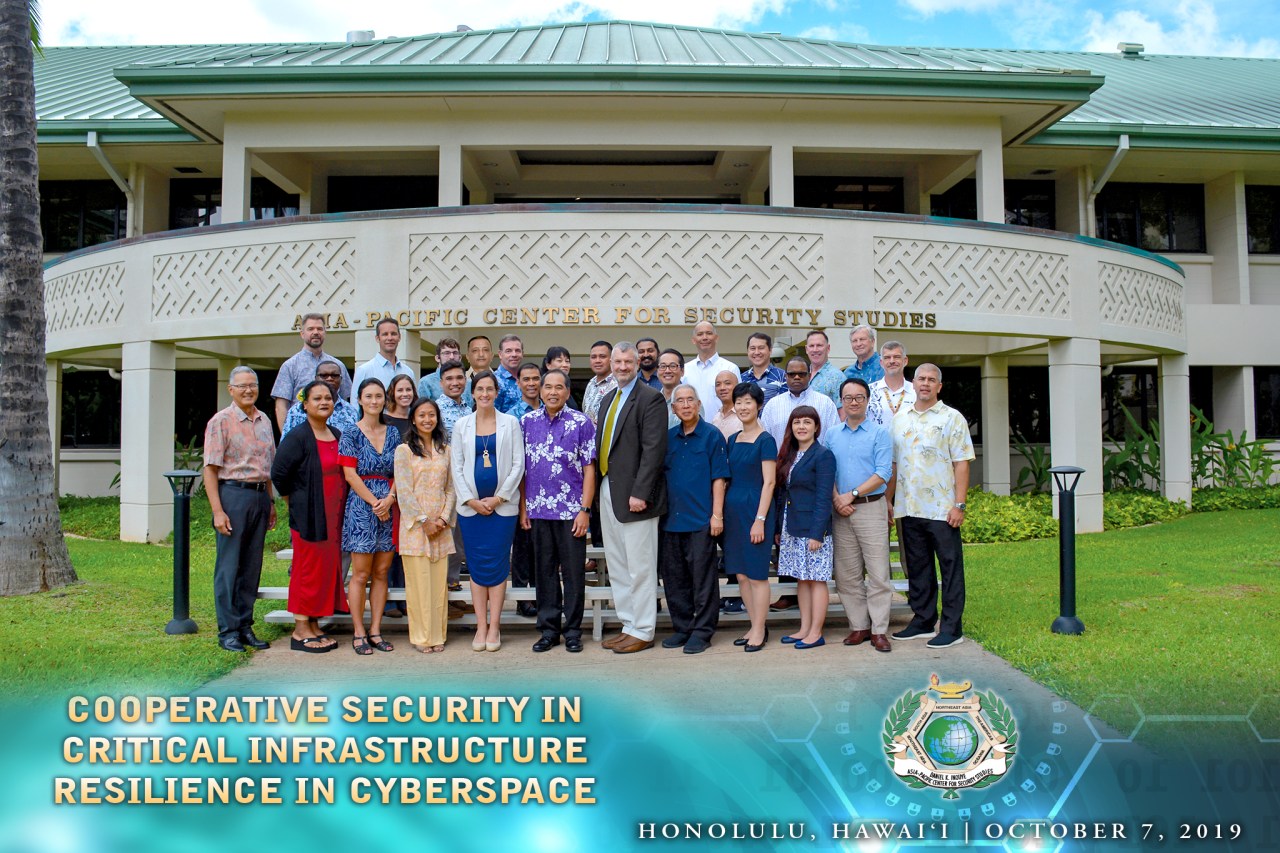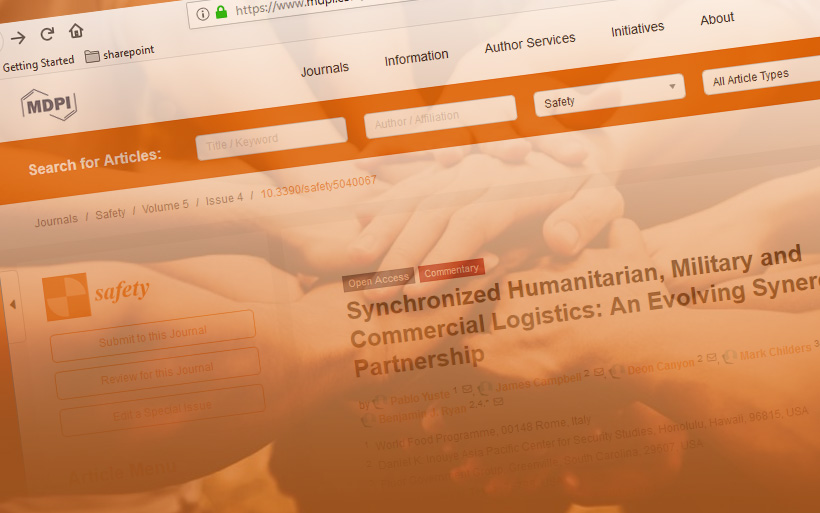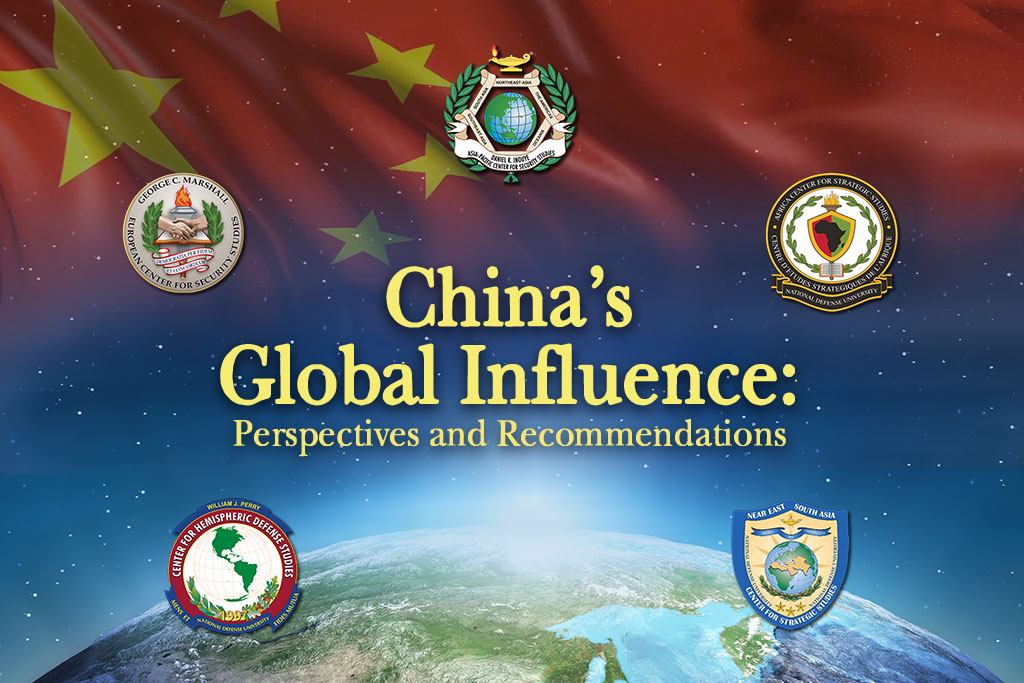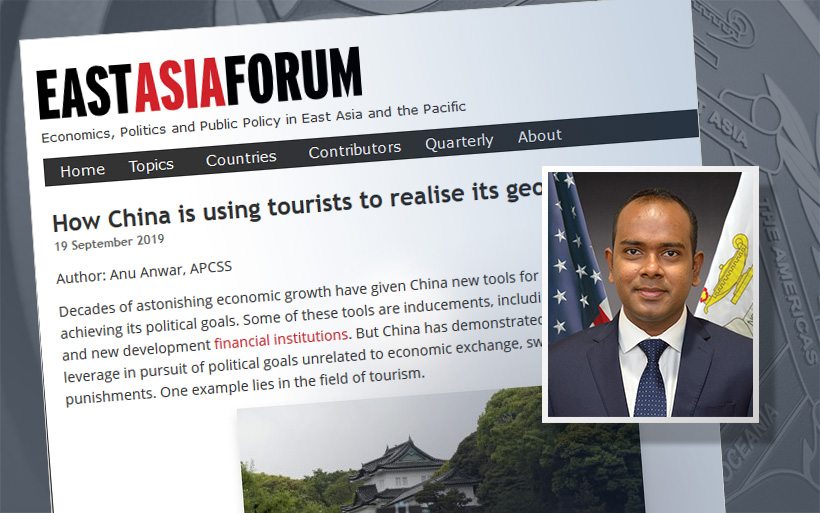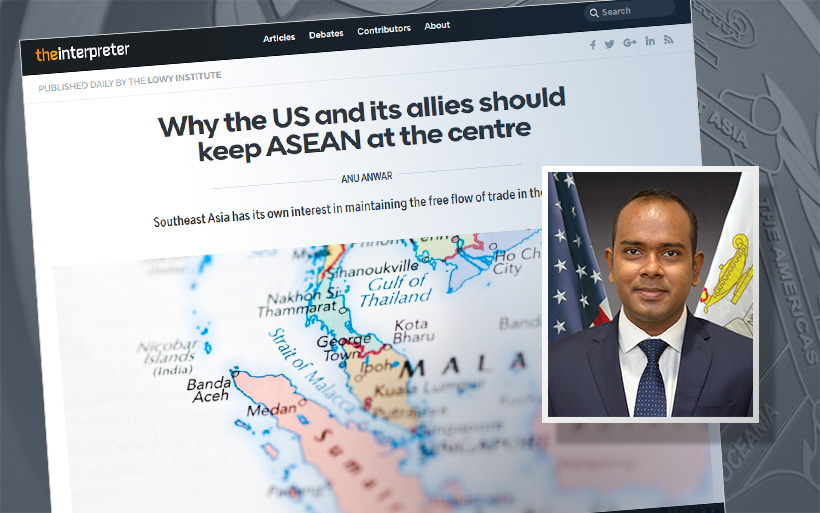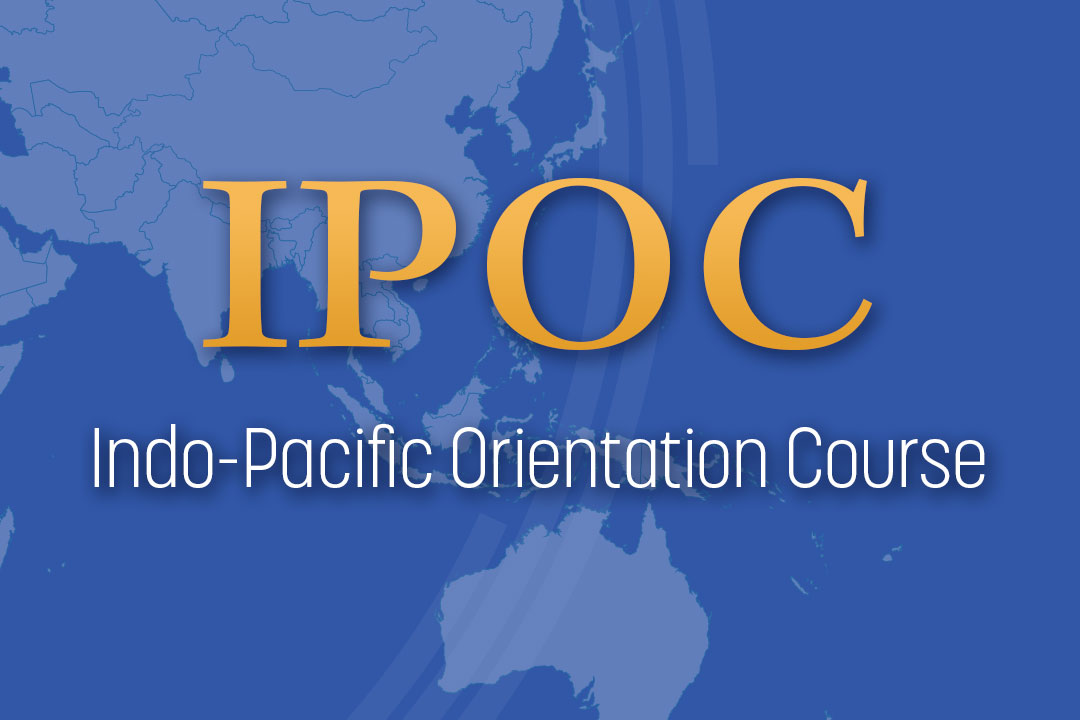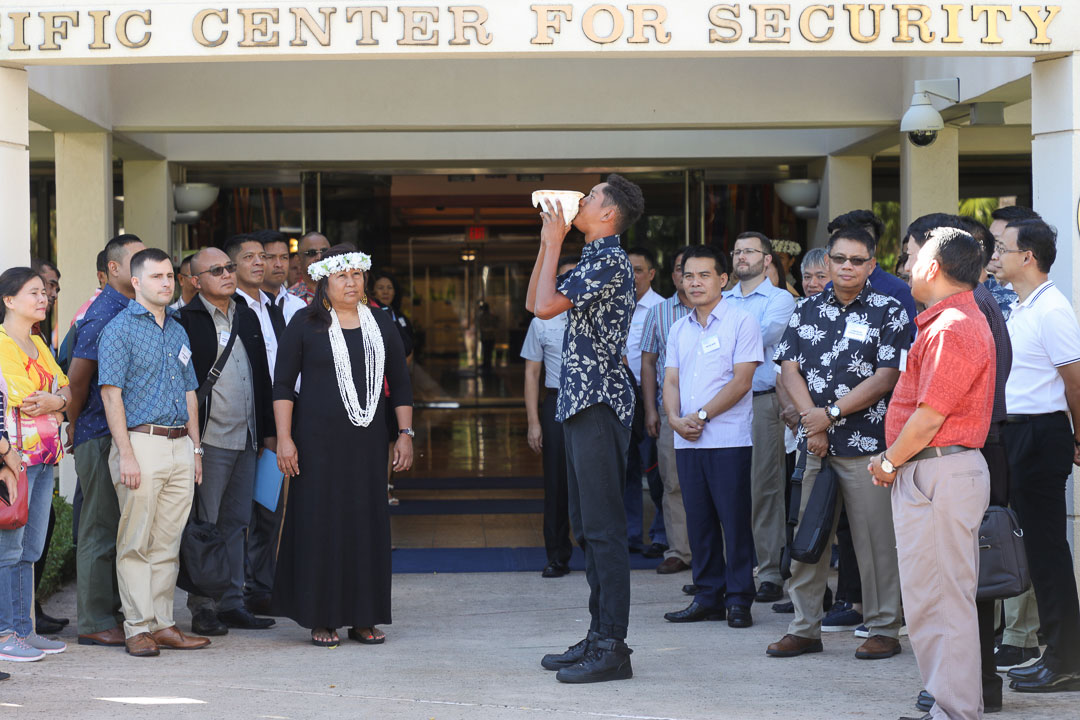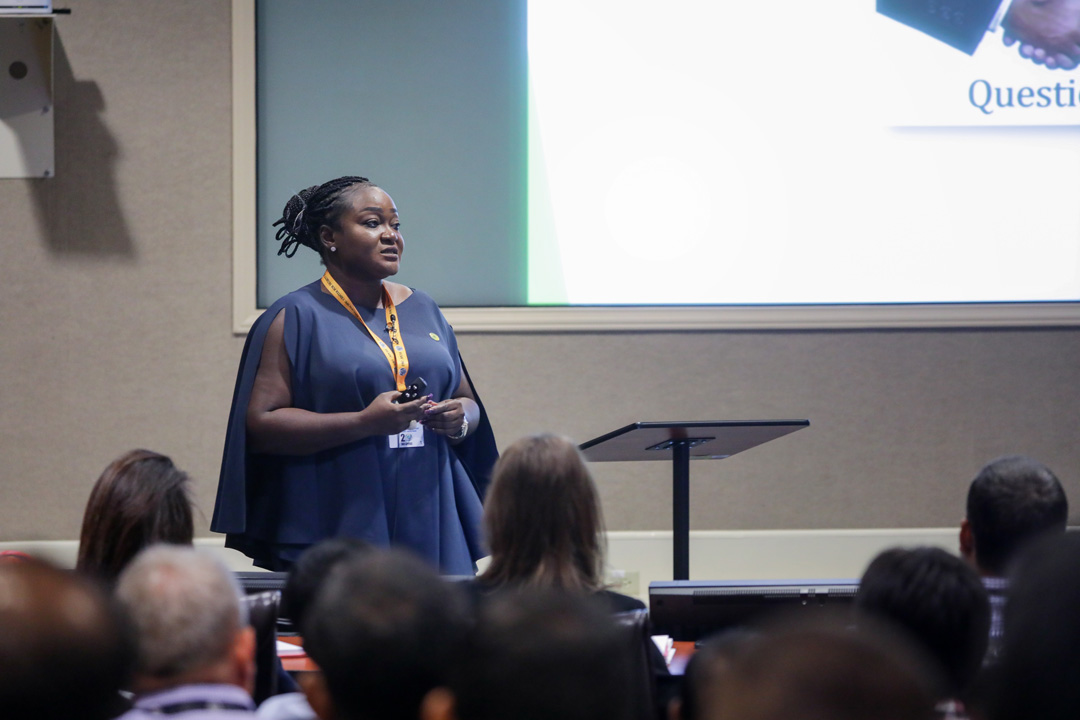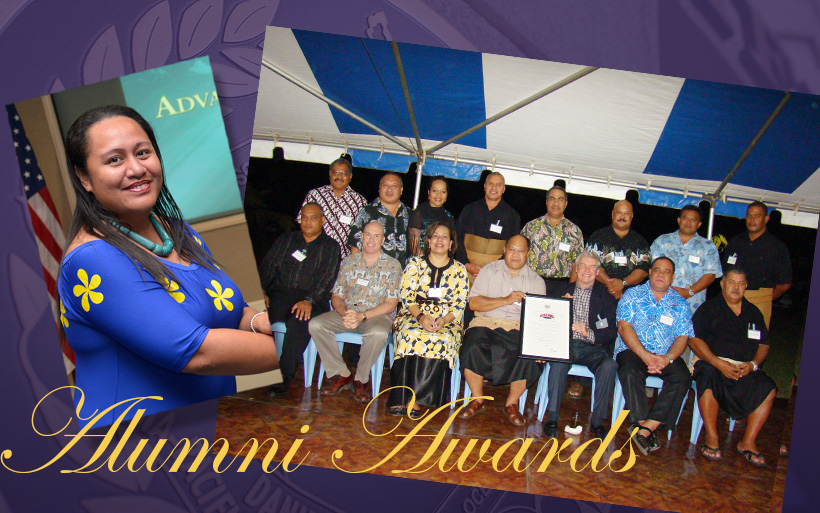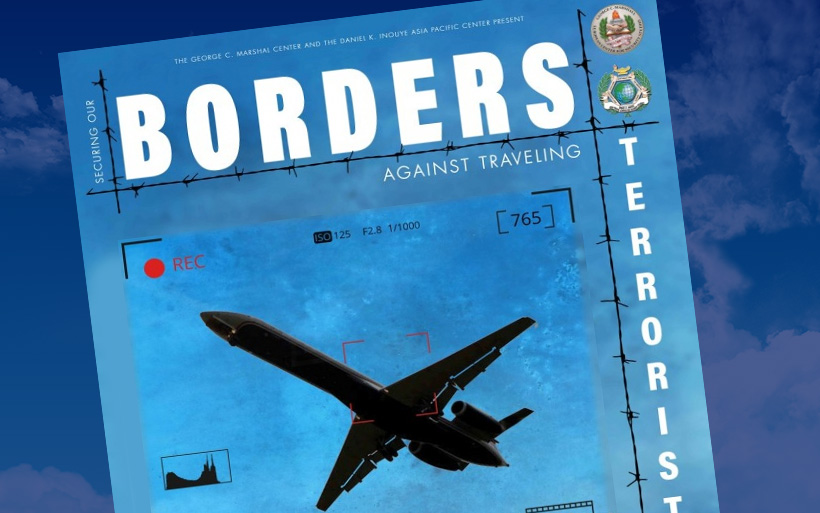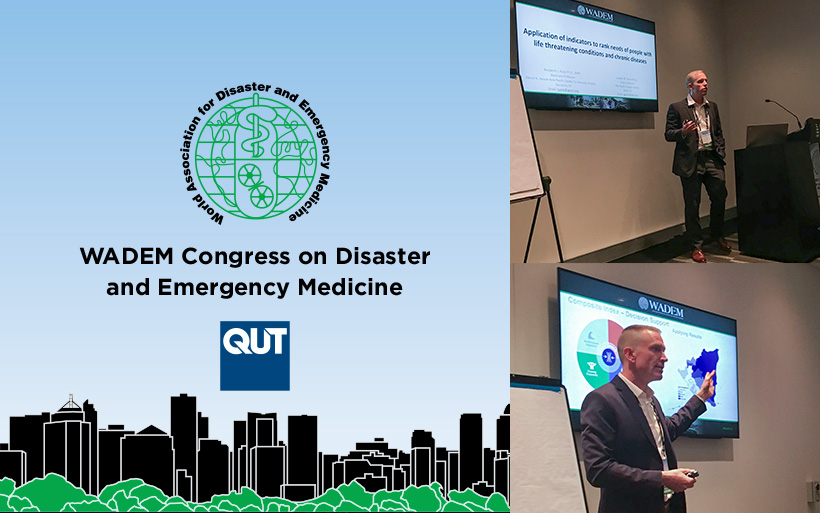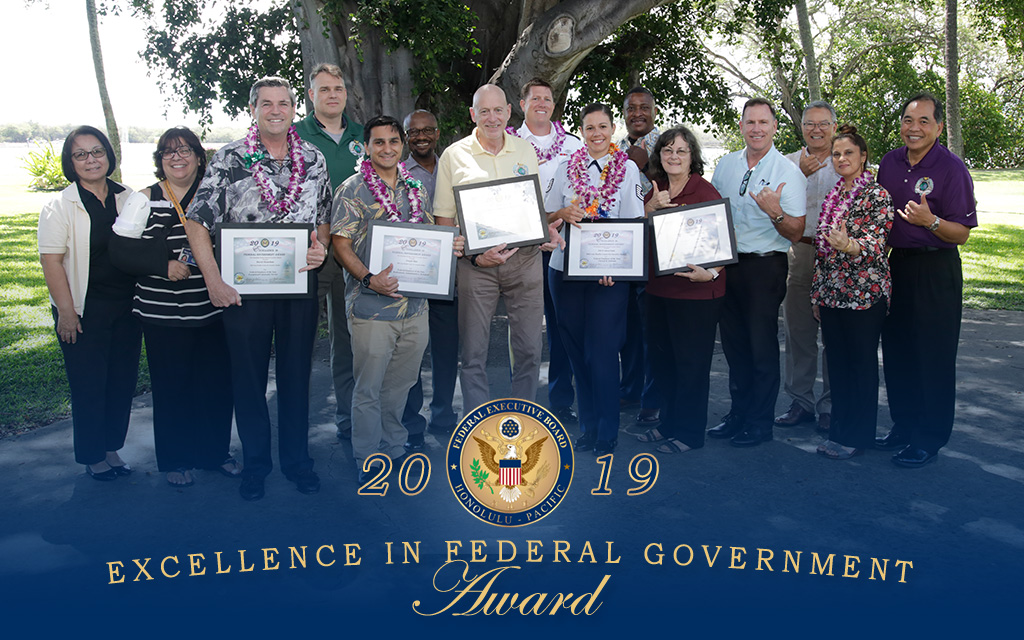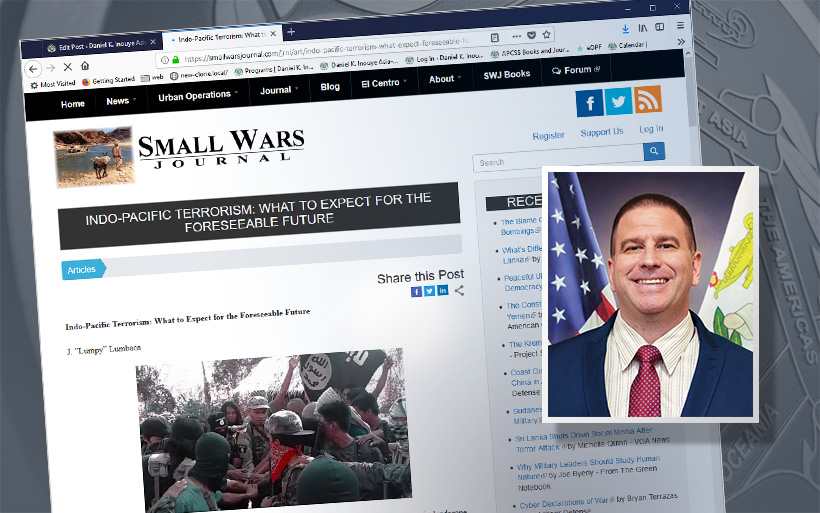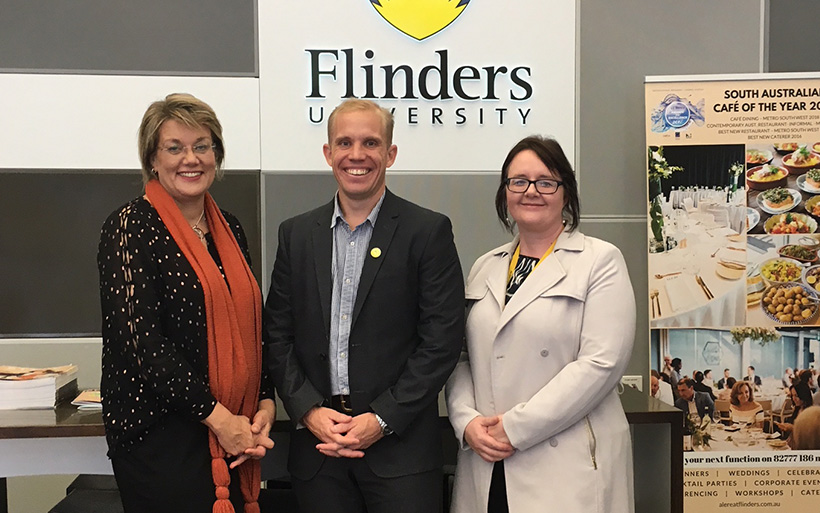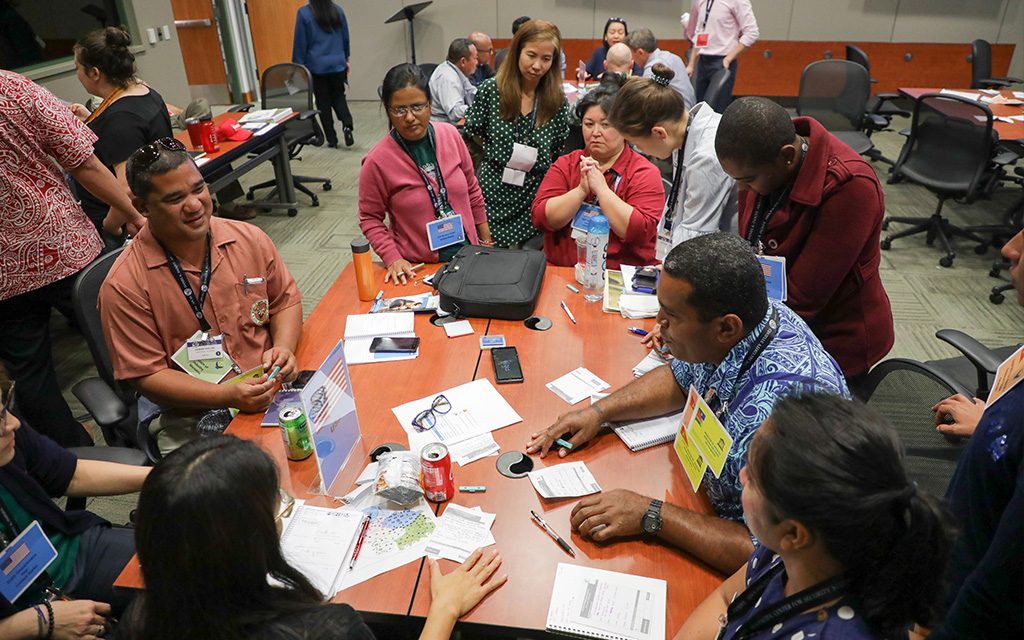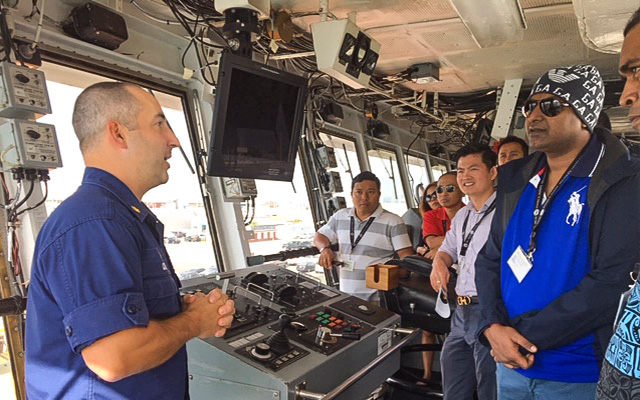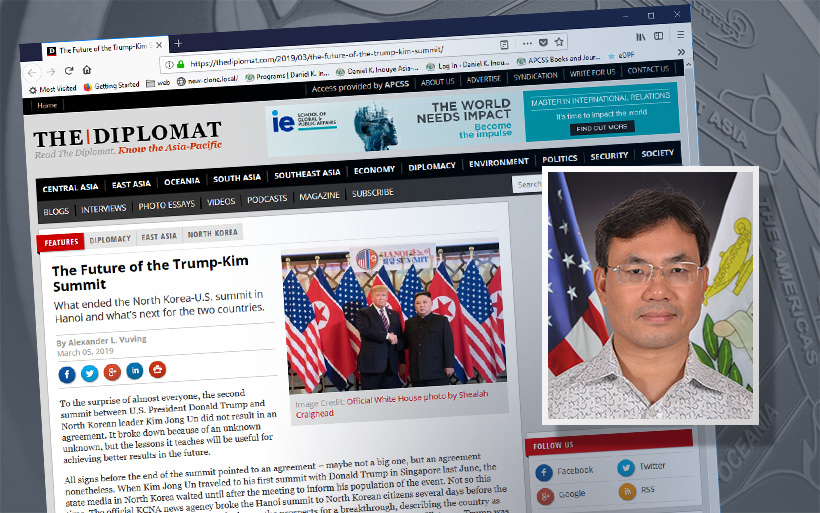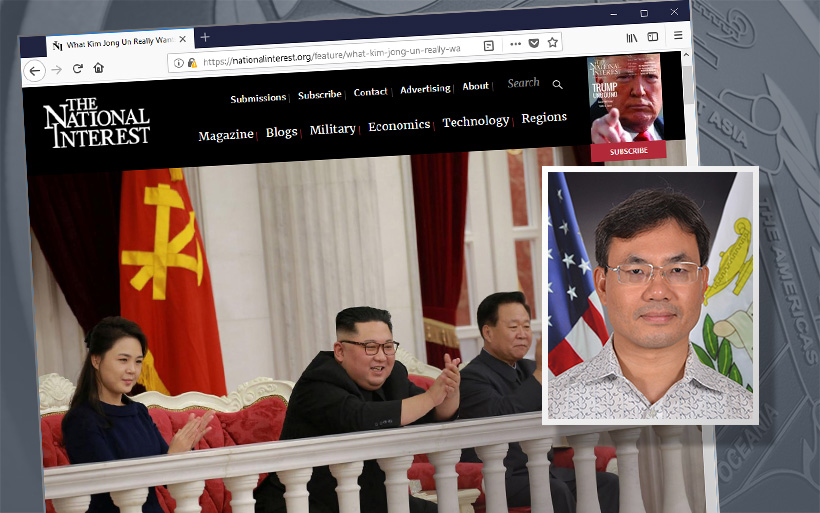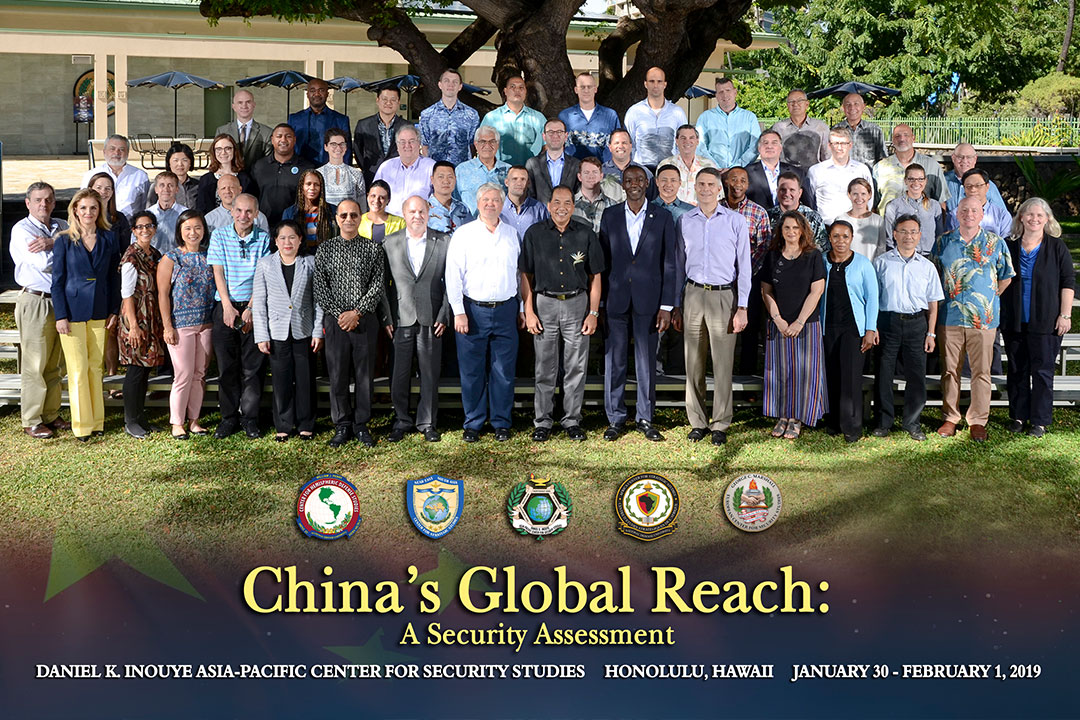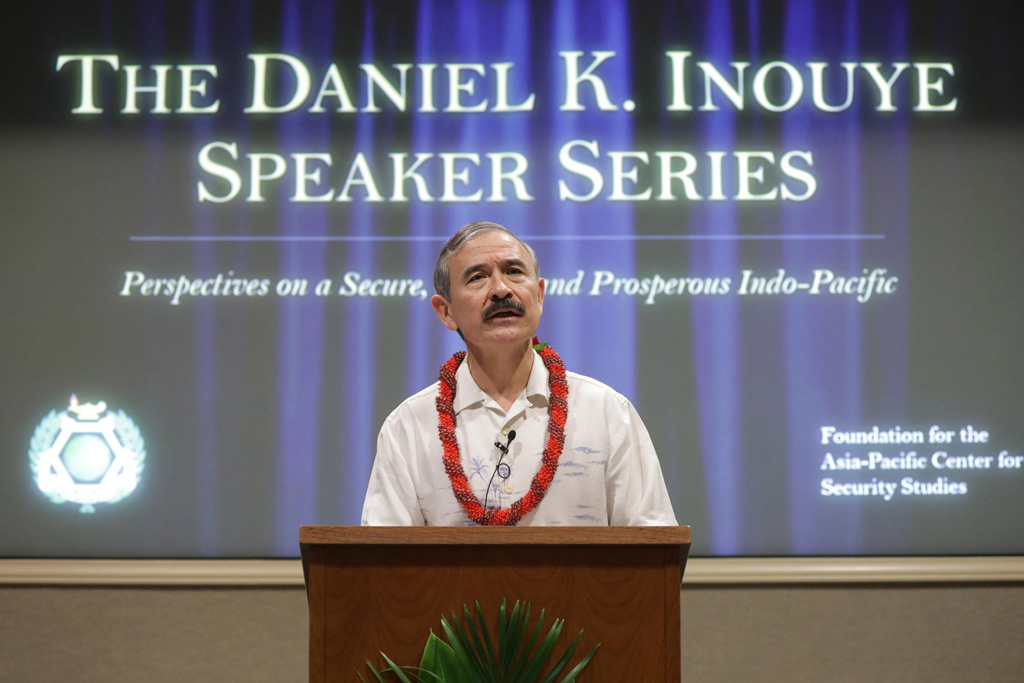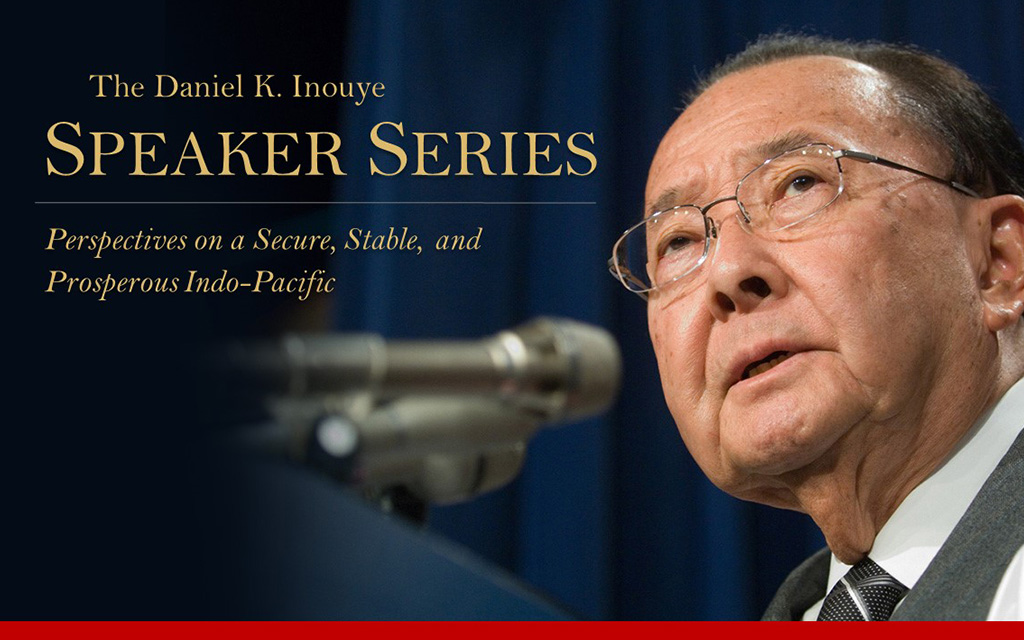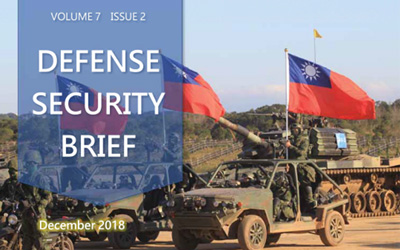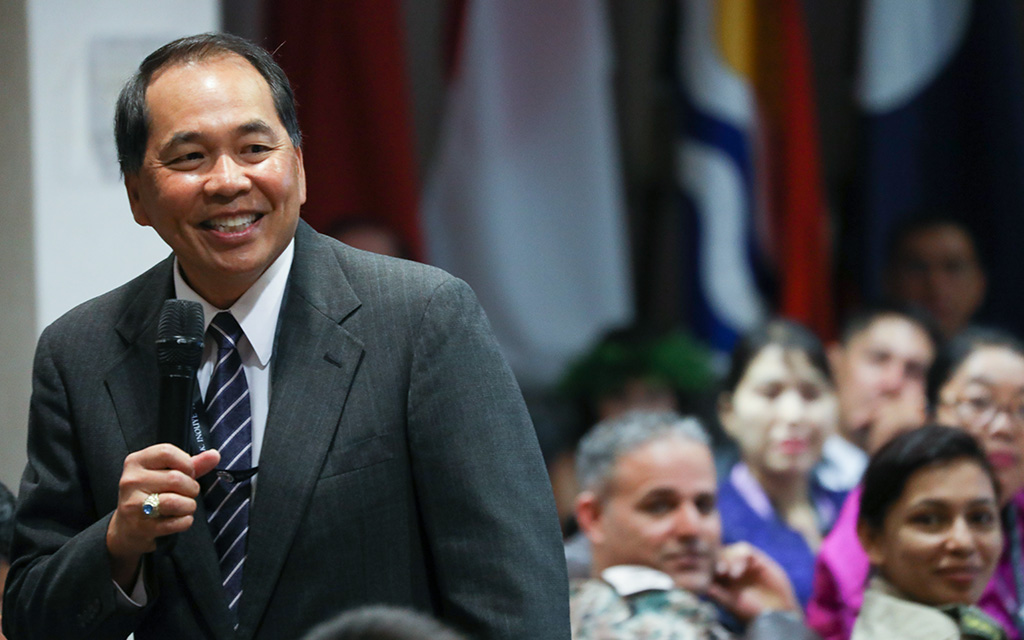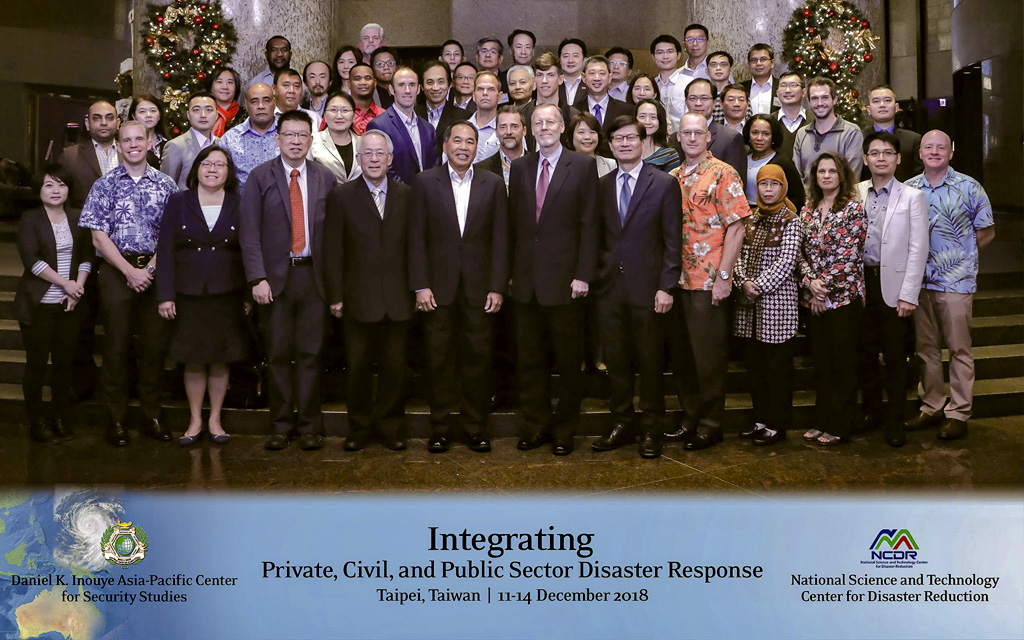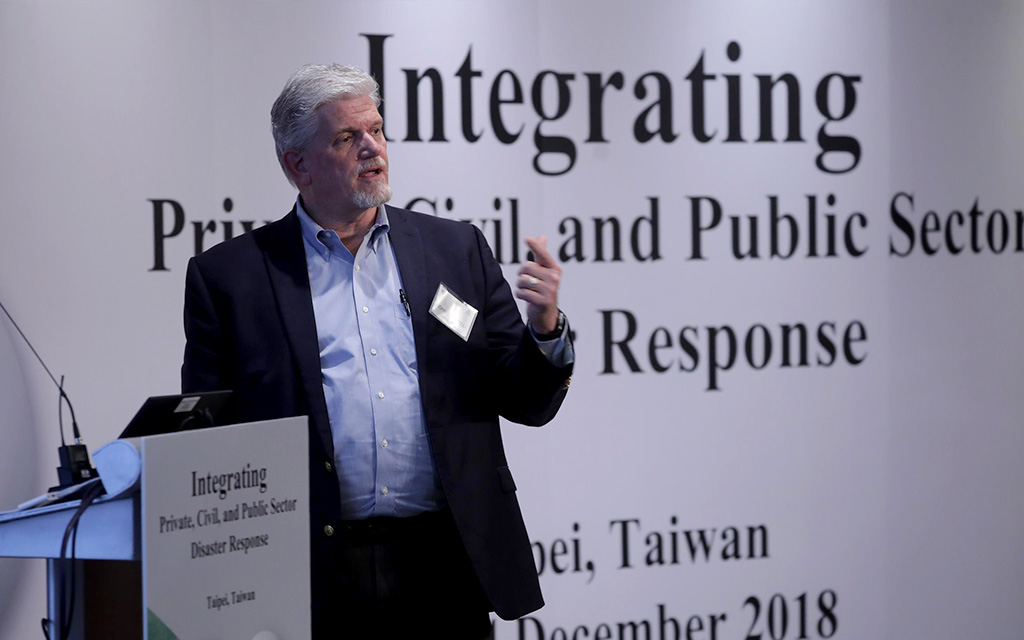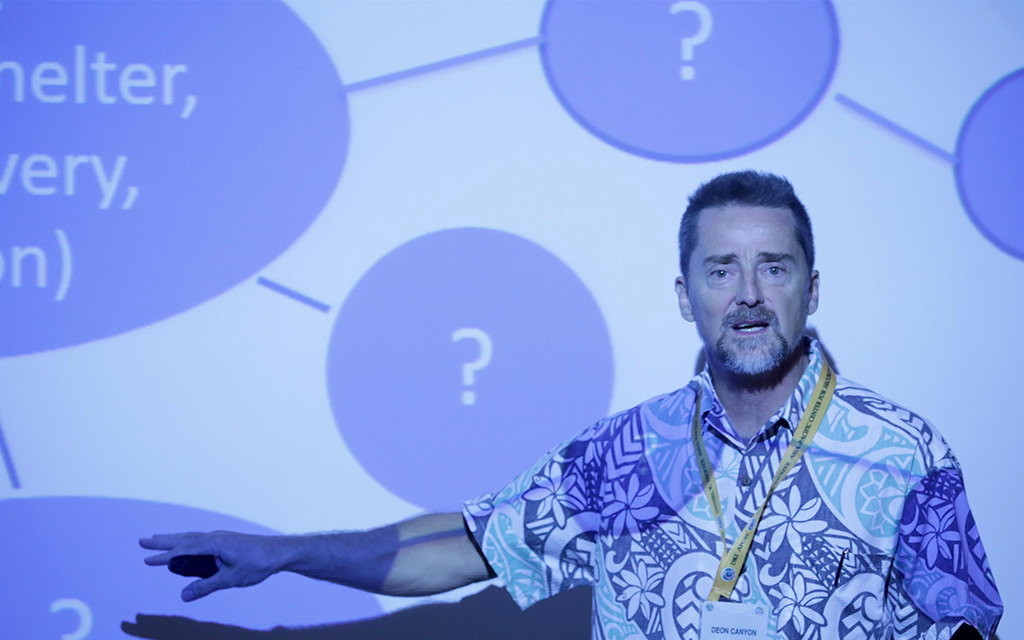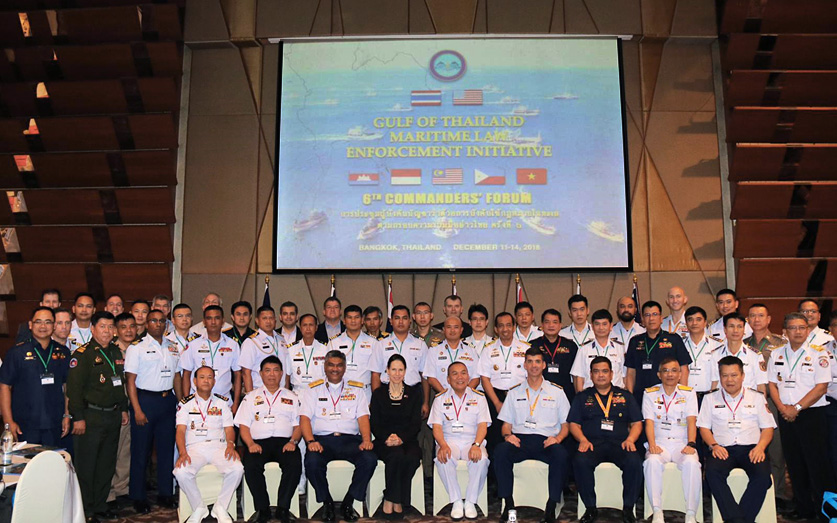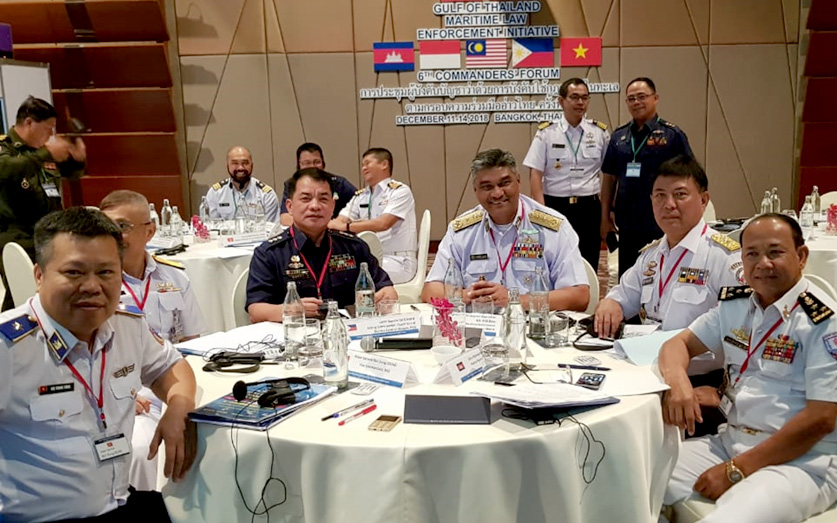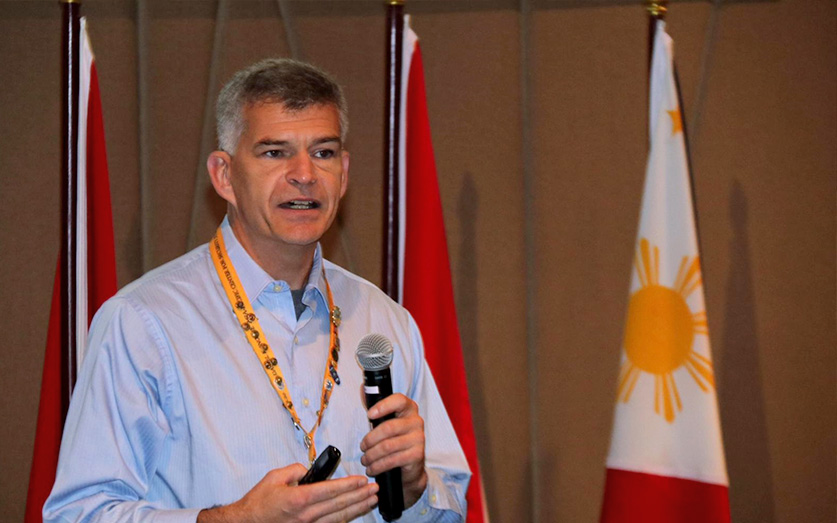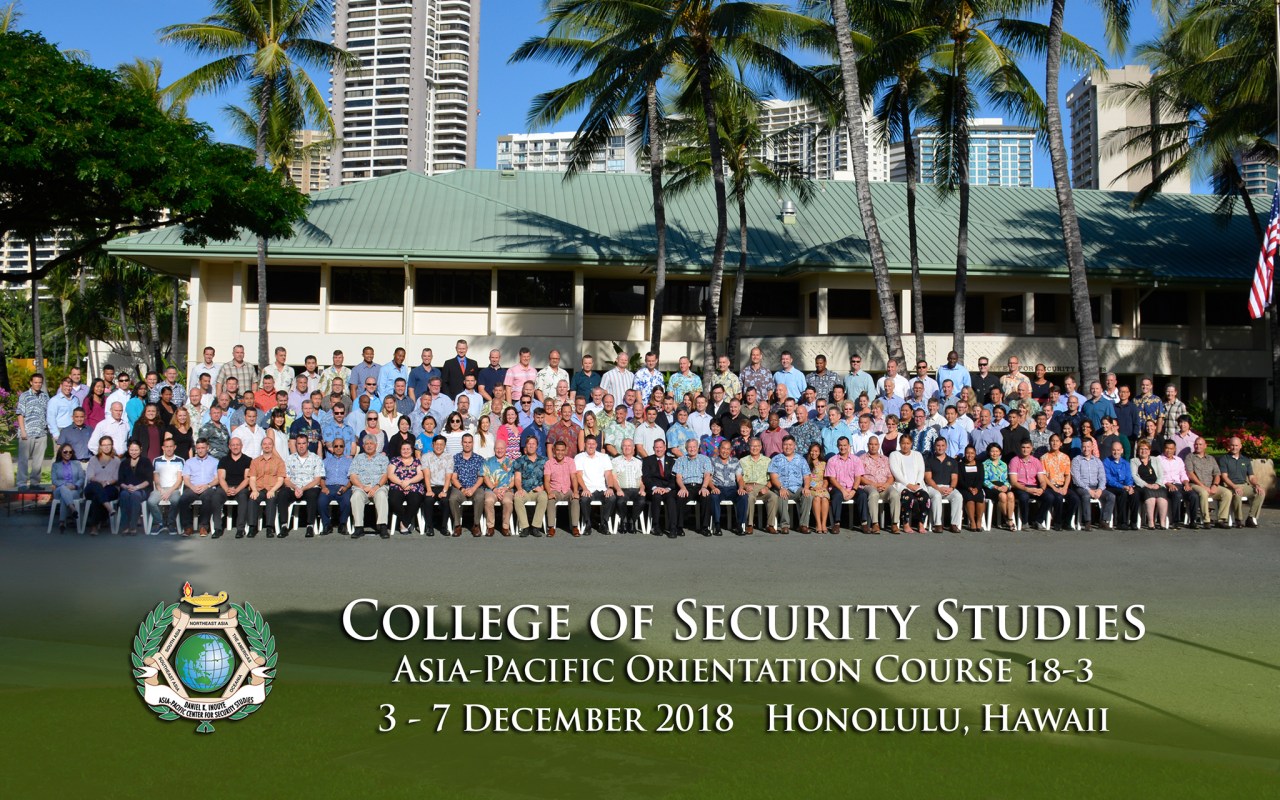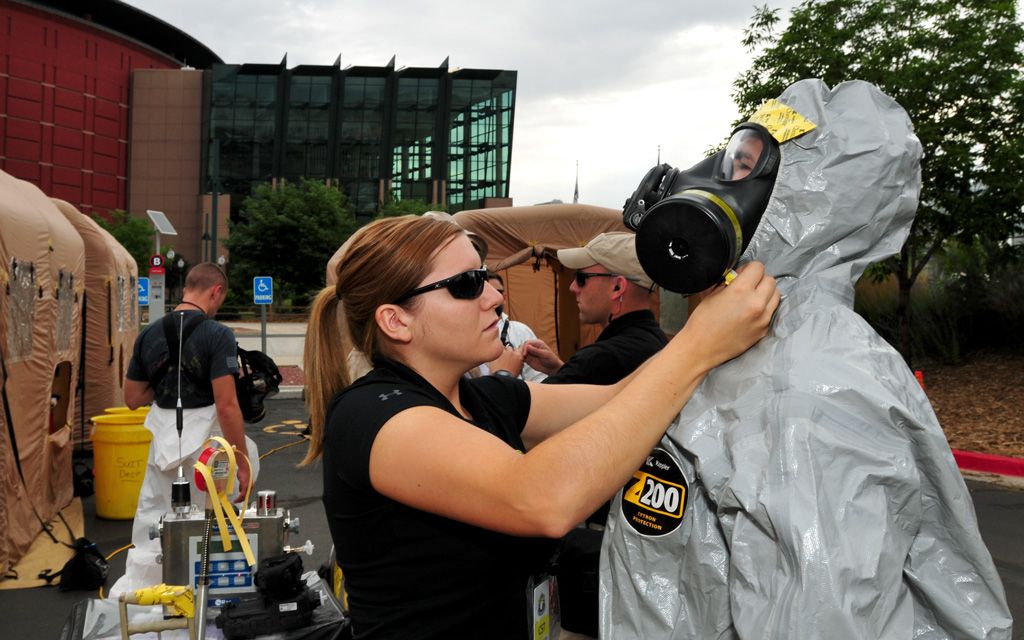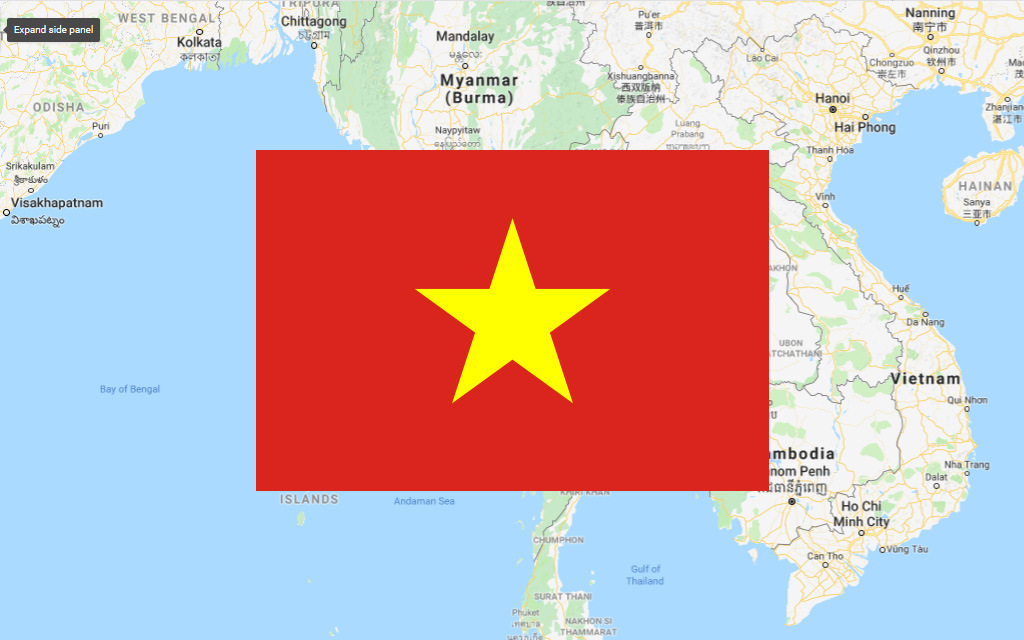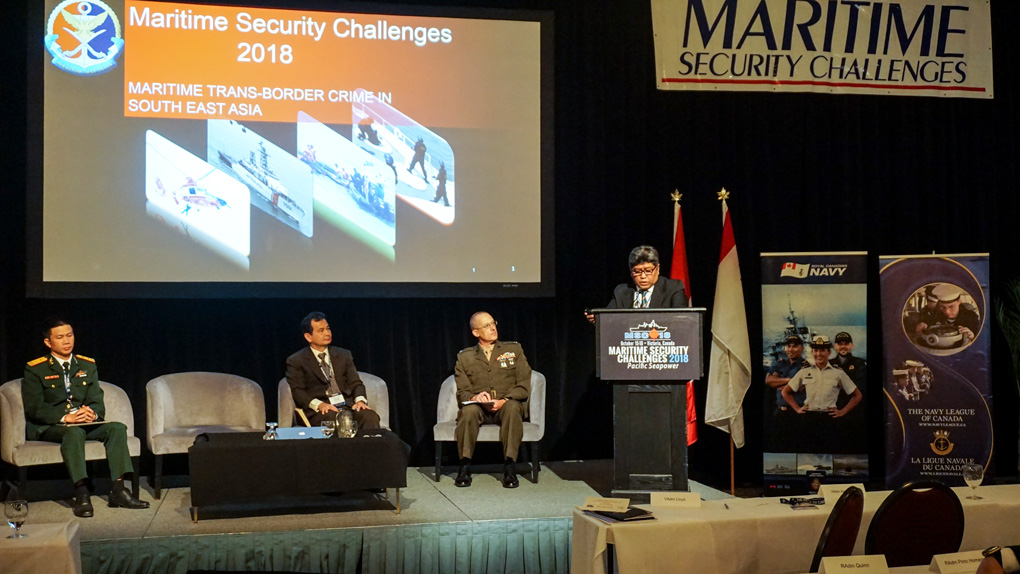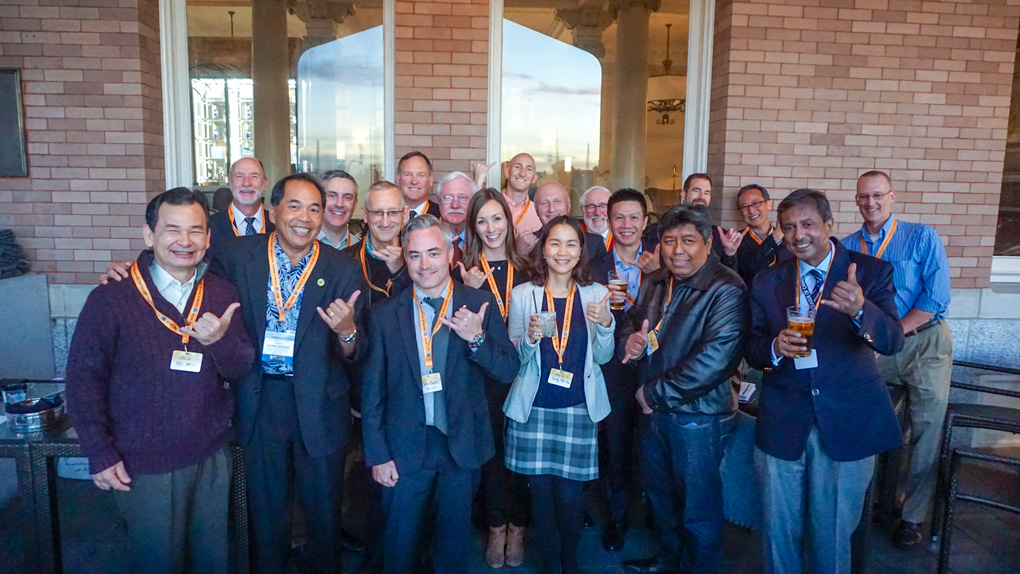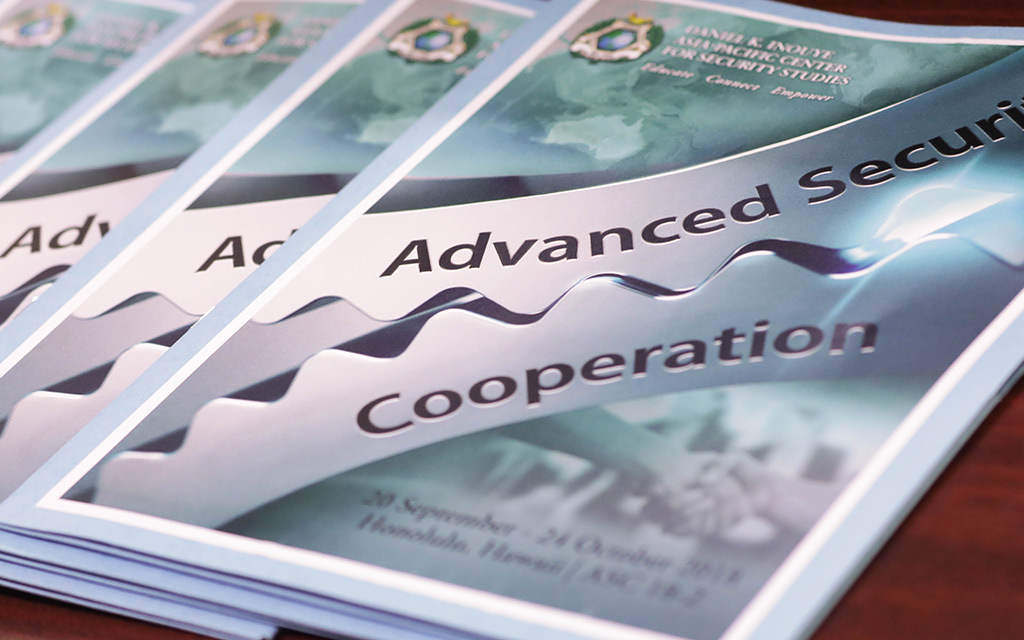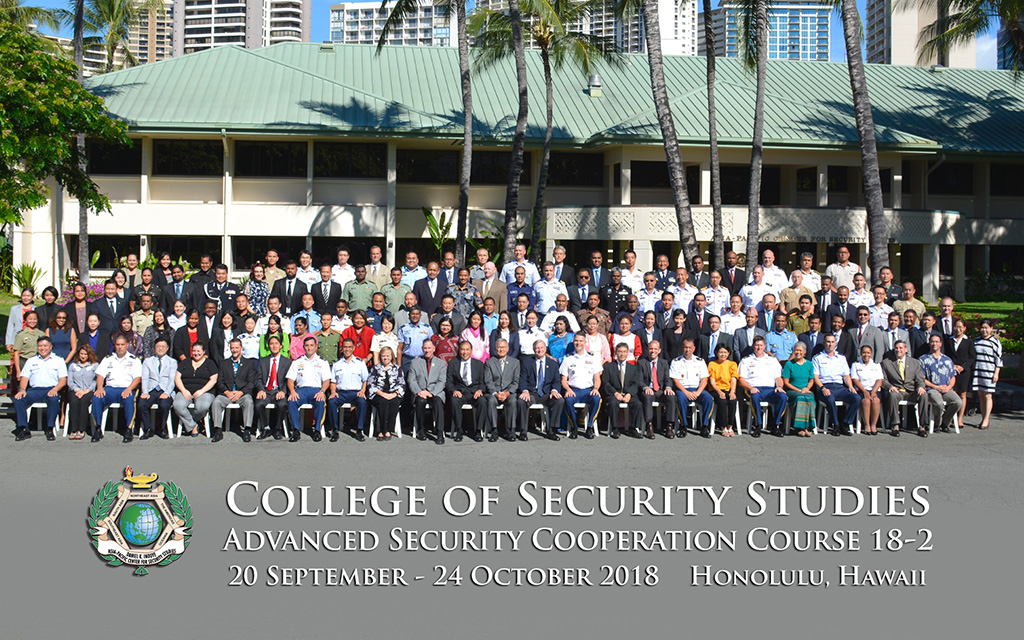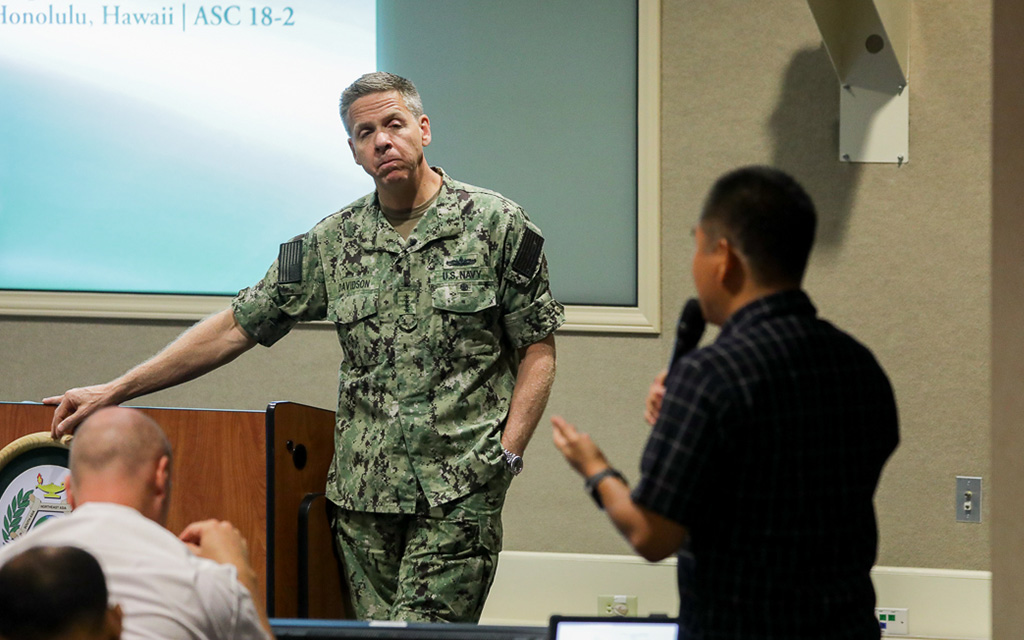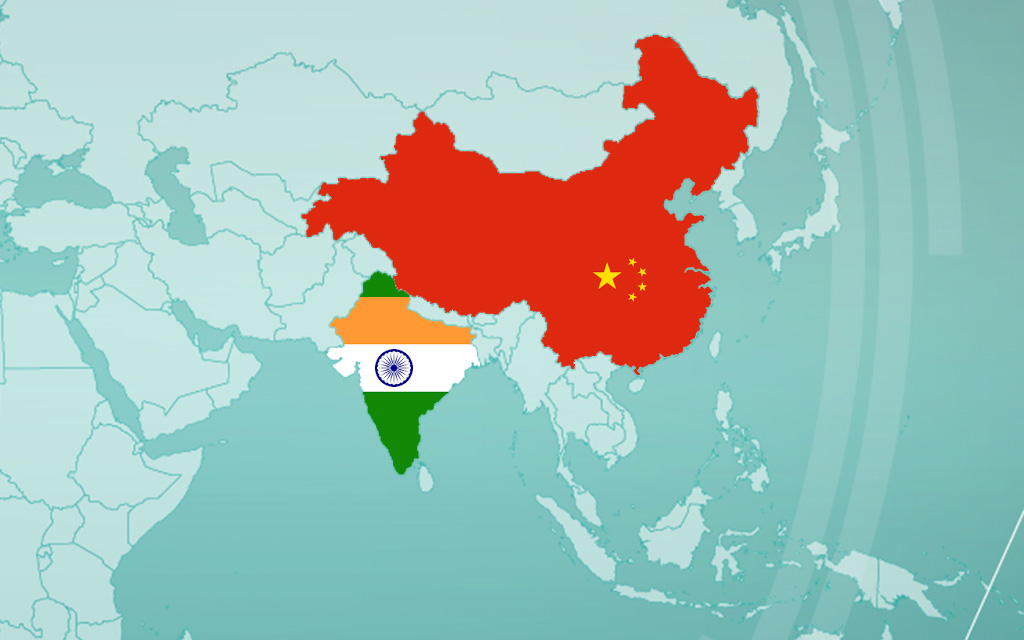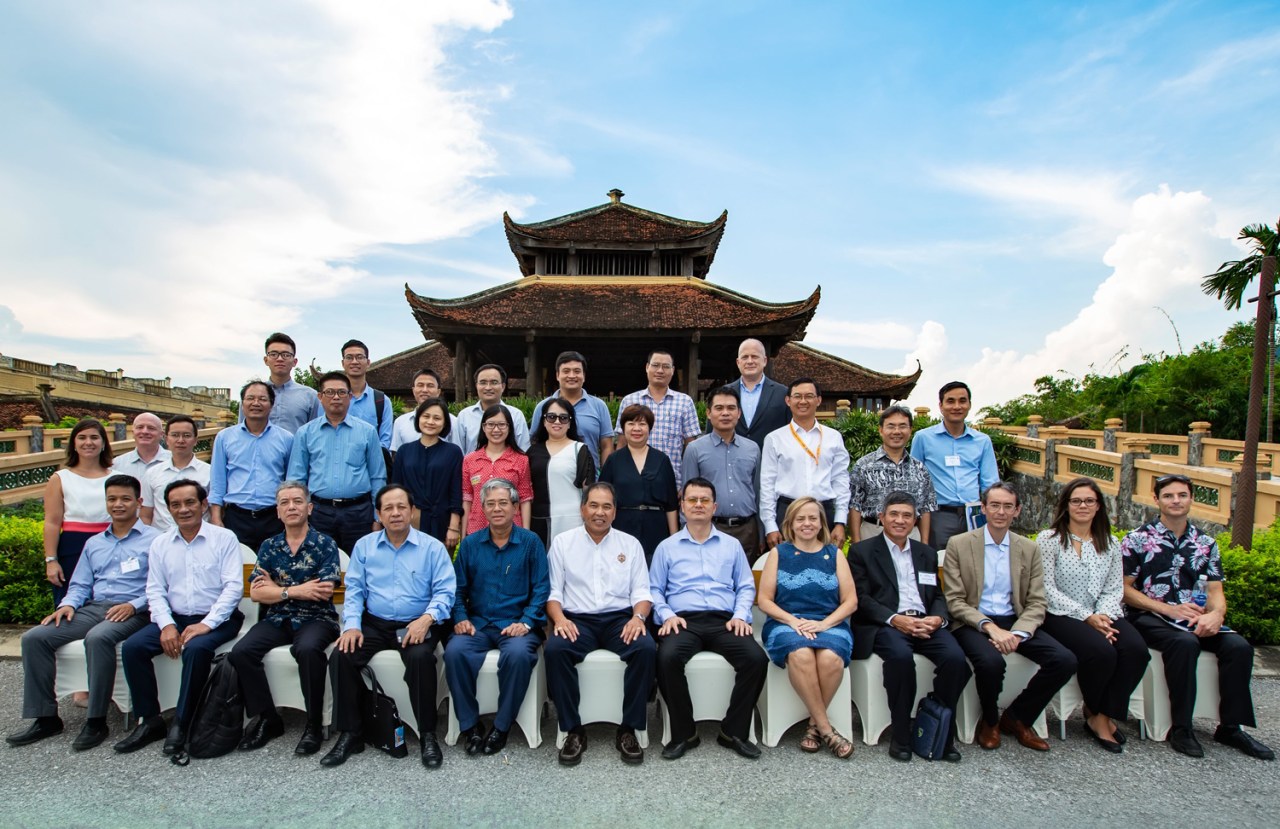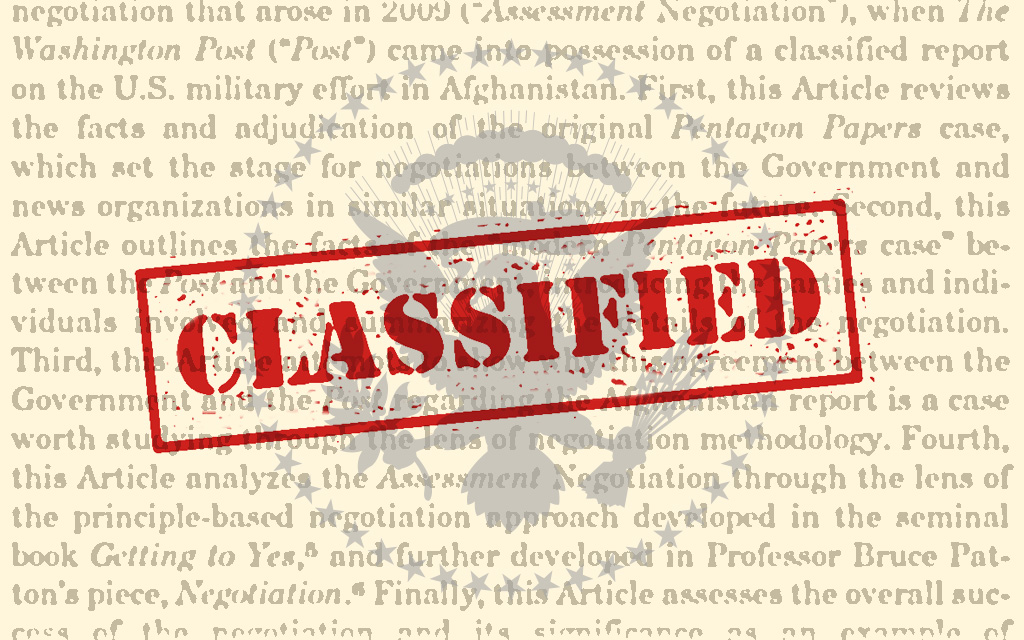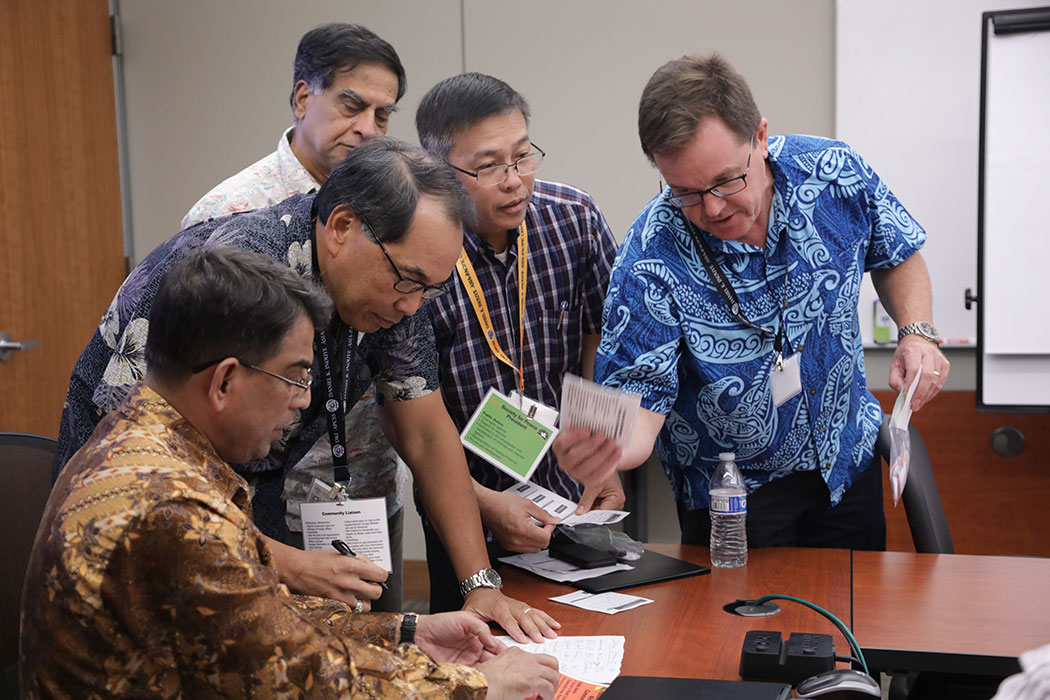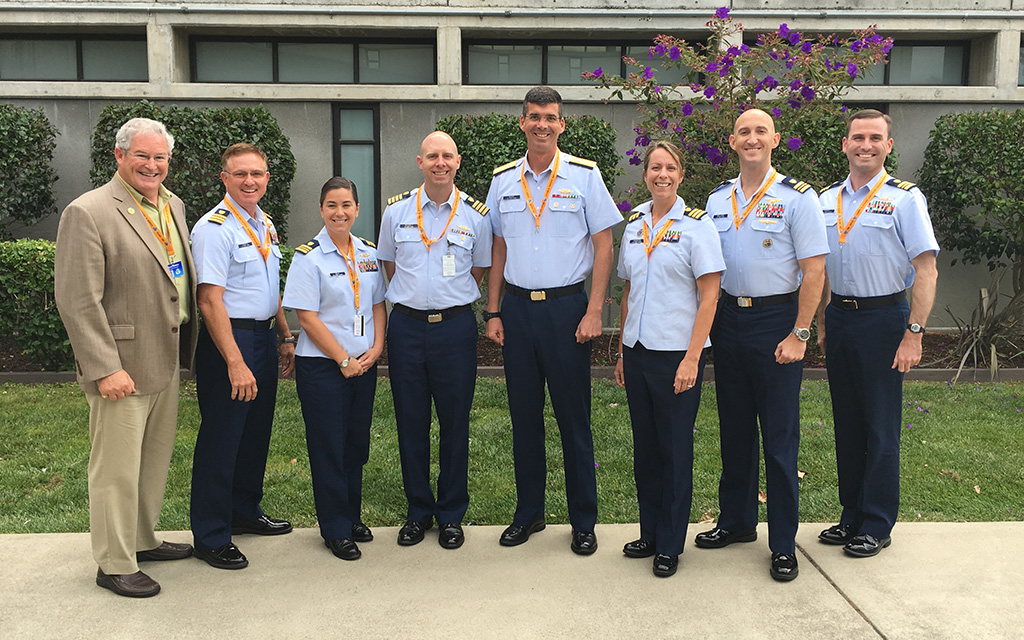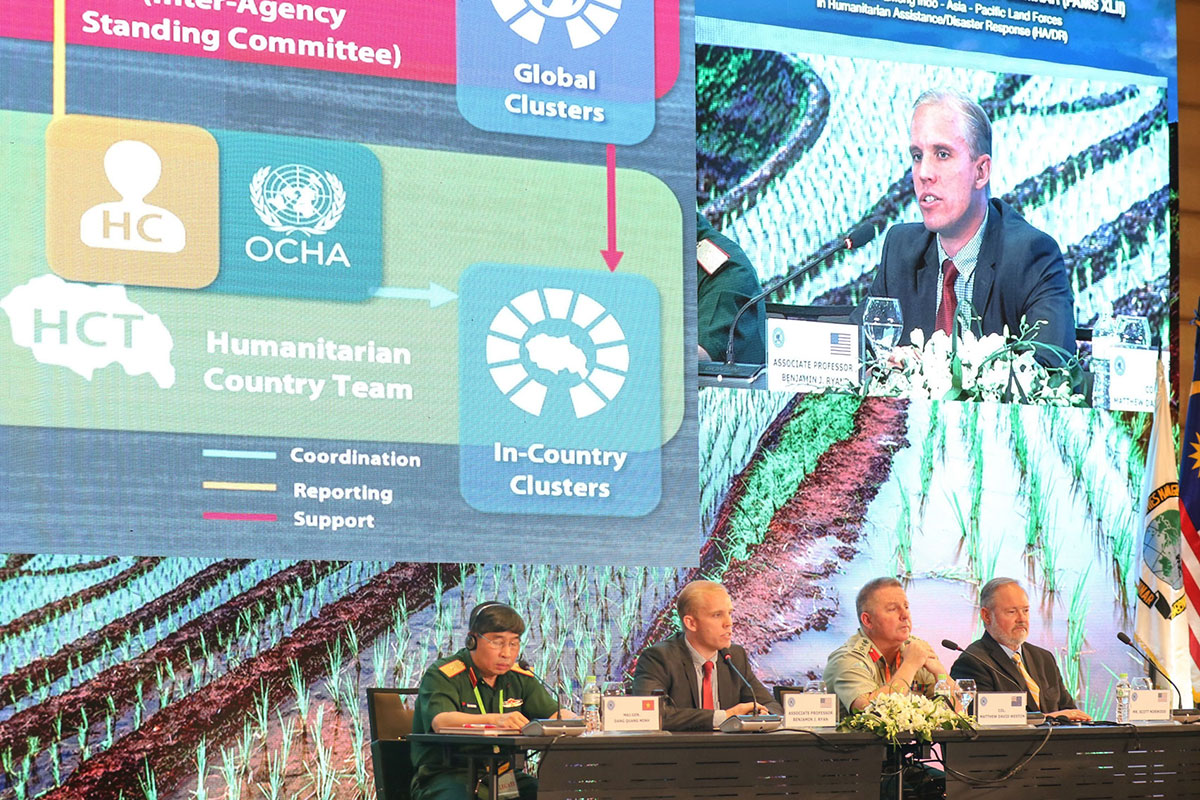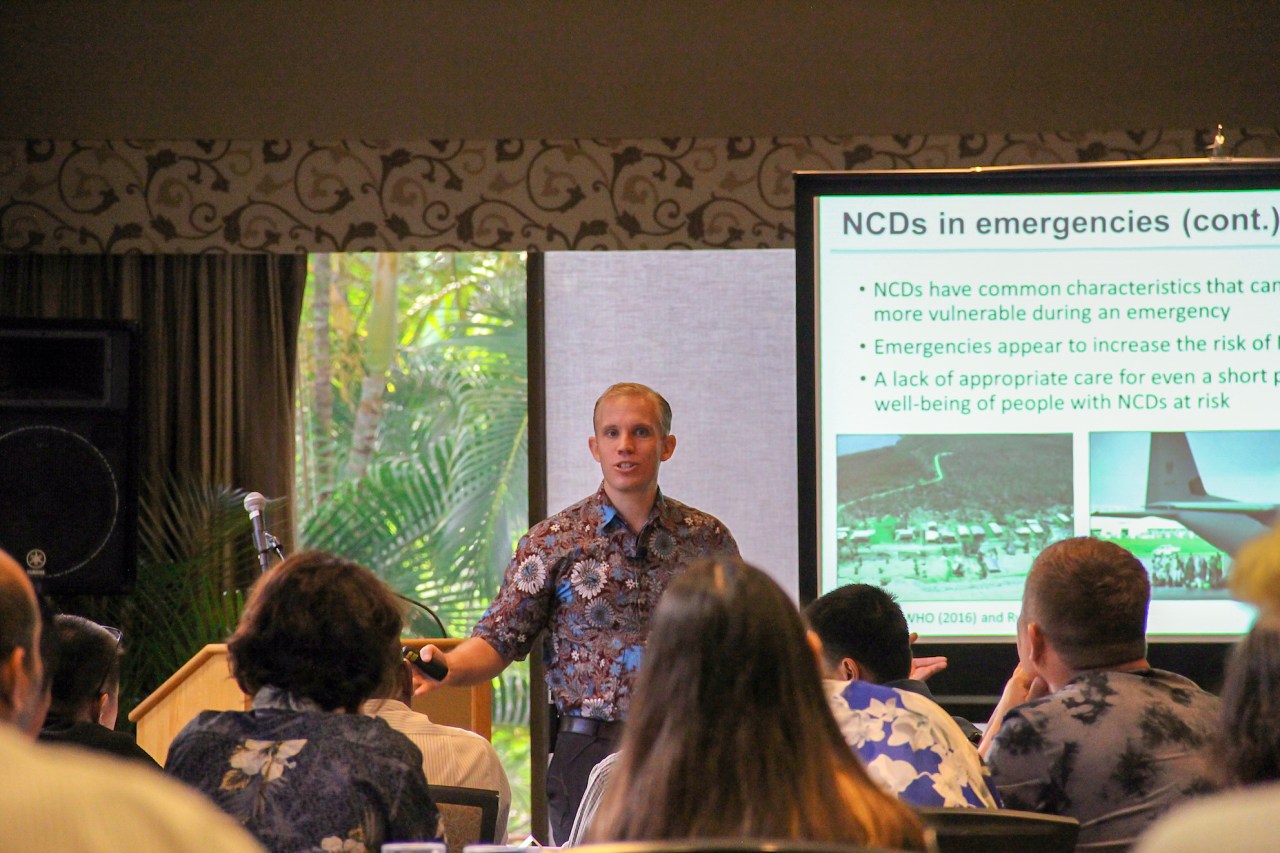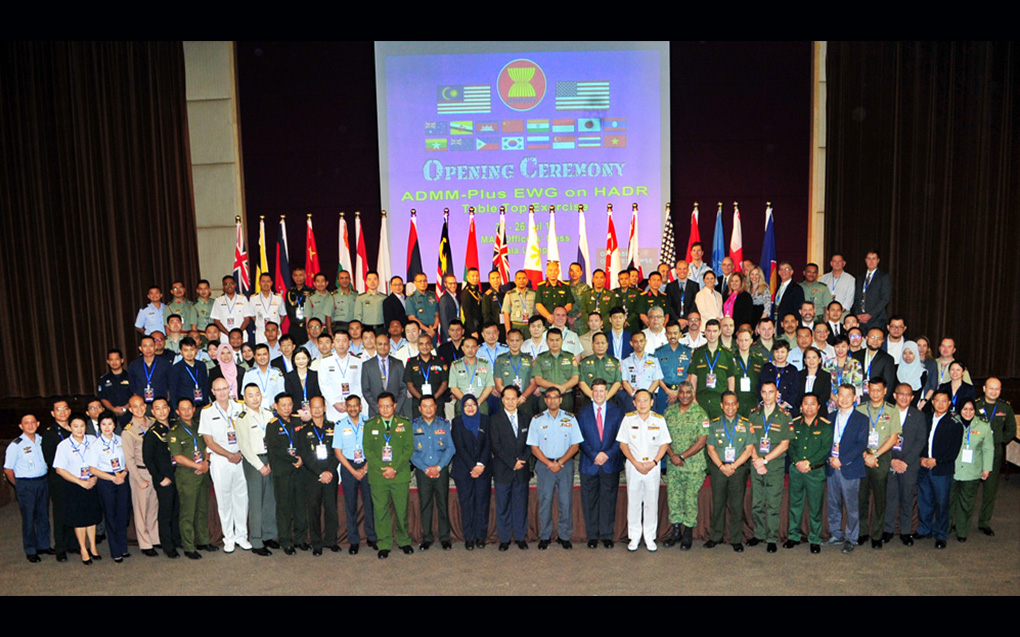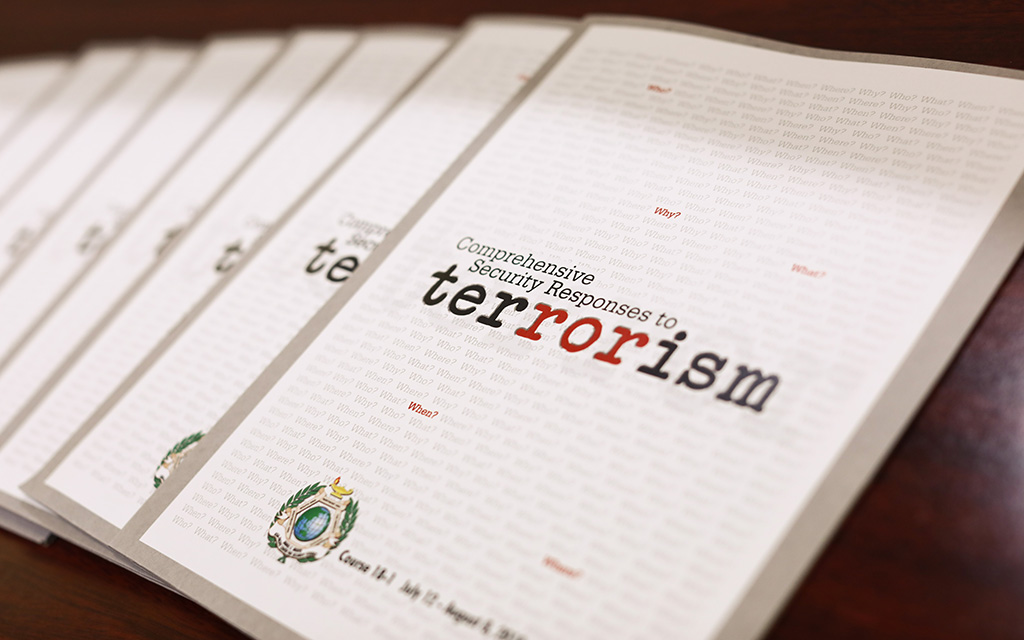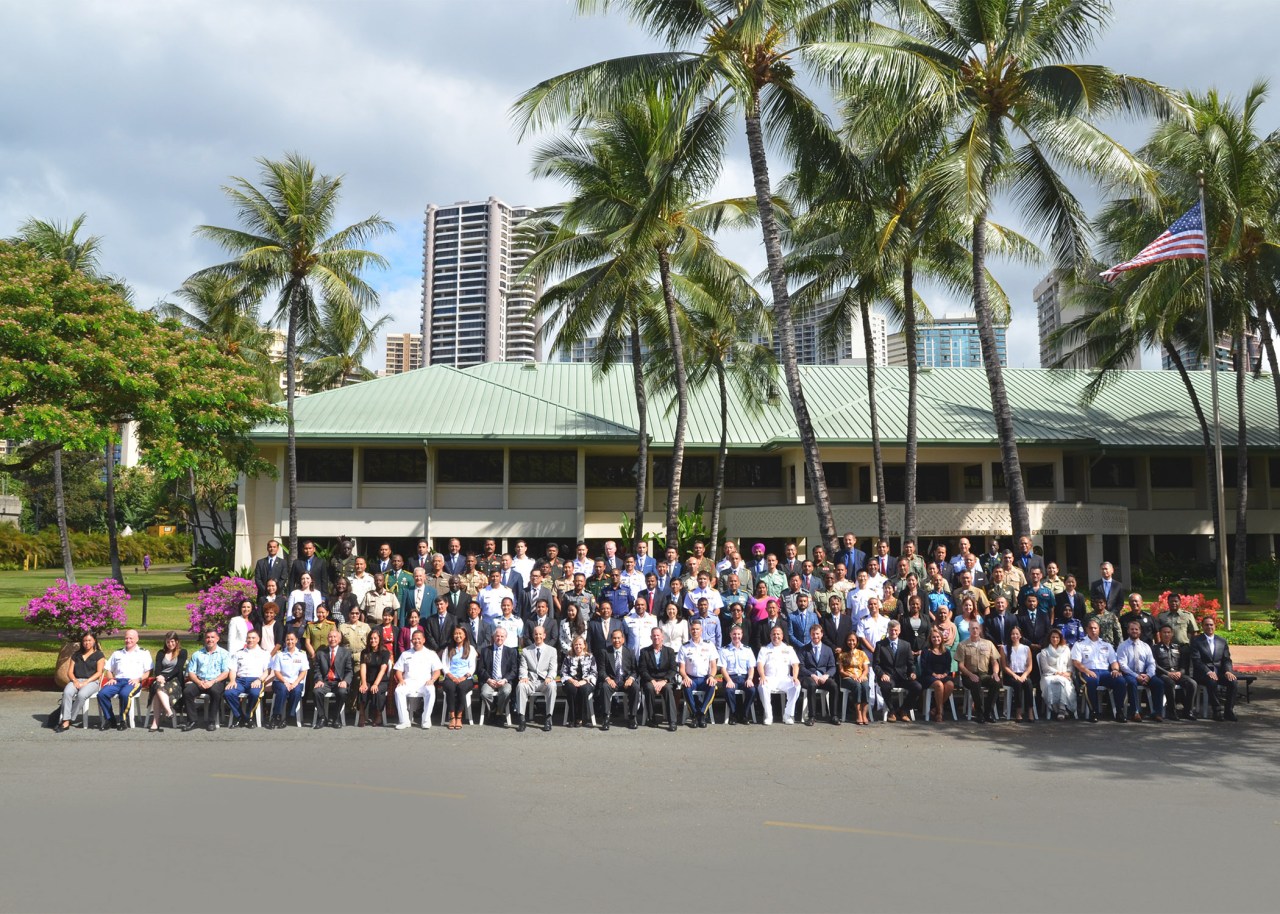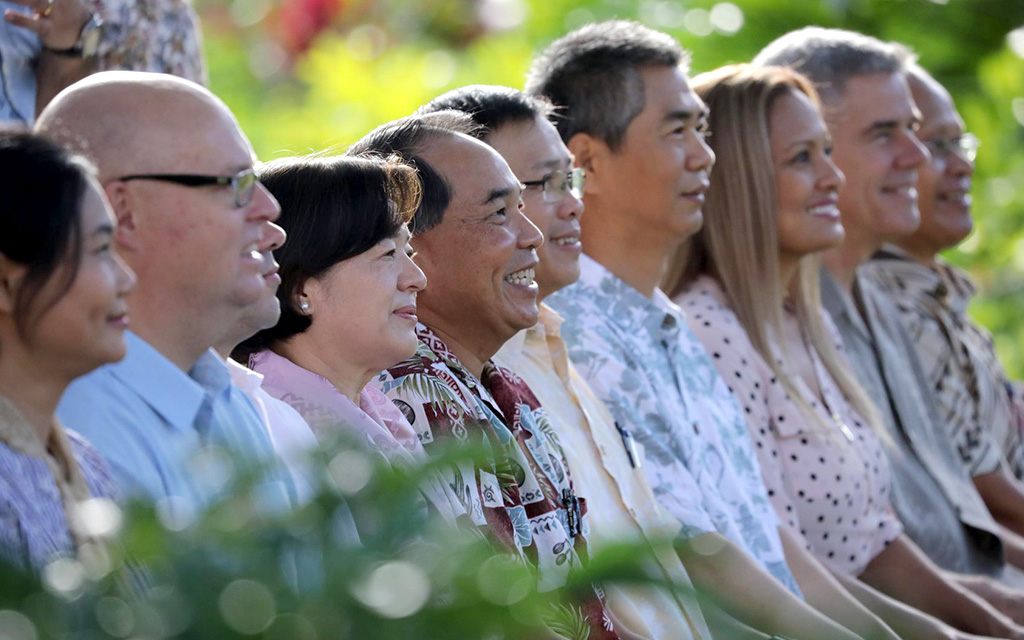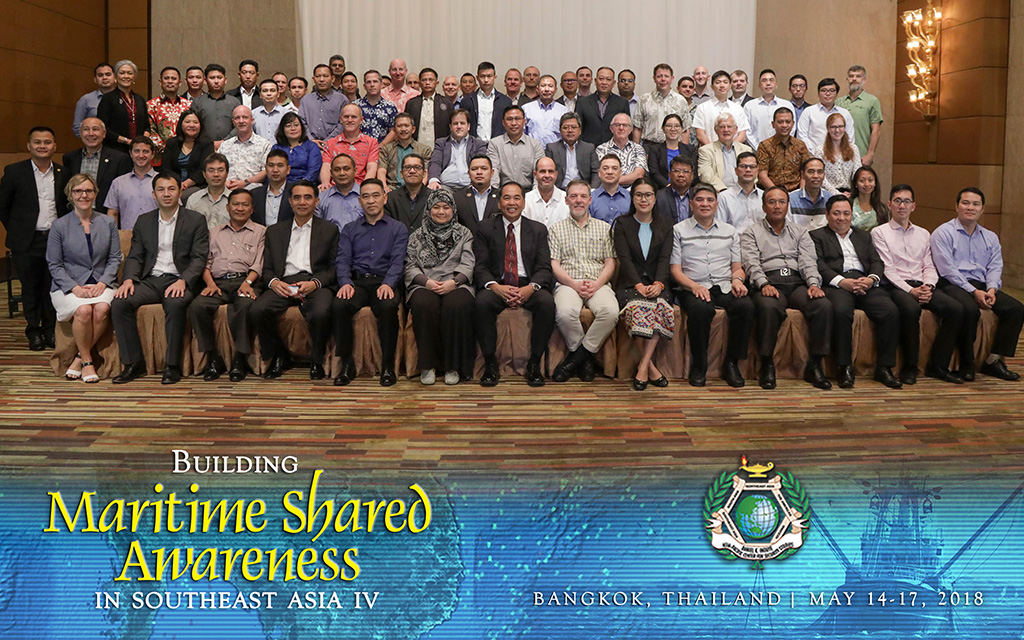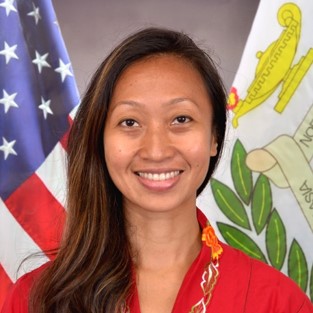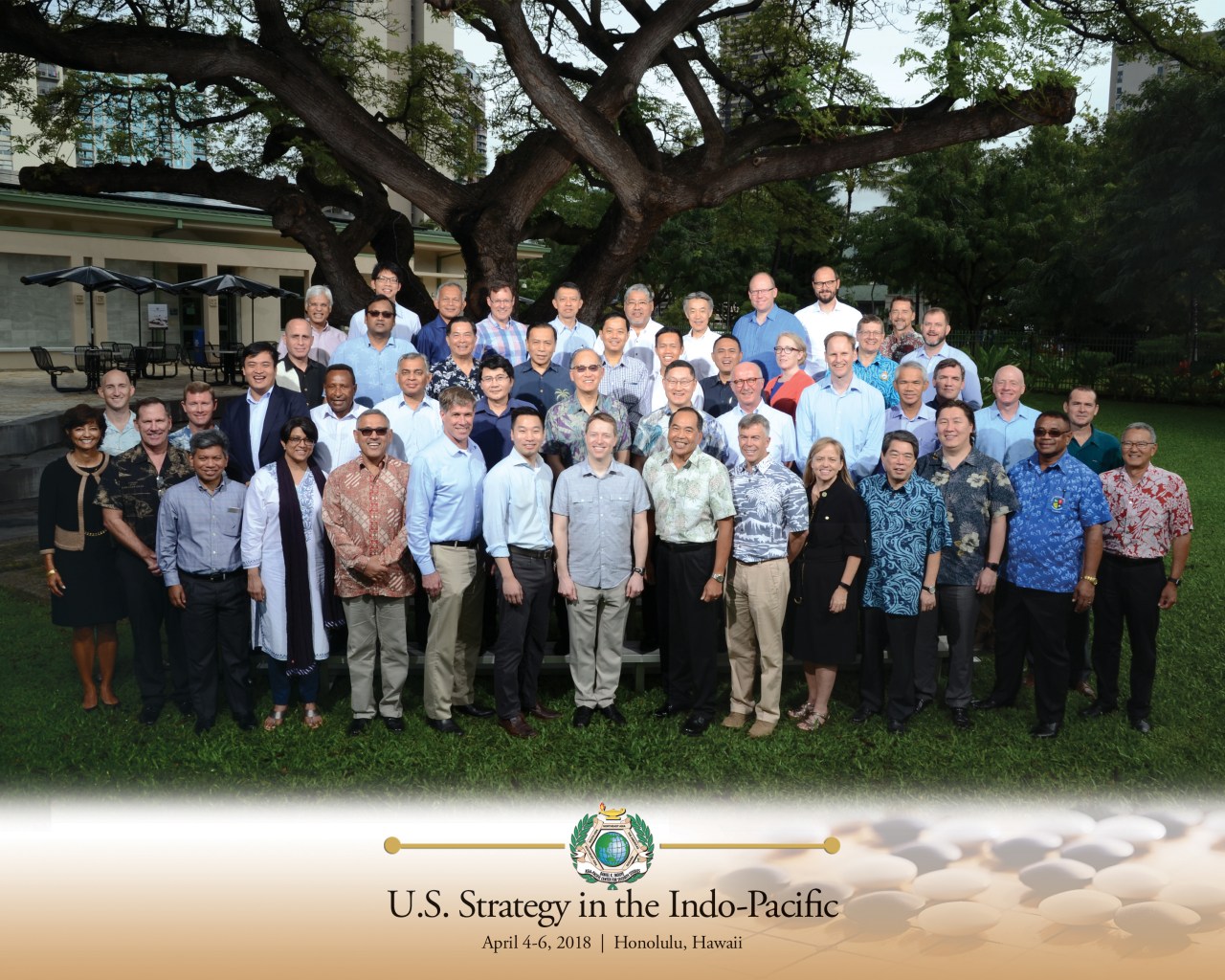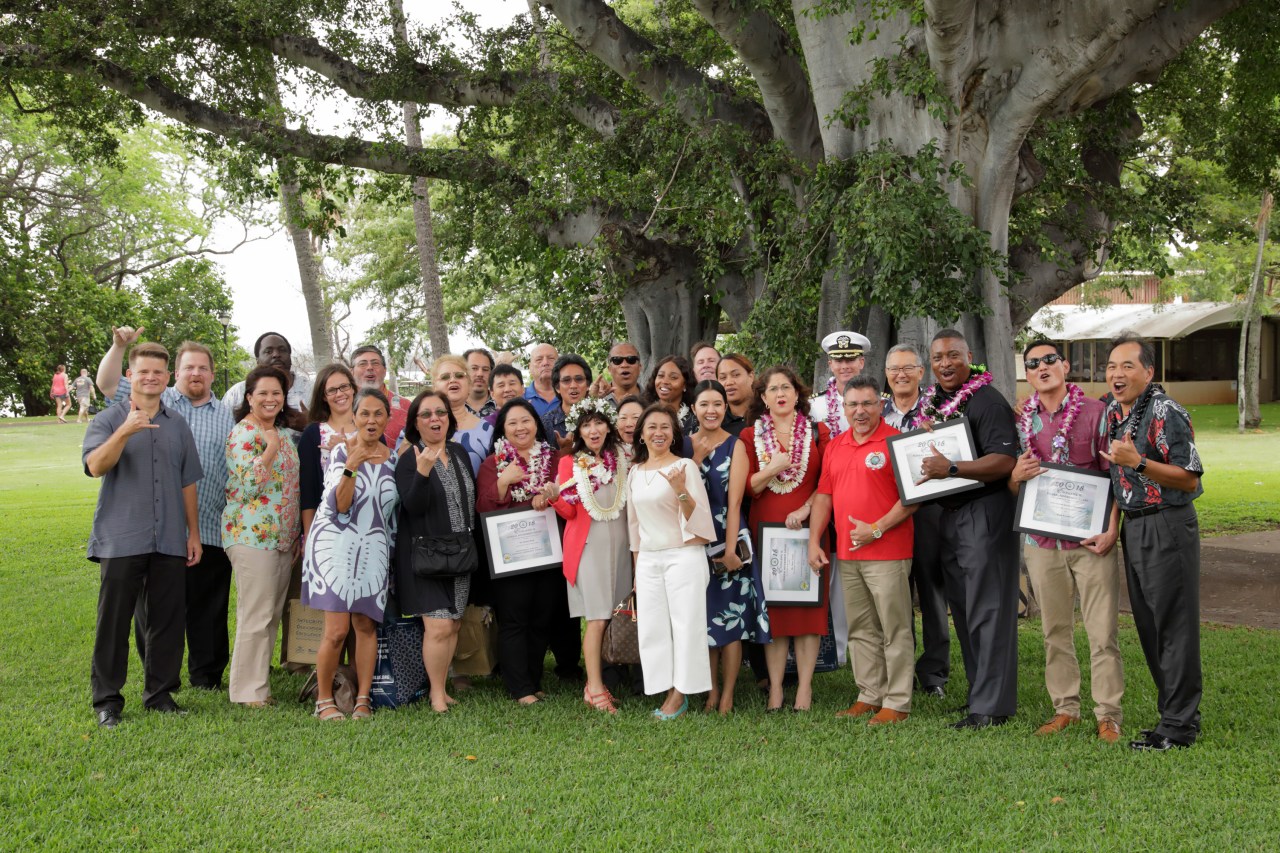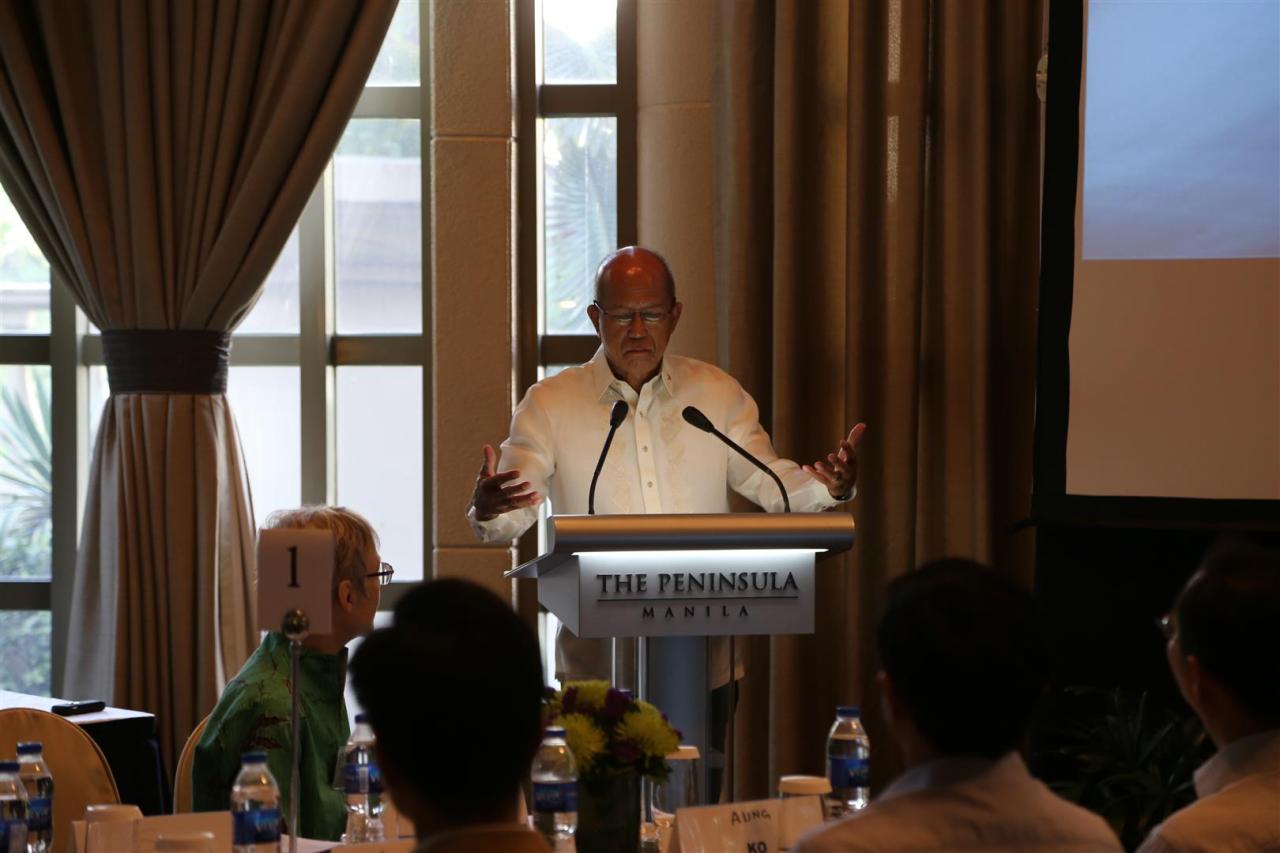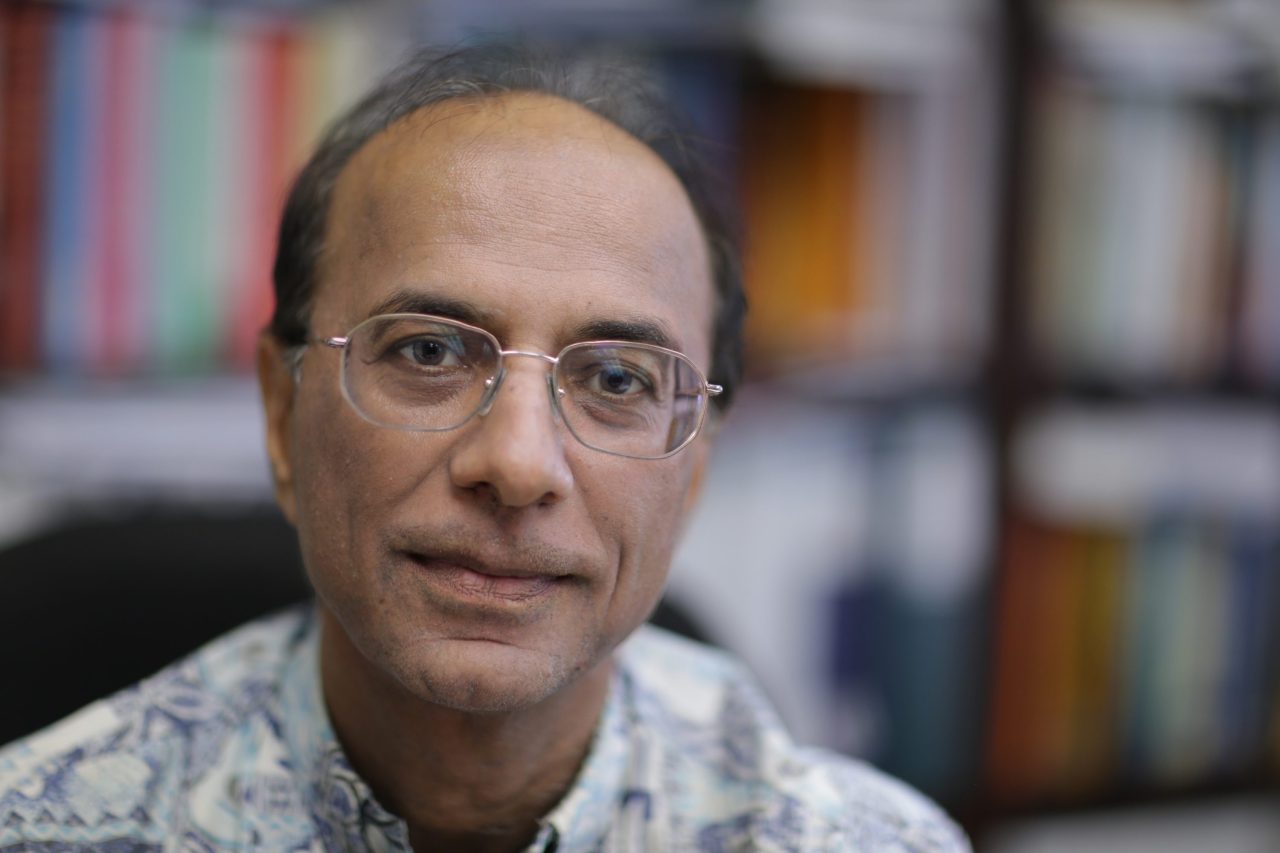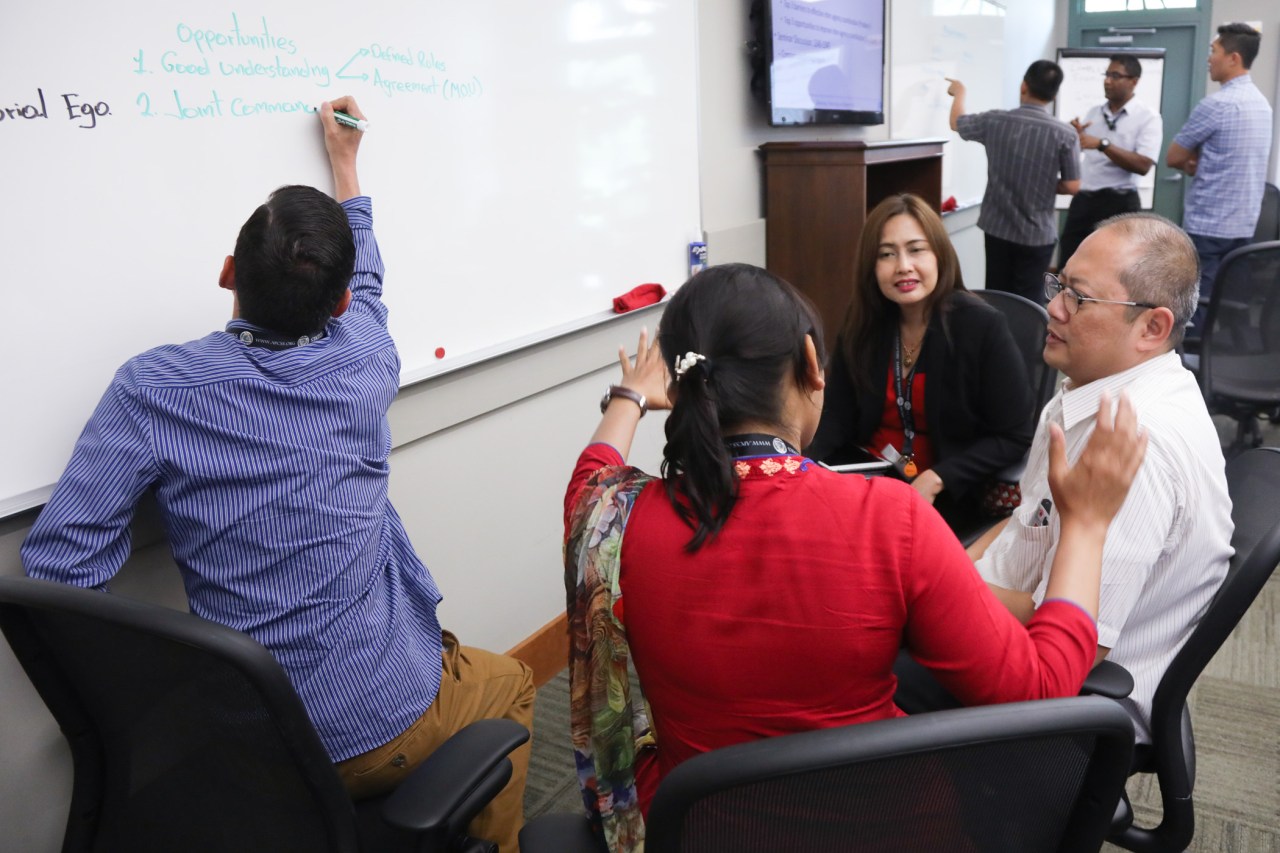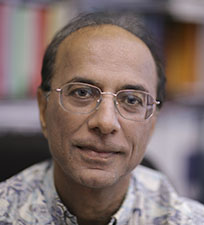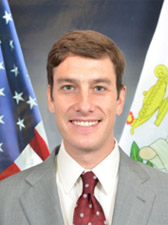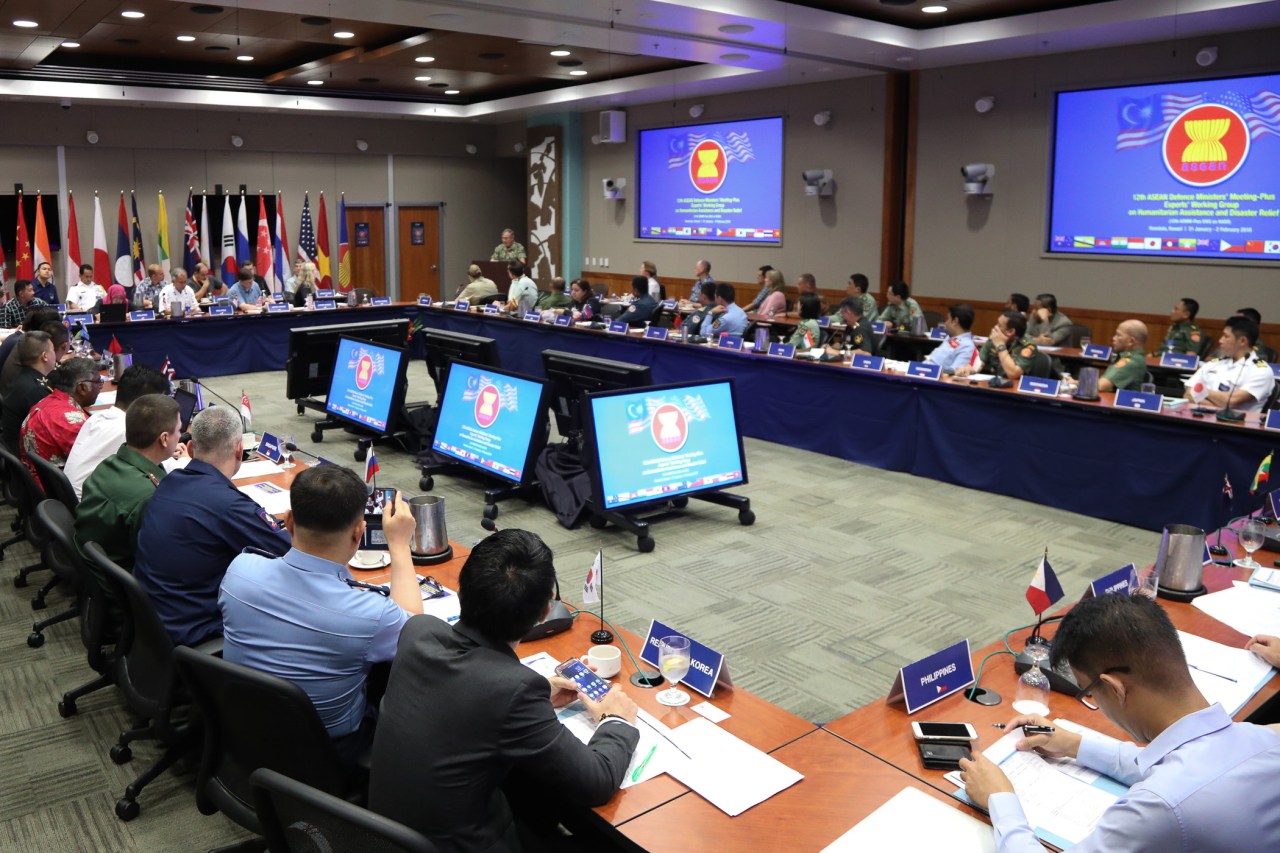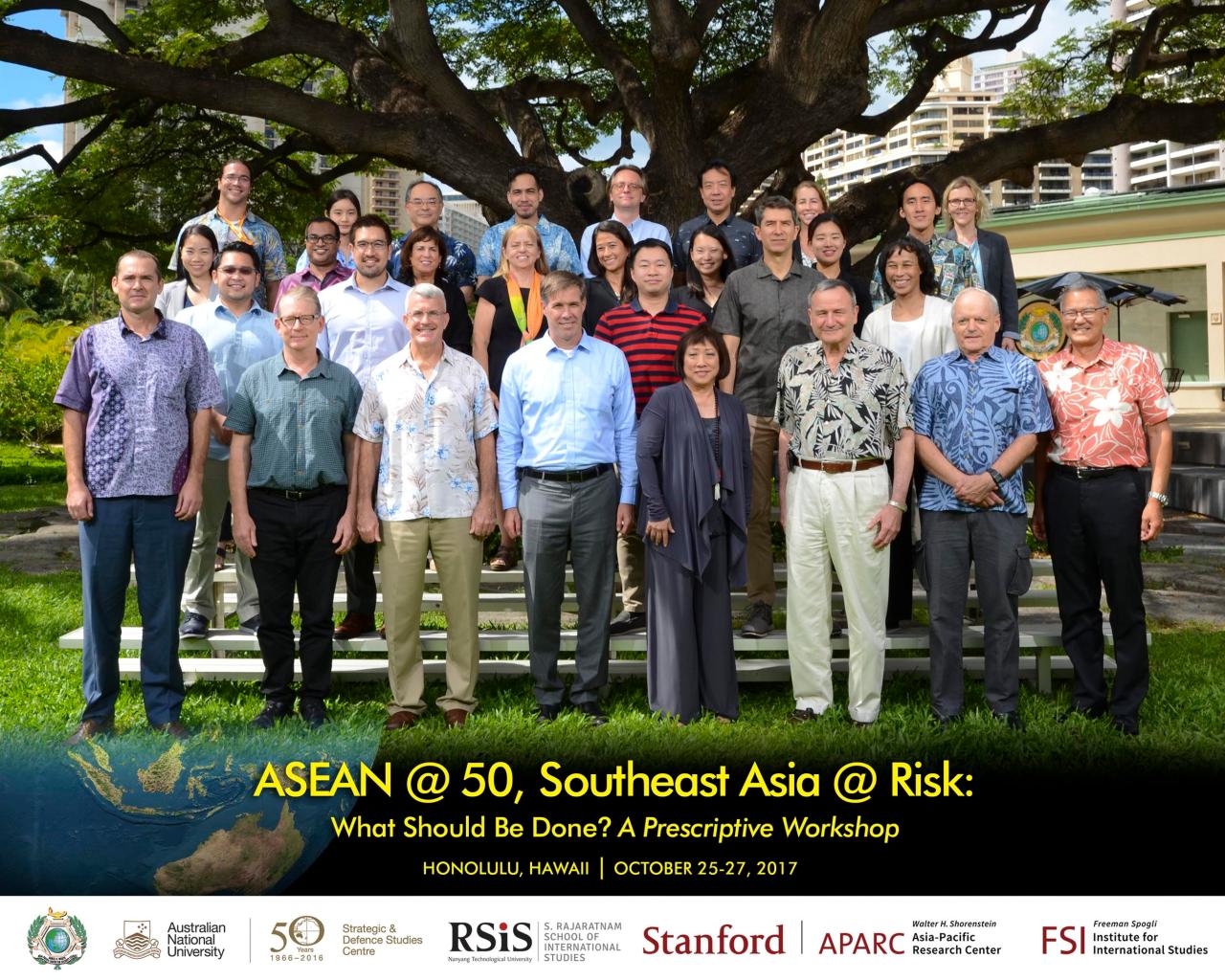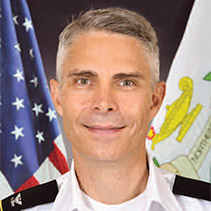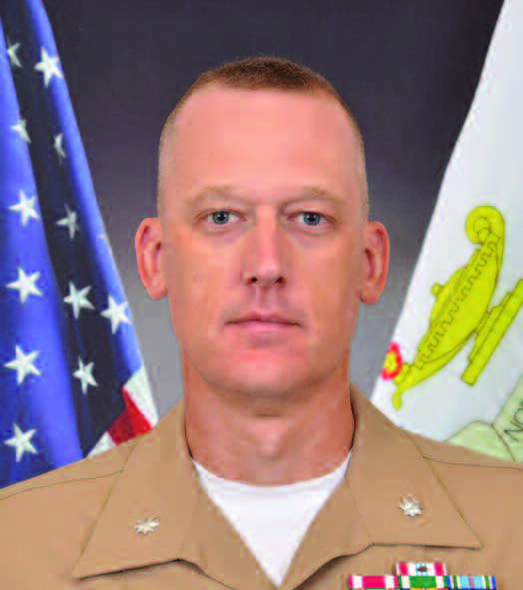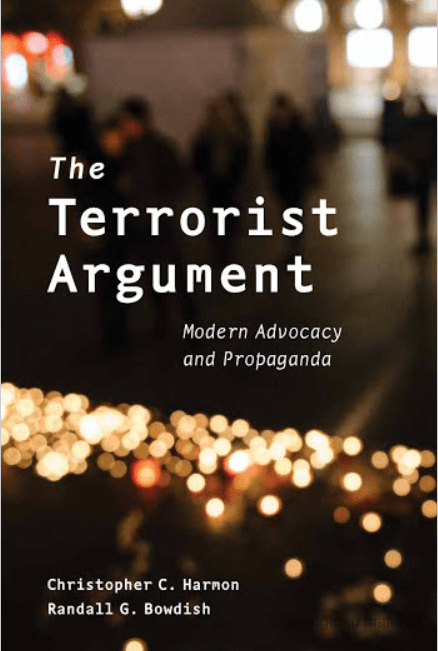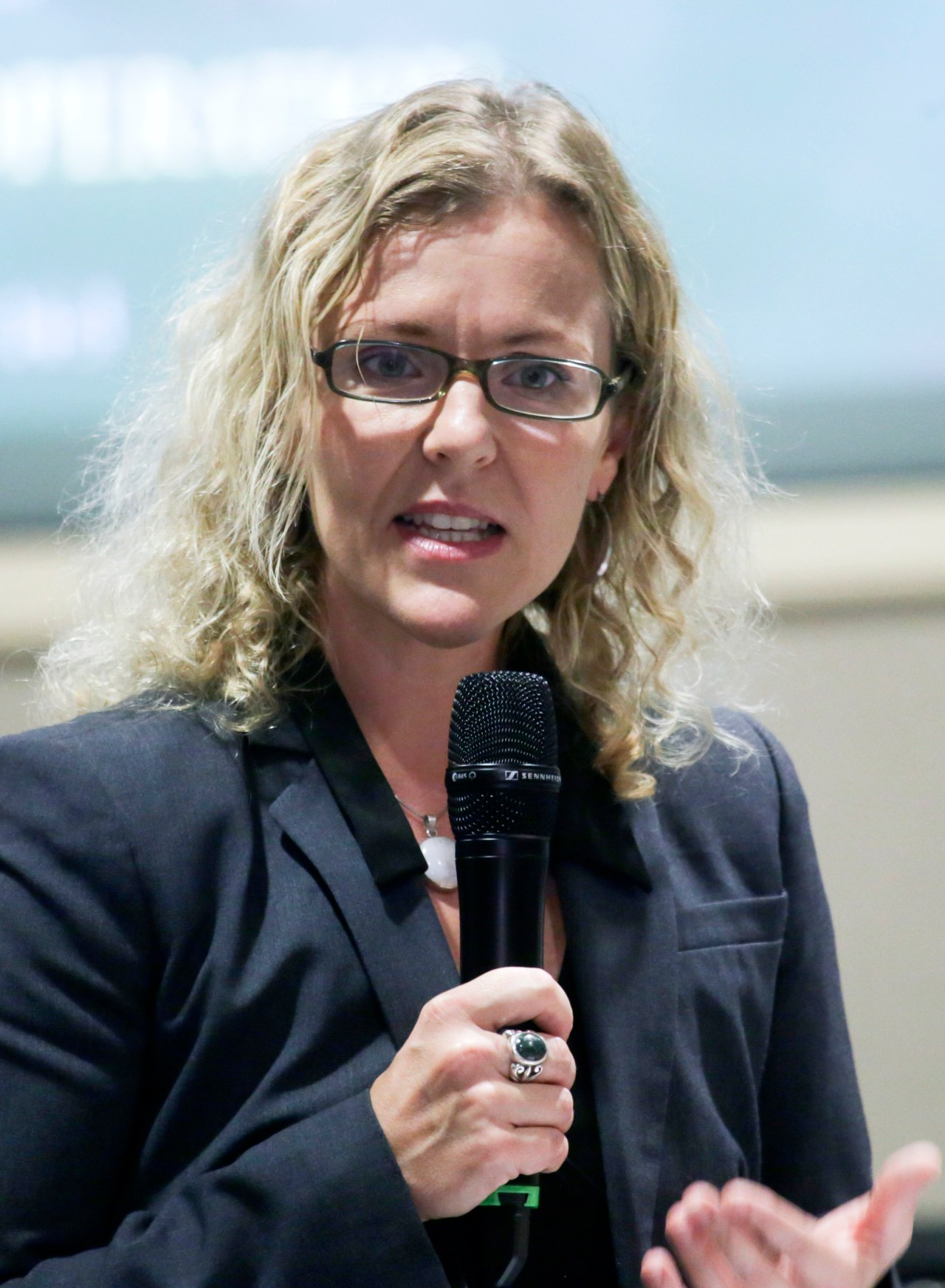news
When Maps Begin to Move: How Symbols Fuel South Asia’s Territorial Tensions
APCSS Editor2025-12-18T15:29:03-10:00December 18, 2025|Categories: Tekwani, Security Nexus, news|Tags: South Asia, symbolic warfare, territorial claims, cartography, Arunachal Pradesh, Shanghai detention, Sindh remark, Nepal currency notes, Lipulekh-Kalapani-Limpiyadhura, Akhand Bharat mural|
Transnational Security Course 25-2 – Mutual Understanding is Critical
APCSS Editor2025-12-18T14:15:13-10:00December 18, 2025|Categories: Courses, news|Tags: IPOC, alumni, JPME2, Indo-Pacific Orientation Course, JPOC|
Strategic Voices Episode 1 – India’s Grand Vision: Can Strategy Match Ambition?
APCSS Editor2025-12-19T15:17:50-10:00December 18, 2025|Categories: news, Podcast|Tags: strategy, India, Vision, Strategic Voices Episode|
Inaugural JPME2 Indo-Pacific Orientation Course Concludes, Cultivating New Regional Experts
APCSS Editor2025-12-17T16:50:46-10:00December 17, 2025|Categories: Courses, news|Tags: IPOC, JPME2, Indo-Pacific Orientation Course, JPOC|
DKI APCSS Celebrates 30 Years of Indo-Pacific Security
APCSS Editor2025-12-17T08:56:21-10:00December 17, 2025|Categories: Workshops/Events, news|Tags: Indo-Pacific, Strategic Competition, DKI APCSS, 30th anniversary, alumni workshop, commemorative dinner, security collaboration, maritime domain awareness, crisis response, multilateral partnerships|
Enhancing Decision-Making with AI: Start Human, End Human
APCSS Editor2025-12-12T16:01:58-10:00December 15, 2025|Categories: Security Nexus, news, Moyer|Tags: Indo-Pacific, Security Cooperation, critical thinking, Large language models, artificial intelligence, human-AI partnership, technology adoption, sovereignty concerns, U.S.-China competition, decision-making|
Security Nexus Perspective: Small States and the Geopolitical Chessboard in the Indo-Pacific
APCSS Editor2025-12-12T15:11:13-10:00December 12, 2025|Categories: Security Nexus, news, Malji|Tags: Infrastructure, Indo-Pacific, Geopolitical competition, sovereignty, Small States, strategic alignment, Belt and Road Initiative, diplomatic recognition, regional influence, global power|
Security Nexus Perspective: Critical Minerals and Coercive Power in the Indo-Pacific
APCSS Editor2025-12-12T11:47:22-10:00December 12, 2025|Categories: Security Nexus, news, Malji|Tags: Indo-Pacific, regional stability, supply chains, critical minerals, rare earth elements, geopolitical leverage, mineral security, China dominance, refining capacity, maritime chokepoints|
Dialogue | Episode 52: Forging Fleets: ROK-U.S. Shipbuilding Cooperation and Sino-U.S. Maritime Competition
APCSS Editor2025-12-10T15:16:47-10:00December 10, 2025|Categories: news, Podcast|Tags: ROK, ROK-U.S. alliance, Shipbuilding|
Galle Dialogue 2025 at the Nexus of the Indian Ocean
APCSS Editor2025-12-10T09:45:52-10:00December 10, 2025|Categories: news, Engagements|Tags: sri lanka, DKI APCSS, Regional Engagement, Galle Dialogue 2025, Maritime Conference, Indian Ocean Security, Alumni Event, Maritime Governance, Indo-Pacific Cooperation, Sri Lanka Navy, Maritime Sustainability, Fellows Project, U.S.-Sri Lanka Collaboration|
DKI APCSS Marks 30 Years With Alumni Workshop
APCSS Editor2025-12-17T08:50:09-10:00September 26, 2025|Categories: Workshops/Events, news|Tags: Indo-Pacific, Strategic Competition, DKI APCSS, 30th anniversary, alumni workshop, commemorative dinner, security collaboration, crisis response, multilateral partnerships|
Security Nexus Perspective: Flight into the Dark: South Asia’s Protest Republics
APCSS Editor2025-12-09T13:03:42-10:00September 23, 2025|Categories: Tekwani, Security Nexus, news|Tags: governance, South Asia, protest, Deterrence, Indo‑Pacific, legitimacy, state fragility, institutional erosion, social resilience, digital rights, suppression, domestic unrest, political exclusion|
113 Fellows complete Comprehensive Security Cooperation Course at DKI APCSS
APCSS Editor2025-12-18T05:32:19-10:00September 22, 2025|Categories: Courses, news|Tags: Fellow, China, Security, Cooperation, CSC, Deterrence, Allies And Partners, Influence|
New Security Nexus Perspective: The Cage of Equidistance
APCSS Editor2025-12-09T13:03:16-10:00September 9, 2025|Categories: Tekwani, Security Nexus, news|Tags: China, russia, India, Security Nexus, Foreign Policy, United States, multipolarity, strategic autonomy, dependency, defense alignment|
A Security Nexus Article Reveals Iran’s Covert Export of Terrorism to the Indo-Pacific
APCSS Editor2025-12-09T13:03:16-10:00September 8, 2025|Categories: Lumbaca, Security Nexus, news|Tags: proxy warfare, state-sponsored terrorism, regional intelligence sharing, Middle East influence, Iran-Israel conflict, Iranian influence, Southeast Asia terrorism, Iranian proxies, missile shipments, terrorism, Israeli embassy attacks, IRGC, Hezbollah, insurgency, Iran, USINDOPACOM, regional security, Indo-Pacific|
Vares-Lum joins Thailand Security Dialogue 2025, highlights role of regional partnerships
APCSS Editor2025-12-10T09:43:55-10:00September 5, 2025|Categories: news, Engagements|Tags: ASEAN, featured, Indo-Pacific Security, Defense cooperation, Regional Engagement, Thailand Security Dialogue, regional partnerships, U.S.-Thailand relations, military diplomacy, security dialogue|
DKI APCSS Director Vares-Lum Moderates at Indo-Pacific Chiefs of Defense Conference in Thailand
APCSS Editor2025-12-10T09:42:57-10:00September 2, 2025|Categories: news, Engagements|Tags: interoperability, DKI APCSS, Indo-Pacific Security, regional cooperation, USINDOPACOM, Regional Engagement, Chiefs of Defense Conference, military leadership, senior enlisted leaders, defense diplomacy, CHOD|
Dialogue | Episode 50: ROK-U.S. Alliance: The Near Future—A Dialogue with Dr. Clint Work
APCSS Editor2025-12-09T13:03:28-10:00September 2, 2025|Categories: news, Dialogue Podcast, Podcast|Tags: Indo-Pacific, Deterrence, regional security, ROK-U.S. alliance, OPCON transfer, Combined Forces Command, UNC, South Korea military, alliance modernization, nuclear debate|
Reimagining the U.S. Defense Industrial Base for Strategic Deterrence
APCSS Editor2025-12-09T13:03:38-10:00August 29, 2025|Categories: Canyon, Security Nexus, news|Tags: China, Indo-Pacific, Strategic Competition, National Security, Deterrence, industrial base, co-production, Adaptive Power, U.S. defense, military readiness|
Do States Act Rationally?
APCSS Editor2025-12-09T13:04:02-10:00August 29, 2025|Categories: Vuving, Publications, news|Tags: Foreign Policy, Indo-Pacific strategy, International relations, rational state behavior, state rationality, Mearsheimer Rosato theory, geopolitical analysis, rational actor model, political science|
The Illusion of Going It Alone
APCSS Editor2025-12-09T13:04:11-10:00August 21, 2025|Categories: Tekwani, Security Nexus, news|Tags: Indo-Pacific Security, India foreign policy, strategic autonomy, China-India relations, India defense policy, India global power, India alliances, Quad India, Indian military capacity, India strategic partnerships|
Dialogue | Episode 51: North Korea’s Wartime Windfall — A Dialogue with Dr. Victor Cha
APCSS Editor2025-12-09T13:04:03-10:00August 20, 2025|Categories: news, Dialogue Podcast, Podcast|Tags: Victor Cha, munitions, arms trade, strategic entrapment, missile program, sanctions, defense treaty, DPRK, Korean security, China, Ukraine war, U.S. foreign policy, nuclear weapons, Pyongyang, Geopolitics, russia, Indo-Pacific, North Korea|
DKI APCSS Strengthens Ties with Thai Partners During July Visit
APCSS Editor2025-12-09T13:03:17-10:00August 13, 2025|Categories: news, Engagements|Tags: thailand, Deterrence, defense industrial base, Security Cooperation, Allies And Partners, Building Capacity|
Roundtable with Senior DKI APCSS Thai Alumni
APCSS Editor2025-12-09T13:03:17-10:00August 13, 2025|Categories: Alumni, news|Tags: thailand, alumni, Security Cooperation, Roundtable, Allies And Partners, Building Capacity|
Transnational Security Course 25-1: Shared Ideas in Adapting to Unprecedented Change
APCSS Editor2025-12-09T13:03:30-10:00August 13, 2025|Categories: Courses, news|Tags: tsc, Transnational Security Course, senior security practitioners|
Fellow Project Highlight: Money Launderers Who Exploit Hawai‘i Real Estate
APCSS Editor2025-12-09T13:03:56-10:00August 12, 2025|Categories: Alumni, news, Fellow Projects|Tags: Fellow, USA|
DKI APCSS Supports Thai Senior Security Program Focused on Regional Security Challenges
APCSS Editor2025-12-09T13:04:14-10:00August 7, 2025|Categories: Courses, news, Engagements|Tags: Indo-Pacific Security, Security Cooperation, regional challenges, Thailand security program, Senior Security Studies Program, Royal Thai Armed Forces, strategic dialogue, leadership development, U.S.-Thailand partnership|
Dialogue | Episode 49 Maldives: Small State, Big Stakes — A Dialogue with Dr. Andrea Malji
APCSS Editor2025-12-09T13:03:35-10:00August 4, 2025|Categories: news, Dialogue Podcast, Podcast|Tags: China, India, Indian Ocean, Maldives, big-power dynamics|
Whole of Society Resilience Workshop – What Comes Next
APCSS Editor2025-12-09T13:04:00-10:00August 4, 2025|Categories: Workshops/Events, news|Tags: U.S. Indo-Pacific Command, Whole of Society Resilience Workshop, civil preparedness, hybrid threats, malign influence, multinational security cooperation, Hawaii National Guard, resilience training, international security workshop, national preparedness, cybersecurity cooperation, international crisis response, resilience capacity building, global security partnerships|
Three Days of Strategic Impact: SELSIP 2025
APCSS Editor2025-12-09T13:03:20-10:00August 4, 2025|Categories: Workshops/Events, news|Tags: featured, U.S. Indo-Pacific Command, Senior Enlisted Leaders Symposium Indo-Pacific, SELSIP 2025, multinational enlisted cooperation, senior enlisted leadership development, Indo-Pacific military partnerships, regional NCO corps interoperability, Laulima Alumni Certificate of Distinction, SEAC David Isom leadership|
Dialogue | Episode 48: North Korea’s Russia-China Play
APCSS Editor2025-12-09T13:03:46-10:00July 27, 2025|Categories: news, Dialogue Podcast, Podcast|Tags: China, Indo-Pacific Security|
Future Security Leaders Convene in Ottawa to Confront China’s Hybrid Warfare
APCSS Editor2025-12-09T13:04:00-10:00July 11, 2025|Categories: Workshops/Events, news|Tags: China, Security, Strategic Competition, defense industrial base, economic coercion, hybrid warfare, cyber threats, emerging leaders, international cooperation, Ottawa, young leaders|
Dialogue | Episode 47: China’s Military Bet on the Future A Dialogue with Elsa B. Kania
APCSS Editor2025-12-09T13:03:41-10:00July 10, 2025|Categories: news, Dialogue Podcast, Podcast|Tags: China, Indo-Pacific Security|
DKI APCSS Director Suzy Vares-Lum’s Visit to Australia Highlights Strengthening Defense and Education Ties
APCSS Editor2025-12-09T13:04:04-10:00July 8, 2025|Categories: news, Engagements|Tags: australia, Security, Indo-Pacific, defense, education, Partnerships, ceremony, alumni, Collaboration, innovation, Regional Engagement|
Dialogue | Episode 46: Taiwan: Democracy and Deterrence A Dialogue with Howard Shen
APCSS Editor2025-12-09T13:04:13-10:00July 1, 2025|Categories: news, Dialogue Podcast|Tags: Taiwan, China, Democracy|
New Strategic Doctrine Reimagines Influence in the Era of Gray-Zone Competition
APCSS Editor2025-12-09T13:03:17-10:00June 25, 2025|Categories: Canyon, Security Nexus, news|Tags: Competition, Gray Zone, Adaptive Power, Strategic Influence|
Vares-Lum Strengthens Indo-Pacific Partnerships on First Regional Trip as DKI APCSS Director
APCSS Editor2025-12-09T13:03:17-10:00June 18, 2025|Categories: news, Engagements|Tags: Japan, Indo-Pacific, Malaysia, DKI APCSS, regional security, Suzanne Vares-Lum, U.S. Indo-Pacific Command, Singapore, U.S.-Japan partnership, alumni network, Regional Engagement|
Comprehensive Security Cooperation Course 25-2: The First Step Toward Contribution Is Understanding
APCSS Editor2025-12-09T13:03:17-10:00June 17, 2025|Categories: Courses, news|Tags: fellows, Security, Resilience, Indo-Pacific, Collaboration, Deterrence, DKI APCSS, executive course, regional challenges, professional network|
Dialogue | Episode 45: A Conversation with Eric Olander China and the Indo-Pacific Global South
APCSS Editor2025-12-09T13:03:17-10:00June 9, 2025|Categories: Minnich, news, Dialogue Podcast|Tags: China, Indo-Pacific, Belt and Road, multipolarity, Global South, debt diplomacy, digital influence, strategic resources, sovereignty, hedging strategy|
New Security Nexus Paper Examines Industrial Deterrence in South Asia
APCSS Editor2025-12-09T13:03:17-10:00June 6, 2025|Categories: Tekwani, Security Nexus, news|Tags: pakistan, India, South Asia, regional security, co-production, supply chains, industrial deterrence, defense autonomy, military logistics, U.S. partnerships|
DKI APCSS Faculty Contribute to Strategic Religious Partnership Training
APCSS Editor2025-12-09T13:03:17-10:00June 6, 2025|Categories: news, Engagements|Tags: Partnerships, Great Power Competition, Asia-Pacific security, U.S. Army Chaplain Corps, Strategic Religious Partnership Training, Indo-Pacific region, religion and security, defense education, interfaith partnerships, Andrea Malji, Al Oehlers|
Dialogue | Episode 43: South Asia’s Strategic Forge
APCSS Editor2025-12-09T13:03:28-10:00May 26, 2025|Categories: Minnich, news, webinar, Dialogue Podcast|Tags: pakistan, Indo-Pacific, South Asia|
Karakoa Forum Launched in Manila
APCSS Editor2025-12-09T13:03:54-10:00May 23, 2025|Categories: Workshops/Events, Alumni, news|Tags: workshop, National Security, Security Cooperation, Karakoa Forum, Philippines defense, critical thinking, defense modernization, NDCP, DND Philippines, strategic planning|
Regional Tensions Emerge as Bangladesh Moves Closer to Pakistan, Explored in new Security Nexus Paper
APCSS Editor2025-12-09T13:03:17-10:00May 15, 2025|Categories: Security Nexus, news, Sitaraman|Tags: Bangladesh-Pakistan relations, India-Bangladesh water issues, South Asia geopolitics, Sheikh Hasina fall, Mohammed Yunus Bangladesh, Pakistan defense exports, JF-17 fighter jets Bangladesh, India strategic concerns, DKI APCSS Security Nexus, Bangladesh political transition|
Security Nexus Perspective Warns of Growing Risk in the Eastern Himalayas
APCSS Editor2025-12-09T13:03:17-10:00May 9, 2025|Categories: Tekwani, Security Nexus, news|Tags: Security Nexus, Indus Waters Treaty, South Asia security, India China border, eastern Himalayas conflict, Arunachal Pradesh dispute, Brahmaputra River tension, China Bhutan claims, water geopolitics Asia, Line of Actual Control|
Security Nexus Perspective Analyzes the Role and Risks of AI in Peacekeeping Operations
APCSS Editor2025-12-09T13:03:17-10:00May 9, 2025|Categories: Security Nexus, news|Tags: AI in peacekeeping, UN peace operations, artificial intelligence conflict zones, MONUSCO SAGE, humanitarian tech, AI ethics UN, predictive analytics peacekeeping, UN digital transformation, peacekeeping technology, AI surveillance ethics|
Security Nexus Perspective Highlights Cross-Border Impact of Myanmar Conflict on India’s Northeast
APCSS Editor2025-12-09T13:03:17-10:00May 8, 2025|Categories: Security Nexus, news, Sitaraman|Tags: India Myanmar border, Manipur conflict, Myanmar civil war, Northeast India security, cross-border tensions, regional power competition, China Myanmar influence, ethnic conflict India, refugee crisis India|
Security Nexus Perspective Explores Water, Terrorism, and Escalating Risk in South Asia
APCSS Editor2025-12-09T13:03:17-10:00May 8, 2025|Categories: Security Nexus, news, Sitaraman|Tags: Water Security, India Pakistan conflict, Indus Waters Treaty, water wars South Asia, cross-border terrorism, Kashmir attacks 2025, terrorism and diplomacy, India-Pakistan escalation, hydro-politics, South Asia security|
Security Nexus Perspective Explores How Unresolved Conflicts Undermine Stability in South Asia
APCSS Editor2025-12-09T13:03:17-10:00May 2, 2025|Categories: Tekwani, Security Nexus, news|Tags: South Asia, Geopolitics, SecurityStudies, UnfinishedWars, Manipur, Rohingya, Khalistan, TamilTigers, Diaspora Politics, Strategic Deterrence, Balochistan, Kashmir Insurgency|
Forging Unbreakable Bonds: IPSEL SMEE 25-1 Cultivates Enlisted Leadership Across the Indo-Pacific
APCSS Editor2025-12-09T13:03:17-10:00April 25, 2025|Categories: Workshops/Events, Minnich, news|Tags: workshop, Indo-Pacific, regional security, Defense cooperation, enlisted leadership, IPSEL SMEE, military partnership, strategic leadership, USINDOPACOM, professional development, cross-cultural exchange|
Security Nexus Perspective: U.S.–India Drone Collaboration as the Future of Deterrence
APCSS Editor2025-12-09T13:03:25-10:00April 24, 2025|Categories: Tekwani, Security Nexus, news|Tags: Deterrence, Security Nexus, Indo-Pacific Security, Defense Innovation, U.S.-India drone collaboration, unmanned aerial vehicles, attritable systems, military technology partnership, mass production drones, joint defense development, technological deterrence|
Maluhia Talks 2025 Shine a Light on Regional Challenges
APCSS Editor2025-12-09T13:03:51-10:00April 21, 2025|Categories: Workshops/Events, news|Tags: workshop, spotlight, Indo-Pacific Security, Regional collaboration, Defense strategy, Geopolitical competition, International relations, Supply chain resilience, Maluhia Talks, Defense cooperation, Global security|
Ernie Pyle: Remembering a true storyteller
APCSS Editor2025-12-09T13:04:11-10:00April 18, 2025|Categories: news|Tags: spotlight, Ernie Pyle, war correspondent, WWII journalism, frontline reporting, Pulitzer Prize, National Memorial Cemetery, storytelling, infantry tribute, Pacific theater, Hawaii history|
Security Nexus Perspective Highlights Quiet Strategic Convergence Among India, Vietnam, and the Philippines
APCSS Editor2025-12-09T13:03:17-10:00April 16, 2025|Categories: Tekwani, Security Nexus, news|Tags: Vietnam, Maritime Security, Indo-Pacific, Philippines, India, Deterrence, multipolarity, strategic convergence, minilateralism, regional resilience|
Security Nexus Perspective Calls for Stronger U.S.-India Defense Production Ties
APCSS Editor2025-12-09T13:03:17-10:00April 9, 2025|Categories: Tekwani, Security Nexus, news|Tags: technology, interoperability, Indo-Pacific, defense, India, Deterrence, co-production, supply chains, United States, manufacturing|
Transforming perceived disorganization into strategic strength
APCSS Editor2025-12-09T13:03:17-10:00April 7, 2025|Categories: Publications, Byrd, news|Tags: Myanmar, Diplomat|
DKI APCSS Returns to Washington for Mobile Indo-Pacific Orientation Course
APCSS Editor2025-12-09T13:03:17-10:00April 1, 2025|Categories: Courses, news|Tags: fellows, International, Indo-Pacific, Strategic Competition, MIPOC, Washington D.C., security studies, interagency, defense policy, regional cooperation, strategic importance|
Hegseth Addresses Indo-Pacom Partnerships During First Trip to Region
APCSS Editor2025-12-09T13:03:17-10:00March 26, 2025|Categories: Workshops/Events, news|Tags: Indo-Pacific, featured, hegseth, Defense Secretary, Indo-Pacom|
Critical Domains Take Center Stage during the Comprehensive Security Cooperation Course
APCSS Editor2025-12-09T13:03:18-10:00March 20, 2025|Categories: Courses, news|Tags: Cooperation, Indo-Pacific, CSC, Critical Domains|
The Daniel K. Inouye Asia-Pacific Center’s Pivotal Role in Strengthening Indo-Pacific Deterrence Strategies
APCSS Editor2025-12-09T13:03:18-10:00March 19, 2025|Categories: Publications, news, Malji|
Dialogue | Episode 42: An Interview with Dr. Bill Wieninger on China’s Nuclear Rise
APCSS Editor2025-12-09T13:03:18-10:00March 14, 2025|Categories: news, Dialogue, Dialogue Podcast|Tags: China, Nuclear, Indo-Pacific Security|
Dialogue | Episode 41 An Interview with Dr. Srini Sitaraman on India’s Strategic Challenges
APCSS Editor2025-12-09T13:03:18-10:00March 12, 2025|Categories: news, Dialogue Podcast|Tags: India, dialogue, Indo-Pacific Security|
Security Nexus Paper Explores How Non-Warfighters Can Support U.S. Military Lethality
APCSS Editor2025-12-09T13:03:18-10:00March 7, 2025|Categories: Lumbaca, Security Nexus, news|Tags: Military, National Security, Security Cooperation, military effectiveness, innovation, warfighter|
Security Nexus Paper Explores India’s Strategic Role in Myanmar Amidst China’s Influence
APCSS Editor2025-12-09T13:03:18-10:00March 7, 2025|Categories: Faculty Articles, Byrd, Security Nexus, news|Tags: China, Indo-Pacific, India, Myanmar, Junta, Belt and Road|
New Security Nexus Paper Explores the Defense Industrial Base’s Role in Indo-Pacific Security
APCSS Editor2025-12-09T13:03:18-10:00March 5, 2025|Categories: Security Nexus, news|Tags: defense industrial base, Indo-Pacific Security, U.S. Defense Strategy, Military Deterrence, Security Cooperation, Defense Innovation|
Dialogue | Episode 40 Malaysia’s Maritime Shield: Safeguarding Sovereignty and Stability in a Complex Region – An Interview with Nor Aini binti Mohd Nordin
APCSS Editor2025-12-09T13:03:18-10:00February 25, 2025|Categories: news, Dialogue Podcast|Tags: Maritime, dialogue, Malaysia|
Dialogue | Episode 39 Myanmar’s Four-Year Struggle: Dr Miemie Winn Byrd on Myanmar’s Resistance, Regional Stakes, and the Road Ahead
APCSS Editor2025-12-09T13:03:18-10:00February 18, 2025|Categories: news, Dialogue Podcast|Tags: Myanmar, Burma, humanitarian crises, Dialogue Episode|
A new article by Dr. Lami Kim for USIP
APCSS Editor2025-12-09T13:03:18-10:00February 10, 2025|Categories: Kim, Publications, news|Tags: North Korea, South Korea, nuclear weapons, missile technology, political stability, U.S. foreign policy, military collaboration, United States Institute of Peace|
Dialogue #38 Frontlines of Economic Warfare: Raquel Garbers on Canada’s Fight for Economic Sovereignty
APCSS Editor2025-12-09T13:03:18-10:00February 5, 2025|Categories: news, Dialogue Podcast|Tags: dialogue, Frontlines, Economic Warfare|
Dialogue 37: The Indo-Pacific Mosaic
APCSS Editor2025-12-09T13:03:18-10:00January 27, 2025|Categories: news, Dialogue Podcast|Tags: dialogue|
Dr. Alexander Vuving’s New Publications on Vietnam’s Past and Present
APCSS Editor2025-12-09T13:03:18-10:00January 23, 2025|Categories: Vuving, Publications, news|Tags: Vietnam, War, russia, Ukraine, Publications|
Vares-Lum Assumes Responsibility at DKI APCSS
APCSS Editor2025-12-09T13:03:18-10:00January 16, 2025|Categories: news|Tags: Director|
Dialogue #35 Indo-Pacific Humanity and Geopolitics
APCSS Editor2025-12-09T13:03:18-10:00January 14, 2025|Categories: news, Dialogue Podcast|Tags: dialogue|
New article on Non-State Actors and Irregular Warfare by Sam Mullins
APCSS Editor2025-12-09T13:03:18-10:00December 21, 2024|Categories: Publications, news, Mullins|Tags: Irregular Warfare, NSA|
Dialogue #36 Korea’s Martial Law Fallout
APCSS Editor2025-12-09T13:03:18-10:00December 21, 2024|Categories: news, Dialogue Podcast|Tags: dialogue|
TSC bring senior leaders together to explore opportunities for cooperation
APCSS Editor2025-12-09T13:03:18-10:00December 18, 2024|Categories: Courses, College, news, Media|Tags: Security, tsc, Senior Leaders, Fleet Master Chief Isom|
Lauren Dickey and DKI APCSS’ Col. Matthew Kent Call for a Reassessment of U.S. Policy on Taiwan in War on the Rocks
APCSS Editor2025-12-09T13:03:18-10:00December 10, 2024|Categories: Publications, news, kent|Tags: National Security, Taiwan policy, Indo-Pacific strategy, gray zone tactics, geopolitical dynamics, interagency coordination|
Coups and Civil-Military relations in South Korea
APCSS Editor2025-12-09T13:03:18-10:00December 9, 2024|Categories: Kim, Publications, news|Tags: South Korea, Democracy, Republic of Korea, Foreign Policy, self-coup, martial law, President Yoon, civil-military relations, military dictatorship|
Dialogue #34 Sri Lanka’s Tide Turns
APCSS Editor2025-12-09T13:03:18-10:00December 4, 2024|Categories: Minnich, news, webinar, Dialogue Podcast|Tags: sri lanka, dialogue|
Dialogue #33 | Sustainability and Responsibility in Space
APCSS Editor2025-12-09T13:03:18-10:00November 29, 2024|Categories: Minnich, news, webinar, Dialogue Podcast|Tags: space, dialogue|
Dialogue #32 | Seoul Between Moscow and Pyongyang
APCSS Editor2025-12-09T13:03:18-10:00November 26, 2024|Categories: Kim, Minnich, news, webinar, Dialogue Podcast|Tags: dialogue, Moscow, Pyongyang|
Currents Magazine: Celebrating Partnerships and Resilience
APCSS Editor2025-12-09T13:03:18-10:00November 20, 2024|Categories: books, news|Tags: Currents|
How Seoul Should Respond to North Korea’s Soldiers in Russia
APCSS Editor2025-12-09T13:03:18-10:00November 18, 2024|Categories: Kim, Publications, news|Tags: North Korea, russia|
IPOC 24-2, Part of the Ohana
APCSS Editor2025-12-09T13:03:18-10:00November 8, 2024|Categories: Courses, news|Tags: Indo-Pacific, IPOC|
New Director for Daniel K. Inouye Asia-Pacific Center for Security Studies Named
APCSS Editor2025-12-09T13:03:18-10:00November 4, 2024|Categories: news|Tags: Leadership|
Dialogue | Episode 31: Indo-Pacific Underwater Competition
APCSS Editor2025-12-09T13:03:18-10:00November 3, 2024|Categories: Minnich, news, webinar, Dialogue Podcast|Tags: Indo-Pacific, dialogue, Underwater Competition|
Dialogue Episode 30 | Conflict’s End in Ukraine
APCSS Editor2025-12-09T13:03:18-10:00October 29, 2024|Categories: Minnich, news, webinar, Dialogue Podcast|Tags: Conflict, dialogue, Ukraine|
Dialogue | Episode 29: Malaysia Between Giants
APCSS Editor2025-12-09T13:03:18-10:00October 14, 2024|Categories: Minnich, news, webinar, Dialogue Podcast|Tags: dialogue, Malaysia|
Under Secretary of Defense for Acquisition and Sustainment Chairs Inaugural Plenary Meeting of Partnership for Indo-Pacific Industrial Resilience
APCSS Editor2025-12-09T13:03:18-10:00October 10, 2024|Categories: Workshops/Events, news|Tags: workshop, Indo-Pacific, Partnerships, acquisition, industrial base|
Workshop Held to Review Maldives’ Strategy on Preventing Violent Extremism
APCSS Editor2025-12-09T13:03:18-10:00October 3, 2024|Categories: Faculty, Workshops/Events, Tekwani, Canyon, news, Mullins|Tags: workshop, Extremism, Maldives, Regional Engagement|
Dr. Miemie Byrd’s latest article for the Diplomat
APCSS Editor2025-12-09T13:03:18-10:00October 1, 2024|Categories: Publications, Byrd, news|Tags: Myanmar, Diplomat|
US Ambassador to Canada Engages with Emerging Leaders
APCSS Editor2025-12-09T13:03:18-10:00September 18, 2024|Categories: Workshops/Events, news|Tags: workshop, Emerging Leaders Program, Alaska, Ted Stevens Center, Regional Engagement|
DKI APCSS Supports the 5th Thai Senior Security Studies Program
APCSS Editor2025-12-09T13:03:18-10:00September 18, 2024|Categories: Workshops/Events, Alumni, news|Tags: workshop, Thai, SSSP, Regional Engagement|
Dr. Watson in QUAD Tech Forum
APCSS Editor2025-12-09T13:03:18-10:00September 13, 2024|Categories: Watson, news, Engagements|Tags: technology, dialogue|
Philippine-Vietnam Yokohama workshop alumni collaborate in a webinar
APCSS Editor2025-12-09T13:03:19-10:00September 11, 2024|Categories: Workshops/Events, news, webinar|Tags: Vietnam, workshop, Philippines|
The Security Nexus Webinar | Episode 27: Navigating Tensions in the South China Sea
APCSS Editor2025-12-09T13:03:19-10:00September 11, 2024|Categories: Vuving, Watson, Minnich, news, Dialogue Podcast|Tags: South China Sea|
A New Security Nexus Perspective on Bangladesh’s Future Path
APCSS Editor2025-12-09T13:03:19-10:00September 5, 2024|Categories: Security Nexus, news|Tags: Bangladesh|
Security Nexus Webinar | Episode 25: Bangladesh in Turmoil: The Revolution, Its Fallout, and the Road Ahead
APCSS Editor2025-12-09T13:03:19-10:00August 16, 2024|Categories: Minnich, news, webinar, Dialogue Podcast|Tags: Bangladesh, alumni|
Honolulu Welcomes German Defense Minister at DKI Speaker Series
APCSS Editor2025-12-09T13:03:19-10:00August 8, 2024|Categories: DKI APCSS, Special Event, news, Distinguished Visitors|Tags: Special Event, DKI Speaker Series|
Transnational Security Cooperation Participants Explore Strategic Challenges in the Indo-Pacific
APCSS Editor2025-12-09T13:03:19-10:00July 30, 2024|Categories: Courses, Alumni, news|Tags: Security, tsc, Senior Leaders|
Security Nexus Webinar | Episode 24: North Korea-Russia Alliance: Economic and Geopolitical Implications
APCSS Editor2025-12-09T13:03:19-10:00July 13, 2024|Categories: Minnich, news, webinar, Dialogue Podcast|Tags: North Korea, russia|
Security Nexus Webinar | Episode 23: China’s Strategic Culture: Confucianism or Realpolitik?
APCSS Editor2025-12-09T13:03:19-10:00July 12, 2024|Categories: Minnich, news, webinar, Feller, Dialogue Podcast|Tags: China, strategy|
Security Nexus Webinar | Episode 22: Jihadist Terrorism in the Indo-Pacific: Resurgence and Resilience in the Post-Caliphate Era
APCSS Editor2025-12-09T13:03:19-10:00July 11, 2024|Categories: Minnich, news, Mullins, webinar, Dialogue Podcast|Tags: Indo-Pacific, Jihadist|
Security Nexus Webinar | Episode 21: From Promises to Reality: Analyzing the 2024 Indian Elections
APCSS Editor2025-12-09T13:03:19-10:00July 10, 2024|Categories: Minnich, news, webinar, Dialogue Podcast|Tags: India, election|
Integrating Air and Missile Defense for America’s Pacific Homeland
APCSS Editor2025-12-09T13:03:19-10:00July 2, 2024|Categories: Faculty Articles, Publications, news, Taylor|Tags: defense, Air and Missile|
Building Whole of Society Resilience
APCSS Editor2025-12-09T13:03:19-10:00June 30, 2024|Categories: Workshops/Events, news|Tags: workshop, Resilience|
CSC 24-2 Graduation: A Journey of Cooperation and Leadership
APCSS Editor2025-12-09T13:03:19-10:00June 20, 2024|Categories: Courses, news|Tags: CSC|
Security Nexus Webinar | Episode 20: India’s Security Outlook in Modi’s Third Term
APCSS Editor2025-12-09T13:03:19-10:00June 20, 2024|Categories: Minnich, news, webinar, Dialogue Podcast|Tags: pakistan, Indo-Pacific|
Maluhia Talks about Defense Industrial Base Resilience
APCSS Editor2025-12-09T13:03:19-10:00May 31, 2024|Categories: Workshops/Events, news|Tags: workshop, Indo-Pacific, strategy, defense, Collaboration|
Security Nexus Webinar | Episode 17: Outlaw Empires: The Rise of Motorcycle Gangs and the Global Security Threat
APCSS Editor2025-12-09T13:03:19-10:00May 31, 2024|Categories: Minnich, news, webinar, Dialogue Podcast|Tags: Motorcycle, Gangs, Security Threat|
Security Nexus Webinar | Episode 16: Ukraine War, Global Power Shifts, and Security Implications for the Indo-Pacific
APCSS Editor2025-12-09T13:03:19-10:00May 22, 2024|Categories: Minnich, news, webinar, Dialogue Podcast|Tags: Ukraine|
Security Nexus Webinar | Episode 15: The Philippines Builds Security, Faces Challenges
APCSS Editor2025-12-09T13:03:19-10:00May 20, 2024|Categories: Watson, Minnich, news, webinar, Dialogue Podcast|Tags: Philippines|
2024 Excellence in Federal Government Awards
APCSS Editor2025-12-09T13:03:19-10:00May 10, 2024|Categories: news, Awards|
Inaugural Indo-Pacific Senior Enlisted Leaders SMEE Empowers Collaboration, Sets Stage for Stronger Regional Security
APCSS Editor2025-12-09T13:03:19-10:00May 7, 2024|Categories: Workshops/Events, news|Tags: workshop, Security, Indo-Pacific, space, Fleet Master Chief Isom|
MIPOC goes to Japan
APCSS Editor2025-12-09T13:03:19-10:00May 7, 2024|Categories: Courses, news|Tags: Japan, MIPOC|
Security Nexus Webinar | Episode 14: The Great Game of Digital Dominance
APCSS Editor2025-12-09T13:03:19-10:00May 6, 2024|Categories: Minnich, news, hemmings, webinar, Dialogue Podcast|Tags: technology|
Command Senior Enlisted Leader CMSgt Jacob Simmons Addresses Key Role of Space in Indo-Pacific Security
APCSS Editor2025-12-09T13:03:19-10:00April 25, 2024|Categories: news|Tags: Security, Indo-Pacific, space|
Security Nexus Webinar | Episode 13: Competing in the Gray Zone
APCSS Editor2025-12-09T13:03:19-10:00April 24, 2024|Categories: Minnich, news, Mullins, webinar, Dialogue Podcast|Tags: Gray Zone|
Dr. Lumpy Lumbaca Reviews “Sri Lanka’s Easter Sunday Massacre” by Dr. Rohan Gunaratna
APCSS Editor2025-12-09T13:03:19-10:00March 28, 2024|Categories: Security Nexus, news|Tags: Maritime Security, ASEAN, MDA, South China Sea|
Security Nexus | Webinar Episode 11: North Korea: Beyond the Headlines – Unveil the Reality with Glyn Ford
APCSS Editor2025-12-09T13:03:19-10:00March 11, 2024|Categories: Minnich, news, Dialogue Podcast|Tags: North Korea|
South Korea’s Offensive Military Strategy and Its Dilemma
APCSS Editor2025-12-09T13:03:19-10:00March 1, 2024|Categories: Faculty Articles, Publications, news, Cho|Tags: South Korea, ROK, US|
Security Nexus | Webinar Episode 9: Fishing for Security from Sea Slavery
APCSS Editor2025-12-09T13:03:19-10:00February 28, 2024|Categories: Minnich, news, Dialogue Podcast|Tags: IUU|
Security Nexus | Webinar Episode 9 and Episode 11 Double Feature
APCSS Editor2025-12-09T13:03:19-10:00February 15, 2024|Categories: Minnich, news|Tags: North Korea|
New Insight on Maritime Domain Awareness Initiatives in ASEAN Region
APCSS Editor2025-12-09T13:03:19-10:00February 2, 2024|Categories: Security Nexus, news|Tags: Maritime Security, ASEAN, MDA, South China Sea|
OpEd: A prescription to revive the Myanmar economy
APCSS Editor2025-12-09T13:03:19-10:00January 30, 2024|Categories: Publications, Byrd, news|Tags: Military, economy, political, Myanmar|
DKI APCSS hosts Defense Industrial Base Resilience Workshop
APCSS Editor2025-12-09T13:03:19-10:00January 24, 2024|Categories: Workshops/Events, Alumni, news|Tags: workshop, Resilience, defense, Senior Leaders, supply chain|
Security Nexus | Webinar Episode 7: Taiwan’s Post-election Strategic Future
APCSS Editor2025-12-09T13:03:19-10:00January 19, 2024|Categories: Minnich, Burgoyne, news, Dialogue Podcast|Tags: Taiwan|
Dr. Byrd briefs members of Japan’s Upper House
APCSS Editor2025-12-09T13:03:19-10:00January 16, 2024|Categories: Byrd, news|Tags: Japan, Myanmar|
Security Nexus | Webinar Episode 5: Nuclear Indo-Pacific
APCSS Editor2025-12-09T13:03:19-10:00December 18, 2023|Categories: Kim, Minnich, news, webinar, Dialogue Podcast|Tags: Nuclear, Webinar, Security Nexus|
Senior Leaders Gain a New View of the Region at TSC 23-2
APCSS Editor2025-12-09T13:03:19-10:00December 13, 2023|Categories: Courses, Alumni, news|Tags: Security, tsc, Senior Leaders|
Security Nexus | Webinar Episode 4: China’s Perspective of Indo-Pacific Security
APCSS Editor2025-12-09T13:03:19-10:00December 8, 2023|Categories: Faculty, news, Sitaraman, Dialogue Podcast|Tags: China, Security, Indo-Pacific, podcast, hawaii|
Bailey selected as the new deputy director at the Daniel K. Inouye Asia-Pacific Center for Security Studies
APCSS Editor2025-12-09T13:03:19-10:00December 7, 2023|Categories: news|Tags: Leadership|
Ke Kumu Ep. 2: Dr. Sebastian Kevany discusses Global Health Security in the Indo-Pacific
APCSS Editor2025-12-09T13:03:19-10:00November 30, 2023|Categories: Faculty, news, kevany, Media|Tags: Indo-Pacific, podcast, hawaii|
Solution for a Maritime Force Structure
APCSS Editor2025-12-09T13:03:20-10:00November 30, 2023|Categories: Faculty, news, Taylor|Tags: Maritime Security|
Politics by Numbers: Plato’s Shadows Provide a Ray of Hope
APCSS Editor2025-12-09T13:03:20-10:00November 29, 2023|Categories: Security Nexus, news|Tags: China, Security, Indo-Pacific|
Philippine President Addresses Regional Security Challenges at DKI APCSS
APCSS Editor2025-12-09T13:03:20-10:00November 20, 2023|Categories: DKI APCSS, news|Tags: speaker, DKI Speaker Series|
Security Nexus | Webinar Episode 2: Beyond Borders: Indo-Pacific Health Security Cooperation
APCSS Editor2025-12-09T13:03:20-10:00November 18, 2023|Categories: Faculty, news, kevany, Dialogue Podcast|Tags: health security, Indo-Pacific, podcast|
Security Nexus | Webinar Episode 1: US-Korea-Japan Trilateral on China’s Maritime Strategy and Allies’ Responses
APCSS Editor2025-12-09T13:03:20-10:00November 9, 2023|Categories: Faculty, news, Sitaraman, Dialogue Podcast|Tags: Indo-Pacific, podcast, hawaii|
DKI APCSS Participated in the Galle Dialogues
APCSS Editor2025-12-09T13:03:20-10:00October 31, 2023|Categories: Faculty, Conference, news, Media, Dialogue|Tags: Maritime, Galle Dialogues|
CSC 23-3: Fellows navigate uncertainty with courage
APCSS Editor2025-12-09T13:03:20-10:00October 27, 2023|Categories: Courses, Alumni, news|Tags: Fellow, comprehensive, Security, Cooperation, Indo-Pacific, CSC|
Chinese Views of North Korea’s Uncertain Future
APCSS Editor2025-12-09T13:03:20-10:00October 20, 2023|Categories: news, Cho, Media|Tags: North Korea, South Korea, podcast, Chinese|
Hawaii community leaders support peace and stability in the Indo-Pacific
APCSS Editor2025-12-09T13:03:20-10:00October 19, 2023|Categories: DKI APCSS, news|Tags: community, hawaii, foundation|
Security Nexus Perspective: Rethinking Security Cooperation in the Indo-Pacific
APCSS Editor2025-12-09T13:03:20-10:00October 10, 2023|Categories: Security Nexus, news|Tags: China, Security, Indo-Pacific|
Prof. Shyam Tekwani participates in Counterinsurgency Communication Strategy Masterclass
APCSS Editor2025-12-09T13:03:20-10:00September 28, 2023|Categories: Faculty, College, Workshops/Events, news|Tags: workshop, Counterinsurgency, Regional Engagement|
Dr. Alex Vuving’s interview on High-Tech Supply Chains and the US-Vietnam Upgrade
APCSS Editor2025-12-09T13:03:20-10:00September 28, 2023|Categories: Vuving, Publications, news|Tags: Vietnam, interview, US|
New Vuving OpEd on Vietnam’s strategic partnerships
APCSS Editor2025-12-09T13:03:20-10:00September 26, 2023|Categories: Vuving, Publications, news|Tags: Vietnam, Partnerships, Strategic|
Developing Hawai’i’s Relationships with Indo-Pacific – Part One: Point Counterpoint
APCSS Editor2025-12-09T13:03:20-10:00September 26, 2023|Categories: Faculty, news, Sitaraman, Media|Tags: Indo-Pacific, podcast, hawaii|
Dr. Sungmin Cho Discusses South Korea’s role in a Taiwan Contingency on the CSIS Podcast
APCSS Editor2025-12-09T13:03:20-10:00September 21, 2023|Categories: news, Cho, Media|Tags: South Korea, podcast, CSIS|
Webinar explores opportunities to boost space collaboration through partnerships
APCSS Editor2025-12-09T13:03:20-10:00September 21, 2023|Categories: news, Media|Tags: Media, Webinar|
Exploring vulnerabilities in Papua New Guinea’s national security
APCSS Editor2025-12-09T13:03:20-10:00September 20, 2023|Categories: Security Nexus, news|Tags: system, National Security, Complexity Science|
Philippines must stand up for its rights at South China Sea shoal
APCSS Editor2025-12-09T13:03:20-10:00August 23, 2023|Categories: College, Vuving, Publications, news|Tags: Philippines, South China Sea|
Security Nexus paper on Northeast Asia’s Military Tech & South Korean Defense Implications
APCSS Editor2025-12-09T13:03:20-10:00August 17, 2023|Categories: Security Nexus, news|Tags: China, North Korea, technology, defense, South Korea, Northeast Asia|
Engaging Transnational Security in the Heart of the Pacific
APCSS Editor2025-12-09T13:03:20-10:00August 2, 2023|Categories: Courses, news|Tags: Transnational, Security, tsc|
Indo-Pacific Maritime Security Exchange
APCSS Editor2025-12-09T13:03:20-10:00August 2, 2023|Categories: news, webinar|Tags: Maritime Security, Maritime, Indo-Pacific|
New Policy Brief on China’s Nuclear Modernization and Northeast Asian Security
APCSS Editor2025-12-09T13:03:20-10:00July 31, 2023|Categories: Kim, Publications, news|Tags: China, Nuclear, US|
Security Nexus article presents Germany’s Indo-Pacific strategy
APCSS Editor2025-12-09T13:03:20-10:00July 28, 2023|Categories: Security Nexus, news|Tags: Indo-Pacific, Germany, Security Nexus|
A New Nexus Paper Calls for Strategic Clarity in U.S.-China Relations
APCSS Editor2025-12-09T13:03:20-10:00June 23, 2023|Categories: Security Nexus, news|Tags: Strategic Ambiguity, Strategic Clarity, Strategic Communications, Instrument of National Power, Deterrence, PRC|
Experts from Europe and Indo-Pacific Collaborate to Strengthen Whole-of-Society Resilience
APCSS Editor2025-12-09T13:03:20-10:00June 15, 2023|Categories: Workshops/Events, Alumni, news|Tags: workshop, Indo-Pacific, europe|
Security Nexus perspective paper on Unexplained Aerial Phenomena across The Indo-Pacific
APCSS Editor2025-12-09T13:03:20-10:00June 2, 2023|Categories: Security Nexus, news, Reiss|Tags: Indo-Pacific, UAP|
With three generations, DKI APCSS becomes a family tradition
APCSS Editor2025-12-09T13:03:20-10:00May 17, 2023|Categories: DKI APCSS, news|Tags: Volume 40, Family|
Maluhia Workshop Convenes Senior Officials for Strategic Collaboration
APCSS Editor2025-12-09T13:03:20-10:00May 12, 2023|Categories: Workshops/Events, news|Tags: workshop, Indo-Pacific, strategy, Collaboration|
Standout Fellows Return to the Center as ‘Alumni Seminar Leaders’
APCSS Editor2025-12-09T13:03:20-10:00May 10, 2023|Categories: Courses, Alumni, news, Alumni-kiosk|Tags: Leaders, alumni, Volume 40, Seminar|
A Security Nexus Report Article Focusing on Artificial Intelligence for Security Practitioners
APCSS Editor2025-12-09T13:03:20-10:00May 9, 2023|Categories: Security Nexus, news, Feller|Tags: Security, AI|
The 67th Annual Excellence in Federal Government Awards Program
APCSS Editor2025-12-09T13:03:20-10:00May 8, 2023|Categories: Faculty, DKI APCSS, news|Tags: Faculty, Staff|
Nationalism versus liberalism: A South Korean view of the Taiwan issues
APCSS Editor2025-12-09T13:03:20-10:00May 8, 2023|Categories: Faculty Articles, news, Cho|Tags: Taiwan, South Korea, opinion|
DKI APCSS Military Fellow publishes paper on AI and Civil-Military Operations
APCSS Editor2025-12-09T13:03:20-10:00April 17, 2023|Categories: Publications, news, Smith|Tags: Military, AI|
Balancing Economic Security: Insights from Alumnus Col. Mendee Jargalsaikhan
APCSS Editor2025-12-09T13:03:20-10:00April 17, 2023|Categories: Alumni, news, Media|Tags: Security, economic, Mongolia|
Currents Magazine: Celebrating Face-to-Face Engagements and Collaborations
APCSS Editor2025-12-09T13:03:20-10:00April 12, 2023|Categories: books, news|Tags: Currents|
Wade Turvold Participates in DSCA/Regional Centers Panel at Sea Air Space Conference
APCSS Editor2025-12-09T13:03:20-10:00April 11, 2023|Categories: Faculty, news, Turvold|Tags: Security, Cooperation, defense, DSCA, Regional Centers|
Enhancing Security Cooperation: Indo-Pacific Course Empowers Fellows with Critical Thinking Skills
APCSS Editor2025-12-09T13:03:20-10:00April 5, 2023|Categories: Courses, news|Tags: CSC, Volume 40|
New Vuving OpEd on China’s role as a peacemaker
APCSS Editor2025-12-09T13:03:20-10:00April 4, 2023|Categories: Vuving, Publications, news|Tags: Vietnam, defense|
New Paper Urges Southeast Asian States to Strengthen National Biodefense Strategies in the Face of Emergent Infectious Diseases
APCSS Editor2025-12-09T13:03:20-10:00March 27, 2023|Categories: Carter, Security Nexus, news|Tags: Security, asia, National, South Asia, Biodefense|
Conflict Scenarios Between the United States and China at Sea
APCSS Editor2025-12-09T13:03:20-10:00March 2, 2023|Categories: Faculty Articles, news, Turvold|Tags: Maritime, Fellow, strategy|
Myanmar Economy in Tailspin, 2 Years after the Military Coup
APCSS Editor2025-12-09T13:03:20-10:00February 1, 2023|Categories: Publications, Byrd, news|Tags: Military, economy, political, Myanmar|
Strengthening Shared Understanding Among the Partners in the Blue Pacific and Pacific Islands: Illegal, Unreported and Unregulated Fishing (IUUF) and Maritime Domain Awareness (MDA)
APCSS Editor2025-12-09T13:03:20-10:00January 26, 2023|Categories: Workshops/Events, news|Tags: workshop, Pacific, MDA, Islands, IUUF|
SSC-DKI APCSS MOU Signing Ceremony
APCSS Editor2025-12-09T13:03:20-10:00January 25, 2023|Categories: news|Tags: thailand, MOU|
‘We’ over ‘Me’, Richard Sears Retires after 52 Years of Service
APCSS Editor2025-12-09T13:03:20-10:00January 13, 2023|Categories: DKI APCSS, news, Awards|Tags: event, retirement, Staff, past leaders|
Is Vietnam Torn Between Land and Sea in Its Defense?
APCSS Editor2025-12-09T13:03:20-10:00January 6, 2023|Categories: Vuving, Publications, news|Tags: Vietnam, defense|
Has China’s Economic Development Led to the Democratization of China?
APCSS Editor2025-12-09T13:03:20-10:00January 6, 2023|Categories: Faculty Articles, news, Cho|Tags: China, economics, Democratization|
Vietnam’s Approach to China: Bamboo Diplomacy with Neo-tributary Characteristics
APCSS Editor2025-12-09T13:03:20-10:00December 3, 2022|Categories: Vuving, Publications, news|Tags: Vietnam, China, Diplomacy|
Politics by Numbers: Counting Plato’s Shadows
APCSS Editor2025-12-09T13:03:20-10:00November 26, 2022|Categories: Security Nexus, news|Tags: strategy, National Security Strategy, Grand Strategy, Great Power Competition|
Faculty members attend the fourth Mekong-U.S. Partnership Track 1.5 Policy Dialogue
APCSS Editor2025-12-09T13:03:20-10:00November 7, 2022|Categories: Outreach, Forman, Canyon, news, Engagements|Tags: Partnerships, Cambodia|
How South Korea Can Contribute to the Defense of Taiwan
APCSS Editor2025-12-09T13:03:20-10:00October 24, 2022|Categories: news, Cho|Tags: Taiwan, defense, South Korea, ROK|
CSC 22-3 Fellows Achieve Security Cooperation in the ‘Aloha Sea’
APCSS Editor2025-12-09T13:03:20-10:00October 24, 2022|Categories: Courses, news|Tags: comprehensive, Security, Cooperation|
Improving Pandemic Response with Military Tools: Using Enhanced Intelligence, Surveillance, and Reconnaissance
APCSS Editor2025-12-09T13:03:20-10:00September 30, 2022|Categories: Publications, Canyon, news, kevany|Tags: COVID-19, Pandemic, opinion|
Pacific Summit Is Biden’s Chance to Demonstrate U.S. Soft Power
APCSS Editor2025-12-09T13:03:21-10:00September 30, 2022|Categories: Vuving, Publications, news|Tags: opinion, US|
DKI APCSS hosts the 17th ADMM Plus EWG on Maritime Security
APCSS Editor2025-12-09T13:03:21-10:00September 1, 2022|Categories: Conference, DKI APCSS, news|Tags: Maritime, ADMM-Plus, ADMM|
Another Strategic Error from Myanmar’s Military Junta
APCSS Editor2025-12-09T13:03:21-10:00July 26, 2022|Categories: Publications, Byrd, news|Tags: Military, political, Myanmar|
Ms. Eun Jung Yi Inspires the Graduates of CSC 22-2
APCSS Editor2025-12-09T13:03:21-10:00July 25, 2022|Categories: Courses, news|Tags: CSC|
Dr. Sungmin Cho Presents at the 22nd Asian Leadership Conference in Seoul
APCSS Editor2025-12-09T13:03:21-10:00July 20, 2022|Categories: College, news, Cho, Engagements|Tags: korea, leader|
DKI APCSS Faculty Present at the Thai Strategic Studies Center
APCSS Editor2025-12-09T13:03:21-10:00July 19, 2022|Categories: Conference, Workshops/Events, Director, news|Tags: thailand, workshop, Thai|
Propellants of DPR Korea’s Arms Buildup
APCSS Editor2025-12-09T13:03:21-10:00June 29, 2022|Categories: Minnich, news|Tags: North Korea, korea|
Mr. Krishna Bahadur Raut Receives the 2021 ‘Alumni of the Year’ award
APCSS Editor2025-12-09T13:03:21-10:00June 24, 2022|Categories: Alumni, news, Awards, Alumni-kiosk|Tags: speaker, Alumni Speaker|
The Center Celebrates the Career of Mr. Tom Patykula
APCSS Editor2025-12-09T13:03:21-10:00June 21, 2022|Categories: DKI APCSS, news|Tags: ceremony, retirement|
Cross-Domain Repercussions of the Continuing India-China Border Conflict
APCSS Editor2025-12-09T13:03:21-10:00June 6, 2022|Categories: Security Nexus, news|
The Nature of Power: A Metcalfe’s Law National Security Strategy
APCSS Editor2025-12-09T13:03:21-10:00June 3, 2022|Categories: Security Nexus, news|Tags: National Security Strategy, Grand Strategy, Great Power Competition|
A case-based approach to teaching epidemic and pandemic-related global health diplomacy and security in African countries.
APCSS Editor2025-12-09T13:03:21-10:00June 1, 2022|Categories: Security Nexus, news, kevany|Tags: Pandemic, Africa|
Chinese Democracy: Some Guns and Some Roses?
APCSS Editor2025-12-09T13:03:21-10:00May 23, 2022|Categories: news, Cho, Media, Engagements|Tags: China, asia, podcast, Media|
DKI APCSS Professors Support Forum on Maritime Law Enforcement
APCSS Editor2025-12-09T13:03:21-10:00April 13, 2022|Categories: Faculty, Workshops/Events, news, featured|Tags: workshop|
Celebrating the life of Captain (ret.) Albert Shimkus Jr.
APCSS Editor2025-12-09T13:03:21-10:00April 6, 2022|Categories: Faculty, College, news, featured|Tags: Navy, Air Force, Professor, celebration|
DKI APCSS Professor Sungmin Cho Featured on the Nordic Asia Podcast
APCSS Editor2025-12-09T13:03:21-10:00April 5, 2022|Categories: Publications, news, Cho, Media|Tags: asia, podcast, Media, Nordic|
Should the Quad Become a Formal Alliance?
APCSS Editor2025-12-09T13:03:21-10:00April 4, 2022|Categories: Publications, news, hemmings|Tags: Indo-Pacific, journal, Alliance|
International Fellows from the U.S. Army War College Visit the Center
APCSS Editor2025-12-09T13:03:21-10:00April 1, 2022|Categories: Alumni, DKI APCSS, news, Alumni-kiosk|Tags: Fellow, International, news|
The U.S.-China Power Transition: An assessment of China’s internal view
APCSS Editor2025-12-09T13:03:21-10:00March 28, 2022|Categories: Publications, news, Cho|Tags: China, Indo-Pacific, U.S., Xi|
In Support of Hospital Ships: A Need for Reform, not Rejection
APCSS Editor2025-12-09T13:03:21-10:00March 22, 2022|Categories: Security Nexus, news|Tags: ship, Hospital|
The Comprehensive Security Cooperation Course Launches with 70 Fellows in Resident
APCSS Editor2025-12-09T13:03:21-10:00March 17, 2022|Categories: Courses, news|
Alumnus Dr. Novil Wijesekara speaks at the Comprehensive Security Cooperation 22-1
APCSS Editor2025-12-09T13:03:21-10:00March 10, 2022|Categories: Courses, Alumni, news, Alumni-kiosk|Tags: speaker, alumni, guest, Alumni Speaker|
United States, Japan and Republic of Korea Trilateral Ministerial Meeting
APCSS Editor2025-12-09T13:03:21-10:00February 14, 2022|Categories: Conference, news|Tags: Japan, U.S., ROK, Trilateral, Republic of Korea|
Figments: The Power of Imagination
APCSS Editor2025-12-09T13:03:21-10:00February 10, 2022|Categories: news, Media|Tags: podcast, interview|
Norms in Space: Exploring Asia-Pacific Perspectives
APCSS Editor2025-12-09T13:03:21-10:00January 18, 2022|Categories: news, Media|Tags: space, Webinar, Currents, Asia-Pacific, Perspectives|
Deconstructing RFMOs: the Politics of Protecting Fish Webinar Now Online
APCSS Editor2025-12-09T13:03:21-10:00January 14, 2022|Categories: news, Media|Tags: Maritime, IUU, Webinar, Currents|
Myanmar at the tipping point?
APCSS Editor2025-12-09T13:03:21-10:00January 10, 2022|Categories: news, Media|Tags: Myanmar, interview, Byrd|
Bangladesh at 50: The Rise of A Bangladesh That Can Say No
APCSS Editor2025-12-09T13:03:21-10:00January 7, 2022|Categories: Security Nexus, news|Tags: Bangladesh|
Twenty-Two Senior Leaders Graduated from the Transnational Security Cooperation Course
APCSS Editor2025-12-09T13:03:21-10:00January 6, 2022|Categories: Courses, Alumni, news|Tags: tsc, education|
Quad Plus and Indo-Pacific: The Changing Profile of International Relations
APCSS Editor2025-12-09T13:03:21-10:00January 5, 2022|Categories: books, news, hemmings|Tags: Indo-Pacific|
Myanmar’s U-turn: Implications of the Military Coup on Strategic Competition in the Indo-Pacific
APCSS Editor2025-12-09T13:03:21-10:00January 4, 2022|Categories: Publications, Byrd, news|Tags: Indo-Pacific, Strategic Competition, Myanmar|
A record-setting 235 Fellows graduated from the Indo-Pacific Orientation Course!
APCSS Editor2025-12-09T13:03:21-10:00January 4, 2022|Categories: Courses, news|Tags: education, IPOC|
How Vessel Identity Laundering Facilitates North Korea’s Maritime Sanctions Evasion
APCSS Editor2025-12-09T13:03:21-10:00December 17, 2021|Categories: news, Media|Tags: Maritime Security, North Korea, IUU, transnational crime|
The Roles of the U.S. ROK Alliance in the Indo-Pacific
APCSS Editor2025-12-09T13:03:21-10:00December 6, 2021|Categories: news, conference/symposium|Tags: korea, Indo-Pacific, ROK|
Arms buildup between two Koreas heightens risk of conventional and nuclear war
APCSS Editor2025-12-09T13:03:21-10:00November 12, 2021|Categories: Publications, Minnich, news|Tags: North Korea, Nuclear, South Korea|
Daniel K. Inouye Speaker Series features Gen. John Allen
APCSS Editor2025-12-09T13:03:21-10:00October 28, 2021|Categories: Conference, Alumni, Special Event, news, Distinguished Visitors|Tags: Speaker Series|
Policy recommendations for combatting overfishing and fisheries crime
APCSS Editor2025-12-09T13:03:21-10:00October 22, 2021|Categories: Canyon, Security Nexus, news, Allen, Long, Brown_c|Tags: Overfishing, Crime|
AUKUS Is a Short-Term Mess but a Long-Term Win for Australia
APCSS Editor2025-12-09T13:03:21-10:00October 12, 2021|Categories: Vuving, Publications, news|Tags: australia, AUKUS|
China’s Gray Zone Operations in the Yellow Sea
APCSS Editor2025-12-09T13:03:21-10:00September 30, 2021|Categories: Security Nexus, news|Tags: China, Gray Zone|
Canada Can Do Much More With Its Five Eyes Allies To Respond To China And Russia’s Global Threats
APCSS Editor2025-12-09T13:03:21-10:00September 30, 2021|Categories: Publications, news, hemmings|Tags: China, russia, canada|
Learning to Live with Endemic Covid-19
APCSS Editor2025-12-09T13:03:21-10:00September 21, 2021|Categories: Canyon, Security Nexus, news|Tags: COVID-19|
Why did China engage with Western democracy promotion programs?
APCSS Editor2025-12-09T13:03:21-10:00September 10, 2021|Categories: Publications, news, Cho|Tags: China, Democracy, Programs|
Happy 26th Anniversary DKI APCSS
APCSS Editor2025-12-09T13:03:21-10:00September 3, 2021|Categories: Alumni, Special Event, news|
Military and Private Sector HADR – Now a Sophisticated Tool for Strategic Competition
APCSS Editor2025-12-09T13:03:21-10:00September 1, 2021|Categories: Canyon, Security Nexus, news|Tags: Strategic Competition, HADR|
Will Vietnam Be America’s Next Strategic Partner?
APCSS Editor2025-12-09T13:03:21-10:00August 20, 2021|Categories: Vuving, Publications, news|Tags: Vietnam, COVID-19|
CSRT 21-1: Counterterrorism Course Goes Out with a Bang, Paves the Way for New, Comprehensive Security Cooperation Program
APCSS Editor2025-12-09T13:03:21-10:00August 13, 2021|Categories: Courses, College, news|Tags: csrt|
Lessons from India’s Handling of the Second Wave of Sars-Cov-2 Delta Variant Surge
APCSS Editor2025-12-09T13:03:21-10:00August 6, 2021|Categories: Security Nexus, news, Sitaraman, kevany|Tags: COVID-19, India, Delta Variant, Sars-Cov-2|
Modernizing US Alliance for Maritime Security in the Indo-Pacific
APCSS Editor2025-12-09T13:03:21-10:00August 2, 2021|Categories: Watson, Publications, news|Tags: North Korea, Nuclear, Wargames|
Combating Health-Related Cyber Security Threats with Health Systems Approaches
APCSS Editor2025-12-09T13:03:21-10:00July 12, 2021|Categories: Canyon, Security Nexus, news, kevany|Tags: North Korea, Nuclear, Wargames|
Center Rolls Out First Senior Fellow Workshop 21-1
APCSS Editor2025-12-09T13:03:21-10:00June 29, 2021|Categories: Workshops/Events, DKI APCSS, news|Tags: Fellow, workshop, senior|
Senior Leaders Wargame Insights into the U.S. – North Korea Nuclear Standoff
APCSS Editor2025-12-09T13:03:21-10:00June 22, 2021|Categories: Canyon, Security Nexus, news|Tags: North Korea, Nuclear, Wargames|
China’s quiet challenges at sea: explaining China’s maritime activities in the Yellow Sea, 2010–2020
APCSS Editor2025-12-09T13:03:21-10:00June 11, 2021|Categories: Publications, news, Cho|Tags: Maritime Security, China, Yellow Sea|
DKI APCSS Professors Contribute to Book on Russia’s Global Reach
APCSS Editor2025-12-09T13:03:21-10:00May 27, 2021|Categories: Publications, Burgoyne, news, Turvold, Dorschner|Tags: terrorism, COVID-19, study|
U.S. Command and Control across the Spectrum of Gray-Zone Operations in the East China Sea
APCSS Editor2025-12-09T13:03:22-10:00May 25, 2021|Categories: Security Nexus, news, hemmings, Turvold|Tags: China, Irregular Warfare|
How Beijing Sees Korea
APCSS Editor2025-12-09T13:03:22-10:00May 24, 2021|Categories: news, Cho, Media|Tags: China, North Korea, podcast|
Goldilocks Power and the Reform of Irregular Warfare in a Changing World
APCSS Editor2025-12-09T13:03:22-10:00May 14, 2021|Categories: Canyon, Security Nexus, news|Tags: strategy, Irregular Warfare, Reform|
Rebalance U.S. Coast Guard Cutters to Help Advance a ‘Free and Open’ Indo-Pacific
APCSS Editor2025-12-09T13:03:22-10:00May 13, 2021|Categories: Security Nexus, news, Moyseowicz|Tags: Maritime, uscg, illegal fishing, IUU|
Take 20: Orbit-2-Ocean: Technology Advancing Maritime Domain Awareness
APCSS Editor2025-12-09T13:03:22-10:00May 10, 2021|Categories: news, Media|Tags: Maritime, uscg, illegal fishing, IUU|
SARS-COV-2 Mutations, Variants, and National Security
APCSS Editor2025-12-09T13:03:22-10:00May 8, 2021|Categories: Canyon, Security Nexus, news, kevany|Tags: International, Security, health, Pandemic, SARS, COVID|
An International Public Health and Virus Surveillance Network for National Security
APCSS Editor2025-12-09T13:03:22-10:00May 7, 2021|Categories: Canyon, Security Nexus, news, kevany|Tags: International, Security, health, Pandemic|
Take 20: Tracking Chinese Dark Fishing Fleets
APCSS Editor2025-12-09T13:03:22-10:00May 6, 2021|Categories: news, Media|Tags: China, North Korea, illegal fishing, IUU|
Take 20: International Ship and Port Facility Security (ISPS) Code and Emerging Cybersecurity Threats
APCSS Editor2025-12-09T13:03:22-10:00May 3, 2021|Categories: news, Media|Tags: Maritime, Cybersecurity, uscg, shipping, port, Semperparatus|
The Joint Recovery of Fallen Soldiers from the Korean War: One Way for American, Chinese, North and South Korean Soldiers to Cooperate and Reconcile
APCSS Editor2025-12-09T13:03:22-10:00April 26, 2021|Categories: Security Nexus, news, Cho|Tags: North Korea, South Korea, U.S., Reconcile|
DKI APCSS Director Appears on Island Focus
APCSS Editor2025-12-09T13:03:22-10:00April 26, 2021|Categories: Director, DKI APCSS, news, Media|
Faculty Engagement with the Thai Strategic Studies Center
APCSS Editor2025-12-09T13:03:22-10:00April 20, 2021|Categories: Faculty, news|Tags: Center, Thai, Strategic, Studies|
Davidson spotlighted in 4th DKI Speaker Series
APCSS Editor2025-12-09T13:03:22-10:00April 7, 2021|Categories: DKI APCSS, news|Tags: Speaker Series, event|
The Sino-Russian Approach to the Maritime: A Mare Clausem System?
APCSS Editor2025-12-09T13:03:22-10:00March 31, 2021|Categories: Security Nexus, news, hemmings|Tags: Maritime, China, russia|
Anti-Vaccine Sentiment – an Existential Disrupter of National and International Security
APCSS Editor2025-12-09T13:03:22-10:00March 26, 2021|Categories: Canyon, Security Nexus, news, kevany|Tags: Security, COVID-19, Vaccine|
Looking Forward: Pandemic, Economic, Vaccine and Social Predictions for ‘Year Two’
APCSS Editor2025-12-09T13:03:22-10:00March 25, 2021|Categories: Canyon, Security Nexus, news, kevany|Tags: PIF, Pacific Islands Forum|
Transshipment and Crime: The Outlaw Ocean Project and the Carrier Vessel Portal
APCSS Editor2025-12-09T13:03:22-10:00March 24, 2021|Categories: Faculty, news, webinar|Tags: uscg, illegal fishing, IUU|
The Impact of the Covid-19 Pandemic on Terrorism and Counter-Terrorism
APCSS Editor2025-12-09T13:03:22-10:00March 22, 2021|Categories: Publications, news, Mullins|Tags: terrorism, COVID-19, study|
Gray Zone Activities in Great Power Competition Webinar Videos on Online
APCSS Editor2025-12-09T13:03:22-10:00March 19, 2021|Categories: Workshops/Events, news|Tags: workshop, terrorism, CTIW|
Has the internet created a "perfect storm" for terrorists?
APCSS Editor2025-12-09T13:03:22-10:00March 8, 2021|Categories: Publications, news, Mullins|Tags: terrorism, COVID-19|
New OpEd looks at Vietnam’s future
APCSS Editor2025-12-09T13:03:22-10:00March 6, 2021|Categories: Vuving, Publications, news|Tags: Vietnam, COVID-19|
IPOC Goes HyFlex Globally
APCSS Editor2025-12-09T13:03:22-10:00March 4, 2021|Categories: Courses, news|Tags: education, IPOC|
Time for the Pacific Islands Forum to Step-Back and Heal
APCSS Editor2025-12-09T13:03:22-10:00February 25, 2021|Categories: Canyon, Security Nexus, news|Tags: PIF, Pacific Islands Forum|
Is the Pacific Triad (Australia, New Zealand and France) Undermining US Influence in the Pacific?
APCSS Editor2025-12-09T13:03:22-10:00February 19, 2021|Categories: Security Nexus, news|Tags: australia, New Zealand, France, PIF|
Distant Water Fishing Fleets: What, Where, How? The Galapagos
APCSS Editor2025-12-09T13:03:22-10:00February 16, 2021|Categories: DKI APCSS, news|Tags: China, uscg, illegal fishing, IUU, WildAid, USAWC|
Recommendations from Papua New Guinea on How to Improve U.S. Posture in the Pacific
APCSS Editor2025-12-09T13:03:22-10:00February 12, 2021|Categories: Security Nexus, news|Tags: Indo-Pacific, Papua New Guinea|
A Network of Maritime Fusion Centers Throughout the Indo-Pacific
APCSS Editor2025-12-09T13:03:22-10:00February 12, 2021|Categories: Canyon, Security Nexus, news, Turvold, McMullin|Tags: Maritime, Indo-Pacific|
Gray Zone Activities in Great Power Competition Workshop
APCSS Editor2025-12-09T13:03:22-10:00January 27, 2021|Categories: Workshops/Events, news|Tags: workshop, terrorism, CTIW|
Recent Trends in Illegal Fishing in the Indo-Pacific Region
APCSS Editor2025-12-09T13:03:22-10:00January 27, 2021|Categories: news|Tags: illegal fishing, IUU|
New OpEd on South Asia and Terrorism
APCSS Editor2025-12-09T13:03:22-10:00January 19, 2021|Categories: Tekwani, Publications, news|Tags: War, South Asia, terror, isis|
New research article about Chinese perspectives of Korean unification
APCSS Editor2025-12-09T13:03:22-10:00January 7, 2021|Categories: Publications, news, Cho|Tags: North Korea, policy, South Korea|
DKI APCSS Holiday Message
APCSS Editor2025-12-09T13:03:22-10:00December 11, 2020|Categories: Alumni, Director, DKI APCSS, news|Tags: Holiday, Director, Message|
New research article about North Korea’s economic reform and opening policies
APCSS Editor2025-12-09T13:03:22-10:00December 3, 2020|Categories: Publications, news, Cho|Tags: North Korea, policy, economic|
DKI APCSS kicks off South Asia Dialogues podcast
APCSS Editor2025-12-09T13:03:22-10:00December 2, 2020|Categories: Alumni, news|Tags: pakistan, Strategic Competition, podcast, South Asia|
Considering Technical Information Protection through an Evaluation of ASAT Technology in Japan
APCSS Editor2025-12-09T13:03:22-10:00December 1, 2020|Categories: Oehlers, Security Nexus, news|Tags: Japan, podcast, ASAT|
New OpEd looks at Pakistan and good governance
APCSS Editor2025-12-09T13:03:22-10:00November 30, 2020|Categories: Tekwani, Publications, news|Tags: pakistan, CPEC, BRI, East Asia Forum|
The Evolving Significance of Afghanistan in China’s Strategic Calculus: From an Insignificant ‘Backyard’ to a Consequential Geostrategic Hub
APCSS Editor2025-12-09T13:03:22-10:00November 24, 2020|Categories: Security Nexus, news|Tags: Indo-Pacific, Geostrategic significance, Competing interests, New Great Game|
Competitive Security Gaming: Rethinking Wargaming to Provide Competitive Intelligence that Informs Strategic Competition and National Security
APCSS Editor2025-12-09T13:03:22-10:00November 24, 2020|Categories: Canyon, Security Nexus, news|Tags: Indo-Pacific, wargaming, Pandemic, Vaccination, #securitygaming|
IPOC Goes Hybrid in the Center’s First Course since the Start of the COVID Pandemic
APCSS Editor2025-12-09T13:03:22-10:00November 21, 2020|Categories: Courses, College, news|Tags: course, Indo-Pacific|
Planning for Military Involvement in an Indo-Pacific Pandemic Vaccination Program
APCSS Editor2025-12-09T13:03:22-10:00November 18, 2020|Categories: Canyon, Security Nexus, news|Tags: Indo-Pacific, Pandemic, Vaccination|
The Hale Koa Hotel 25th Anniversary Presentation
APCSS Editor2025-12-09T13:03:22-10:00November 6, 2020|Categories: Special Event, news|Tags: Center, Hale Koa, 25th|
Denuclearization through Peace: A Policy Approach to Change North Korea from Foe to Friend
APCSS Editor2025-12-09T13:03:22-10:00November 4, 2020|Categories: Publications, Minnich, news|Tags: North Korea, Denuclearization|
Media and the Security Practitioner
APCSS Editor2025-12-09T13:03:22-10:00October 29, 2020|Categories: Tekwani, Security Nexus, news|Tags: security practitioners, news, Media|
Webinar highlights the Indo-Pacific Region through Hindsight, Insight, and Foresight
APCSS Editor2025-12-09T13:03:22-10:00October 27, 2020|Categories: DKI APCSS, news|Tags: Security, Indo-Pacific, Hindsight, Insight, Foresight|
Great Power Competition Versus Counterterrorism: A False Dichotomy
APCSS Editor2025-12-09T13:03:22-10:00October 26, 2020|Categories: Publications, news, Mullins|Tags: counterterrorism, Competition|
Partnerships and Soft Power in Space
APCSS Editor2025-12-09T13:03:22-10:00October 22, 2020|Categories: Oehlers, Security Nexus, news|Tags: Soft Power, space, Space Force, Partnerships|
Measuring Shinzo Abe’s Impact on the Indo-Pacific
APCSS Editor2025-12-09T13:03:22-10:00October 21, 2020|Categories: Publications, news, hemmings|Tags: Japan, Indo-Pacific, Shinzo Abe|
Is the U.S. Relationship with Australia Detrimental to Strategic Aspirations with Papua New Guinea?
APCSS Editor2025-12-09T13:03:22-10:00October 19, 2020|Categories: Canyon, Security Nexus, news|Tags: australia, U.S., Papua New Guinea|
Hindsight, Insight, Foresight: Thinking about Security in the Indo-Pacific.
APCSS Editor2025-12-09T13:03:22-10:00October 14, 2020|Categories: Vuving, Tekwani, Watson, Publications, Byrd, Minnich, Burgoyne, DKI APCSS, books, news, Mullins, Sitaraman, hemmings, Miyamoto, Allen, Turvold|Tags: Security, Indo-Pacific, Hindsight, Insight, Foresight|
Why We Believe: Disinformation, Misinformation, and Neuroscience
APCSS Editor2025-12-09T13:03:22-10:00October 14, 2020|Categories: Security Nexus, news, Allen|Tags: disinformation, Misinformation, Neuroscience|
Religion in a Values-Based Approach to Strategic Competition
APCSS Editor2025-12-09T13:03:22-10:00October 14, 2020|Categories: Oehlers, Security Nexus, news|Tags: Strategic Competition, Religion|
Perceptions of U.S. Posture in Papua New Guinea
APCSS Editor2025-12-09T13:03:22-10:00October 14, 2020|Categories: Canyon, Security Nexus, news|Tags: China, U.S., Papua New Guinea|
Strategic Competition, National Security and the Need for ‘Competitive Intelligence’
APCSS Editor2025-12-09T13:03:22-10:00October 14, 2020|Categories: Canyon, Security Nexus, news|Tags: intelligence, Competitive, National Security|
Pakistan can help win peace in Afghanistan, but only once it’s stable and secure itself
APCSS Editor2025-12-09T13:03:22-10:00October 9, 2020|Categories: Tekwani, Publications, news|Tags: pakistan, Afghanistan, Peace|
Who will welcome Bougainville?
APCSS Editor2025-12-09T13:03:22-10:00October 9, 2020|Categories: Oehlers, Publications, news|Tags: Pacific, Bougainville, independent|
Maritime Domain Awareness and Maritime Fusion Centers
APCSS Editor2025-12-09T13:03:23-10:00October 2, 2020|Categories: Canyon, Security Nexus, news, McMullin|Tags: Maritime, Security, MDA|
Achieving Effective Herd Protection with SARS-CoV-2: A Strategy to Prevent Public Health and Economic Collapse
APCSS Editor2025-12-09T13:03:23-10:00September 24, 2020|Categories: Security Nexus, news|Tags: strategy, economic, health|
Ideological Necrophilia
APCSS Editor2025-12-09T13:03:23-10:00September 24, 2020|Categories: Security Nexus, news|Tags: ideas, ideological|
Defense Secretary Esper the Keynote at DKI APCSS’ 3rd Speaker Series and 25th Anniversary Commemoration
APCSS Editor2025-12-09T13:03:23-10:00August 28, 2020|Categories: DKI APCSS, news|Tags: SECDEF, Speaker Series, Keynote|
Why Militaries Should Play Games With Each Other
APCSS Editor2025-12-09T13:03:23-10:00August 17, 2020|Categories: Publications, Canyon, news|Tags: RIMPAC, exercise|
China’s Global Security Aspirations with Afghanistan and the Taliban
APCSS Editor2025-12-09T13:03:23-10:00August 13, 2020|Categories: Canyon, Security Nexus, news, Sitaraman|Tags: China, Afghanistan, Taliban|
Before it’s Too Late: U.S. Maritime Grand Strategy in the Indian Ocean and the Arctic Ocean
APCSS Editor2025-12-09T13:03:23-10:00August 13, 2020|Categories: Security Nexus, news, Turvold, McMullin, McCann|Tags: terrorism, COVID-19, pandemics|
An International Biodefense Shield Alliance against Pathogens from China
APCSS Editor2025-12-09T13:03:23-10:00August 12, 2020|Categories: Canyon, Security Nexus, news|Tags: terrorism, COVID-19, pandemics|
Assessing the Impact of the COVID-19 Pandemic on Terrorism and Counter-Terrorism: Practitioner Insights
APCSS Editor2025-12-09T13:03:23-10:00August 6, 2020|Categories: Security Nexus, news, Mullins|Tags: terrorism, COVID-19, pandemics|
What States Say They Can Do and COVID-19 Status at Six Months
APCSS Editor2025-12-09T13:03:23-10:00July 31, 2020|Categories: Security Nexus, news|Tags: COVID-19, worker, health, W.H.O|
Security Implications of Mass Returning Migrant Workers Due to COVID-19 Crisis
APCSS Editor2025-12-09T13:03:23-10:00July 29, 2020|Categories: Byrd, Security Nexus, news|Tags: crisis, COVID-19, worker|
Strategic Competition: Why Pakistan Matters
APCSS Editor2025-12-09T13:03:23-10:00July 15, 2020|Categories: Security Nexus, news|Tags: pakistan, China, Strategic Competition, U.S.|
Why We Need a Regional Approach for Crisis Management with North Korea
APCSS Editor2025-12-09T13:03:23-10:00July 15, 2020|Categories: Canyon, Security Nexus, news, Cho|Tags: North Korea, COVID-19, U.S., HADR|
CTGo podcasts now available on DKI APCSS YouTube site
APCSS Editor2025-12-09T13:03:23-10:00July 1, 2020|Categories: news, CTGo|Tags: terrorism, podcast, news|
New OpEd on India and its Neighbors by Shyam Tekwani
APCSS Editor2025-12-09T13:03:23-10:00July 1, 2020|Categories: Tekwani, Publications, news|Tags: China, asia, India, Conflict|
The Intersection of Global Health, Military Medical intelligence, and National Security in the Management of Transboundary Hazards and Outbreaks
APCSS Editor2025-12-09T13:03:23-10:00July 1, 2020|Categories: Canyon, Security Nexus, news|Tags: policy, COVID-19, global|
Pacific Trident III: The Strengths and Weaknesses of the U.S. Alliance System Under Gray Zone Operations
APCSS Editor2025-12-09T13:03:23-10:00June 26, 2020|Categories: Publications, news, hemmings|Tags: Pacific Trident III|
Policy Guidance for Pakistan’s Oscillation Response to COVID-19
APCSS Editor2025-12-09T13:03:23-10:00June 25, 2020|Categories: Canyon, Security Nexus, news|Tags: pakistan, policy, COVID-19|
Terrorism and COVID-19: Are We Over-Estimating the Threat?
APCSS Editor2025-12-09T13:03:23-10:00June 25, 2020|Categories: Publications, news, Mullins|Tags: terrorism, COVID-19|
Sri Lanka’s return to ethnic majoritarianism
APCSS Editor2025-12-09T13:03:23-10:00June 19, 2020|Categories: Tekwani, Publications, news|Tags: sri lanka, asia, East|
A Health Security Pandemic Checklist for Developing Nations and Donors
APCSS Editor2025-12-09T13:03:23-10:00June 12, 2020|Categories: Canyon, Security Nexus, news|Tags: policy, COVID-19, developing countries|
Urgent Policies Required to Grant Public Access to Protected Health Information during Emergency Disease Outbreaks and Pandemics
APCSS Editor2025-12-09T13:03:23-10:00June 10, 2020|Categories: Canyon, Security Nexus, news|Tags: COVID-19, tracking|
Structuring ASEAN military involvement in disaster management and the ASEAN Militaries Ready Group
APCSS Editor2025-12-09T13:03:23-10:00June 10, 2020|Categories: Canyon, Security Nexus, news, Kunce|Tags: ASEAN, ADMM-Plus, HADR|
China’s Salami Slicing Tactics and the Latest India-China Border Standoff
APCSS Editor2025-12-09T13:03:23-10:00June 9, 2020|Categories: Security Nexus, news, Sitaraman|Tags: China, LAC, India|
The Post-COVID19 World: Globalization with Different Characteristics
APCSS Editor2025-12-09T13:03:23-10:00June 9, 2020|Categories: Watson, Canyon, Security Nexus, news|Tags: China, coronavirus, COVID-19, U.S., globalization|
Why is China on a Hyper-Aggressive Streak during a Global Pandemic?
APCSS Editor2025-12-09T13:03:23-10:00June 9, 2020|Categories: Security Nexus, news, Sitaraman|Tags: China, coronavirus, COVID-19, global|
CTGo Podcast Looks at Right-Wing Terrorism
APCSS Editor2025-12-09T13:03:23-10:00June 1, 2020|Categories: news, CTGo|Tags: terrorism, podcast, incel, news|
Statement on the passing of Lt. Gen. Hank Stackpole, USMC (Ret.)
APCSS Editor2025-12-09T13:03:23-10:00May 29, 2020|Categories: news|Tags: President, learder, news|
The Nexus Between the COVID-19 Pandemic, International Relations, and International Security
APCSS Editor2025-12-09T13:03:23-10:00May 26, 2020|Categories: Faculty Articles, Canyon, Security Nexus, news|Tags: International, Security, Relations, coronavirus, COVID-19|
Five Coronavirus Success Stories: Different, But the Same
APCSS Editor2025-12-09T13:03:23-10:00May 20, 2020|Categories: Watson, Security Nexus, news|Tags: Vietnam, Taiwan, coronavirus, COVID-19, Success, Germany, New Zealand, South Korea, news|
Resumption of Work After the COVID-19 Lockdown Period and an Approach to Attaining Herd Immunity While Suppressing the EPI Curve – in the Philippines
APCSS Editor2025-12-09T13:03:23-10:00May 18, 2020|Categories: Alumni, Alumni Perspectives, Security Nexus, news|Tags: COVID-19, Philippines|
DKI APCSS Employees honored by the Federal Executive Board
APCSS Editor2025-12-09T13:03:23-10:00May 14, 2020|Categories: news, Awards|Tags: Awards, Federal Executive Board|
Statement on the passing of Irene Hirano
APCSS Editor2025-12-09T13:03:23-10:00April 9, 2020|Categories: Special Event, news|
Commentary: How the US should respond to Xi’s assertive China
APCSS Editor2025-12-09T13:03:24-10:00November 13, 2019|Categories: Opinions/Editorials, Publications, news, Anwar|
Shared Understanding and Networked Relationships Developed During TSC 19-2
APCSS Editor2025-12-09T13:03:24-10:00November 9, 2019|Categories: Courses, news|Tags: Transnational, Security, Cooperation|
RSIS Commentary — Belt and Road Initiative: Why China Pursues It
APCSS Editor2025-12-09T13:03:24-10:00October 31, 2019|Categories: Faculty Articles, Opinions/Editorials, news, Anwar|Tags: China, commentary, RSIS, economy|
Korea paper updated now available in Spanish & Portuguese
APCSS Editor2025-12-09T13:03:24-10:00October 18, 2019|Categories: Opinions/Editorials, Publications, Minnich, news|Tags: north, korea, Minnich|
Cyber workshop held at DKI APCSS
APCSS Editor2025-12-09T13:03:24-10:00October 15, 2019|Categories: Workshops/Events, news|Tags: focus, workshop, cyber, policy, Critical, Infrastructure, Resilience|
New paper on Synchronized Humanitarian, Military and Commercial Logistics
APCSS Editor2025-12-09T13:03:24-10:00October 8, 2019|Categories: Opinions/Editorials, Publications, Canyon, news|Tags: management, supply, chain, synchronized, synergistic, inclusiveness, interoperability, complex, emergencies|
DoD Regional Centers collaborate on “China’s Global Influence: Perspectives and Recommendations”
APCSS Editor2025-12-09T13:03:24-10:00October 1, 2019|Categories: Faculty Articles, Burgoyne, books, news|
How China is using tourists to realise its geopolitical goals
APCSS Editor2025-12-09T13:03:24-10:00September 20, 2019|Categories: Opinions/Editorials, Publications, news, Anwar|Tags: China, asia, East, tourism|
Why the US and its allies should keep ASEAN at the centre
APCSS Editor2025-12-09T13:03:24-10:00September 12, 2019|Categories: Opinions/Editorials, Publications, news, Anwar|Tags: ASEAN, Indo-Pacific|
Orientation Course Name Change
APCSS Editor2025-12-09T13:03:24-10:00August 14, 2019|Categories: Courses, news|
DKI APCSS welcomes visiting Marshall Center faculty: Mullins and Withers
APCSS Editor2025-12-09T13:03:24-10:00August 14, 2019|Categories: Faculty, Special Event, news|
DKI APCSS Hosts the 5th Maritime Shared Awareness in SE Asia Workshop
APCSS Editor2025-12-09T13:03:24-10:00August 8, 2019|Categories: Workshops/Events, Alumni, news|Tags: Maritime, awareness, workshop, asia|
DKI APCSS Alum Returns to Educate, Connect and Empower
APCSS Editor2025-12-09T13:03:24-10:00July 17, 2019|Categories: Alumni, news, Alumni-kiosk|Tags: csrt, Fellow, alumna|
New innovations, debates highlight CSRT 19-1
APCSS Editor2025-12-09T13:03:24-10:00July 8, 2019|Categories: Courses, news|
DKI APCSS announces Alumni Awards
APCSS Editor2025-12-09T13:03:24-10:00May 30, 2019|Categories: Alumni, news|Tags: tonga, association, award, samoa|
DOD Centers share best practices on ‘Securing Borders against Traveling Terrorists’
APCSS Editor2025-12-09T13:03:24-10:00May 30, 2019|Categories: Outreach, Workshops/Events, news|Tags: workshop|
DKI APCSS and Pacific Disaster Center propose a systematic methodology to rank needs of people with life threatening conditions and chronic diseases before, during and after a disaster
APCSS Editor2025-12-09T13:03:24-10:00May 14, 2019|Categories: College, Conference, Ryan, news|Tags: disaster, australia, Pacific, Center, emergency|
DKI APCSS Employees recognized at the 63rd Federal Executive Board awards ceremony
APCSS Editor2025-12-09T13:03:24-10:00May 7, 2019|Categories: DKI APCSS, news|
Assoc. Prof. Lumbaca publishes an article on the changing landscape of terrorism
APCSS Editor2025-12-09T13:03:24-10:00April 19, 2019|Categories: College, Opinions/Editorials, Independent Faculty Articles, Publications, Lumbaca, news|Tags: Faculty, terrorism, technology|
DKI APCSS Partners with Pacific Island Nations to Enhance National Security
APCSS Editor2025-12-09T13:03:24-10:00April 1, 2019|Categories: Workshops/Events, past Conference and workshops, news|Tags: workshop|
Dr. Ryan discusses the need to integrate the private sector into international disaster response
APCSS Editor2025-12-09T13:03:24-10:00April 1, 2019|Categories: Ryan, news|Tags: Humanitarian, disaster, australia, presentation|
CCM 19-1 concludes with 101 new Alumni!
APCSS Editor2025-12-09T13:03:24-10:00March 18, 2019|Categories: Courses, news|Tags: ccm, 2019, comprehensive, crisis, management|
CCM 19-1 Fellows Visit to US Coast Guard to Discuss Maritime Crisis Management
APCSS Editor2025-12-09T13:03:24-10:00March 13, 2019|Categories: Courses, Cole, news|Tags: uscg|
DKI APCSS Professor has OpEd on N. Korea in latest The Diplomat magazine
APCSS Editor2025-12-09T13:03:24-10:00March 6, 2019|Categories: Vuving, Opinions/Editorials, Independent Faculty Articles, Publications, news|Tags: North Korea, Kim Jong Un, trump, summit|
DKI APCSS Professor has OpEd on N. Korea in latest The National Interest blog
APCSS Editor2025-12-09T13:03:24-10:00February 21, 2019|Categories: Vuving, Opinions/Editorials, Publications, news|Tags: North Korea, Kim Jong Un, Nuclear, War, Missiles|
China’s Global Reach: A Security Assessment Workshop
APCSS Editor2025-12-09T13:03:24-10:00February 7, 2019|Categories: Workshops/Events, news|Tags: workshop, China|
Inaugural Daniel K. Inouye Speaker Series kicks off with AMB Harry Harris
APCSS Editor2025-12-09T13:03:24-10:00February 6, 2019|Categories: Special Event, news|Tags: Special Event|
The Critical Role of Crisis Resilience in Building and Sustaining Political, Economic and Social Stability
APCSS Editor2025-12-09T13:03:24-10:00January 17, 2019|Categories: Campbell, Opinions/Editorials, Publications, Canyon, Ryan, news|
Directors Log: A new year’s focus
APCSS Editor2025-12-09T13:03:24-10:00January 11, 2019|Categories: Director's Log, Director, news|
US, Taiwan Lead Multilateral Workshop on Private, Civil and Public Disaster Response Cooperation
APCSS Editor2025-12-09T13:03:24-10:00January 4, 2019|Categories: Workshops/Events, news|Tags: workshop, Taiwan|
Enhancing Southeast Asia Maritime Law Enforcement Capacity through Regional Partnership and Cooperation
APCSS Editor2025-12-09T13:03:24-10:00January 4, 2019|Categories: Workshops/Events, news|Tags: workshop, forum|
US-Pakistan Relations: The Search for a Middle Ground
APCSS Editor2025-12-09T13:03:24-10:00December 17, 2018|Categories: Opinions/Editorials, Publications, news|Tags: pakistan|
161 Fellows complete the final APOC of 2018
APCSS Editor2025-12-09T13:03:24-10:00December 10, 2018|Categories: Courses, news|
Faculty addresses HADR rationale in Indo-Pacific
APCSS Editor2025-12-09T13:03:24-10:00December 10, 2018|Categories: Campbell, Opinions/Editorials, Publications, Canyon, Ryan, news|Tags: Humanitarian, assistance, disaster, relief|
Vietnam’s National Security Architecture
APCSS Editor2025-12-09T13:03:24-10:00November 28, 2018|Categories: Vuving, Publications, news|Tags: paper|
DKI APCSS Alumni Bring Regional Perspective to Maritime Security Challenges
APCSS Editor2025-12-09T13:03:24-10:00November 14, 2018|Categories: Conference, Alumni, McDonald, news, Alumni-kiosk|
ASC 18-2 Concludes with 106 New Fellows
APCSS Editor2025-12-09T13:03:24-10:00October 26, 2018|Categories: Courses, Alumni, news|Tags: ASC, Courses, frontpage, fellows|
New faculty article on Maritime Maneuvers and Geopolitical Shifts in the Indo-Pacific
APCSS Editor2025-12-09T13:03:24-10:00October 12, 2018|Categories: Malik, Opinions/Editorials, Publications, news|Tags: Maritime, paper|
ASEAN Takes a Bold Cybersecurity Step
APCSS Editor2025-12-09T13:03:24-10:00October 4, 2018|Categories: Opinions/Editorials, Publications, Noor, news|Tags: paper, Cybersecurity|
Trust, partner-building, goals of Vietnam workshop
APCSS Editor2025-12-09T13:03:24-10:00September 27, 2018|Categories: Conference, Workshops/Events, Cole, news|Tags: workshop|
A Modern-Day Pentagon Paper in a Post-Pentagon Papers World
APCSS Editor2025-12-09T13:03:24-10:00September 17, 2018|Categories: Publications, news|Tags: papers, case study|
Complex Security Environments, Strategic Foresight and Transnational Security Cooperation Games
APCSS Editor2025-12-09T13:03:24-10:00September 14, 2018|Categories: Courses, news|Tags: paper, OCCASIONAL, frontpage|
DKI APCSS Alumni, Military Fellows participate in U. S. Coast Guard Strategy Workshop
APCSS Editor2025-12-09T13:03:24-10:00September 14, 2018|Categories: Workshops/Events, Alumni, Cole, news, Alumni-kiosk|Tags: fellows, U.S. Coast Guard, workshop|
Pacific Armies Management Symposium includes plenary from DKI APCSS professor
APCSS Editor2025-12-09T13:03:24-10:00September 13, 2018|Categories: Outreach, Conference, news|Tags: Symposium, PAMS|
Associate Professor Ryan contributes to Health Emergencies in Large Populations course
APCSS Editor2025-12-09T13:03:24-10:00August 27, 2018|Categories: Courses, Faculty, Conference, news|
DKI APCSS supports ASEAN Humanitarian Assistance and Disaster Relief exercise
APCSS Editor2025-12-09T13:03:25-10:00August 10, 2018|Categories: Workshops/Events, news|Tags: ASEAN, Humanitarian, Working, group, workshop|
Counter-terrorism course prepares 108 Fellows to face regional challenges
APCSS Editor2025-12-09T13:03:25-10:00August 8, 2018|Categories: Courses, news|Tags: csrt, Courses, frontpage|
Implementing a Free and Open Indo-Pacific Strategy
APCSS Editor2025-12-09T13:03:25-10:00August 8, 2018|Categories: Faculty, Faculty Articles, Opinions/Editorials, Publications, McDonald, news|
DKI APCSS Coast Guard Fellow covers RimPac 2018
APCSS Editor2025-12-09T13:03:25-10:00July 26, 2018|Categories: Opinions/Editorials, Publications, Cole, news|Tags: #RIMPAC2018 #CapableAdaptivePartners|
Commentary: In Defense of the Rules-Based International Order– Reflections from Shangri-La Dialogue #SLD18
APCSS Editor2025-12-09T13:03:25-10:00June 5, 2018|Categories: College, Opinions/Editorials, KNankivell, news|
Senior regional leaders complete transnational cooperation course at DKI APCSS
APCSS Editor2025-12-09T13:03:25-10:00May 25, 2018|Categories: Courses, news|Tags: frontpage|
Maritime Shared Awareness focus of DKI APCSS workshop held in Bangkok
APCSS Editor2025-12-09T13:03:25-10:00May 21, 2018|Categories: College, Conference, Workshops/Events, news|Tags: Maritime, awareness, focus, ASEAN, frontpage, workshop|
OpEd: ASEAN and Cyber
APCSS Editor2025-12-09T13:03:25-10:00May 7, 2018|Categories: Opinions/Editorials, Independent Faculty Articles, Publications, Noor, news|
Common Understanding, Goals the Focus of ASC 18-1
APCSS Editor2025-12-09T13:03:25-10:00May 2, 2018|Categories: Courses, news|
DKI APCSS hosts Indo-Pacific Strategy Workshop
APCSS Editor2025-12-09T13:03:25-10:00April 30, 2018|Categories: Conference, Workshops/Events, news|Tags: workshop|
Workshop brings together CVE experts in Southeast Asia
APCSS Editor2025-12-09T13:03:25-10:00March 26, 2018|Categories: Conference, news|Tags: CVE, countering violent extremism, Marawi|
The Rise of the Small Boats is the latest DKI APCSS Analytical Report
APCSS Editor2025-12-09T13:03:25-10:00March 22, 2018|Categories: College, Faculty Articles, Carter, news|Tags: counterterrorism, small boats, Navy, sri lanka, LTTE|
Dr. Malik examines growing rivalry in the Indian Ocean with new article
APCSS Editor2025-12-09T13:03:25-10:00March 16, 2018|Categories: Malik, Opinions/Editorials, Publications, news|
CCM 18-1 concludes with 102 new Alumni
APCSS Editor2025-12-09T13:03:25-10:00March 14, 2018|Categories: Courses, Alumni, news|
‘Caught in a Tug-of-war’ a new article published by Dr. Malik
APCSS Editor2025-12-09T13:03:25-10:00March 8, 2018|Categories: Malik, Publications, news|
Dr. Malik publishes article on Beijing’s massive infrastructure initiative
APCSS Editor2025-12-09T13:03:25-10:00February 26, 2018|Categories: Malik, Publications, news|
Dr. Reeves publishes an article on China’s Silk Road Economic Belt Initiative
APCSS Editor2025-12-09T13:03:25-10:00February 26, 2018|Categories: Reeves, Publications, news|
12th ASEAN Defence Minister’s Meeting Plus Experts’ Working Group on Humanitarian Assistance and Disaster Relief (ADMM-PLUS EWG on HADR)
APCSS Editor2025-12-09T13:03:25-10:00February 5, 2018|Categories: Conference, Workshops/Events, news|Tags: workshop|
New publication on ASEAN@50, Southeast Asia @ Risk: What should be done?
APCSS Editor2025-12-09T13:03:25-10:00January 16, 2018|Categories: Outreach, College, Workshops/Events, Opinions/Editorials, news|Tags: workshop|
DKI APCSS Military Professor publishes article entitled ‘North Korea Solution, Changed Regime’
APCSS Editor2025-12-09T13:03:25-10:00January 16, 2018|Categories: Publications, Minnich, news|
New OpEd on US-China Relations published
APCSS Editor2025-12-09T13:03:25-10:00January 10, 2018|Categories: Faculty, College, Faculty Articles, Opinions/Editorials, McDonald, news|
The Terrorist Argument: Modern Advocacy & Propaganda
PAO2025-12-09T13:03:25-10:00January 10, 2018|Categories: Publications, Harmon, news|
Prof. Nankivell’s latest article on Japanese Maritime Assistance
APCSS Editor2025-12-09T13:03:25-10:00January 5, 2018|Categories: Opinions/Editorials, Publications, KNankivell, news|
APCSS professors in the news:
APCSS Editor2025-12-09T13:03:29-10:00June 18, 2013|Categories: Vuving, Reeves, news|




